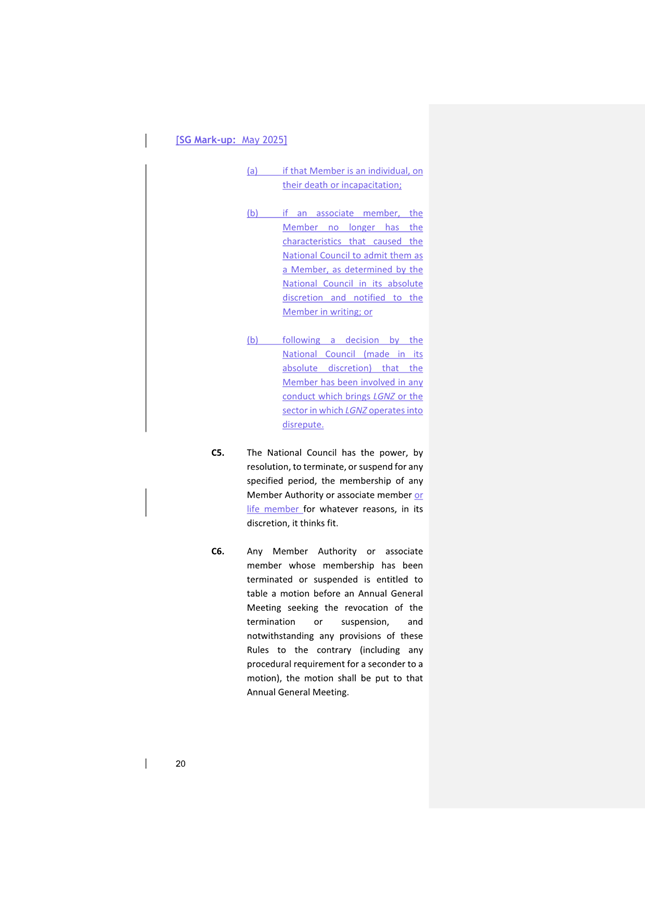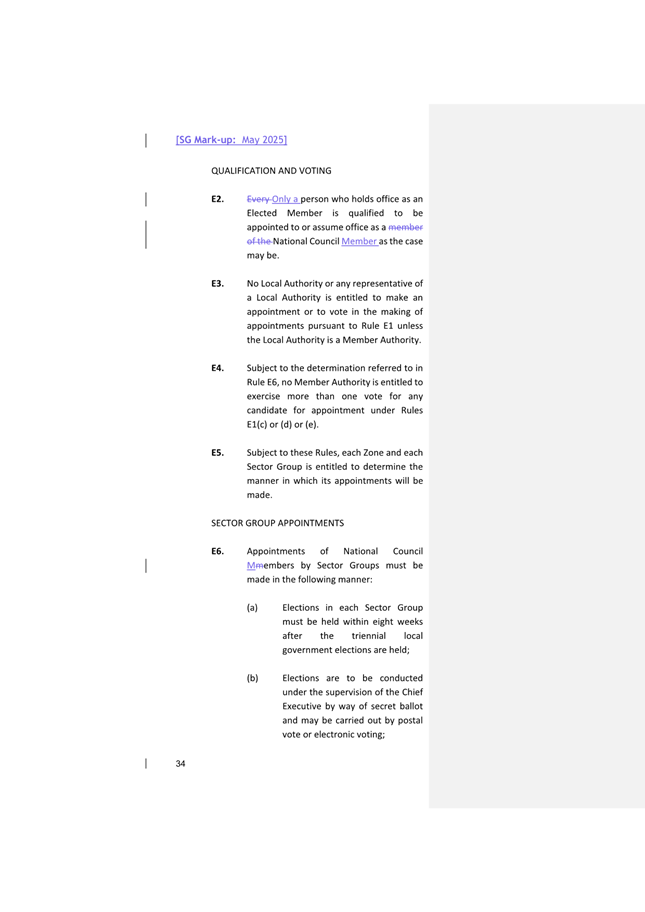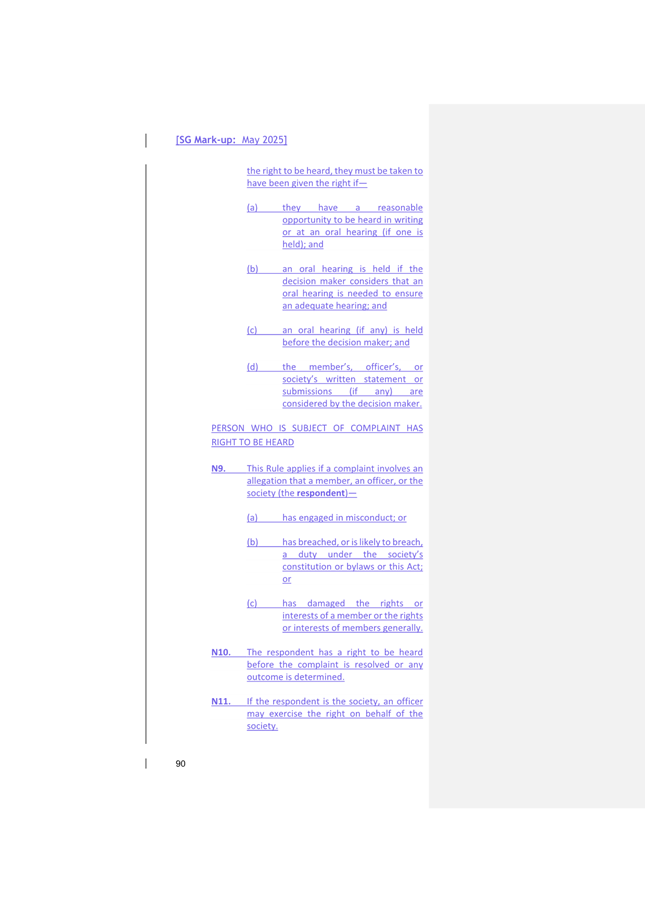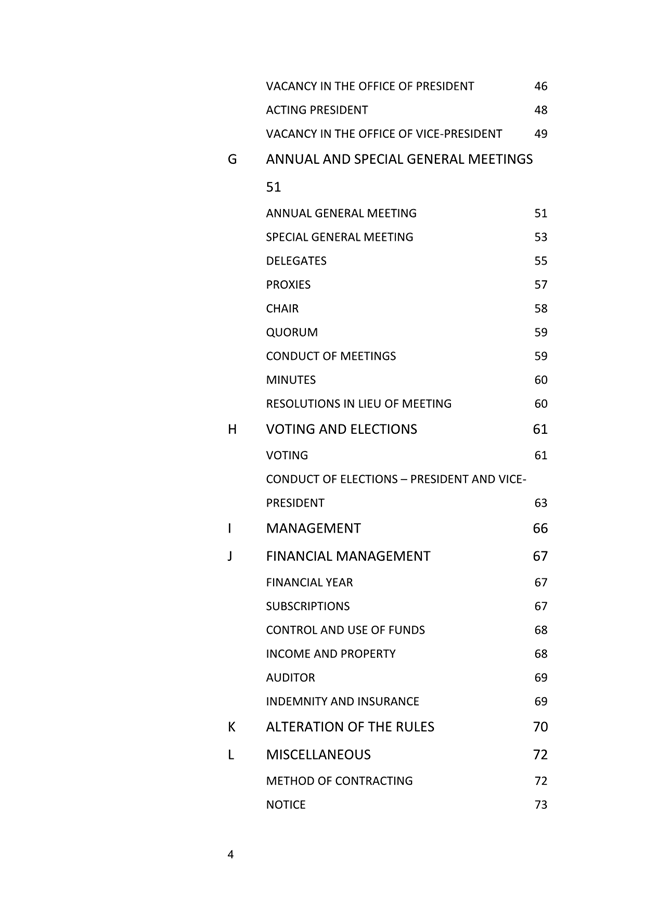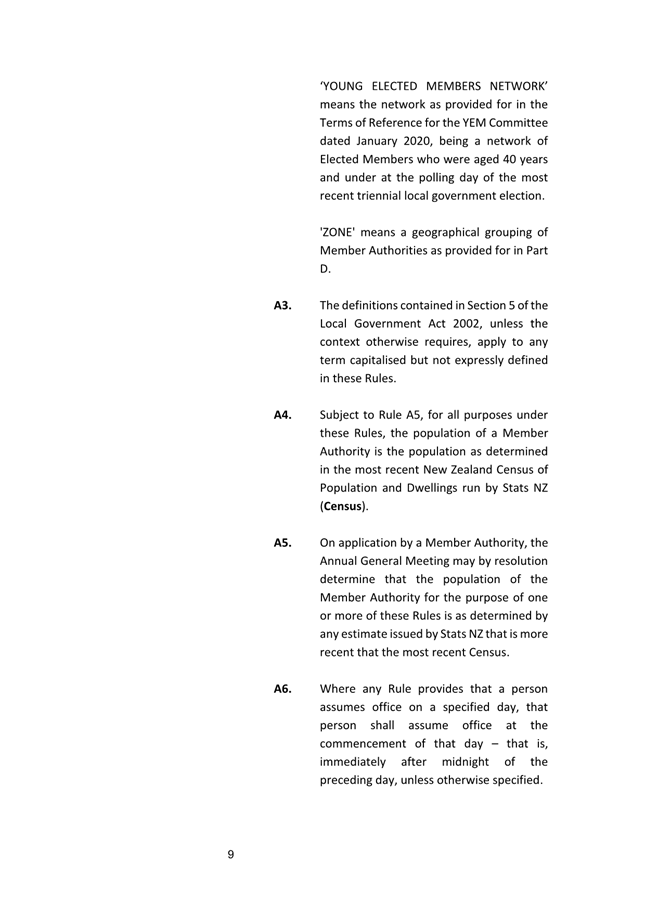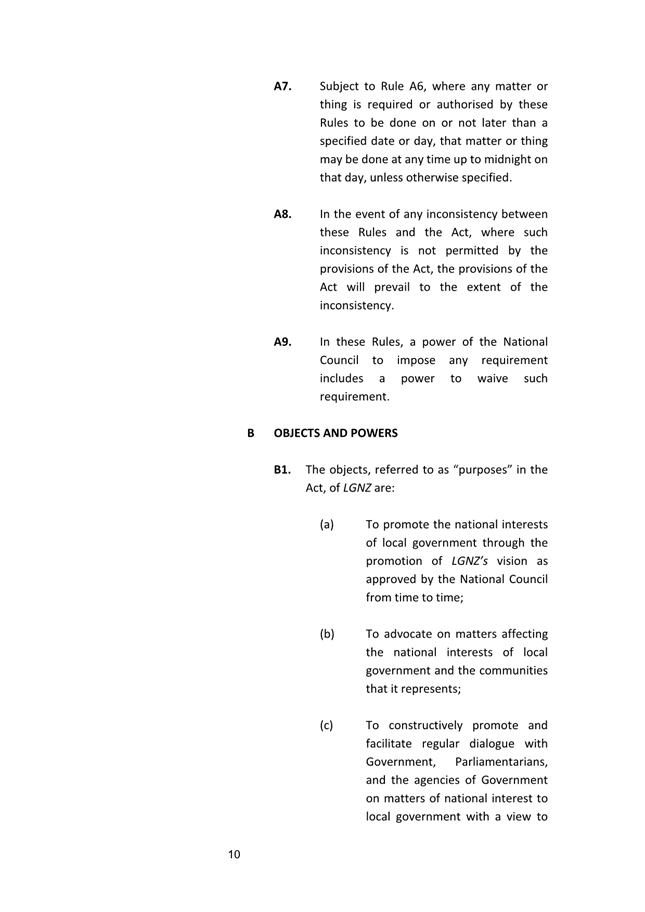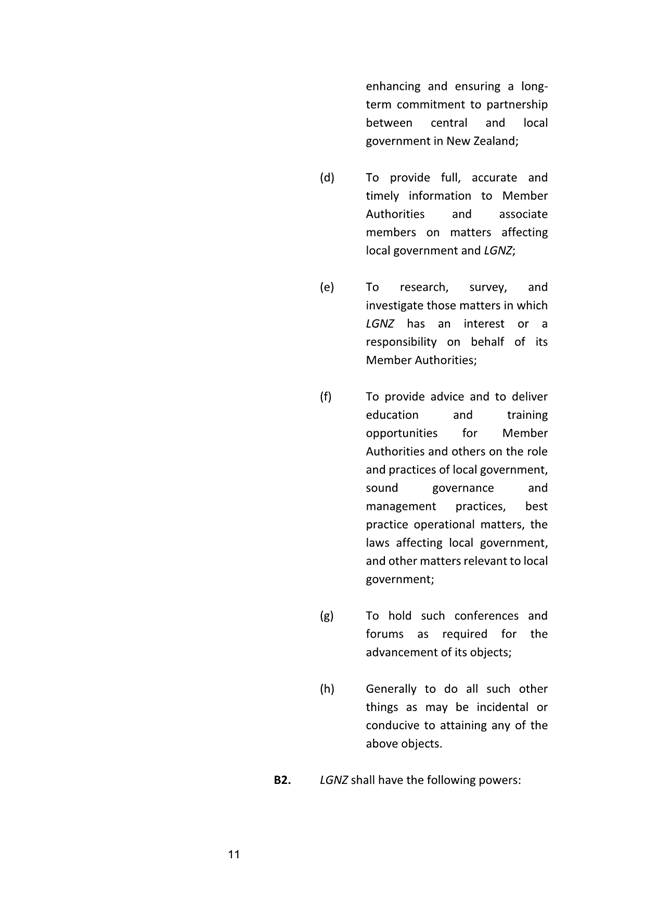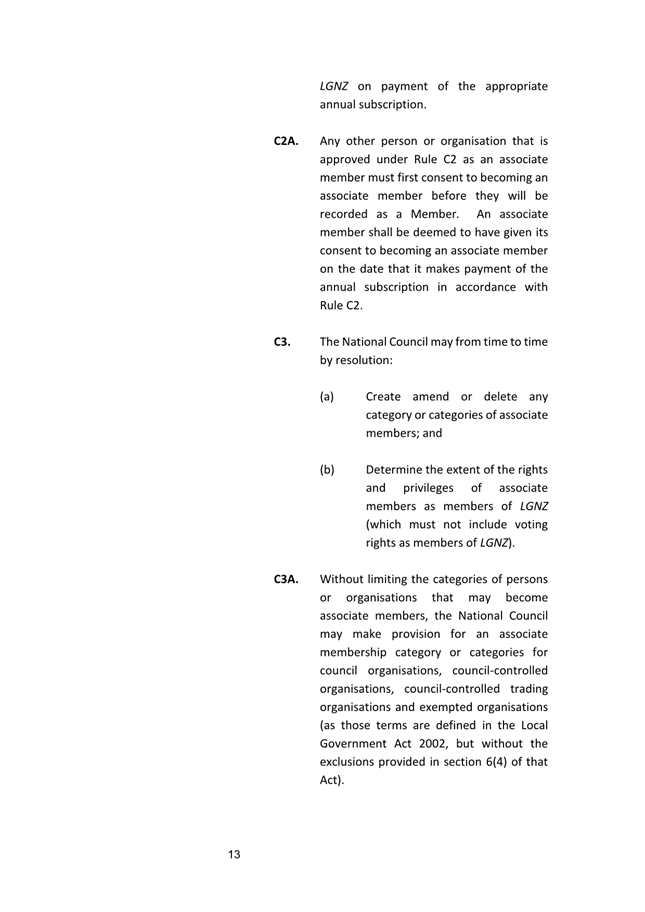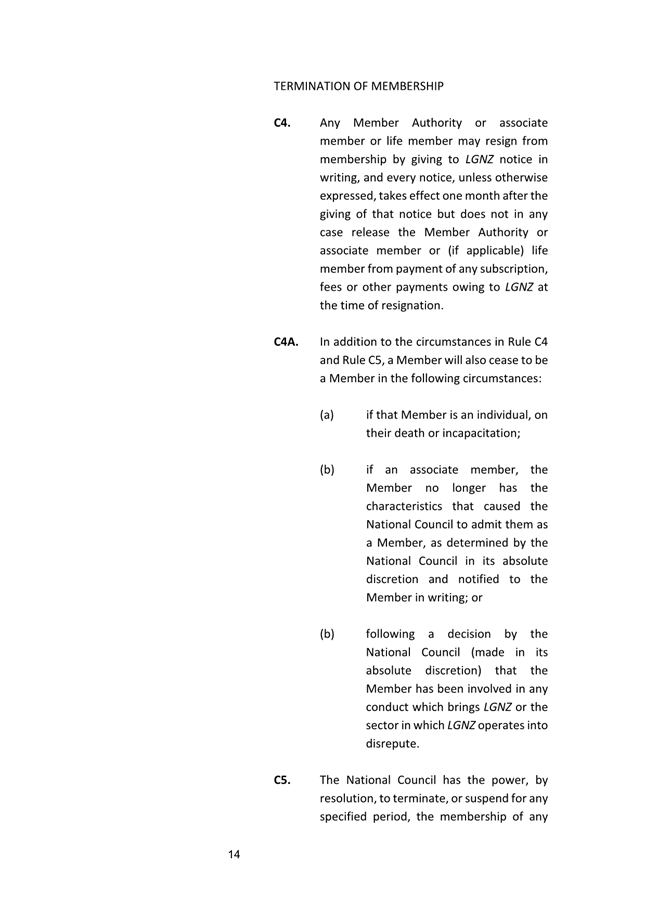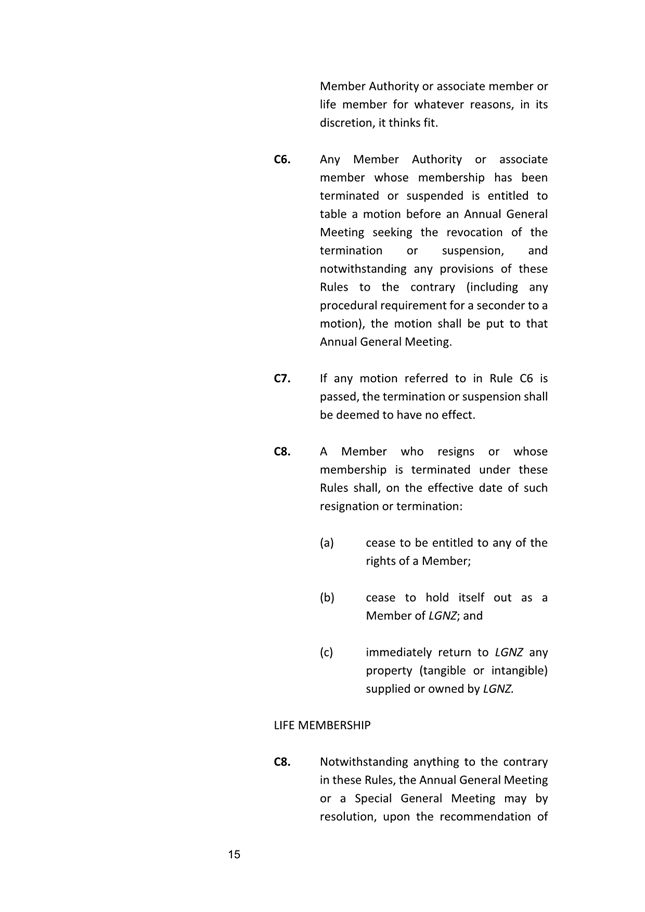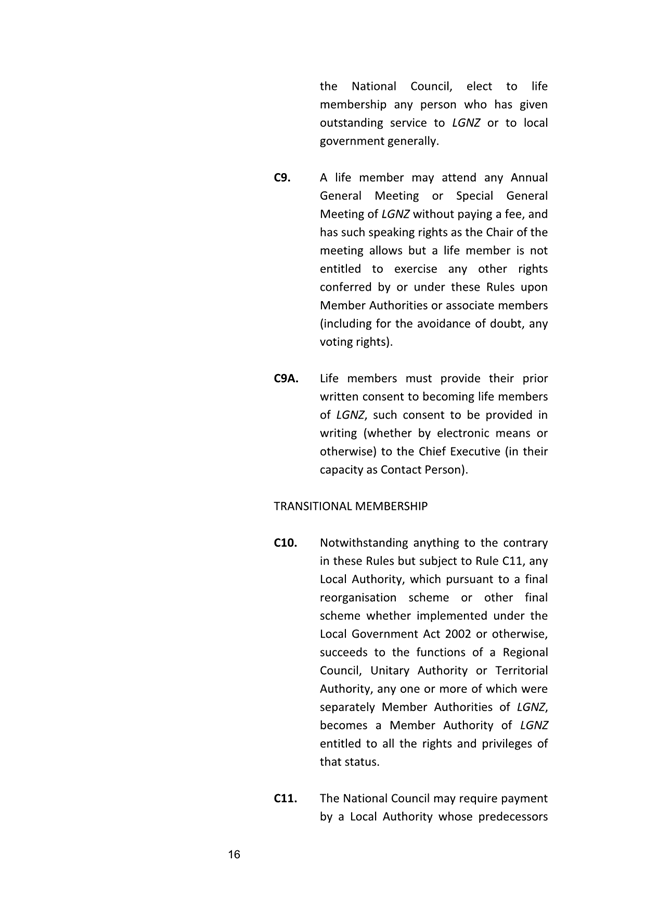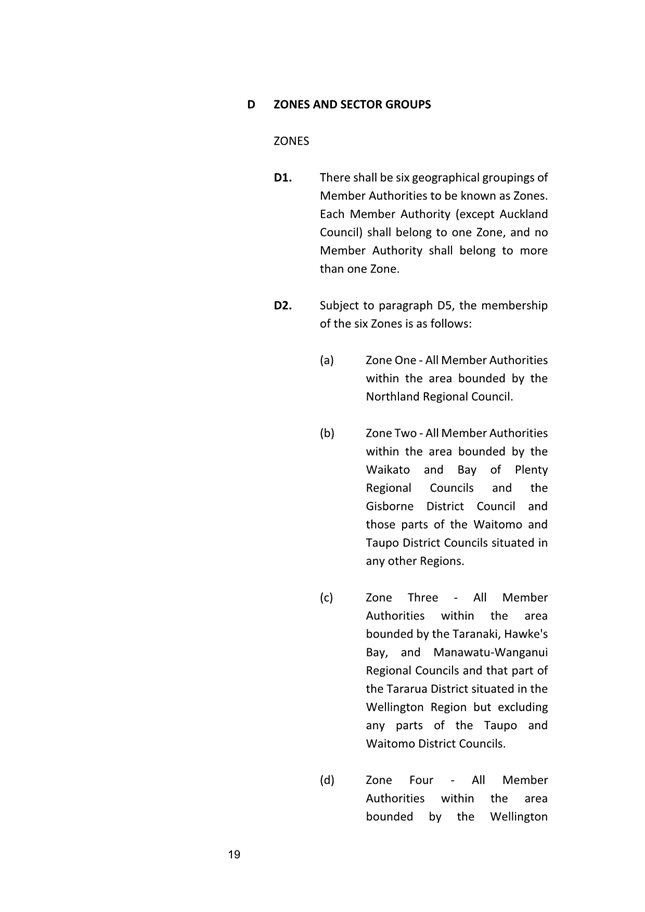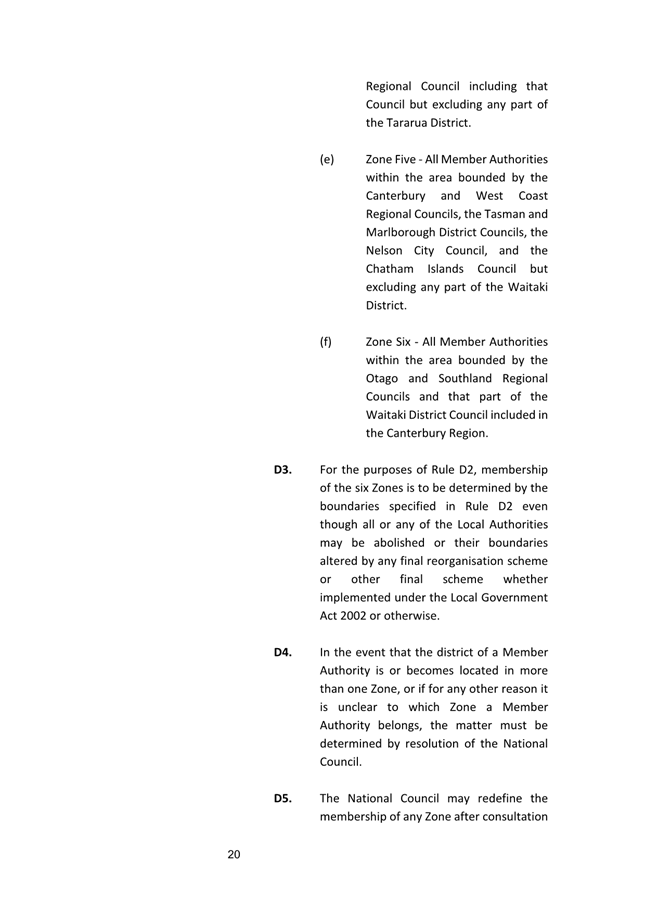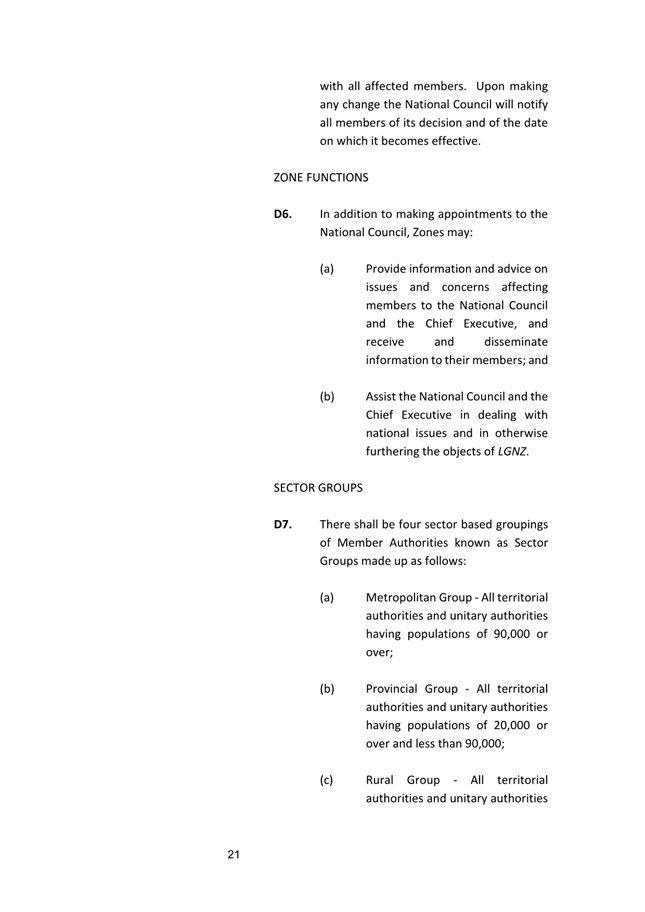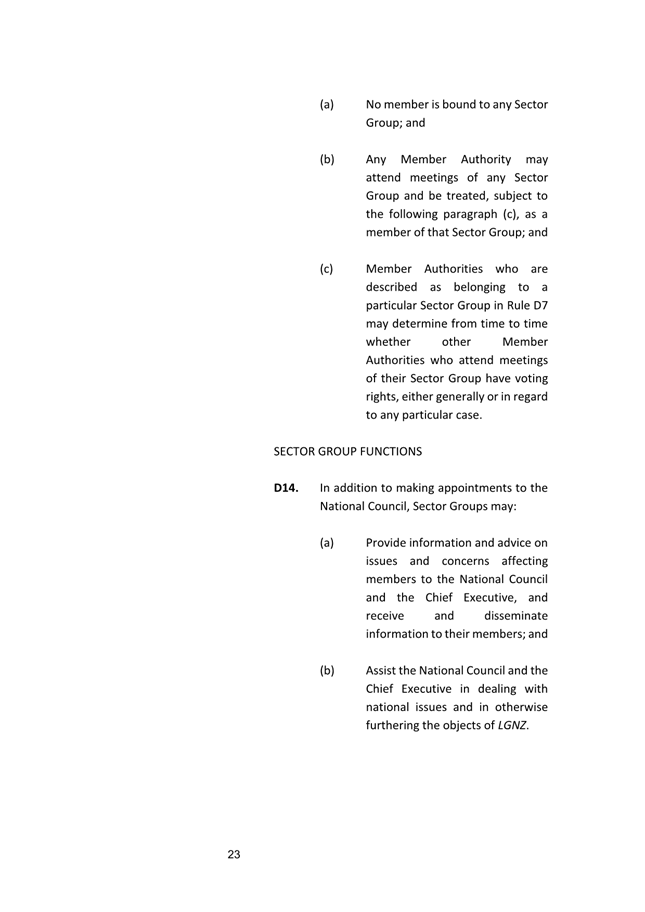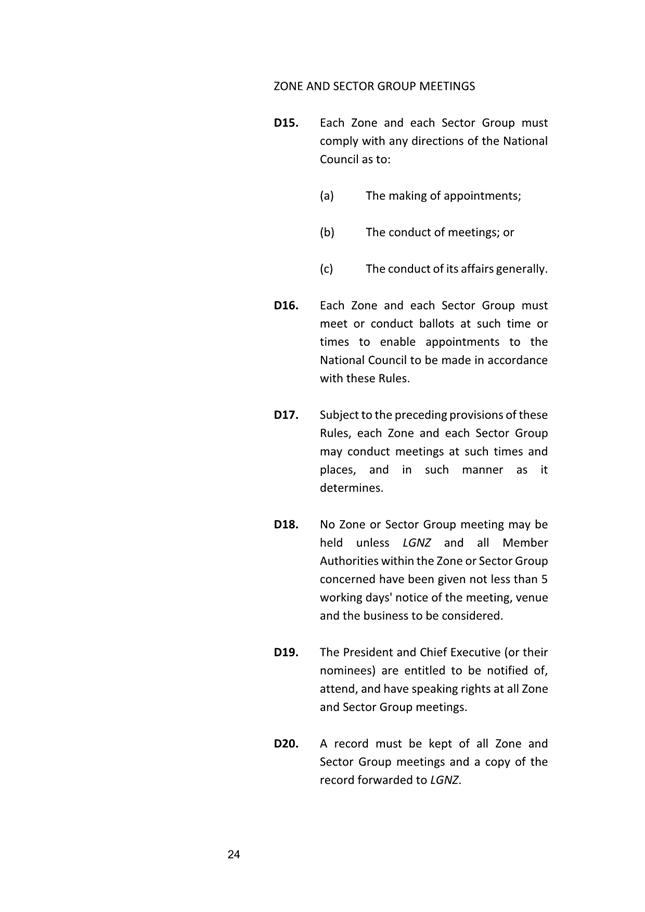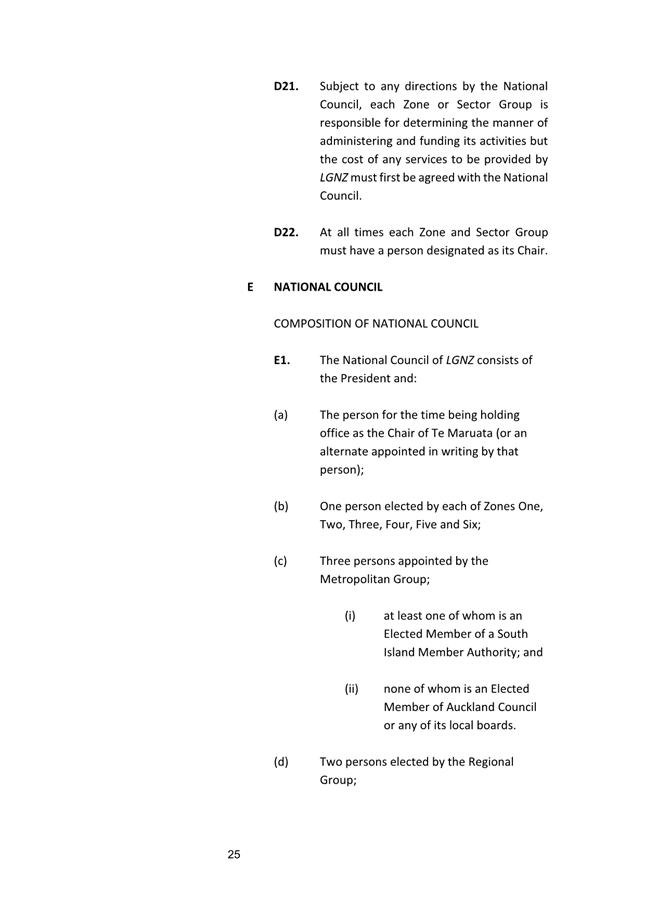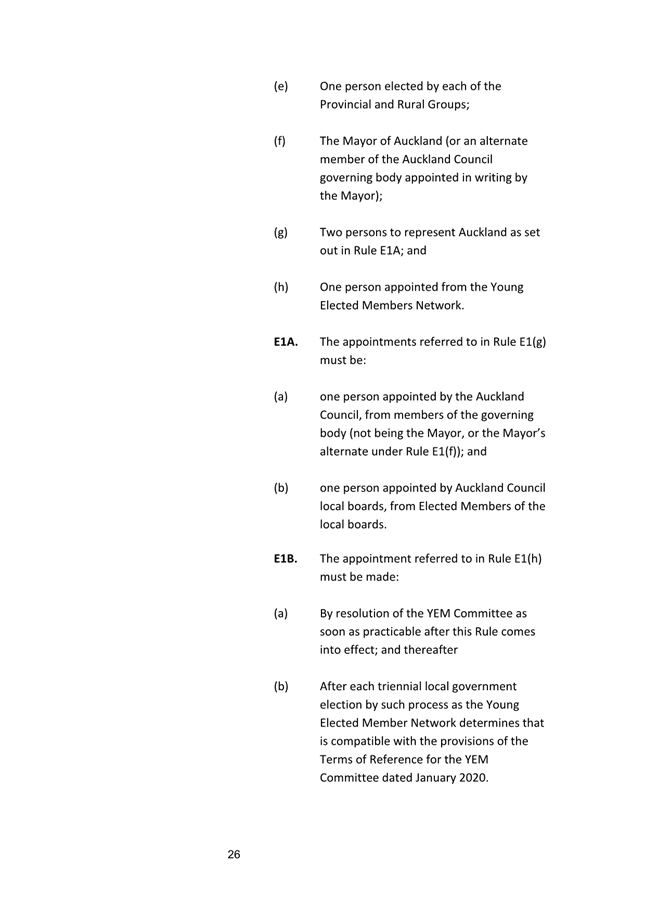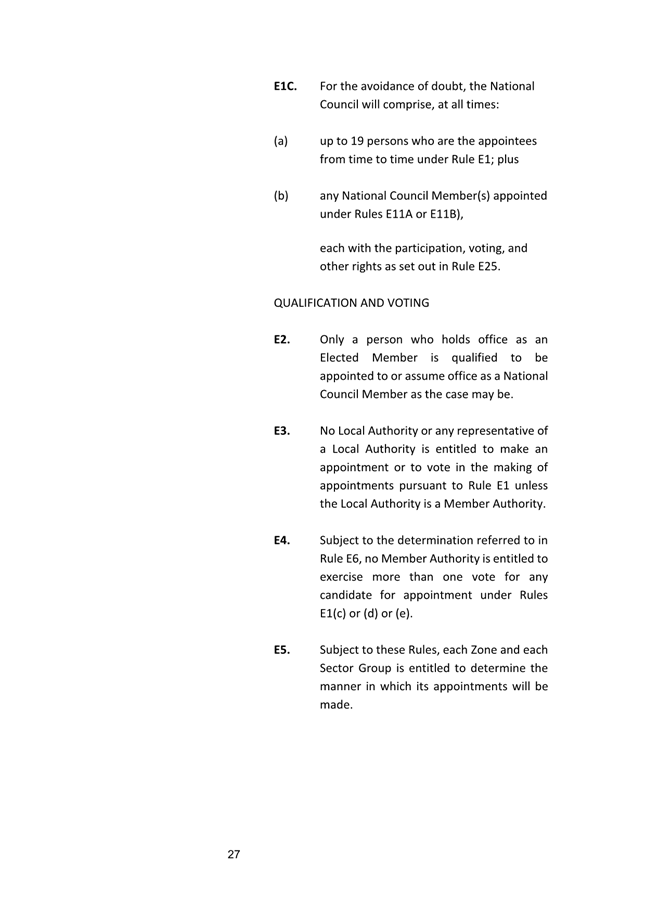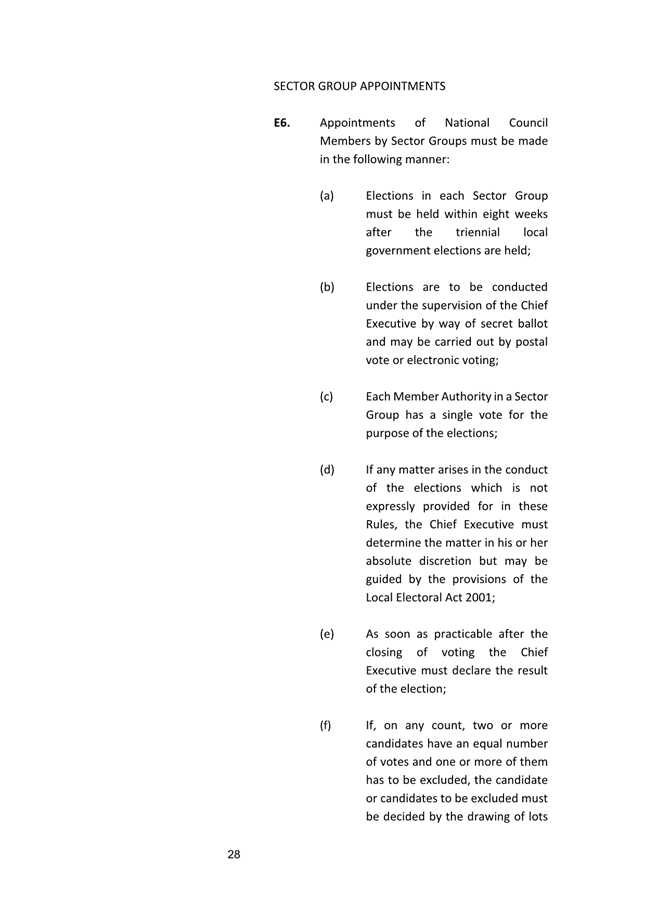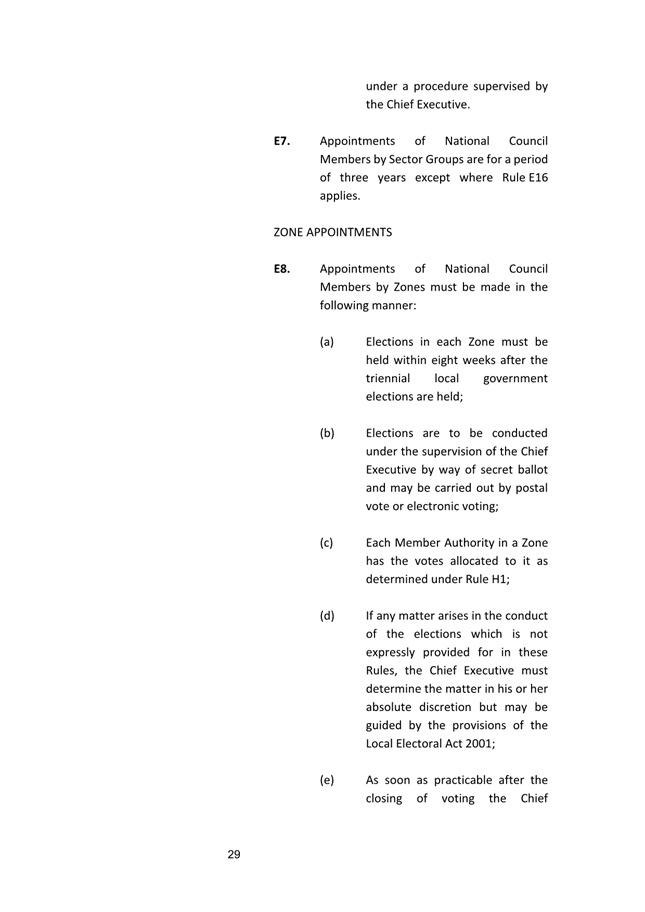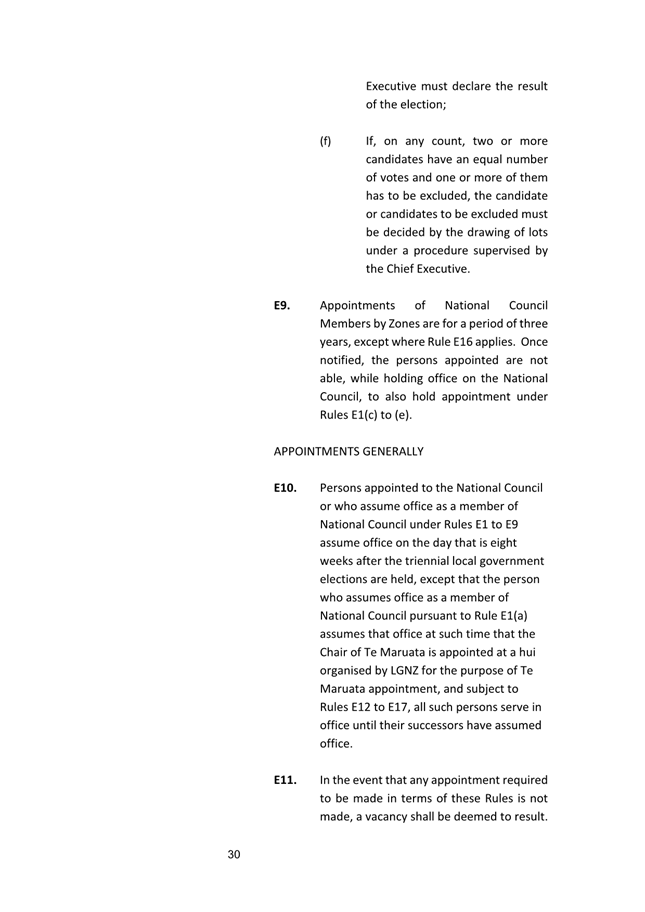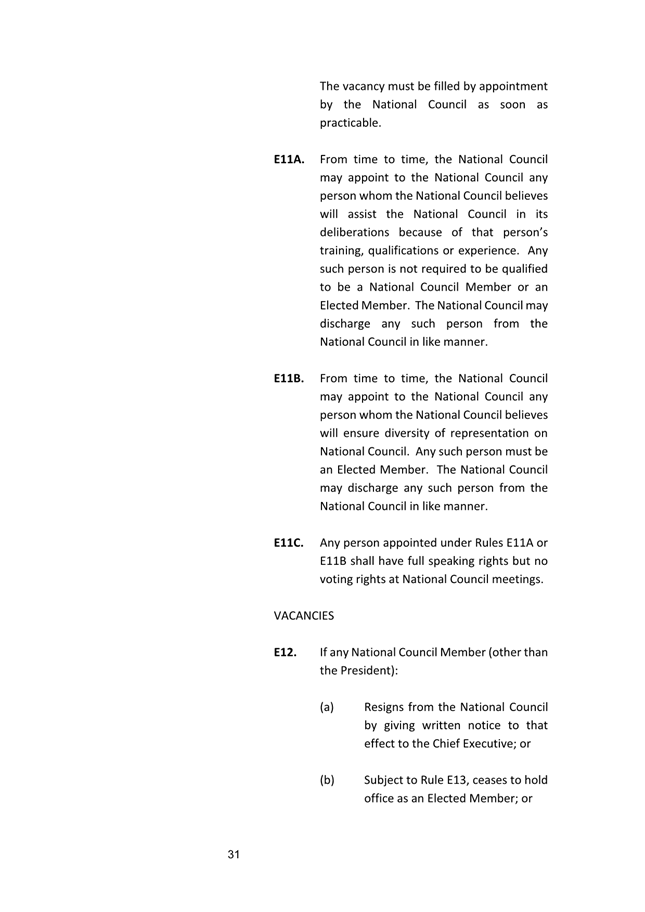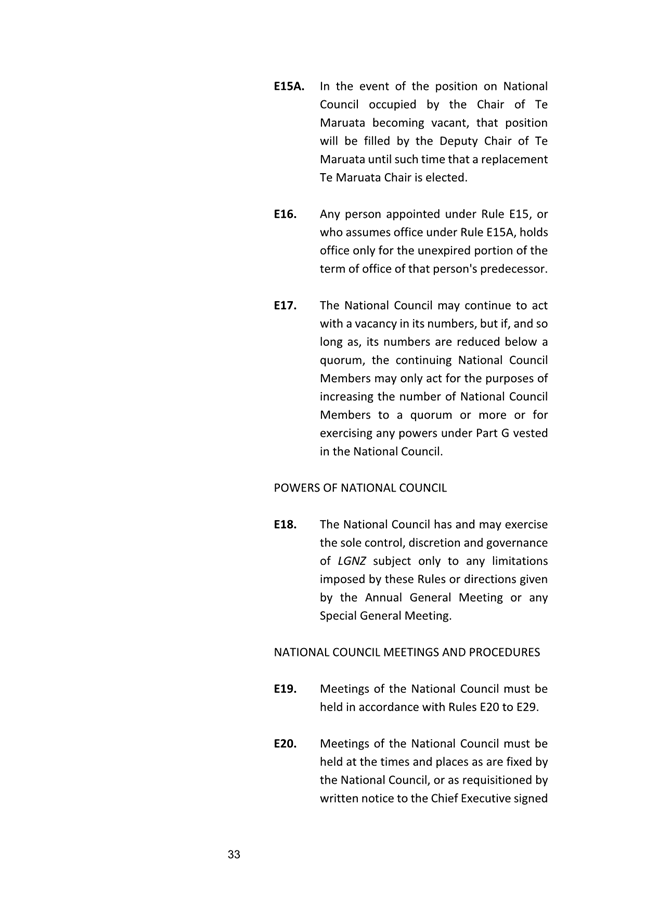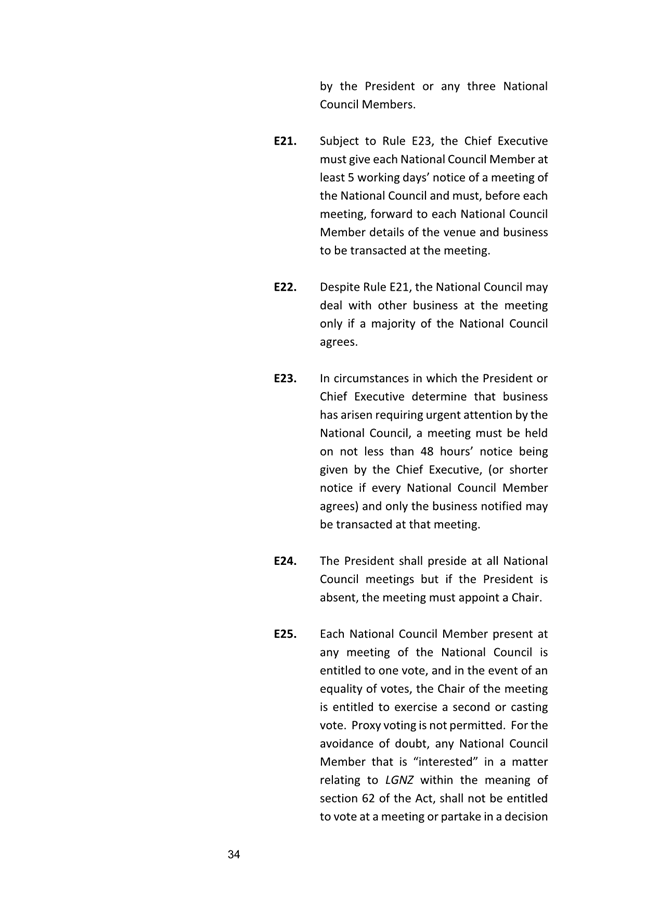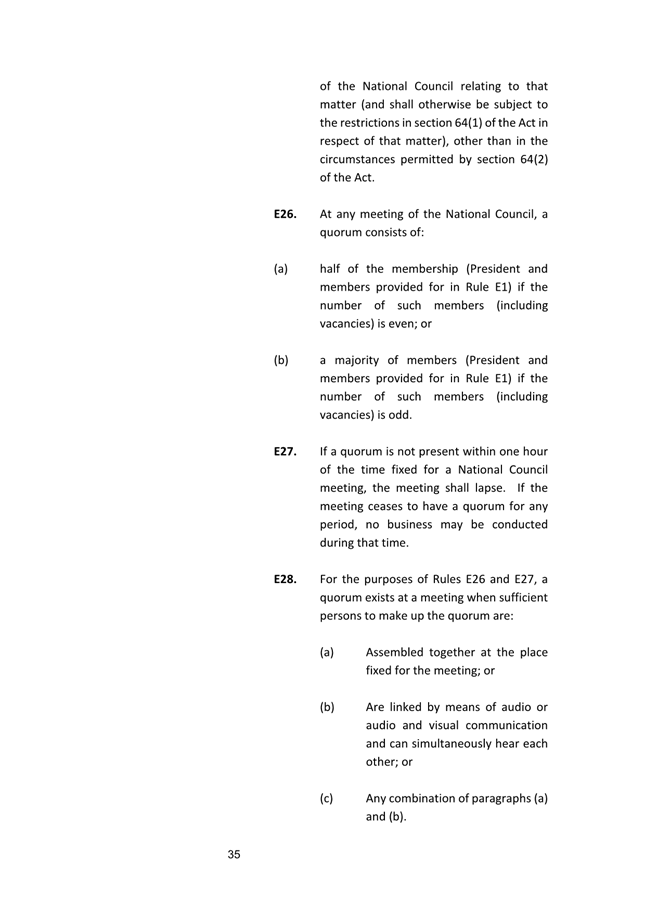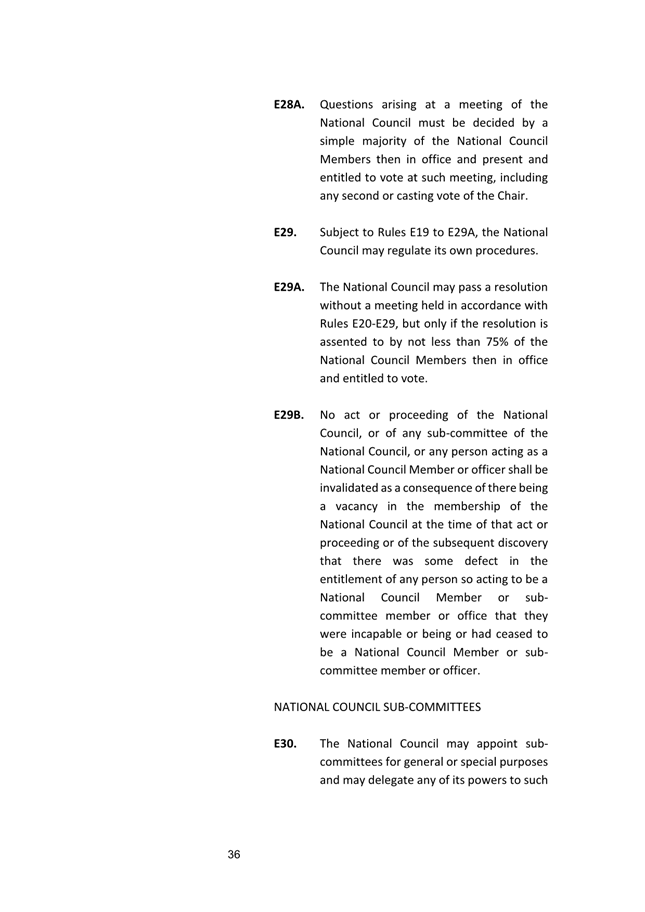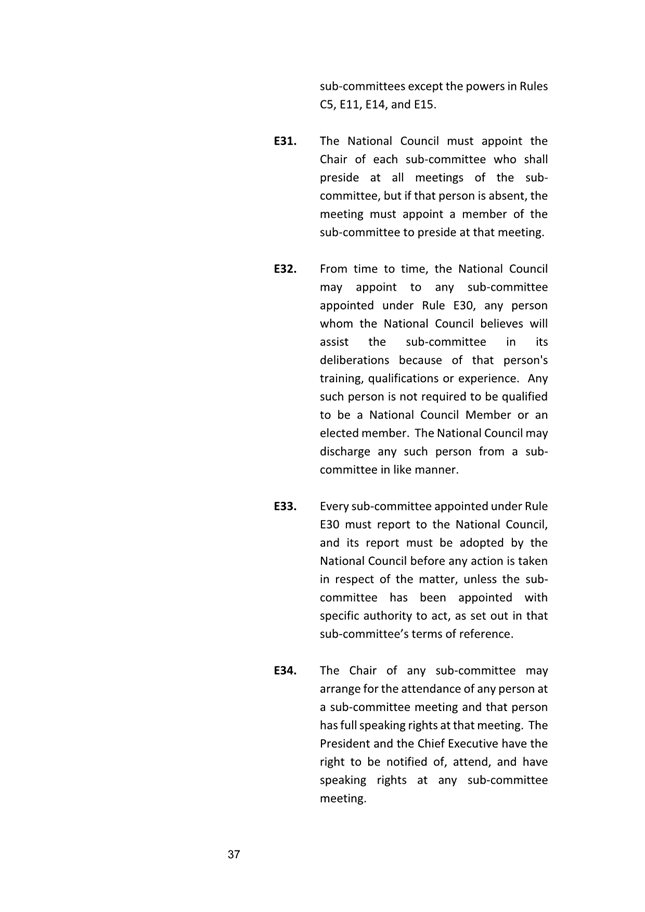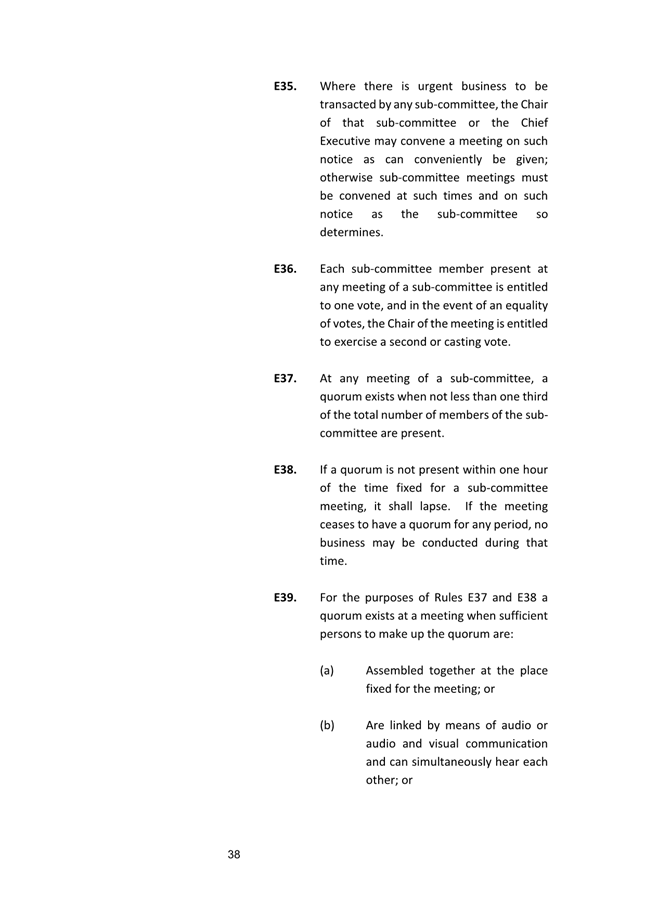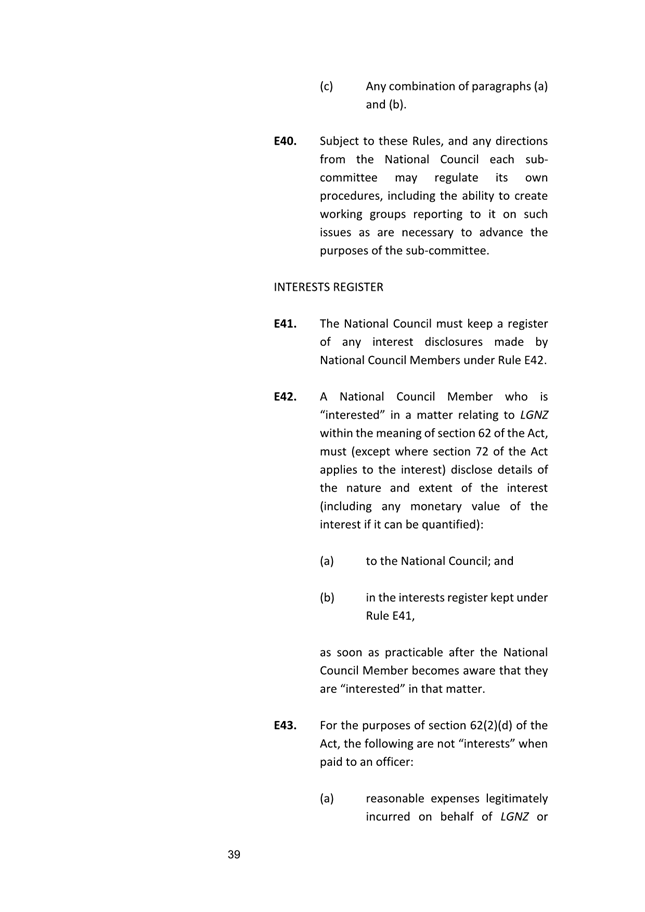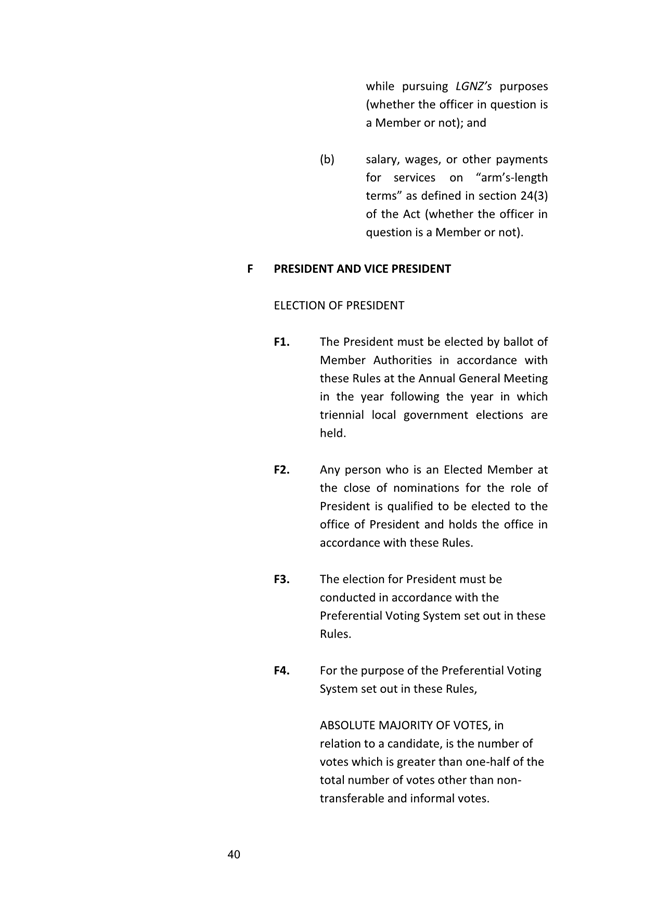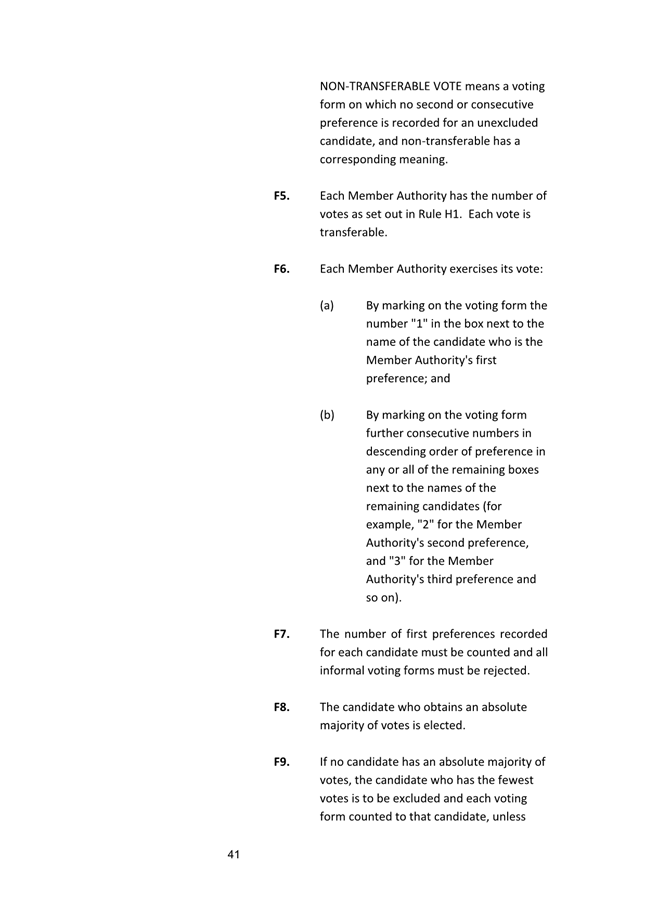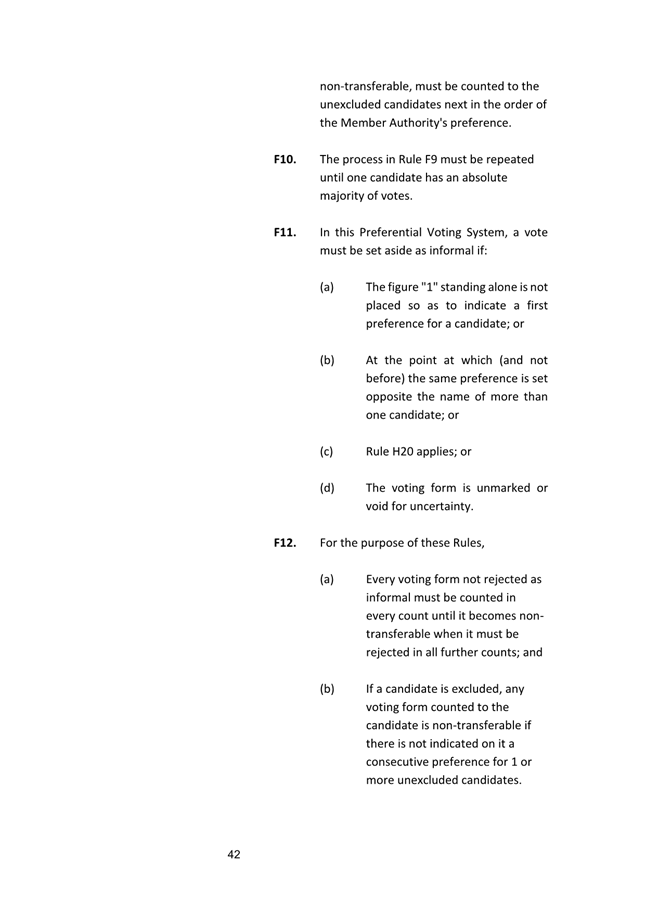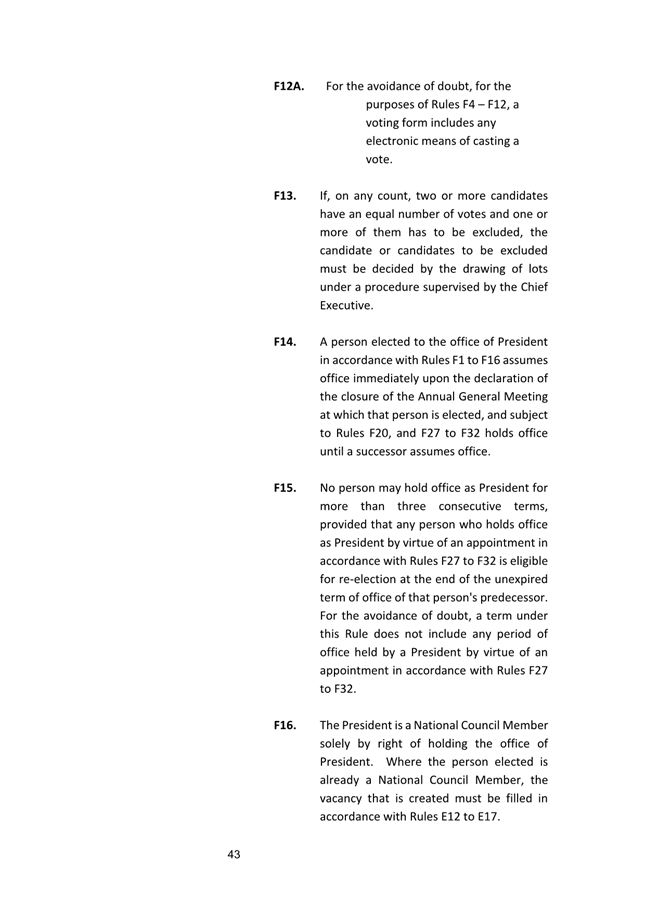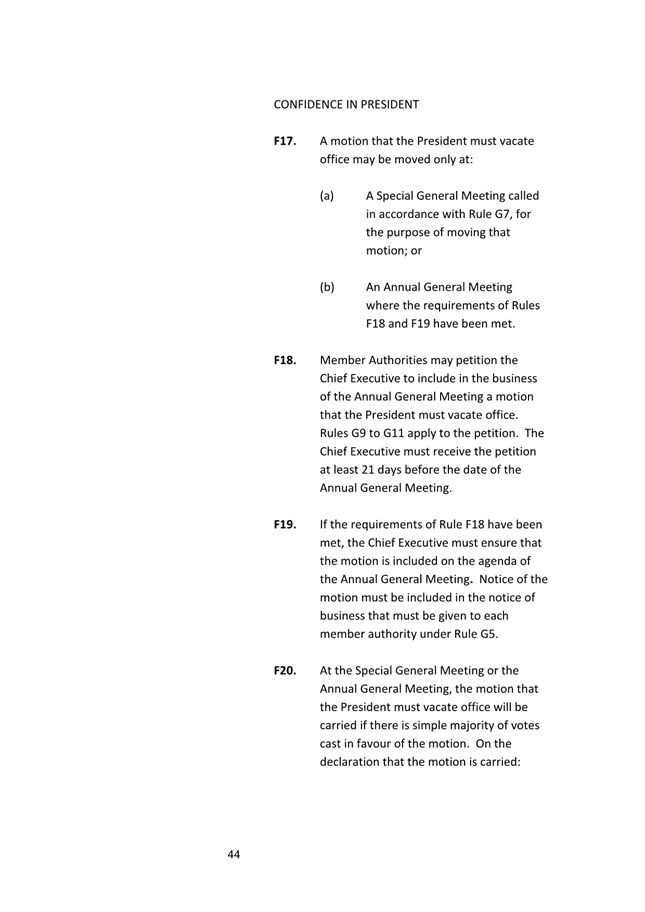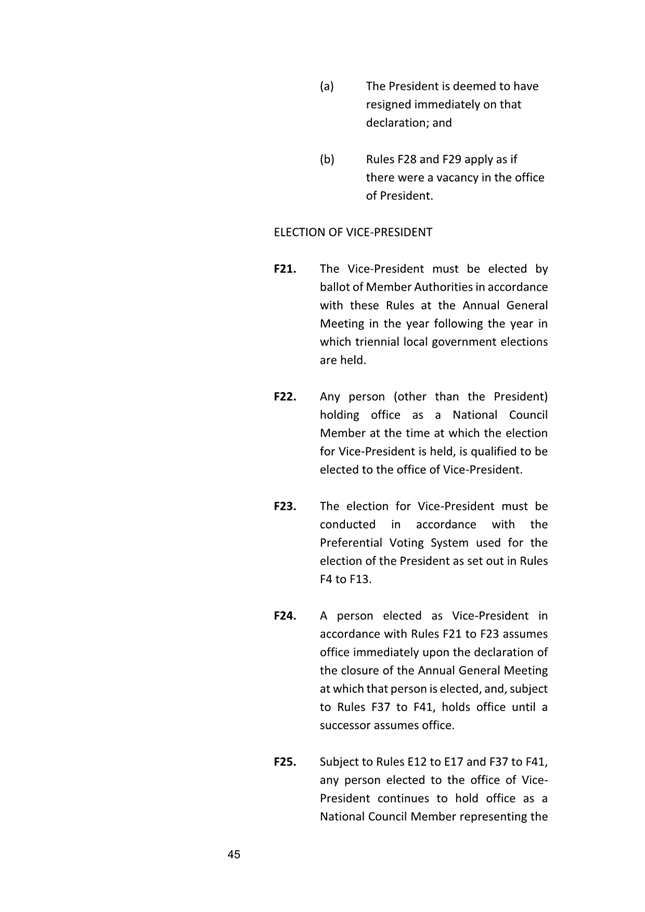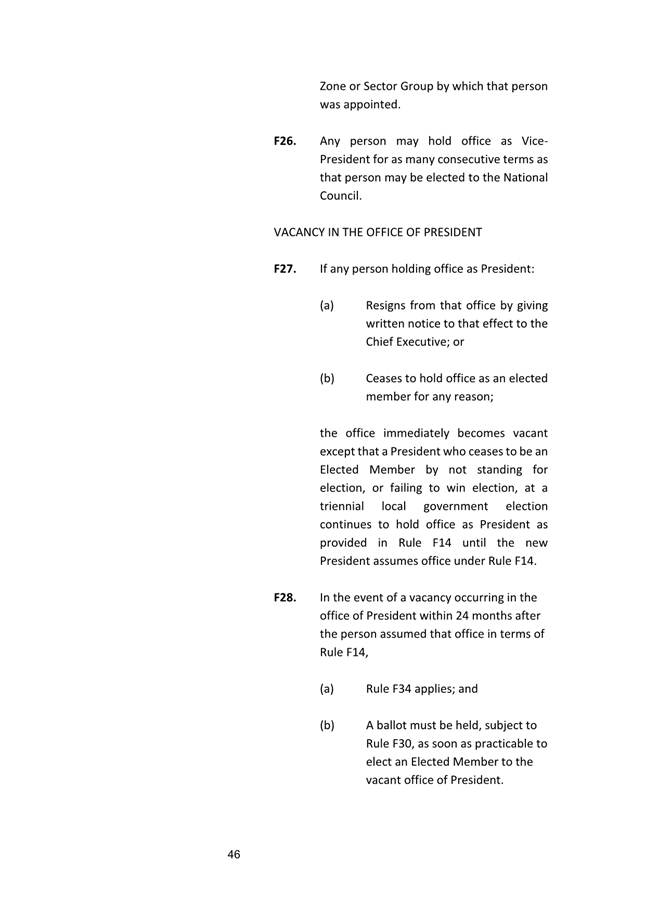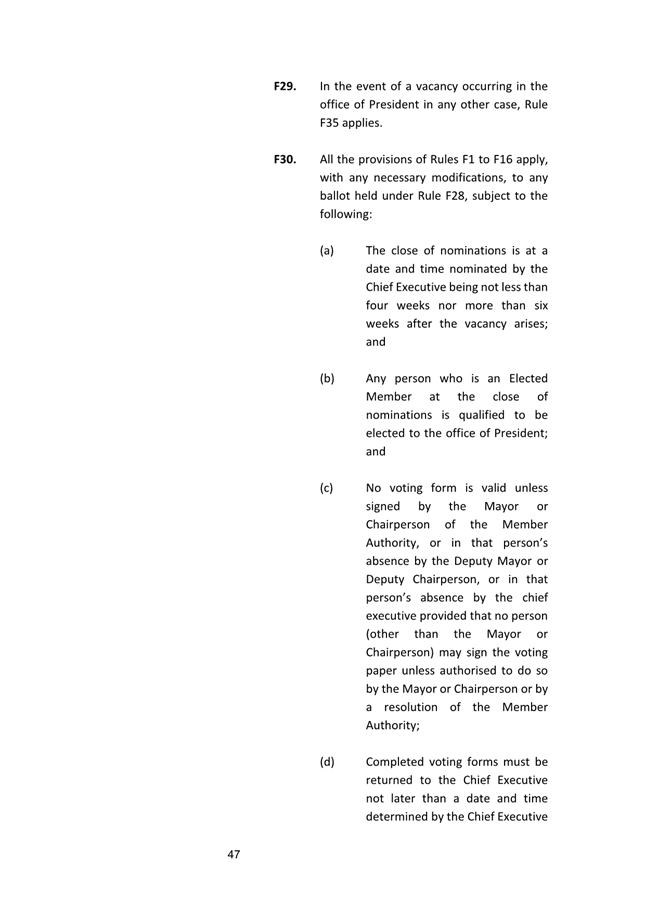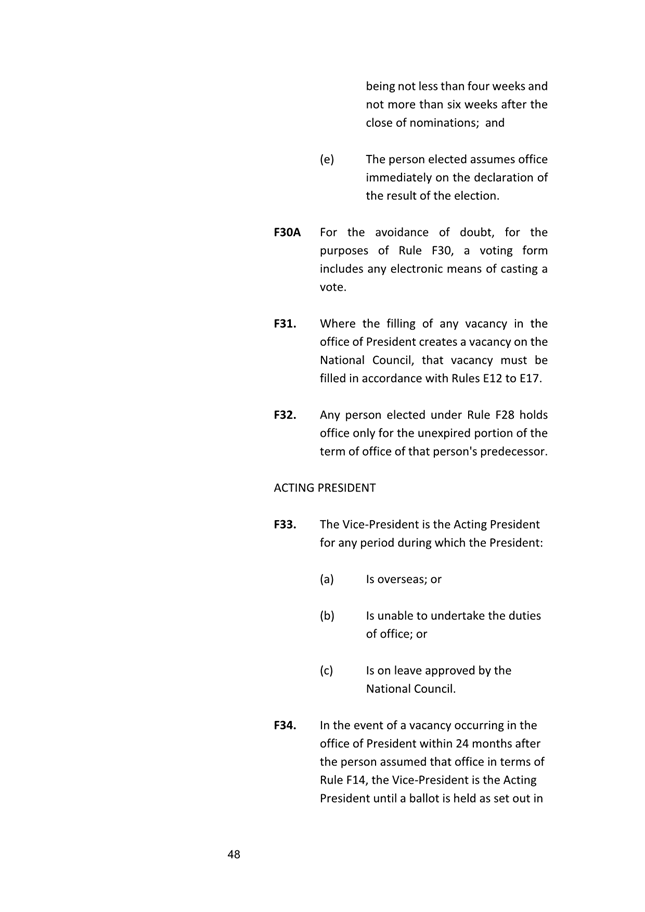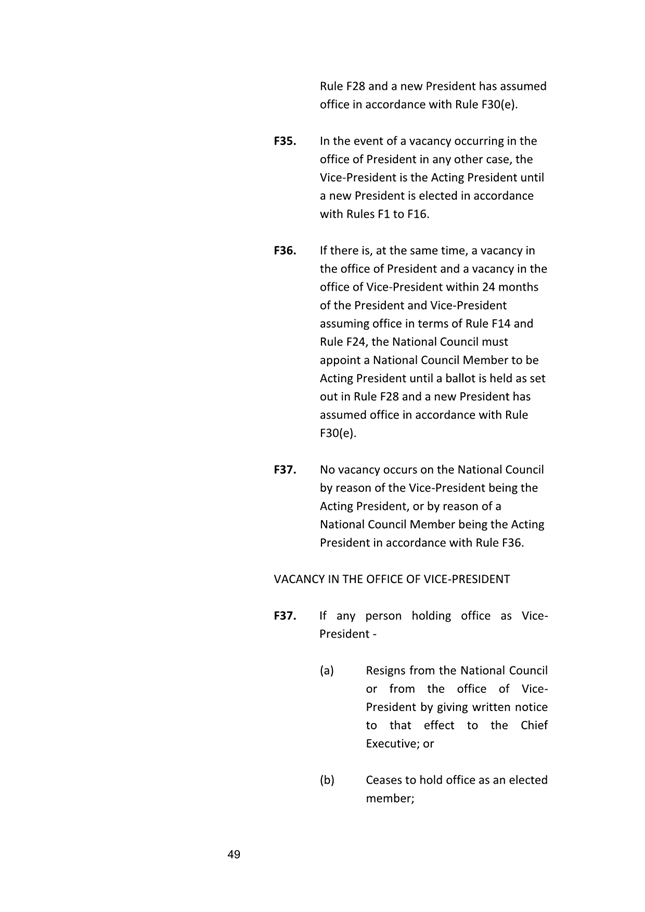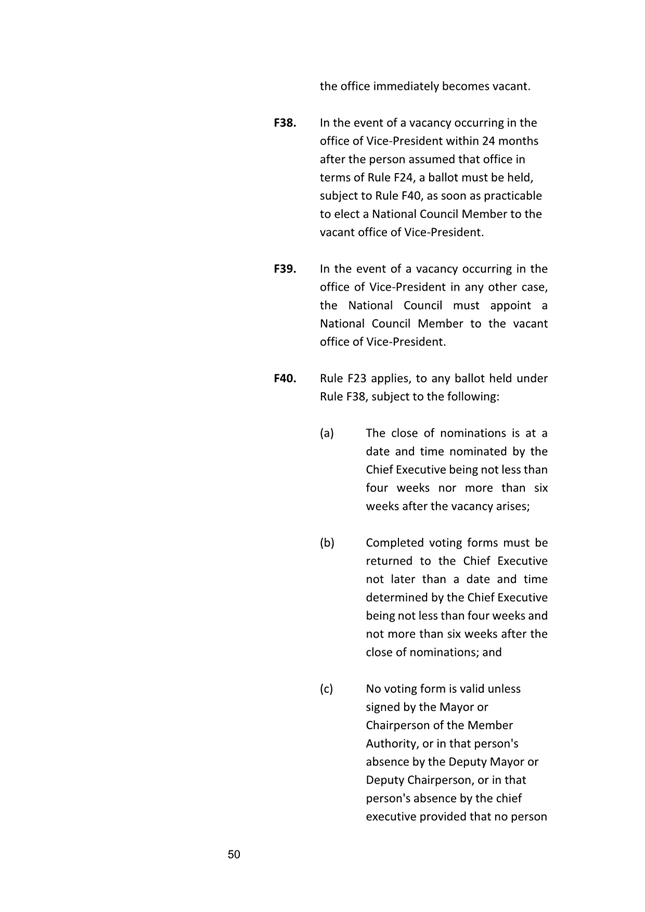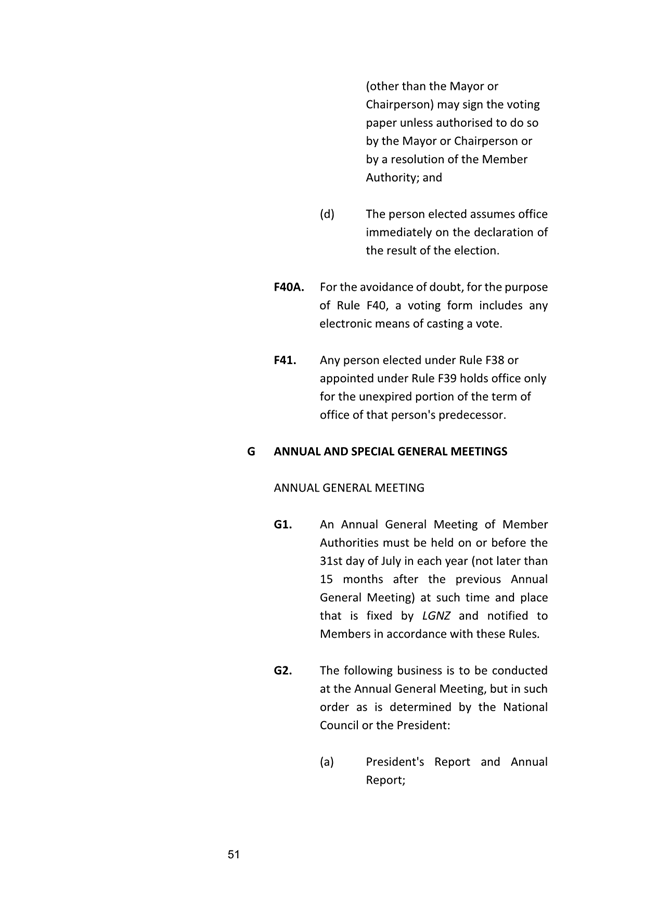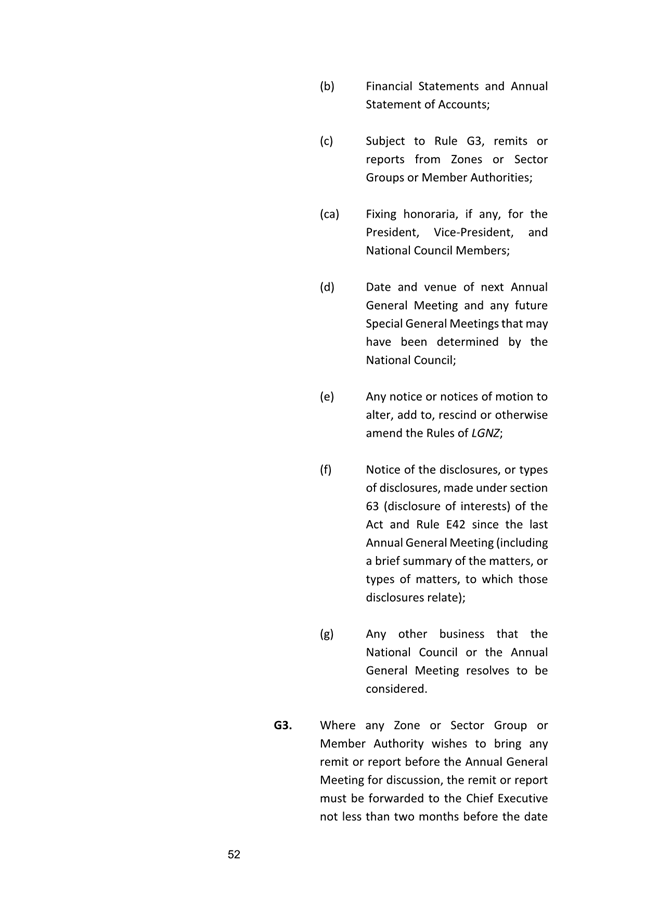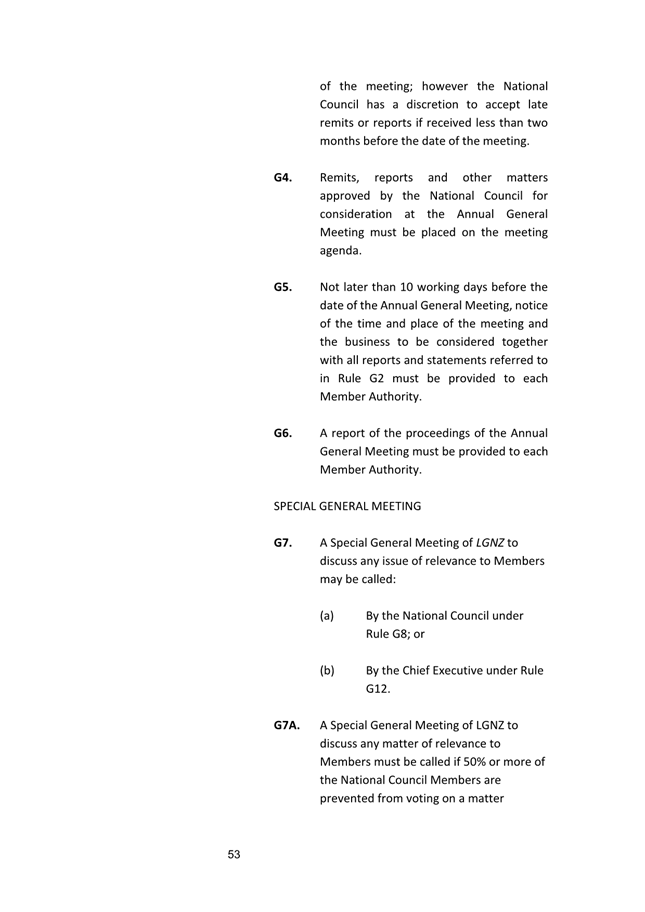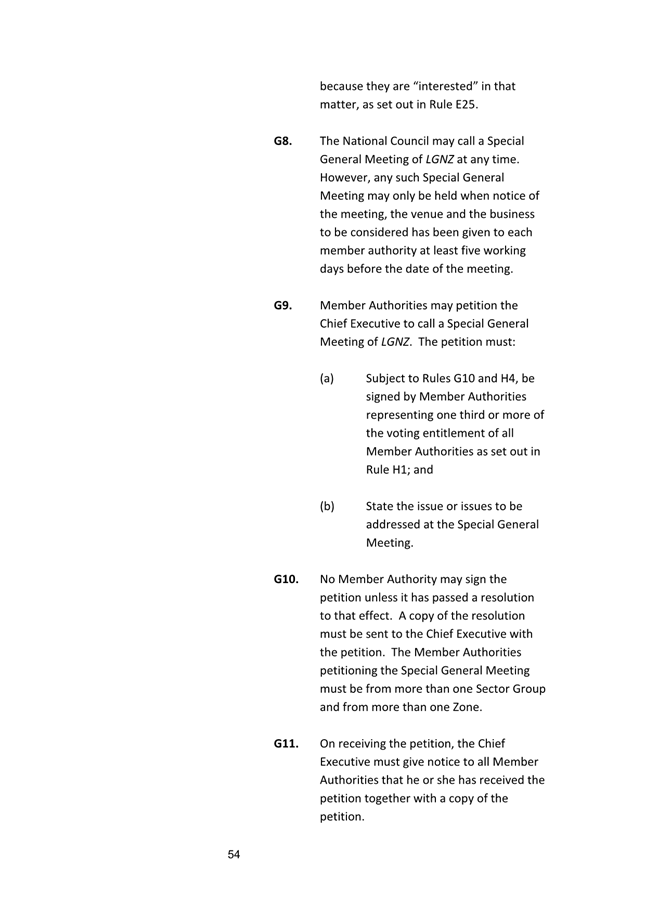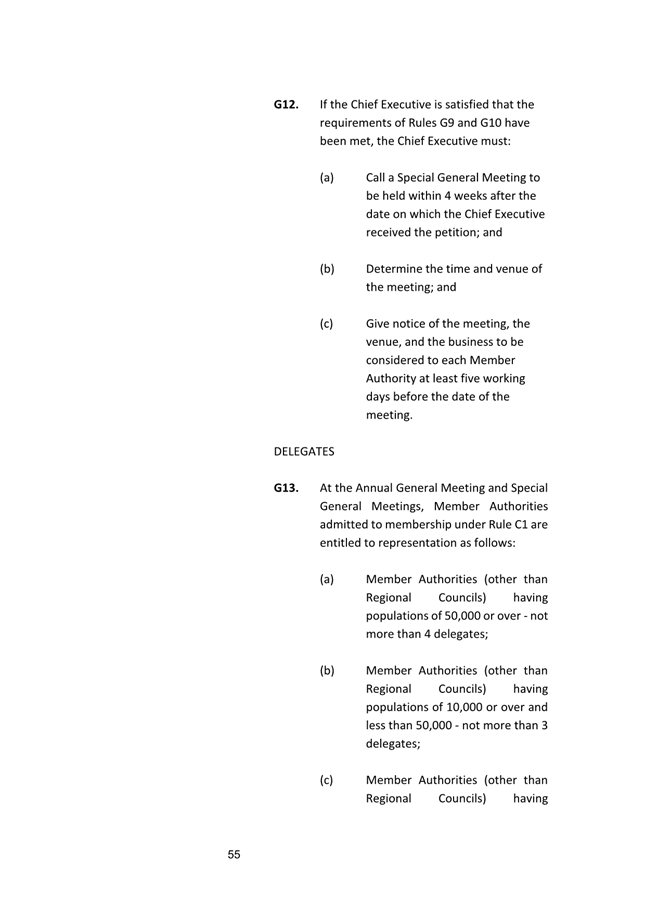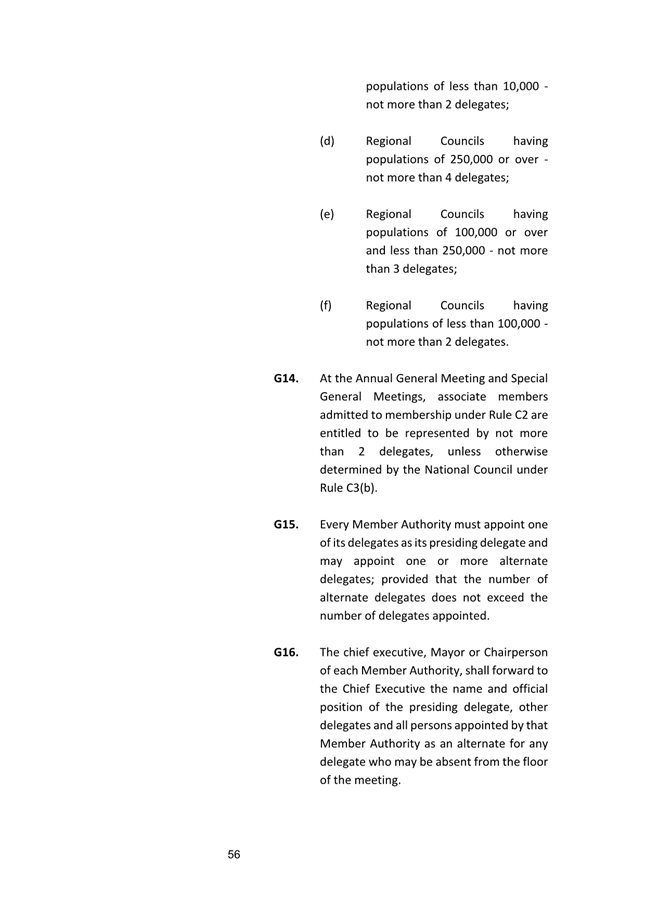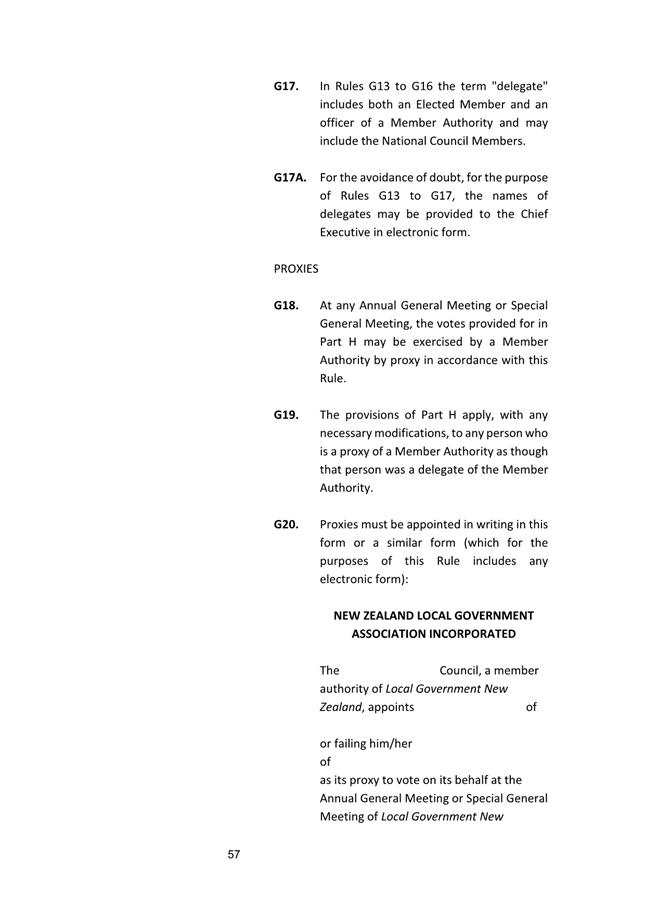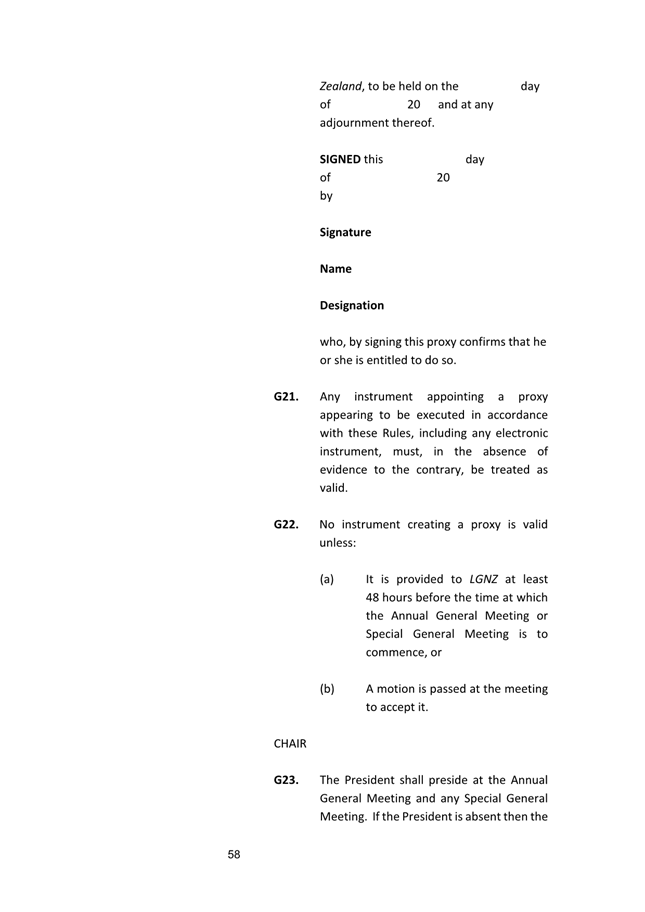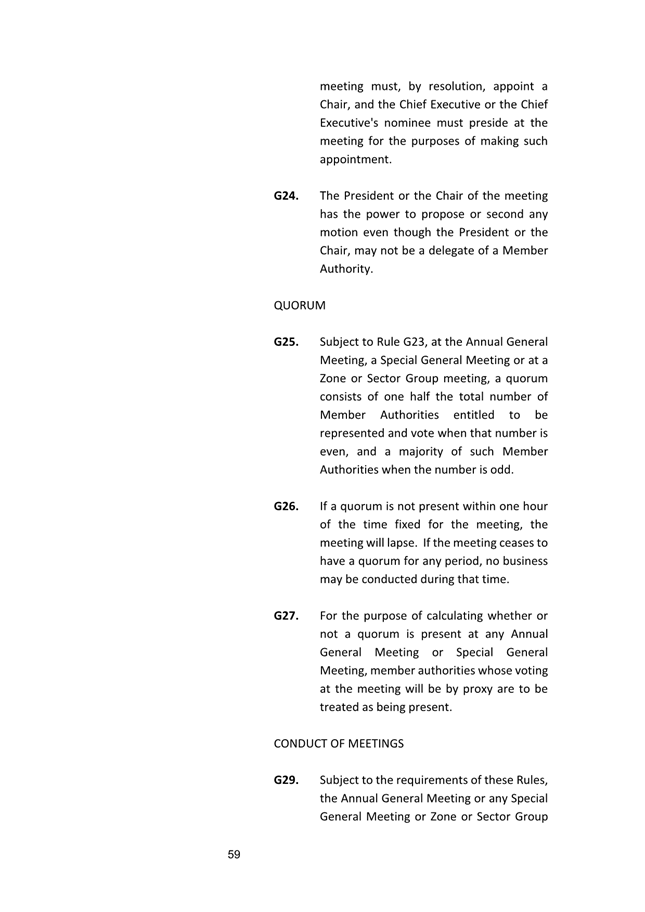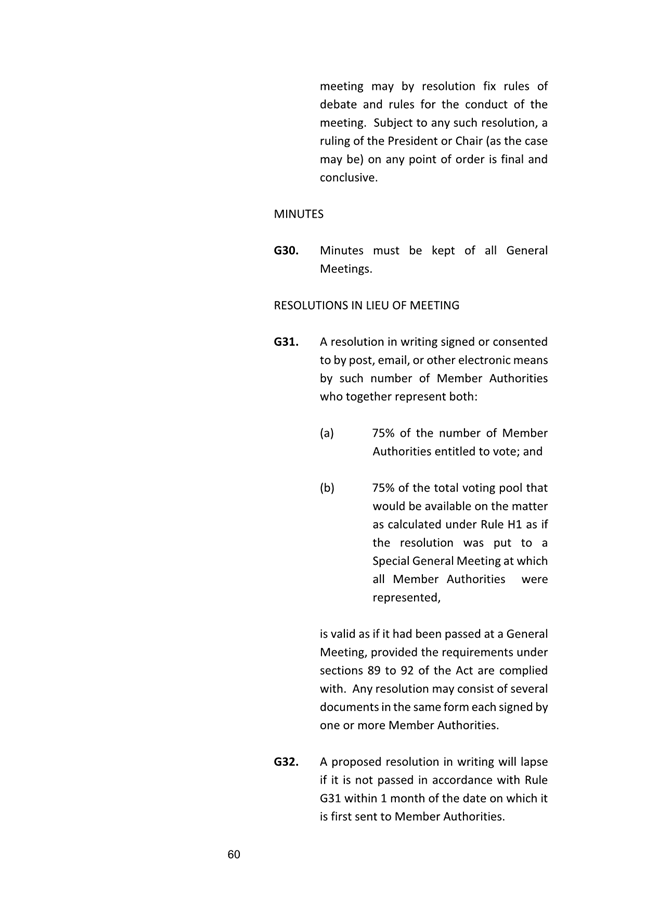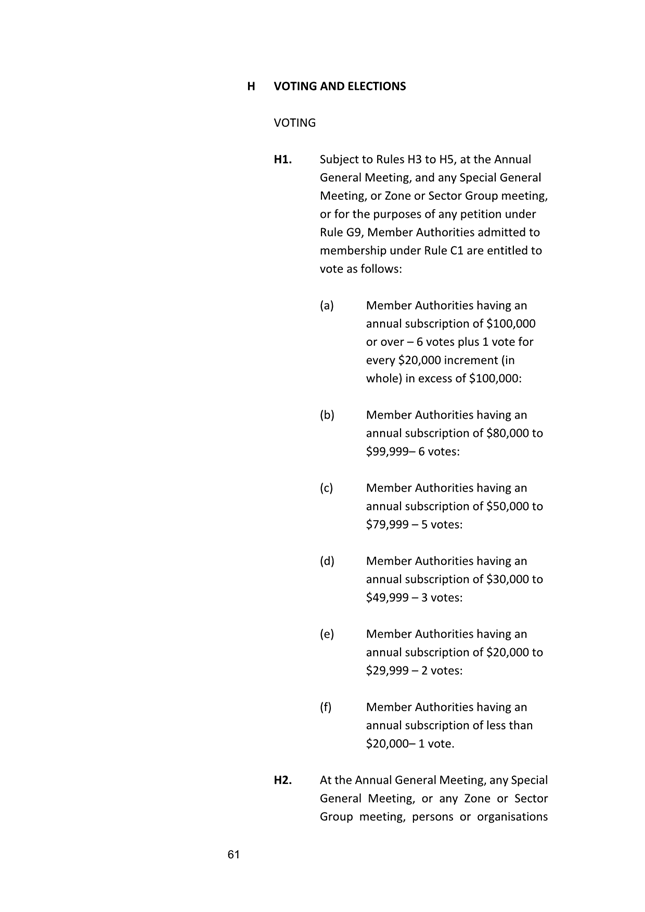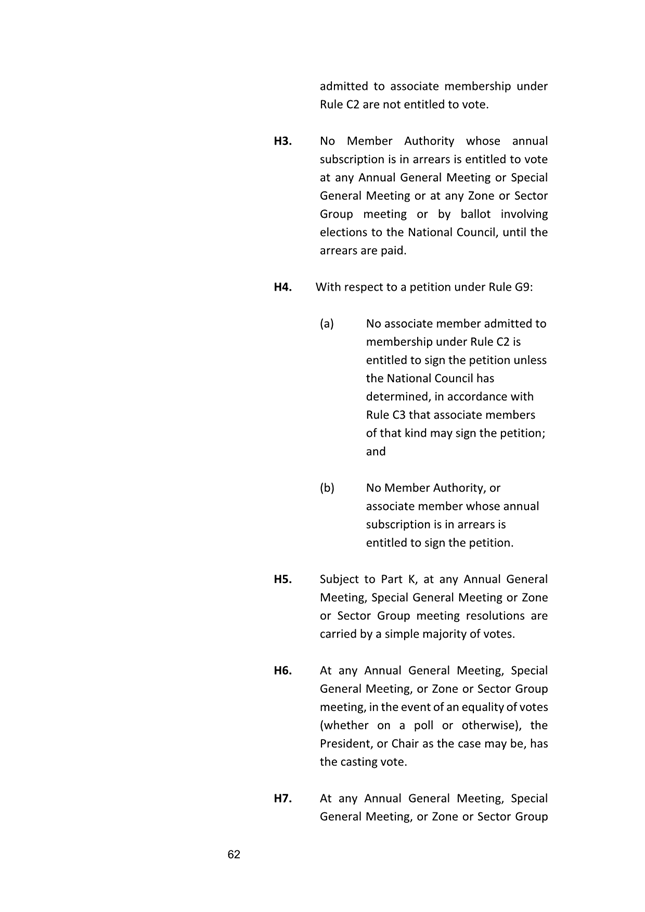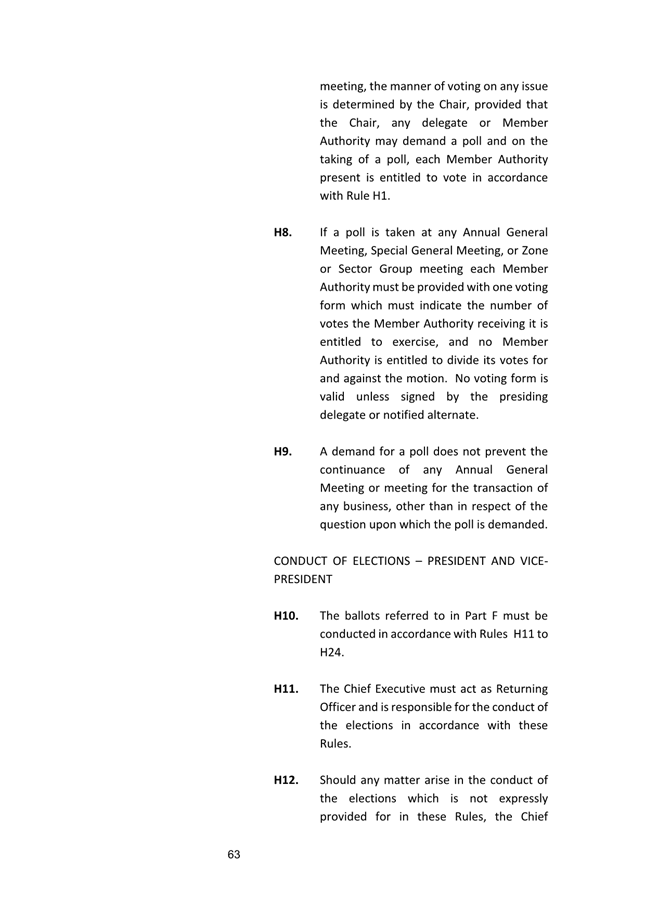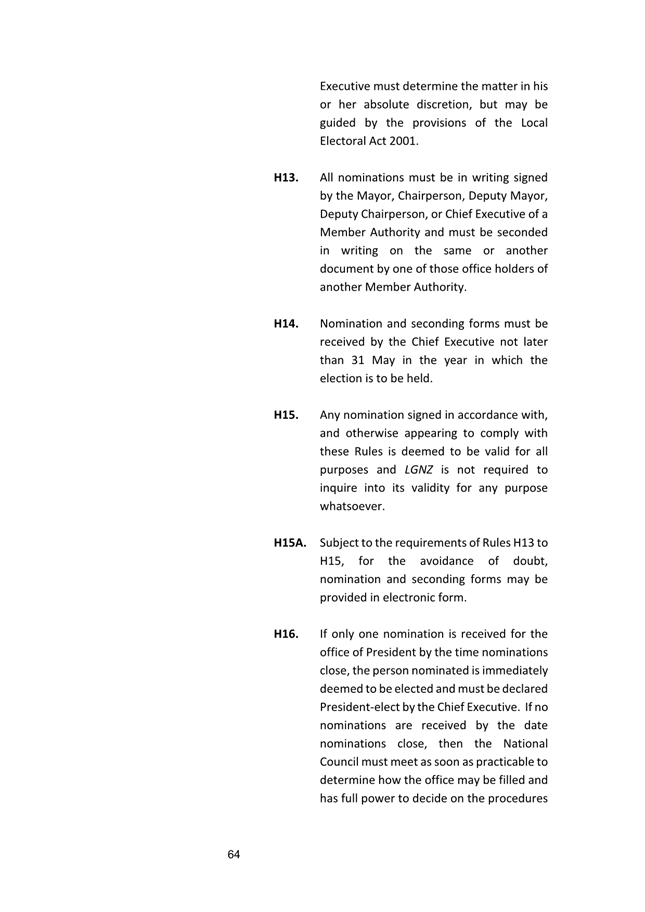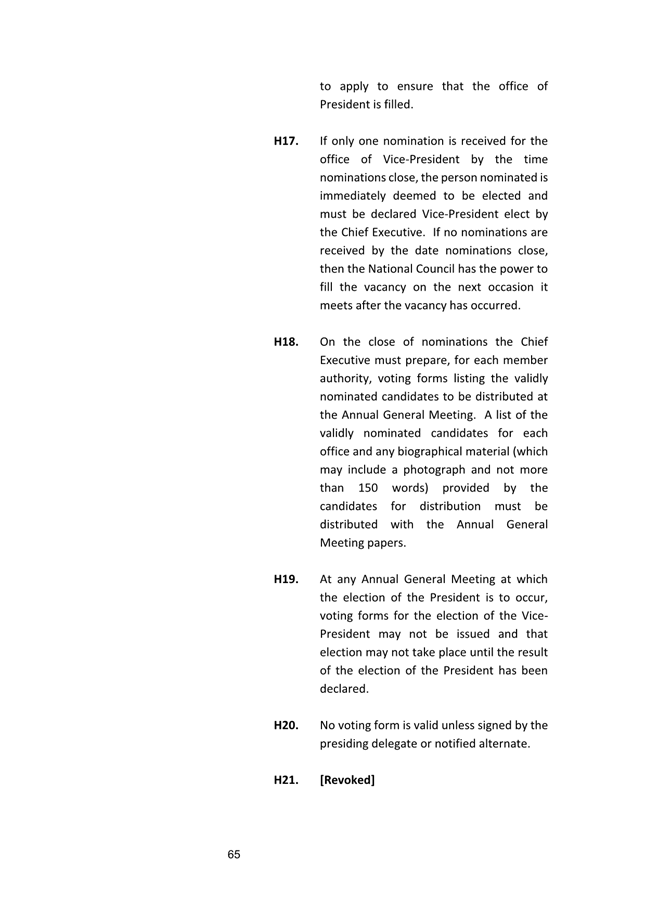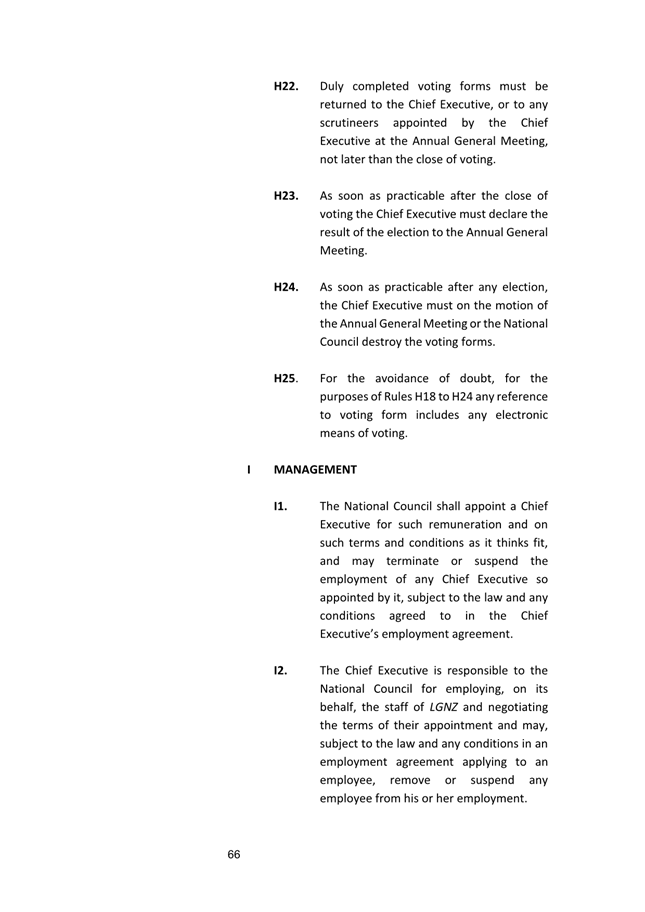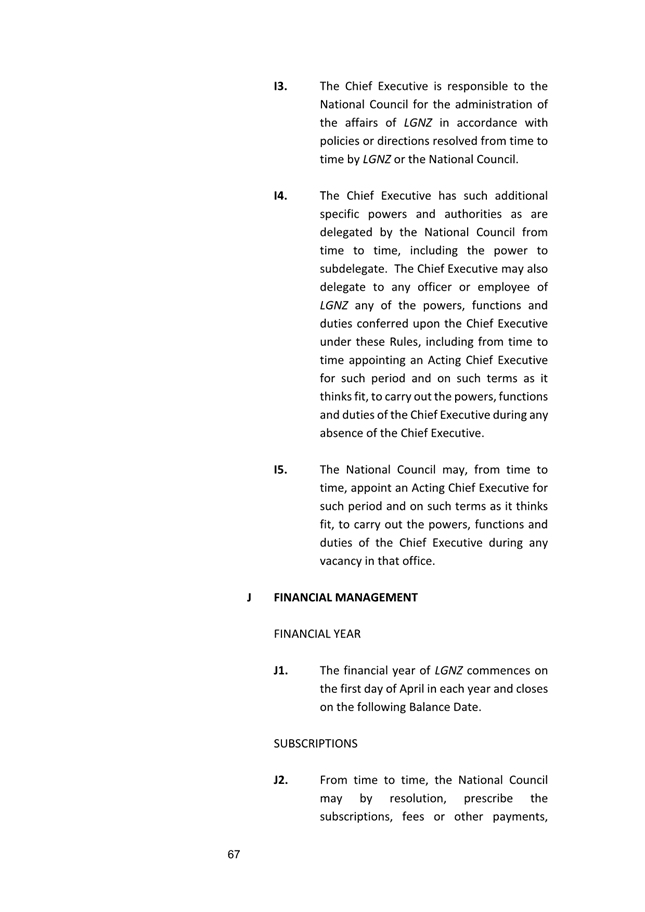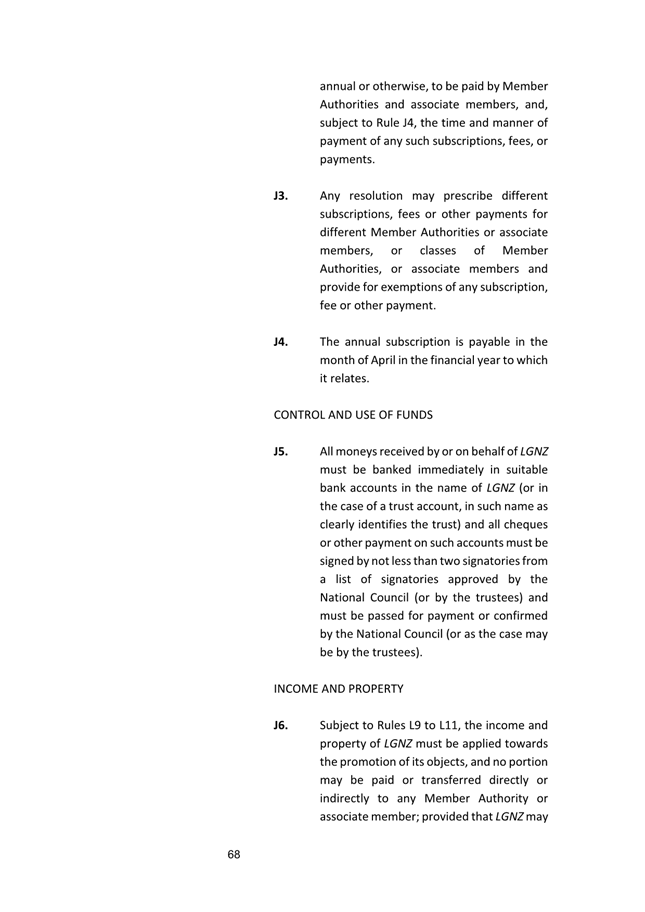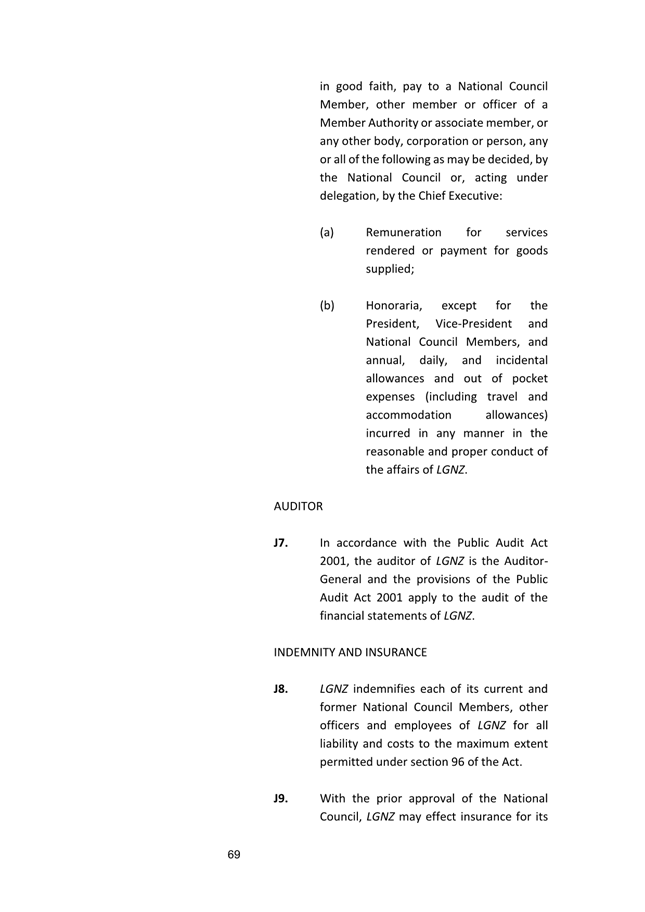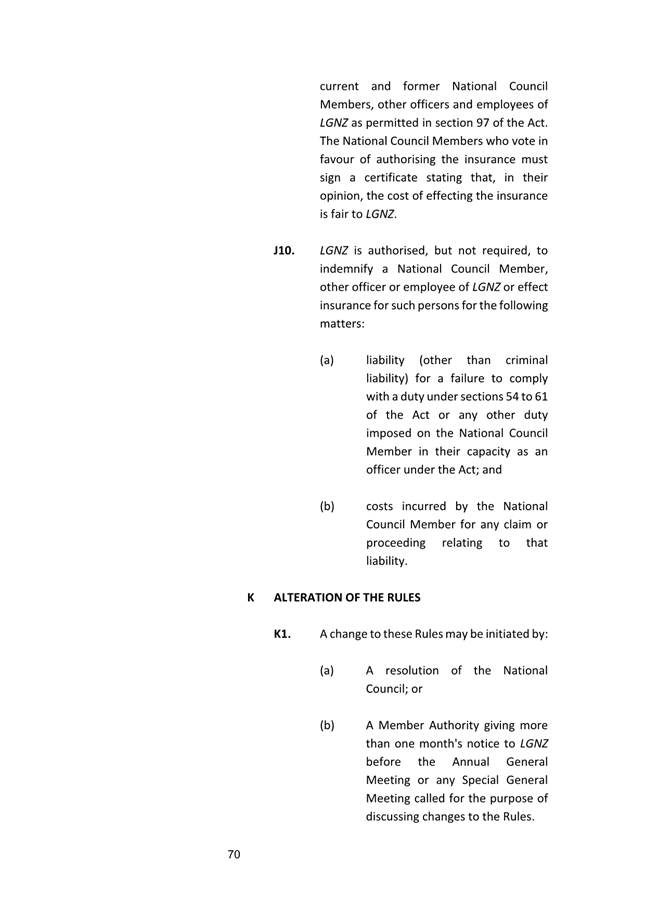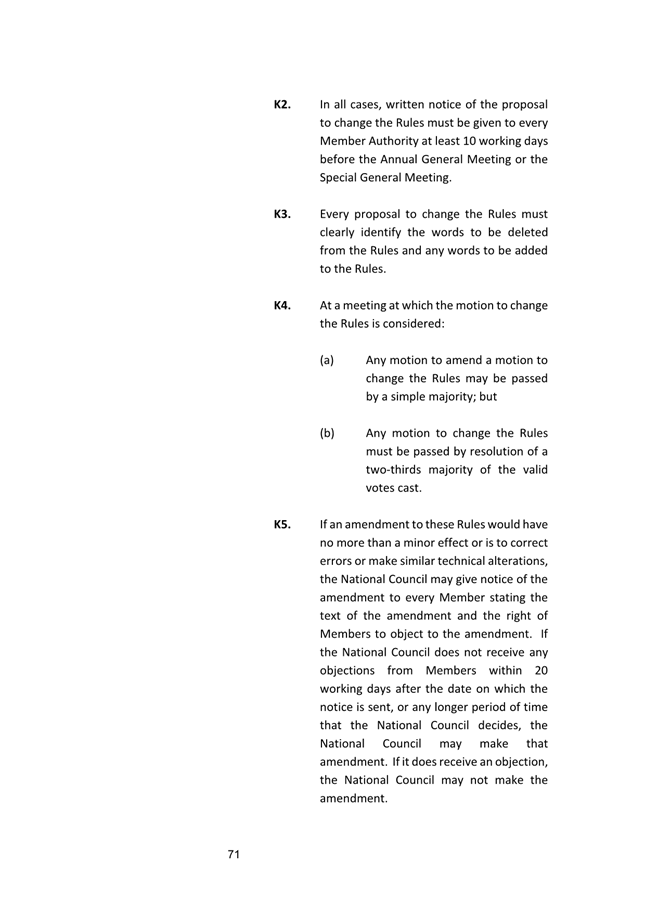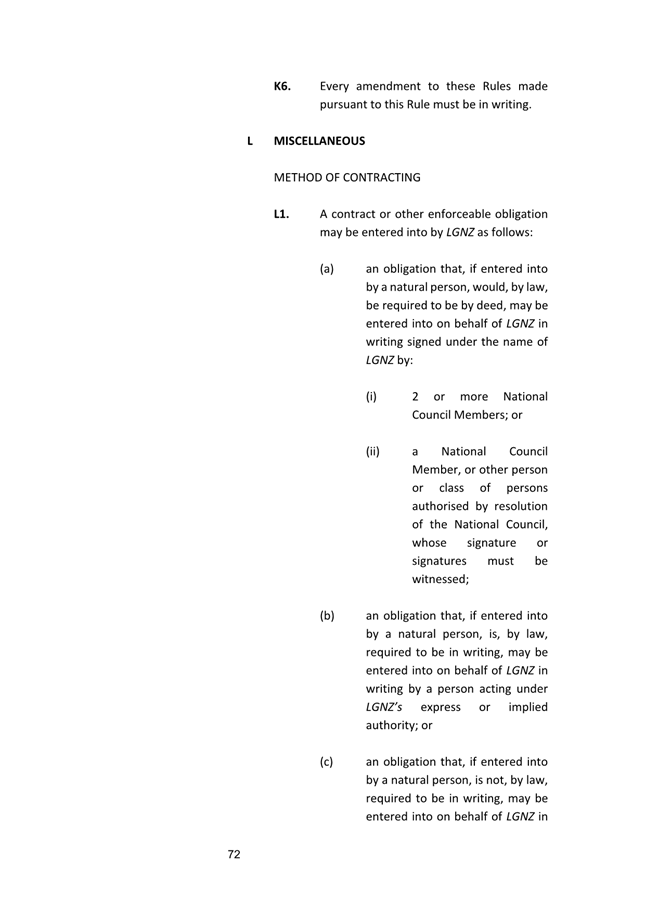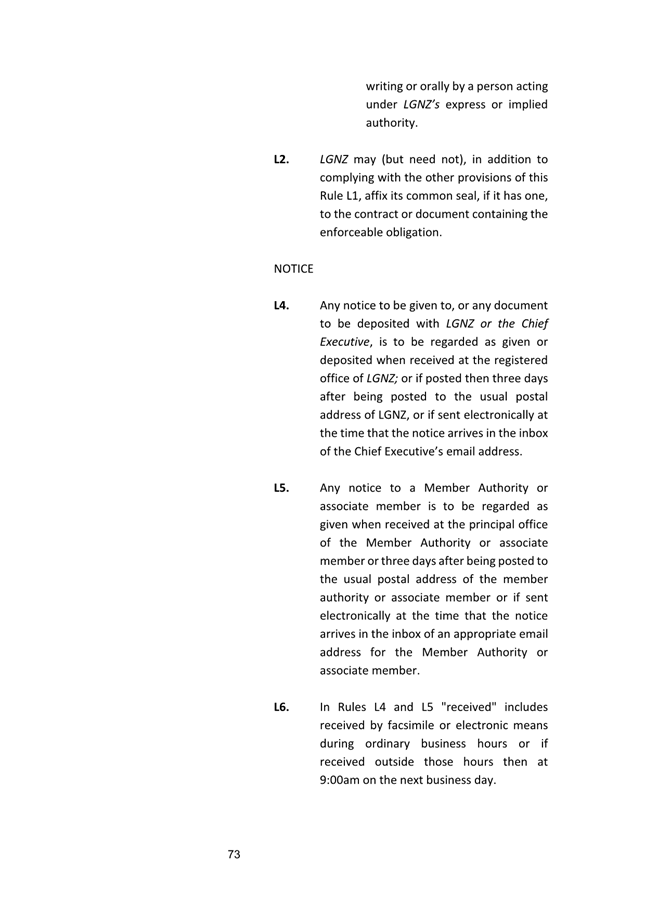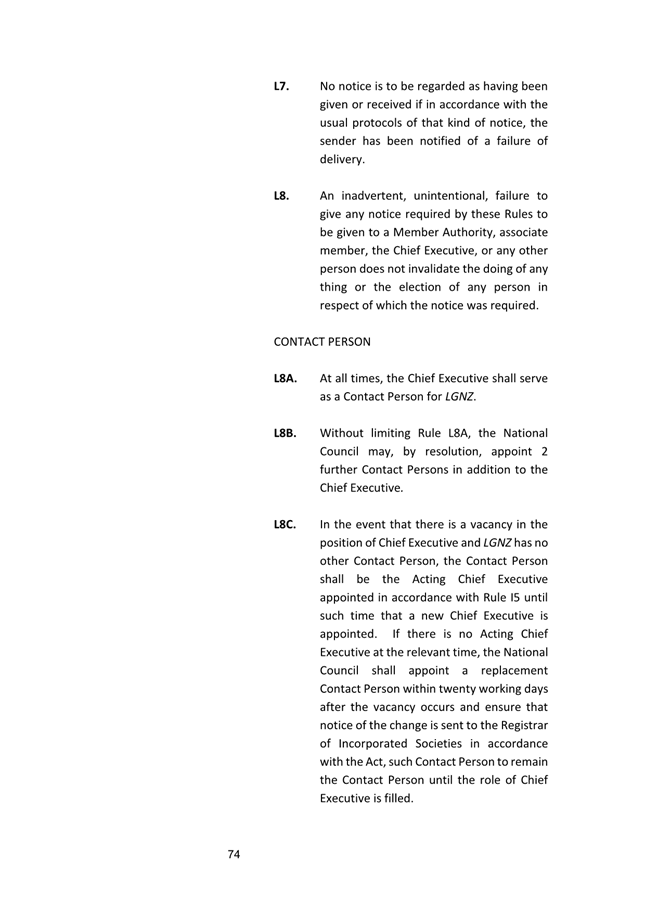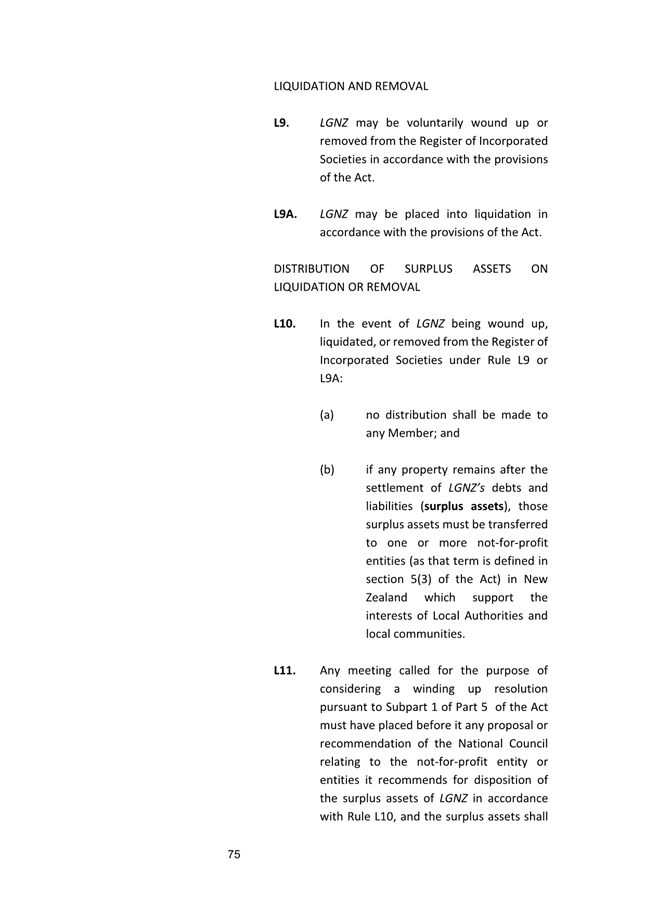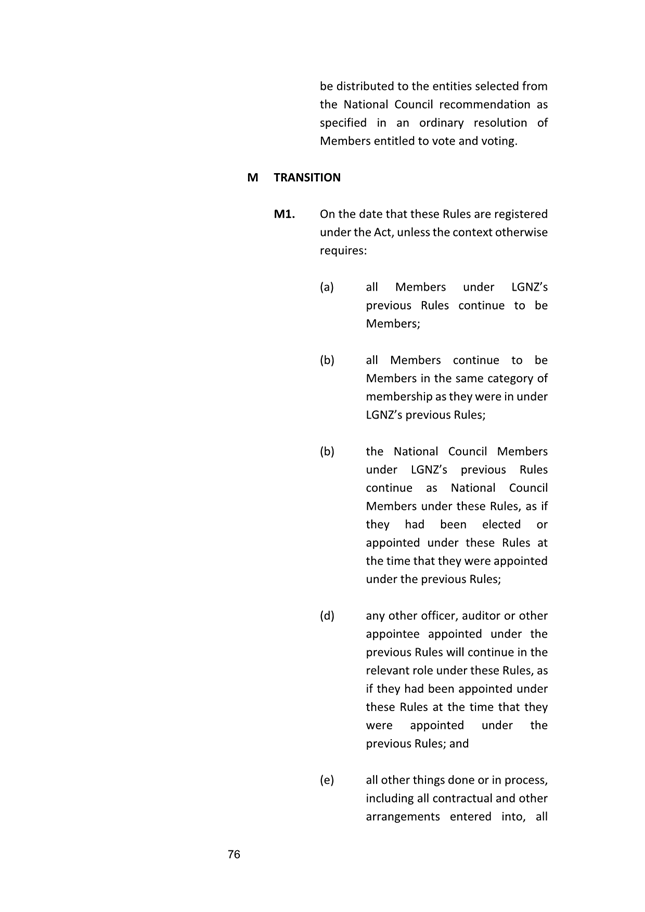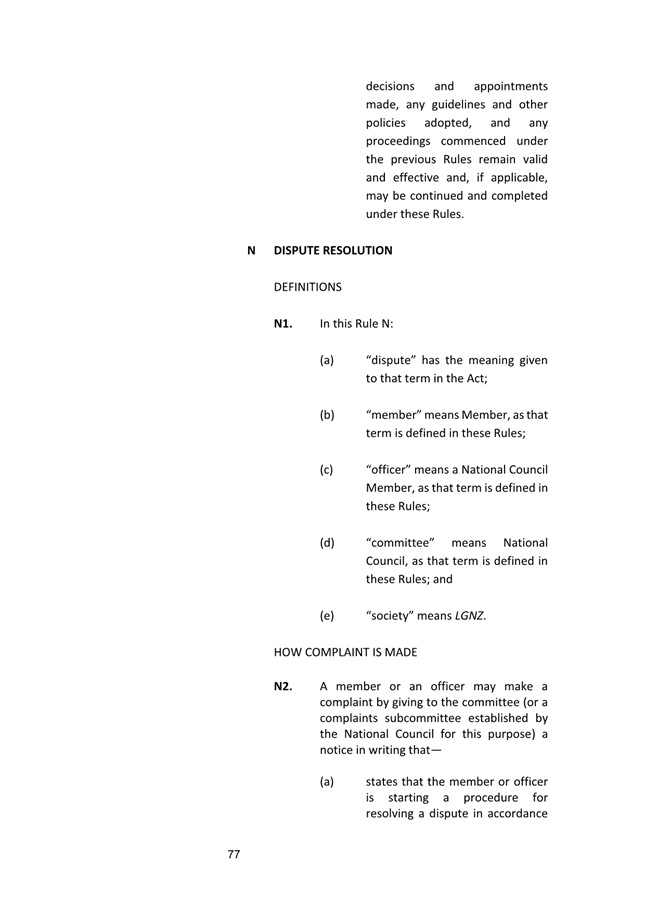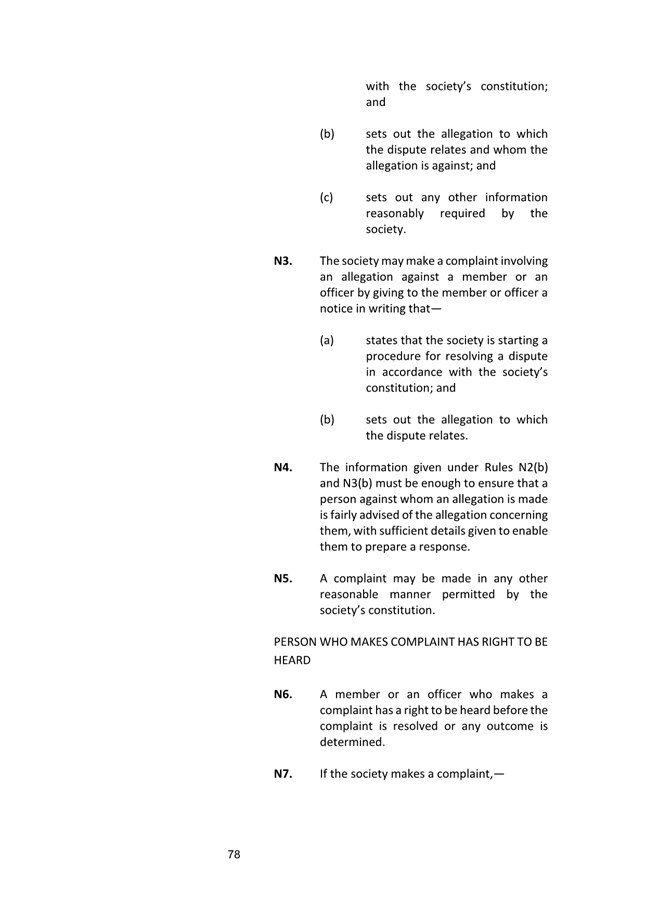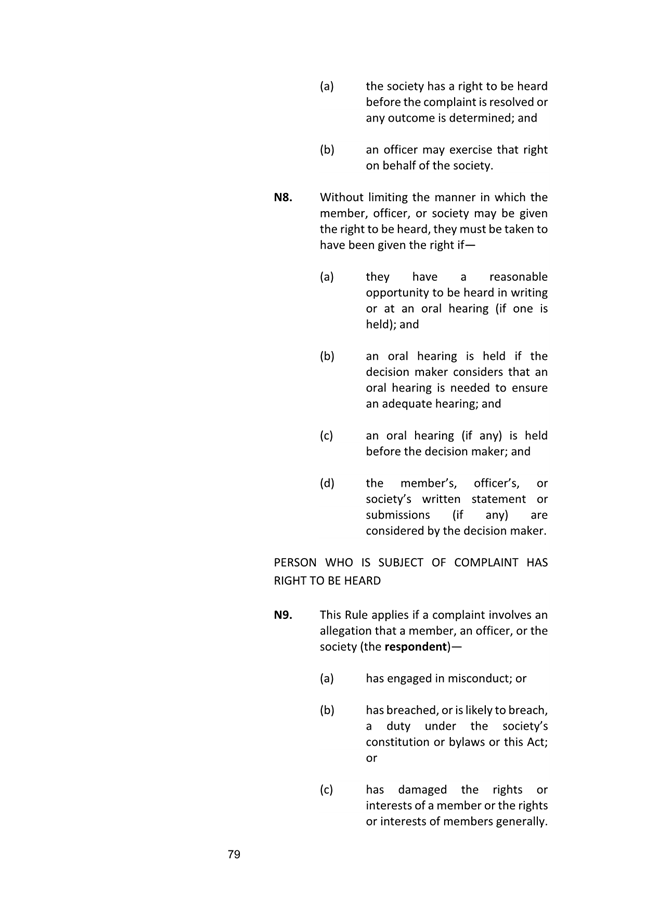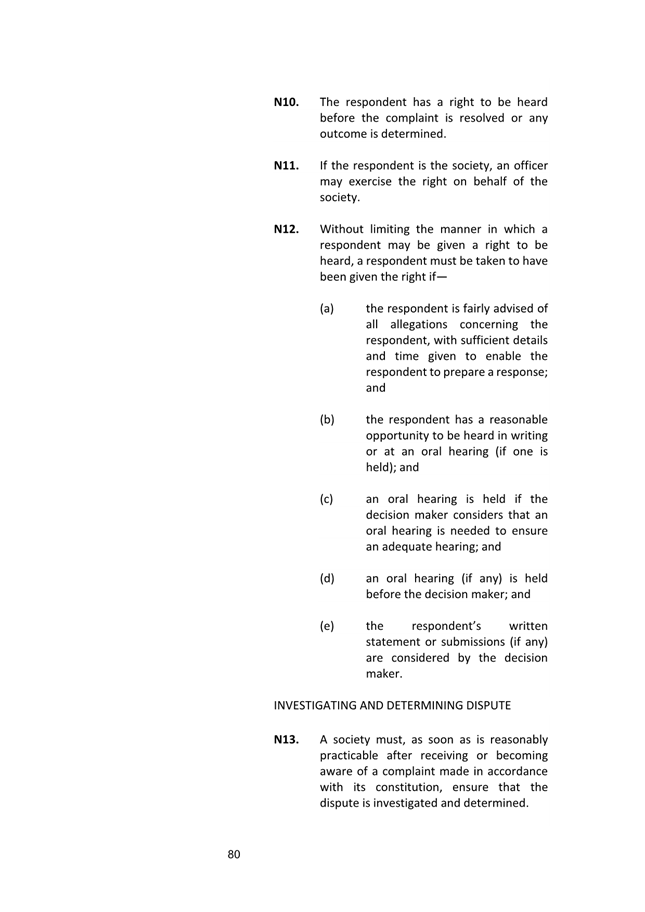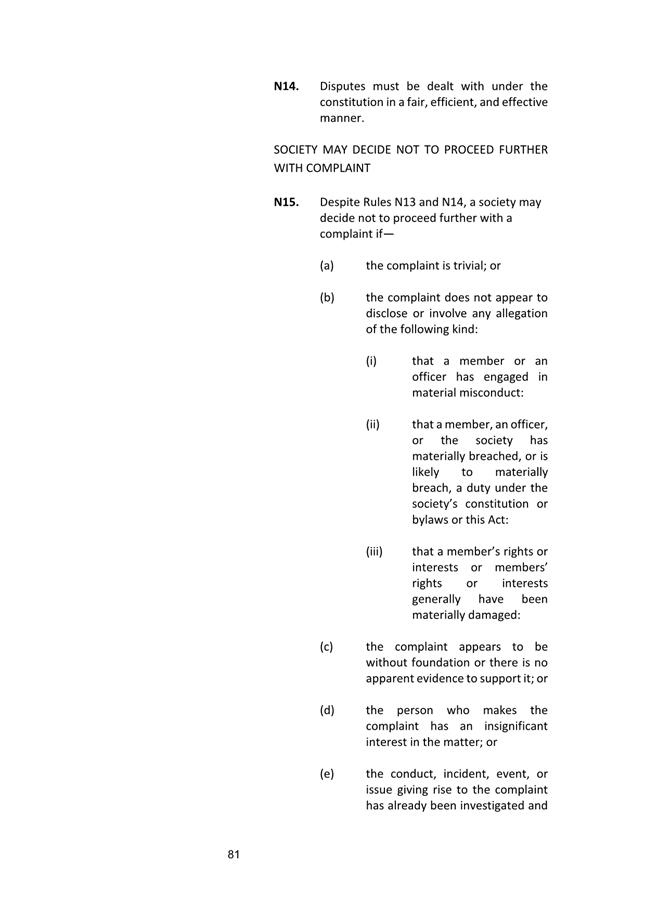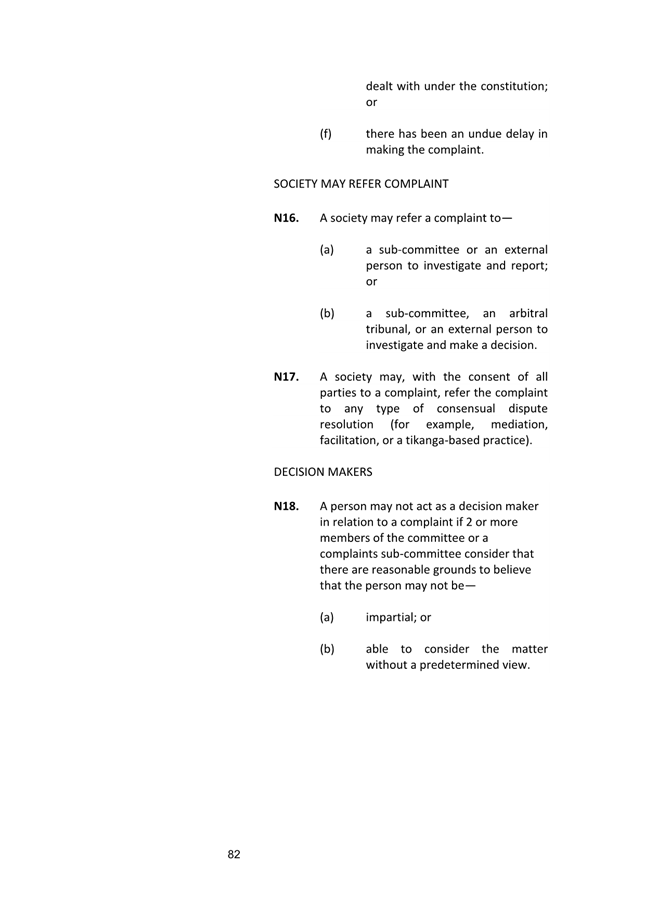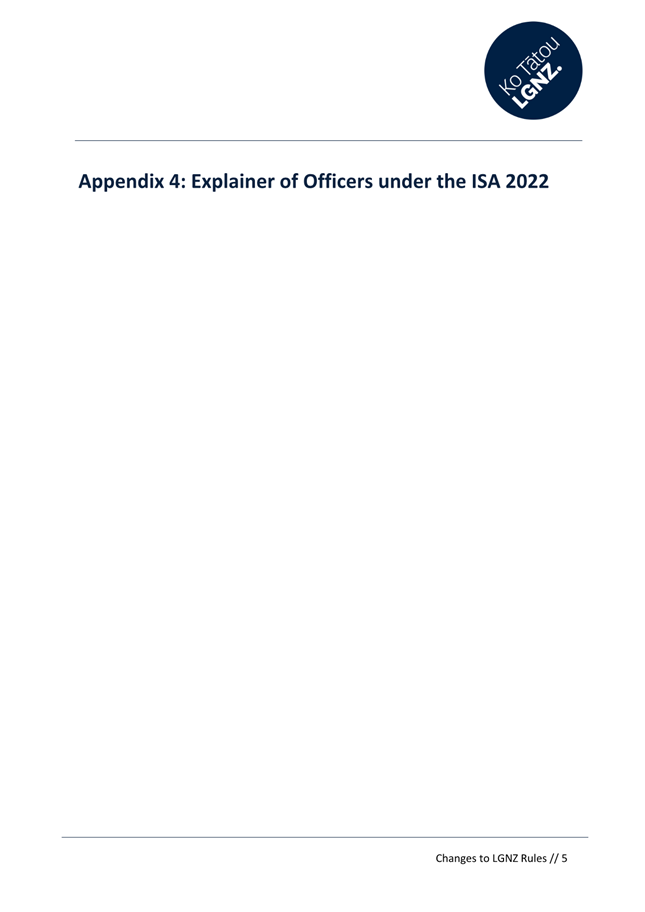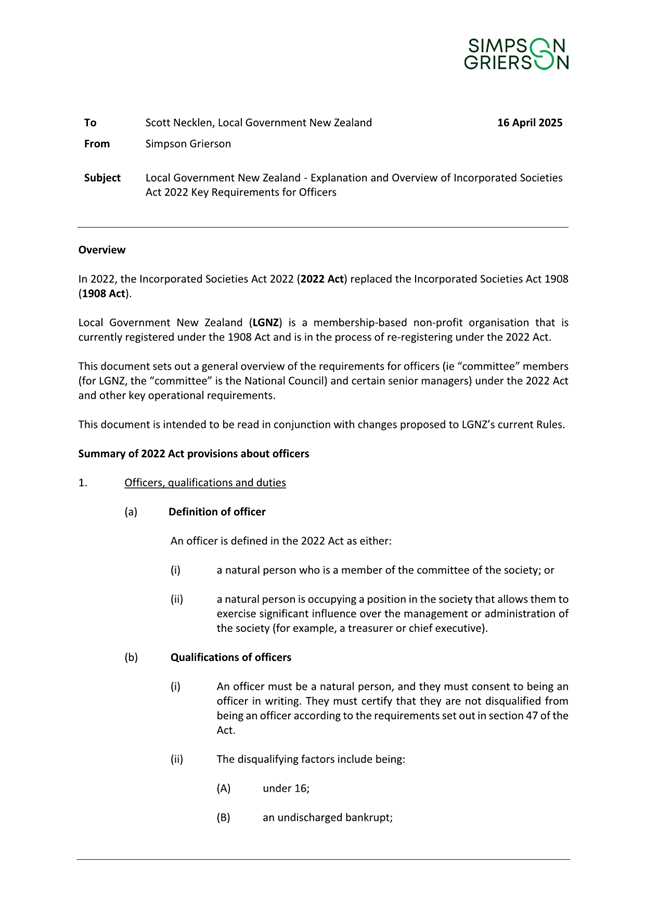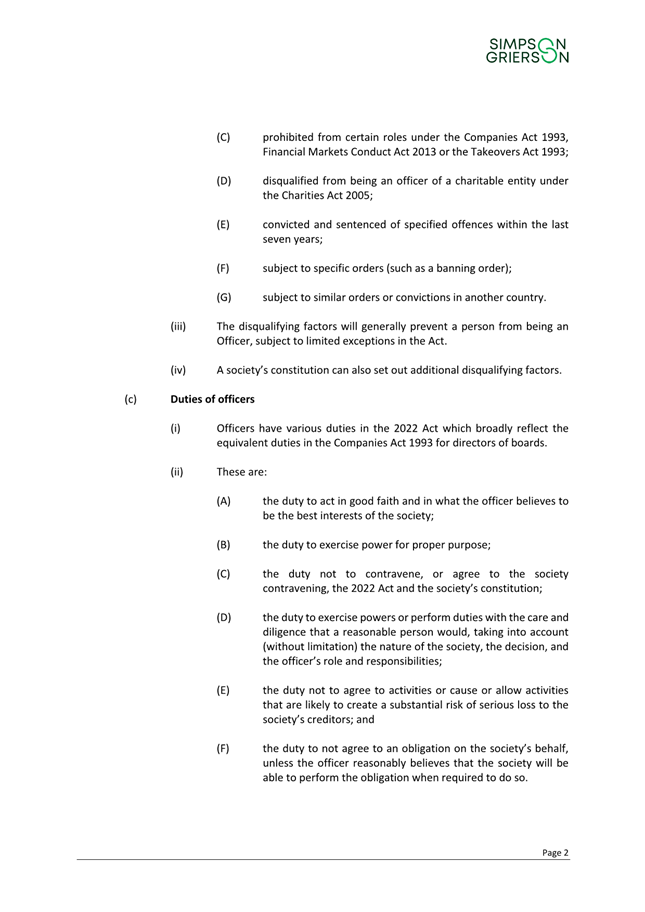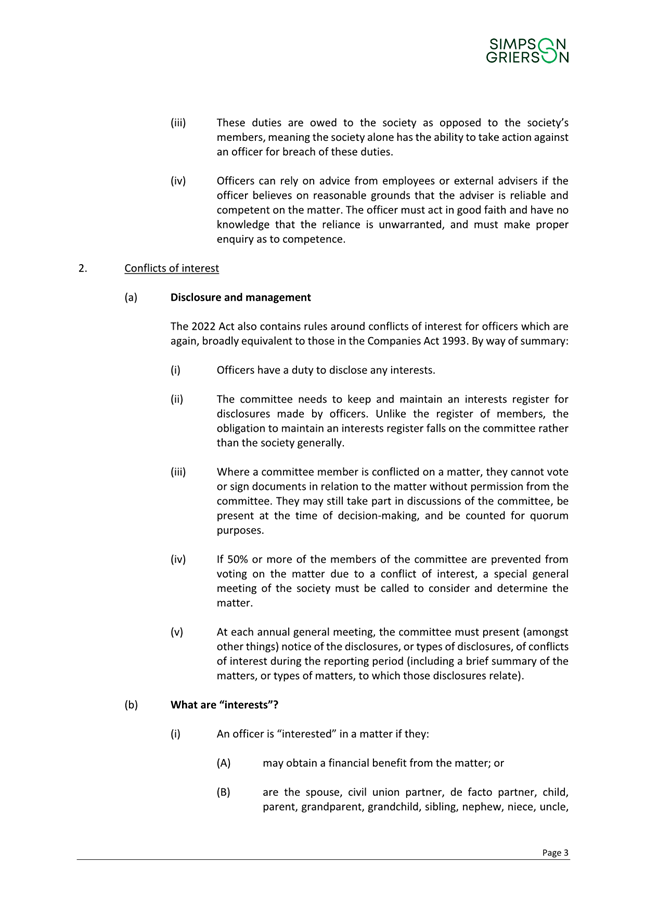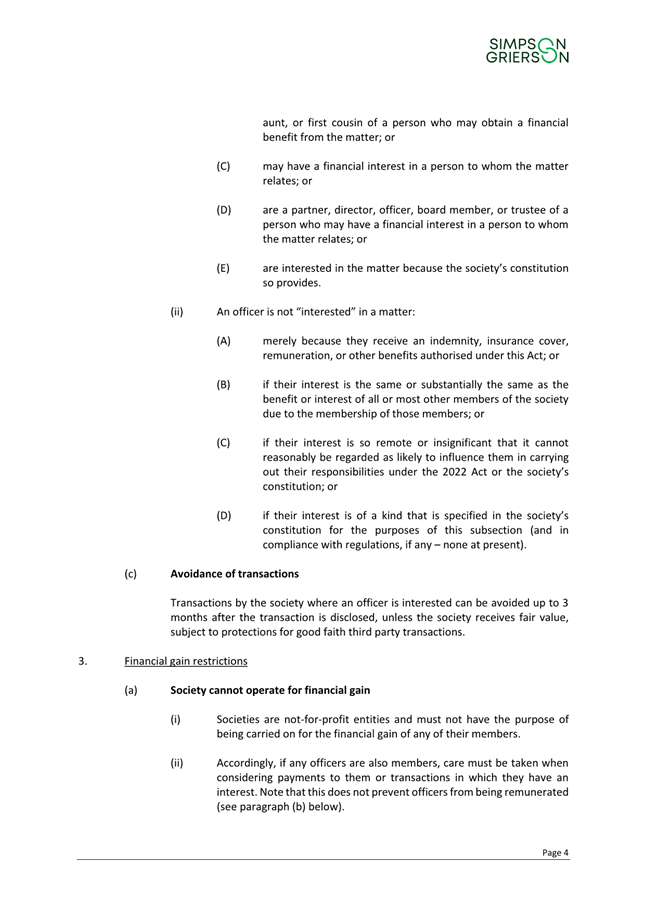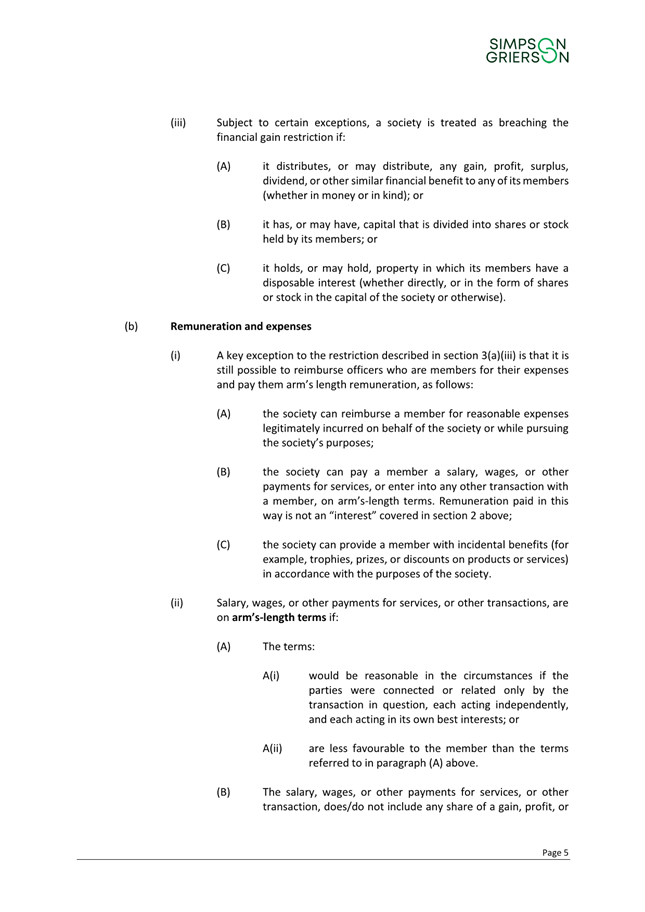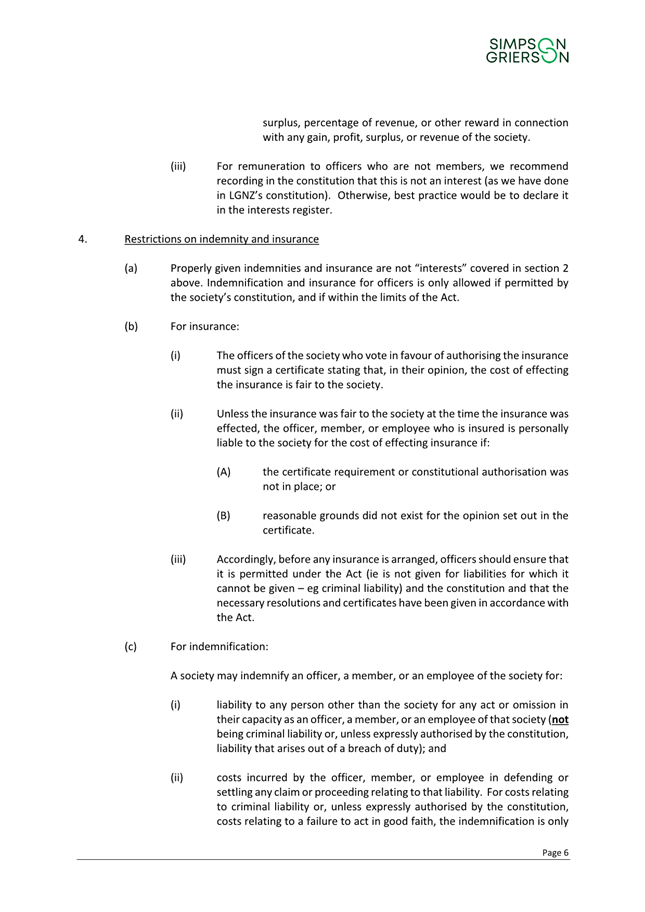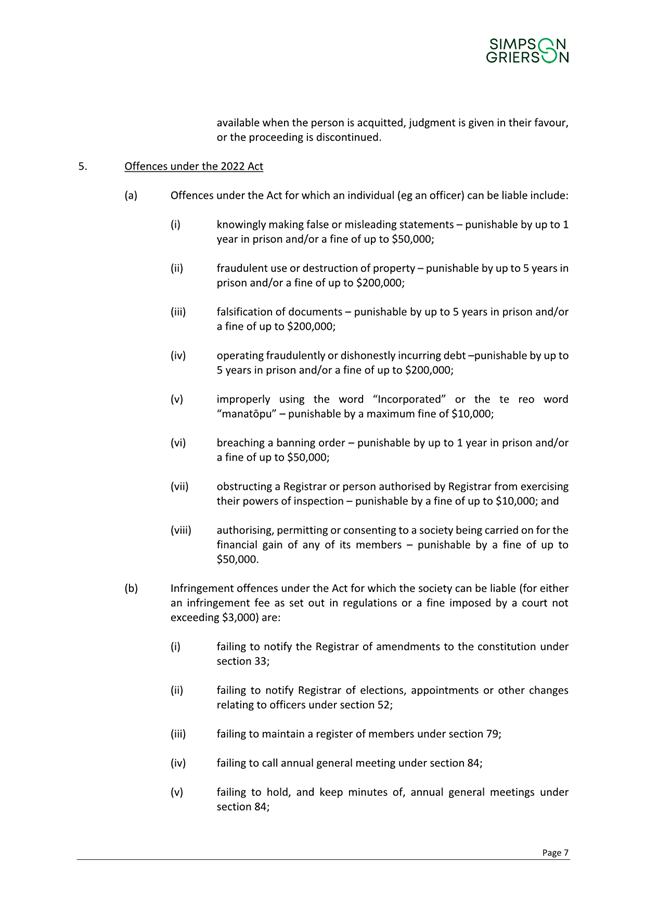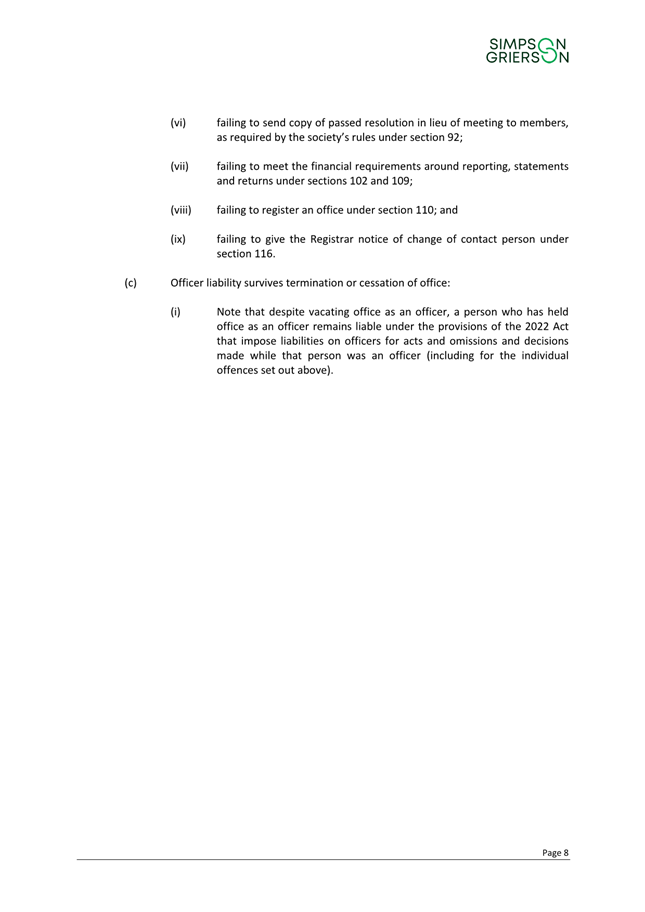 AGENDA
AGENDA
Ordinary
Council Meeting
Membership:
Kahika
- Mayor Moko Tepania - Chairperson
Kōwhai
- Deputy Mayor Kelly Stratford
Cr
Ann Court
Cr
Felicity Foy
Cr
Hilda Halkyard-Harawira
Cr
Babe Kapa
Cr
Penetaui Kleskovic
Cr
Steve McNally
Cr
Mate Radich
Cr
Tāmati Rākena
Cr
John Vujcich

Thursday, 3 July 2025
Time: 10:00 AM
Location:Council Chambers,
Memorial Ave, Kaikohe
\
1 Karakia
Timatanga / Opening Prayer
Ka tuku mātou kia kaha mai ngā māngai kua
whiriwhirihia mō Te Kaunihera o Te Hiku o te Ika ki te mahi me te
ngākau auaha me te whakamahi i ngā pūkenga me te mātauranga
i roto i ngā wānanga me ngā whakataunga kia whakatūria ai
tētahi Hapori e matatika ana, e tū kotahi ana ka mutu ka whakapiki
anō i te oranga o tō tātou rohe, ka whakatau anō i ngā
take o te rohe i runga i te tika me te pono.
We ask that through Council discussions and decisions the
representatives we have elected may govern the Far North District with
imagination, skill and wisdom to achieve a fairer and more united Community
that enhances the wellbeing of our district and solves the District’s
problems efficiently and effectively.
2 Ngā
Whakapāha Me Ngā Pānga Mema / Apologies and Declarations of
Interest
Members need to
stand aside from decision-making when a conflict arises between their role as a
Member of the Council and any private or other external interest they might
have. This note is provided as a reminder to Members to review the matters on
the agenda and assess and identify where they may have a pecuniary or other
conflict of interest, or where there may be a perception of a conflict of
interest.
If a Member
feels they do have a conflict of interest, they should publicly declare that at
the start of the meeting or of the relevant item of business and refrain from
participating in the discussion or voting on that item. If a Member thinks they
may have a conflict of interest, they can seek advice from the Chief Executive
Officer or the Manager - Democracy Services (preferably before the meeting).
It is noted that while members can seek advice the final
decision as to whether a conflict exists rests with the member.
Elected
Member - Register of Interests
3 Ngā
Tono Kōrero / Deputations
Nick & Julie Du Pain – regarding flooding at the
Pukepoto Road Bridge in Ōkaihau.
David Senior – Disability Action Group (DAG)
Chairperson: Item 6.1 refers.
4 Ngā
Kōrero A Te Kahika / Mayoral Announcements
5 Te
Whakaaetanga o Ngā Meneti o Mua / Confirmation of Previous Minutes
5.1 Confirmation
of Previous Minutes
File
Number: A5056474
Author: Marlema
Baker, Democracy Advisor
Authoriser: Aisha
Huriwai, Manager - Democracy Services
Take Pūrongo / Purpose of the Report
The minutes are attached to allow Council to confirm that
the minutes are a true and correct record
of previous meetings.
|
tŪtohunga
/ Recommendation
That Council confirm the minutes of the Council
meeting held 5 June 2025 and Extraordinary Council Meeting held 18 June 2025
are a true and correct record.
|
1) TĀhuhu kŌrero / Background
Local Government Act 2002 Schedule 7 Section 28 states that
a local authority must keep minutes
of its proceedings. The minutes of these proceedings duly
entered and authenticated as prescribed
by a local authority are prima facie evidence of those
meetings.
2) matapaki me NgĀ KŌwhiringa /
Discussion and Options
The minutes of the meetings are attached.
Far North District Council Standing Orders Section 27.3
states that no discussion shall arise on the
substance of the minutes in any succeeding meeting, except
as to their correctness.
TAKE TŪTOHUNGA
/ REASON FOR THE RECOMMENDATION
The reason for the recommendation is to confirm the minutes
are a true and correct record of the
previous meetings.
3) PĀnga PŪtea me ngĀ
wĀhanga tahua / Financial Implications and Budgetary Provision
There are no financial implications or the need for
budgetary provision as a result of this report.
Āpitihanga / Attachments
1. Council
Meeting - Minutes 5 June 2025 - A5218271 ⇩ 
2. Council
Extraordinary Meeting - Minutes 18 June 2025 - A5235868 ⇩ 
Hōtaka Take Ōkawa / Compliance Schedule:
Full consideration has been given to the provisions of the
Local Government Act 2002 S77 in relation to decision making, in particular:
1. A
Local authority must, in the course of the decision-making process,
a) Seek
to identify all reasonably practicable options for the achievement of the
objective of a decision; and
b) Assess
the options in terms of their advantages and disadvantages; and
c) If
any of the options identified under paragraph (a) involves a significant
decision in relation to land or a body of water, take into account the
relationship of Māori and their culture and traditions with their
ancestral land, water sites, waahi tapu, valued flora and fauna and other
taonga.
2. This
section is subject to Section 79 - Compliance with procedures in relation to
decisions.
|
He Take Ōkawa /
Compliance Requirement
|
Aromatawai Kaimahi /
Staff Assessment
|
|
State the level of significance (high or low) of the
issue or proposal as determined by the Council’s
Significance and Engagement Policy
|
This is a matter of low significance.
|
|
State the relevant Council policies (external or
internal), legislation, and/or community outcomes (as stated in the LTP) that
relate to this decision.
|
This report complies with the Local Government Act
2002 Schedule 7 Section 28.
|
|
State whether this issue or proposal has a District wide
relevance and, if not, the ways in which the appropriate Community
Board’s views have been sought.
|
It is the responsibility of each meeting to confirm
their
minutes therefore the views of another meeting are not
relevant.
|
|
State the possible implications for Māori
and how Māori have been provided with an opportunity to contribute to
decision making if this decision is significant and relates to land and/or
any body of water.
State the possible implications and how this
report aligns with Te Tiriti o Waitangi / The Treaty of Waitangi.
|
There are no implications for Māori in confirming
minutes from previous meeting. Any implications on Māori arising from
matters included in meeting minutes should be considered as part of the
relevant report.
|
|
Identify persons likely to be affected by or have an
interest in the matter, and how you have given consideration to their views
or preferences (for example – youth, the aged and those with
disabilities).
|
This report is asking for minutes to be confirmed as
true
and correct record, any interests that affect other
people should be considered as part of the individual reports.
|
|
State the financial implications and where budgetary
provisions have been made to support this decision.
|
There are no financial implications or the need for
budgetary provision arising from this report
|
|
Chief Financial Officer review.
|
The Chief Financial Officer has not reviewed this
report.
|
|
Ordinary
Council Meeting Agenda
|
3 July 2025
|












|
Ordinary Council
Meeting Agenda
|
3 July 2025
|





6 Ngā
Pūrongo / Reports
6.1 From
Disability to Accessibility: A Strategic Shift
File
Number: A5196846
Author: Kim
Hammond, Community Board Coordinator
Authoriser: Jacine
Warmington, Group Manager - Strategic Relationships
Take Pūrongo / Purpose of the Report
To seek
Council approval to rename the Disability Action Group to the Accessibility
Action Group, and to adopt updated Terms of Reference that align with the Te
Tai Tokerau Regional Accessibility Strategy.
WhakarĀpopoto matua / Executive Summary
· This report recommends renaming the Disability Action Group to the
Accessibility Action Group and updating the Terms of Reference.
· These changes reflect a broader, more inclusive approach aligned
with the Te Tai Tokerau Regional Accessibility Strategy, adopted by Council in
July 2024.
|
tŪtohunga
/ Recommendation
That Council:
a) approve renaming the Disability Action Group to the
Accessibility Action Group.
b) adopt the updated Terms of Reference for the
Accessibility Action Group.
|
1) TĀhuhu kŌrero / Background
Established in 2008, the Disability Action Group (DAG) has
served as a liaison and advisory body to Far North District Council (FNDC),
government agencies, and service providers on disability-related issues. Its
core functions include advocacy, communication, capacity building, and
promoting positive representation of people with disabilities.
In 2019, a regional strategy was proposed to improve
accessibility across Northland. This evolved into the Te Tai Tokerau Regional
Accessibility Strategy (Regional Accessibility Strategy), developed with input
from DAG and adopted by Council in July 2024.
To align with this strategy, DAG proposes a name change and
revised Terms of Reference. This was confirmed at the DAG meeting on 7 April
2025.
2) matapaki me NgĀ KŌwhiringa /
Discussion and Options
Policy and Strategy considerations:
The proposal aligns with national and local frameworks,
including:
· International/National:
UN Convention on the Rights of Persons with Disabilities, NZ Disability
Strategy, Whāia Te Ao Mārama.
· Local:
FNDC Long Term Plan, Accessibility Policy, and the Regional Accessibility
Strategy.
The term “Accessibility” encompasses a wider
range of needs, including those of with disabilities, older adults, people with
temporary or situational impairments, and those with language or health-related
barriers.
Option One: Approve the name change from Disability
Action Group to Accessibility Action Group. Adopt the updated Terms of
Reference for the Accessibility Action Group.
The name change and adoption of the Terms of Reference
support a more inclusive and progressive approach, extending beyond disability
to benefit a broader range of people in Northland. While DAG would continue
contributing to the Regional Accessibility Strategy and monitoring Council
initiatives, the revised structure encourages wider participation and diverse
perspectives in shaping Council work.
Option Two: Decline the name change and direction of the
previous Disability Action Group and adoption of the Terms of Reference and
remain status quo.
Retaining the existing name and Terms of Reference ensures
continuity, clarity, and recognition for the group’s established role in
advocating for people with disabilities. Maintaining the current structure
preserves the depth of expertise and lived experience specific to disability
issues, ensuring that this remains a dedicated and specialized advisory voice
within Council processes.
TAKE TŪTOHUNGA
/ REASON FOR THE RECOMMENDATION
The term ‘Accessibility’ is a more inclusive and
forward-thinking than ‘Disability’. It reflects a shift from a
deficit-based model to one that focuses on removing barriers and enabling
participation for all. It creates a stronger alignment to the Te Tai Tokerau
Regional Accessibility Strategy in design and implementation.
3) PĀnga PŪtea me ngĀ
wĀhanga tahua / Financial Implications and Budgetary Provision
There are no additional financial implications. Existing
funding through the Long Term Plan will be redirected to the Accessibility
Action Group. Website updates and public communications can be managed within
the current operational budget.
Āpitihanga
/ Attachments
1. Accessibility
Action Group - Terms of Reference v1 - A5229323 ⇩ 
2. Accessibility
Action Group - Terms of Reference (Branded) - A5229325 ⇩ 
Hōtaka Take Ōkawa / Compliance Schedule:
Full consideration has been given to the provisions of the
Local Government Act 2002 S77 in relation to decision making, in particular:
1. A
Local authority must, in the course of the decision-making process,
a) Seek
to identify all reasonably practicable options for the achievement of the
objective of a decision; and
b) Assess
the options in terms of their advantages and disadvantages; and
c) If
any of the options identified under paragraph (a) involves a significant
decision in relation to land or a body of water, take into account the
relationship of Māori and their culture and traditions with their
ancestral land, water sites, waahi tapu, valued flora and fauna and other
taonga.
2. This
section is subject to Section 79 - Compliance with procedures in relation to
decisions.
|
He Take Ōkawa /
Compliance Requirement
|
Aromatawai Kaimahi /
Staff Assessment
|
|
State the level of significance (high or low) of the
issue or proposal as determined by the Council’s
Significance and Engagement Policy
|
This is a matter of low significance.
|
|
State the relevant Council policies (external or
internal), legislation, and/or community outcomes (as stated in the LTP) that
relate to this decision.
|
As per the report this is to align with the local and
national strategies.
|
|
State whether this issue or proposal has a District wide
relevance and, if not, the ways in which the appropriate Community
Board’s views have been sought.
|
The specific views of the Community Boards have not been
sought. However there is some community board representation on the
Disability Action Group.
|
|
State the
possible implications for Māori and how Māori have been provided
with an opportunity to contribute to decision making if this decision is
significant and relates to land and/or any body of water.
State the
possible implications and how this report aligns with Te Tiriti o Waitangi /
The Treaty of Waitangi.
|
This report does not have any specific impacts on
māori.
|
|
Identify persons likely to be affected by or have an
interest in the matter, and how you have given consideration to their views
or preferences (for example – youth, the aged and those with
disabilities).
|
This is a recommendation from the accessibility Action Group.
|
|
State the financial implications and where budgetary
provisions have been made to support this decision.
|
There are no financial implications or need for
budgetary provisions in supporting this recommendation. As per the report
there is some operational budget.
|
|
Chief Financial Officer review.
|
The Chief Financial Officer has not reviewed this
report.
|
|
Ordinary
Council Meeting Agenda
|
3 July 2025
|




|
Ordinary Council
Meeting Agenda
|
3 July 2025
|



6.2 Road
Rename: Pateretere Place, Kāeo.
File
Number: A5236126
Author: Trinity
Lane, Finance and Customer Services Administrator
Authoriser: Tanya
Proctor, Head of Infrastructure
Take Pūrongo / Purpose of the Report
To seek recommendation from Council to rename the private
road located at Pateretere Place, Kāeo.
WhakarĀpopoto matua / Executive Summary
· A road naming application was received on
the 25th of February 2025.
· Bay of Islands-Whangaroa Community Board
received a road re-naming report to their ordinary June meeting.
· Community Boards have the delegated
authority to recommend to Council name changes of previously named roads.
|
tŪtohunga
/ Recommendation
That Council approve to rename a private road
“Roto Place” that is currently addressed at Pateretere Place,
Kāeo.
|
1) TĀhuhu kŌrero / Background
Matauri X
Incorporation submitted a road naming application for 1597 Matauri Bay Road,
Kāeo. They supplied Council with an application to name the road,
proposing two names: Pateretere Place and Te Awa Awa Place. On the 19th
of September 2024, the resolution was passed to name the road “Pateretere
Place.”
Ngāti Kura Hapū came
forward and felt as though they were not sufficiently consulted during the
naming of this road. Ngāti Kura Hapū therefore suggested the road
name be changed to more accurately reflect the area and be more culturally
appropriate.
Ngāti Kura Hapū suggested
“Roto Place” as the name “Roto” reflects the local
geographical and historical significance of the area. The name directly ties to
the whānau housing development and provides a meaningful acknowledgment of
its location in Matauri Bay. The name also holds cultural significance to
Ngāti Kura as it is associated with the local area and its
identity.
The proposed road name was
forwarded to Land Information New Zealand for approval. Land Information New
Zealand confirmed the proposed road name is acceptable for use and can be
approved as per the Addressing Standards 2011.
2) matapaki me NgĀ KŌwhiringa /
Discussion and Options
The options are as follows:
1. That Council approve to rename “Pateretere
place,” “Roto Place.”
2. That the road name remains unchanged.
TAKE TŪTOHUNGA
/ REASON FOR THE RECOMMENDATION
The road name recommended in this report is not a duplicate
of any other road name in the district, therefore meeting the criteria set down
in the Council’s Road Naming and Property Numbering Policy and the
Australian/New Zealand Addressing Standard - AS/NZS 4819.2011.
3) PĀnga PŪtea me ngĀ
wĀhanga tahua / Financial Implications and Budgetary Provision
There will be no financial implications to Council relating
to the installation of the road name sign (blue on white background name
blade). The cost of the road signage and installation will be met by the
applicant.
Āpitihanga
/ Attachments
1. Endorsement
Letter from Hapu - A5191727 ⇩ 
2. Map
- A5191733 ⇩ 
3. LINZ
Approval - A5191750 ⇩ 
Hōtaka Take Ōkawa /
Compliance Schedule:
Full consideration has been given to the provisions of the
Local Government Act 2002 S77 in relation to decision making, in particular:
1. A
Local authority must, in the course of the decision-making process,
a) Seek
to identify all reasonably practicable options for the achievement of the
objective of a decision; and
b) Assess
the options in terms of their advantages and disadvantages; and
c) If
any of the options identified under paragraph (a) involves a significant
decision in relation to land or a body of water, take into account the
relationship of Māori and their culture and traditions with their
ancestral land, water sites, waahi tapu, valued flora and fauna and other
taonga.
2. This
section is subject to Section 79 - Compliance with procedures in relation to
decisions.
|
He Take Ōkawa /
Compliance Requirement
|
Aromatawai Kaimahi /
Staff Assessment
|
|
State the level of significance (high or low) of the
issue or proposal as determined by the Council’s
Significance and Engagement Policy
|
This is the naming of a private road and is of low
significance.
|
|
State the relevant Council policies (external or
internal), legislation, and/or community outcomes (as stated in the LTP) that
relate to this decision.
|
Road Naming and Property Numbering Policy #2125 and
Australia/New Zealand Urban and Rural Addressing Standards 4819.2011.
|
|
State whether this issue or proposal has a District wide
relevance and, if not, the ways in which the appropriate Community
Board’s views have been sought.
|
No district wide relevance and the Community Board have
the delegated authority to approve road names
|
|
State the
possible implications for Māori and how Māori have been provided
with an opportunity to contribute to decision making if this decision is
significant and relates to land and/or any body of water.
State the
possible implications and how this report aligns with Te Tiriti o Waitangi /
The Treaty of Waitangi.
|
Ngāti Kura Hapū have worked with Matauri X Inc
and submitted this road renaming application together.
|
|
Identify persons likely to be affected by or have an
interest in the matter, and how you have given consideration to their views
or preferences (for example – youth, the aged and those with
disabilities).
|
This is a new subdivision, there are currently no
homeowners.
|
|
State the financial implications and where budgetary
provisions have been made to support this decision.
|
There will be no financial implications to Council
relating to the installation of the road name signs (blue on white background
name blade). The cost of the road signage and installation will be met by the
applicant.
|
|
Chief Financial Officer review.
|
The Chief Financial Officer as not reviewed this report.
|
|
Ordinary
Council Meeting Agenda
|
3 July 2025
|


|
Ordinary Council
Meeting Agenda
|
3 July 2025
|

|
Ordinary Council
Meeting Agenda
|
3 July 2025
|

6.3 2025
Local Government New Zealand Annual General Meeting Remits
File
Number: A5212477
Author: Aisha
Huriwai, Manager - Democracy Services
Authoriser: Jacine
Warmington, Group Manager - Strategic Relationships
Take Pūrongo / Purpose of the Report
To confirm Council’s position on proposed remits for
the 2025 Local Government New Zealand (LGNZ) Annual General Meeting (AGM).
WhakarĀpopoto matua / Executive Summary
· 6 remits/papers are listed on the 2025
Local Government New Zealand AGM agenda. (Attachments 1 and 2)
· This report includes advice from staff who
have subject matter expertise in relation to each remit.
· Kahika-Mayor Tepania will be attending the
2025 LGNZ AGM with voting rights on behalf of the Far North District Council.
· Adopted remits will then be discussed at
National Council to determine further resourcing.
|
tŪtohunga
/ Recommendation
That Council support the following remits:
a) Security
System Payment
b) Improving
Joint Management Agreements
c) Alcohol
Licensing Fees
d) Aligning
Public and School Bus Services
e) Review
of Local Government Arrangements to Achieve Better Balance
f) Rates
Capping Annual General Meeting (AGM) Paper.
|
1) TĀhuhu kŌrero / Background
Local Government New Zealand is the
local government association founded in 1988. They represent the interests of
regional city and district councils who pay to be members.
The association holds an annual
process called Remits as part of their work.
There are four criteria for remits:
1. The remit is relevant to local government as a
whole, not just a single zone, sector or council.
2. The remit relates to significant matters,
including constitutional and substantive policy, rather than matters that can
be dealt with administratively.
3. The remit concerns matters that can’t be
addressed through channels other than the AGM.
4. The remit does not deal with issues already
being actioned by LGNZ work programmes or Strategy.
Remits can be submitted by zones or
individual Councils - with endorsement from other councils.
Remits then go to a Remit Screening
Committee. Once approved by the Screening Committee remits form part of the
LGNZ AGM agenda. Voting at the AGM determines which remits will continue and
the order of priority. Following the AGM all adopted remits will go to National
Council to assign resourcing as part of the LGNZ work programme.
The Far North
District Council is a member of the association and Kahika-Mayor Tepania will
attend the 16/17 July 2025 AGM in Christchurch which occurs alongside the
Annual LGNZ Conference.
2) matapaki me NgĀ KŌwhiringa /
Discussion and Options
The intent of this report is to
present the confirmed remits, with advice from technical staff and/or subject
matter experts to Council to determine FNDC’s position which will inform
the vote of the Mayor at the LGNZ AGM.
|
Remit title
|
Asking:
|
Staff
advice
|
|
a) Security System
Payment
|
That LGNZ
advocates for security system payments to be included as an allowance under
the Local Government Members Determination, in line with those afforded to
Members of Parliament.
|
Support
Council
resolved to support this remit at the 10 April 2025 meeting.
|
|
b) Improving Joint
Management Agreements
|
That LGNZ
advocate to Government for:
a) legislative
change to make the Joint Management Agreement (JMA) mechanism more accessible
for councils to use with iwi/hapū,
b) for
the provision of technical, legal and financial support to facilitate the use
of JMAs for joint council and iwi/hapū environmental governance, and
c) for
a mechanism such as JMAs to be included in the Government’s new
resource management legislation.
|
Support
with the following amendments that support co-management rather than joint
management.
Improving Co-Management Agreements
That LGNZ
advocate to Government for:
a) legislative change to make Co-Management Agreements (CMAs) as a mechanism,
more accessible for councils to use with iwi/hapū,
b) for the provision of
technical, legal and financial support to facilitate the use of CMAs for joint council and iwi/hapū
environmental governance, and
c) for
a mechanism such as CMAs to be included in
the Government’s new resource management legislation.
|
|
c) Alcohol
Licensing Fees
|
That LGNZ
advocates for the government to update the Sale and Supply of Alcohol (Fees)
Regulations 18 December 2013 to account for inflation and include a mechanism
for automatic annual inflation adjustments.
|
Support
Council
resolved to support this remit at its 10 April 2025 meeting.
|
|
d) Aligning Public and
School Bus Services
|
That LGNZ
advocate for the reform of the Ministry of Education funded school bus
services to provide an improved service for families and to better integrate
the services with council provided public transport services, including the
option of Public Transport Authorities (e.g. regional and unitary councils)
managing such services (with appropriate government funding), noting that:
a) councils
better know their local communities; and
b) the
potential to reduce congestion from better bus services for schools; and
c) the
efficiency gains realised from integrating these two publicly funded bus
services
d) d. the
outdated and inflexible rules of the current centralised school bus system
|
Abstain
FNDC
does not operate public bus services.
While
there is some public transport services within the district provided by Northland
Regional Council the impact on ratepayers. in aligning this service with
school bus services, is unknown.
|
|
e) Review of Local
Government Arrangements to Achieve Better Balance
|
That LGNZ
works with the Government and Councils to review current local government
arrangements, including the functions and structure of local government, to
achieve a better balance between the need to efficiently and effectively
deliver services and infrastructure, while enabling democratic local
decision-making and action by, and on behalf of communities.
|
Support
Central and local government
have distinct but intertwined roles and responsibilities to support
communities. However, their very different operating environments and
decision-making processes makes it difficult to work together. A review with
achievable outcomes will help to improve the delivery of services and
infrastructure.
|
|
f) Rates
Capping AGM Paper
|
a) That
the AGM approves the direction of travel set out in this paper.
b) That the AGM
notes members will agree the next phase at a Special General Meeting after
the 2025 elections (in March 2026 or earlier if needed).
|
Abstain
Further information needed to
better understand the implications for Ratepayers of the Far North given that
affordability is a key issue.
|
TAKE TŪTOHUNGA
/ REASON FOR THE RECOMMENDATION
The reasons for each recommendation are included in the
table above.
3) PĀnga PŪtea me ngĀ
wĀhanga tahua / Financial Implications and Budgetary Provision
There are no financial implications
or need for budgetary provision in supporting, or otherwise any of the proposed
remits.
Should the remits continue to be
pursued by LGNZ it could save Council funding in the long term by pursuing
policies nationally rather than by region or district.
Āpitihanga
/ Attachments
1. 2025
LGNZ Remits - A5212812 ⇩ 
2. 2025
LGNZ - Rates Capping AGM Paper - A5238405 ⇩ 
3. 2025
LGNZ AGM Paper - A5212813 ⇩ 
Hōtaka Take Ōkawa / Compliance Schedule:
Full consideration has been given
to the provisions of the Local Government Act 2002 S77 in relation to decision
making, in particular:
1. A
Local authority must, in the course of the decision-making process,
a) Seek
to identify all reasonably practicable options for the achievement of the
objective of a decision; and
b) Assess
the options in terms of their advantages and disadvantages; and
c) If
any of the options identified under paragraph (a) involves a significant
decision in relation to land or a body of water, take into account the
relationship of Māori and their culture and traditions with their
ancestral land, water sites, waahi tapu, valued flora and fauna and other
taonga.
2. This
section is subject to Section 79 - Compliance with procedures in relation to
decisions.
|
He Take Ōkawa /
Compliance Requirement
|
Aromatawai Kaimahi /
Staff Assessment
|
|
State the level of significance (high or low) of the
issue or proposal as determined by the Council’s
Significance and Engagement Policy
|
This is considered to be a matter of low significance.
While some of the proposed remits touch on matters that
could be of high significance this paper looks at whether further conversations
should be had nationally rather than specific outcomes for our specific
communities. There is also insufficient time to consult locally.
|
|
State the relevant Council policies (external or
internal), legislation, and/or community outcomes (as stated in the LTP) that
relate to this decision.
|
This report seeks the views of Council to feed into a
national process.
|
|
State whether this issue or proposal has a District wide
relevance and, if not, the ways in which the appropriate Community
Board’s views have been sought.
|
The views of the Community Board have not been sought
due to time constraints.
|
|
State the
possible implications for Māori and how Māori have been provided
with an opportunity to contribute to decision making if this decision is significant
and relates to land and/or any body of water.
State the
possible implications and how this report aligns with Te Tiriti o Waitangi /
The Treaty of Waitangi.
|
While some of the proposed remits touch on matters that
could be of high significance to Māori this paper looks at whether
further conversations should be had nationally rather than specific outcomes
for our specific communities.
|
|
Identify persons likely to be affected by or have an
interest in the matter, and how you have given consideration to their views
or preferences (for example – youth, the aged and those with
disabilities).
|
While some of the proposed remits touch on matters that
could be of high significance to Māori this paper looks at whether
further conversations should be had nationally rather than specific outcomes
for our specific communities.
|
|
State the financial implications and where budgetary
provisions have been made to support this decision.
|
There are no financial implications or need for
budgetary provision.
|
|
Chief Financial Officer review.
|
The Chief Financial Officer has not reviewed this
report.
|
|
Ordinary
Council Meeting Agenda
|
3 July 2025
|










|
Ordinary Council
Meeting Agenda
|
3 July 2025
|



|
Ordinary Council
Meeting Agenda
|
3 July 2025
|



6.4 Far
North District Council Committee Amendments
File
Number: A5231048
Author: Aisha
Huriwai, Manager - Democracy Services
Authoriser: Jacine
Warmington, Group Manager - Strategic Relationships
Take Pūrongo / Purpose of the Report
To update Standing Committee terms of references and
membership to some committees.
WhakarĀpopoto matua / Executive Summary
· From time-to-time during a triennium, changes to standing committee
terms of reference may be required. The following updates have been
requested:
o Appoint a replacement for
Cr McNally on Te Koekoeā – Appointments Committee, noting his
resignation.
o Change the quorum for the
Committees with full Council membership to four.
|
tŪtohunga
/ Recommendation
That Council resolve to:
a) reduce
the quorum for the following Council Committees to 4:
1. Te
Koukou – Transport and Infrastructure Committee
2. Te
Kuaka – Te Ao Māori Committee
3. Te
Huia – Executive Review Committee
b) appoint
______________ to Te Koekoeā as a replacement to Cr McNally.
|
1) TĀhuhu kŌrero / Background
Council established its current governance structure at a
Council meeting held 22 October 2023. A mid-term governance review was
conducted in April 2024. During the mid-term review some additional external
appointments were made, and minor updates to the then Te Koukou -
Infrastructure Committee to incorporate and highlight a focus on Transport.
Reducing the Quorum
Since the mid-term review some of the Committee meetings
have struggled to reach the required quorum. The quorum for a Council as
governing body, or Community Board consists of half of the members if the
number of members (including vacancies) is even, or a majority of members if
the number of members (including vacancies) is odd.
The quorum for a committee meeting however is not fewer than
2 members of the Committee (as determined by the Local Authority).
Replacement of Cr McNally to Te Koekoeā –
Appointments Committee
Te Koekoeā – Appointments Committee was
established in March 2023 and when established Councillor McNally (as Chair),
Councillor Halkyard-Harawira and Graeme McGlinn – Independent Appointed
Chairperson of Te Miromiro – Assurance Risk and Finance Committee were
appointed as members.
Councillor McNally sent an email on 5 June 2025 suggesting
he be replaced on the Appointments committee and a new Chairperson be
appointed.
2) matapaki me NgĀ KŌwhiringa /
Discussion and Options
The reduction in quorum will enable committees to meet with
fewer members avoiding delays in decision making and scheduling committee
meetings and workshops will be simpler as fewer attendees will be required.
Other things to consider however would be fewer members
present may mean less diversity of opinion and weaker representation of the
full committee. Decisions might be made by a small, potentially
unrepresentative subset of the committee and allow decisions to be pushed
through without broader support. Where Committees are making recommendation to
Council it could also mean the discussion is repeated if the majority of
members haven’t already been part of the discussion.
Council have appointed its full membership to each of these
committees with the exception of Cr Court on Te Huia – Executive Review
Committee.
The current quorums are set as follows:
Te Koukou – Transport and Infrastructure Committee 6
Te Kuaka – Te Ao Māori Committee 5
(+2 from Te Kahu o Taonui)
Te Huia – Executive Review Committee 6
Te Miromiro – Assurance Risk and Finance Committee 4
TAKE TŪTOHUNGA
/ REASON FOR THE RECOMMENDATION
These changes are recommended as a way to remove barriers
for elected members to continue conducting business for the remaining 4 months
of the term.
3) PĀnga PŪtea me ngĀ
wĀhanga tahua / Financial Implications and Budgetary Provision
There are no financial implications or need for budgetary
provision.
Āpitihanga
/ Attachments
Nil
Hōtaka Take Ōkawa / Compliance Schedule:
Full consideration has been given to the provisions of the
Local Government Act 2002 S77 in relation to decision making, in particular:
1. A
Local authority must, in the course of the decision-making process,
a) Seek
to identify all reasonably practicable options for the achievement of the
objective of a decision; and
b) Assess
the options in terms of their advantages and disadvantages; and
c) If
any of the options identified under paragraph (a) involves a significant
decision in relation to land or a body of water, take into account the
relationship of Māori and their culture and traditions with their
ancestral land, water sites, waahi tapu, valued flora and fauna and other
taonga.
2. This
section is subject to Section 79 - Compliance with procedures in relation to
decisions.
|
He Take Ōkawa /
Compliance Requirement
|
Aromatawai Kaimahi /
Staff Assessment
|
|
State the level of significance (high or low) of the
issue or proposal as determined by the Council’s
Significance and Engagement Policy
|
This is a matter of low significance.
|
|
State the relevant Council policies (external or
internal), legislation, and/or community outcomes (as stated in the LTP) that
relate to this decision.
|
The Local Government Act prescribes the legislation
around Council’s governance structure, cl 31 of Schedule 7 of the LGA
in relation to membership on committees and cl 23 of Schedule 7 of the LGA
relates to the quorum’s of Councils and Committees.
|
|
State whether this issue or proposal has a District wide
relevance and, if not, the ways in which the appropriate Community
Board’s views have been sought.
|
This is a matter for Council in amending its governance
structure. The views of the Community Board have not been sought.
|
|
State the
possible implications for Māori and how Māori have been provided
with an opportunity to contribute to decision making if this decision is
significant and relates to land and/or any body of water.
State the
possible implications and how this report aligns with Te Tiriti o Waitangi /
The Treaty of Waitangi.
|
There are no implications on māori in making these
amendments to Council’s governance structure.
|
|
Identify persons likely to be affected by or have an
interest in the matter, and how you have given consideration to their views
or preferences (for example – youth, the aged and those with
disabilities).
|
Councillor McNally has confirmed his resignation from
this Committee to Democracy Services staff both verbally and in writing. No
other identified persons are affected.
|
|
State the financial implications and where budgetary
provisions have been made to support this decision.
|
There are no financial implications or need for
budgetary provision as a result of this report.
|
|
Chief Financial Officer review.
|
The Chief Financial Officer has not reviewed this
report.
|
6.5 Review
of Appointment of Directors for Council Organisations Policies.
File
Number: A5243246
Author: Briar
Macken, Manager - Strategy & Policy
Authoriser: Guy
Holroyd, Chief Executive Officer
Take Pūrongo / Purpose of the Report
To seek approval to revoke the Appointment of Elected
Members as Directors of Council Organisations Policy and amend the Appointment
and Remuneration of Directors for Council Organisations Policy.
WhakarĀpopoto matua / Executive Summary
· Council must have a policy on the appointment and remuneration of directors for Council
Organisations.
· On 05 June 2025, Council resolved to review the
Appointment of Elected Members as Directors of Council Organisations Policy
(attachment 1) and the Appointment and Remuneration of Directors for Council
Organisations Policy (attachment 2).
· Council also resolved to provide for
amendments that would
o Increase
the “normal tenure” of a director beyond six (6) years
o Cap
remuneration where CO, CCO or CCTO board members hold multiple roles within the
organisation
o Enable
the appointment of elected members as directors of Council’s CO,
CCO’s or CCTO’s.
· Given the above, Council’s Appointment of Elected Members as Directors
of Council Organisations Policy #2123 can be revoked.
· Council’s Appointment and Remuneration of Directors for Council
Organisations Policy (#2117) can be altered to reflect the amendments sought by elected members by
resolution on 5 June 2025.
· The revocation of Policy #2123 and
amendment of Policy #2117 will not require public consultation.
|
tŪtohunga
/ Recommendation
That Council:
a) Revoke
the Appointment of Elected Members as Directors of Council
Organisations Policy (#2123); and
b) Approve
the amendments made to the Appointment and Remuneration of Directors
for Council Organisations Policy (#2117) as in attachment 3.
|
1) TĀhuhu kŌrero / Background
On 05 June 2025, Council resolved
to review the Appointment of Elected Members as
Directors of Council Organisations Policy (attachment 1) and the
Appointment and Remuneration of Directors for Council Organisations (attachment
2) (Resolution 2025/61 refers[1]).
Under section 57 of the Local
Government Act 2002, Council must adopt a policy that sets out an objective and
transparent process for:
· the identification
and consideration of the skills, knowledge, and experience required of
directors of a council organisation; and
· the appointment of
directors to a council organisation; and
· the remuneration
of directors of a council organisation.
Council first adopted the
Appointment and Remuneration of Directors for Council Organisations Policy in
June 2003. The Policy was last reviewed and amended September 2021 (Resolution
2021/56 refers).
Council first adopted the
Appointment of Elected Members as Directors for Council Organisations Policy on
26 June 2014.
2) matapaki me NgĀ KŌwhiringa /
Discussion and Options
The 05 June 2025 Council resolved to:
· review
Council’s ‘Appointment of Elected Members as Directors of Council
Organisations Policy (#2123)’.
· agree
to recommend that Far North District Council staff review Council’s ‘Appointment
and Remuneration of Directors for Council Organisations Policy (#2117)’,
to provide for amendment that would:
o Increase the “normal
tenure” of a director beyond six (6) years; and
o Cap remuneration where CO, CCO or CCTO board members
hold multiple roles within the organisation; and
o Enable the appointment of elected members as directors
of Council’s CO, CCO’s or CCTO’s.
Review of Council’s Appointment of Elected Members
as Directors of Council Organisations Policy
In 2014, Council adopted the
current Appointment of Elected Members as Directors of Council Organisations
Policy. This policy’s intent is to prohibit Elected Members from being
appointed as director of a Council organisation, except under exceptional
circumstances.
While councillor appointments
require careful consideration, they can provide genuine value in certain
contexts [2].
Staff have summarised below:
· Local
Government Insight - Councillors bring strong understanding of council
processes and local needs.
· Political
Acumen - Valuable for navigating stakeholder and policy environments.
· Strategic
Alignment - Helps ensure CCO activity reflects council priorities.
· Improved
Communication - Acts as a bridge between Council and CCO governance.
· Community
Representation - Strengthens legitimacy and responsiveness.
· Diverse
Perspectives - Adds to the richness of board deliberation.
· Informed
Council Debate - Councillor-directors can help explain CCO matters to the wider
council.
Risks and Challenges Identified by the Auditor-General
· Conflicts
of Interest - Councillor-directors must balance dual obligations to council and
CCO, which can create tension or legal conflict.
· Confidentiality
Risks - Elected members may face greater pressure from community groups and
struggle with commercial sensitivities.
· Skills
Gaps - Some councillors may lack the governance or business experience required
for effective board leadership.
· Perception
of Bias - Public confidence may be affected if appointments are viewed as
politically motivated.
The Auditor-General considers that
appointing elected members to CCO boards should be the exception and if local
authorities wish to appoint elected members to their subsidiary boards, then
the appointment should be open and transparent, and subject to the same
selection criteria as for independent directors.
The Auditor-General acknowledges
the argument that councillor-directors may add value to a board by being a
Council voice, by ensuring that the CCO's objectives are aligned to those of
the local authority, and by providing a community perspective. However, a
councillor-director must have the necessary skills and experience to contribute
fully to the governance of the CCO.
Section 57 of the Local Government Act 2002 does not exclude elected members
from being directors of a council organisation. However, section 57 of the
Local Government Act 2002 states:
(2) A local
authority may appoint a person to be a director of a council organisation only
if the person has, in the opinion of the local authority, the skills,
knowledge, or experience to —
(a) guide the organisation, given
the nature and scope of its activities; and
(b) contribute to the achievement
of the objectives of the organisation.
(3) When
identifying the skills, knowledge, and experience required of directors of a
council-controlled organisation, the local authority must consider whether
knowledge of tikanga Māori may be relevant to the governance of that
council-controlled organisation.
If Council wishes to appoint
elected members to a CCO, then Council must amend or revoke the Appointment of
Elected Members as Directors for Council Organisations Policy (#2123) which
states “Unless there are exceptional circumstances then the Council will
not appoint an Elected Member as a director of a Council Controlled Trading
Organisation”.
As the process and criteria for
appointing directors to Council CCO, and CCTO is the same as for any
appointment (independent or Councillor-Director), Council could amend the
Appointment and Remuneration of Directors for Council Organisations Policy (#2117)
to remove the prohibition of elected member appointment.
Some other
councils allow for elected members to be directors of council organisations.
Greater Wellington Regional Council includes elected members in their Policy
on appointment and remuneration of directors as below.
“Eligible candidates
Elected
members and appropriately qualified external applicants may be eligible for
appointment to CCO boards. The appropriate mix between independent directors
and elected members will be determined with reference to regulations governing
the composition of a particular CCOs board. In general, preference will be
given to ensuring CCO boards include independent directors as consistent with
Auditor General Guidelines.”
Review of Council’s Appointment and Remuneration of
Directors of Council Organisations Policy
The Appointment and Remuneration of
Directors of Council Organisations Policy (the Policy) was last reviewed in
2021. On 05 June 2025, Council resolved to make the following amendments the
policy:
o Increase the “normal
tenure” of a director beyond six (6) years; and
o Cap remuneration where CO, CCO
or CCTO board members hold multiple roles within the organisation; and
o Enable the appointment of
elected members as directors of Council’s CO, CCO’s or
CCTO’s.
Council staff recommend the
following amendments to the Appointment and Remuneration of Directors for
Council Organisations Policy.
· Retitle
the background section as definitions and include a definition for
“committee” and “council-controlled trading
organisation” for improved clarity.
· Eligibility
– remove the prohibition for elected members to be eligible and include a
reference to the Companies Act so those disqualified as directors are not
eligible
· Appointments
committee – to ensure transparency add “An appointments committee
member cannot be appointed as a director of a council organisation or if such
an opportunity arises must remove themselves from the appointments committee
prior to making an application.”
· Appointment
process - include a quickstep reference (steps 1 – 10) for improved
clarity.
· Final
Appointment – include a note to ensure when an elected member is
recommended to Council for appointment that elected member cannot take part in
discussion or vote.
· Length
of tenure – make slight amendment to allow reappointment beyond 6 years
· Conflicts
of interest – include a paragraph to ensure any conflicts of interests
are transparent and appropriately managed.
· Level
of Remuneration – include the number and type of positions held by any
current or potential director as a factor to be considered.
· Insert
additional section – section 12 Appointment, Tenure & Remuneration of
Elected Members to CCO / CCTO Boards.
· Include
table of specific guiding legislation and other agency documentation for
improved clarity.
A draft amended
Appointment and Remuneration of Directors for Council Organisations Policy is
in attachment 3.
Consultation
There is no
statutory requirement to undertake consultation on amendments to the Policy. In
line with the Significance and Engagement Policy the recommendation to adopt
the amended policy will have little effect on financial thresholds, ratepayers,
specific demographics, or levels of service. Therefore, the level of
significance is low to medium, and Council is not obliged to publicly consult.
OPTIONS
Option One: Status quo: Do not
make any amendment to the Appointment and Remuneration of Directors for
Council Organisations Policy or Appointment of Elected Members as Directors of
Council Organisations Policy.
Do not make any amendments to the
policies therefore, not allowing elected members to be appointed as directors
to a Council Organisation, nor increasing the normal tenure of a director
beyond six years or allow for capping of remuneration (in certain circumstances).
Advantages and disadvantages of not making an amendments
to either the appointment policies
|
Advantages
|
Council’s policies will
reflect the advice of the auditor general in not allowing elected members to
be directors of a Council organisation except in exceptional
circumstances.
|
|
Disadvantages
|
Resolution of Council meeting 5
June not implemented
Maintaining multiple policies
providing for directors to council organisations may lead to confusion,
potential for misalignment, and inefficient use of staff resourcing when the
policies are next reviewed.
|
Option Two: Amend the
Appointment and Remuneration of Directors for Council Organisations Policy and
revoke the Appointment of Elected Members as Directors of Council Organisations
Policy. (Recommended option)
If Council
wishes to appoint elected members to a Council Organisation then the
Appointment of Elected Members as Directors of Council Organisations Policy is
no longer required and can be revoked.
Amendments to the
Appointment and Remuneration of Directors for Council Organisations Policy is
required to:
· enable
the appointment of elected members as directors of Council’s CO,
CCO’s or CCTO’s.
· increase the
“normal tenure” of a director beyond six (6) years
· cap
remuneration where CO, CCO or CCTO board members hold multiple roles within the
organisation.
Advantages and disadvantages of revoking
the Appointment of Elected Members as Directors of Council Organisations Policy
and making amendments to the Appointment and Remuneration of Directors for
Council Organisations Policy
|
Advantages
|
Elected members will be enabled to be directors of council
organisations
Reduce the number of policies regarding director
appointments.
|
|
Disadvantages
|
Council’s policies will not
be in line with the advice of the auditor general in not allowing elected
members to be directors of a Council organisation except in exceptional
circumstances.
|
TAKE TŪTOHUNGA
/ REASON FOR THE RECOMMENDATION
It implements Council resolution of 5 June 2025 Council
meeting.
3) PĀnga PŪtea me ngĀ
wĀhanga tahua / Financial Implications and Budgetary Provision
The operational cost of amending the Policy is expected to
be nil.
Āpitihanga
/ Attachments
1. Appointment
of Elected Members a Directors of Council Organisation Policy - A5244113 ⇩ 
2. Appointment
and Remuneration of Directors for Council Organisation Policy - A5244072 ⇩ 
3. DRAFT
Amended Appointment and Remuneration of Directors for Council Organisation
Policy - A5249050 ⇩ 
Hōtaka Take Ōkawa / Compliance Schedule:
Full consideration has been given to the provisions of the
Local Government Act 2002 S77 in relation to decision making, in particular:
1. A
Local authority must, in the course of the decision-making process,
a) Seek
to identify all reasonably practicable options for the achievement of the
objective of a decision; and
b) Assess
the options in terms of their advantages and disadvantages; and
c) If
any of the options identified under paragraph (a) involves a significant
decision in relation to land or a body of water, take into account the
relationship of Māori and their culture and traditions with their
ancestral land, water sites, waahi tapu, valued flora and fauna and other
taonga.
2. This
section is subject to Section 79 - Compliance with procedures in relation to
decisions.
|
He Take Ōkawa /
Compliance Requirement
|
Aromatawai Kaimahi /
Staff Assessment
|
|
State the level of significance (high or low) of the
issue or proposal as determined by the Council’s
Significance and Engagement Policy
|
In line with the Significance and Engagement Policy the
recommendation to adopt the amended policy will have little effect on
financial thresholds, ratepayers, specific demographics, or levels of
service. Therefore, the level of significance is low, and Council is not
obliged to publicly consult.
|
|
State the relevant Council policies (external or
internal), legislation, and/or community outcomes (as stated in the LTP) that
relate to this decision.
|
Section 57 of the Local Government Act 2002 relates to
the decision in this report.
|
|
State whether this issue or proposal has a District wide
relevance and, if not, the ways in which the appropriate Community
Board’s views have been sought.
|
The recommendation has district wide relevance.
Therefore, the views of the Community Boards have not been sought.
|
|
State the
possible implications for Māori and how Māori have been provided
with an opportunity to contribute to decision making if this decision is
significant and relates to land and/or any body of water.
State the
possible implications and how this report aligns with Te Tiriti o Waitangi /
The Treaty of Waitangi.
|
The decision in this report is not significant and there
are no identified implications for Māori.
|
|
Identify persons likely to be affected by or have an
interest in the matter, and how you have given consideration to their views
or preferences (for example – youth, the aged and those with
disabilities).
|
Far North Holdings is most likely to be affected and
have an interest in this matter.
|
|
State the financial implications and where budgetary
provisions have been made to support this decision.
|
The operational cost of amending the Policy is expected
to be nil.
|
|
Chief Financial Officer review.
|
The CFO has reviewed this report
|
|
Ordinary Council Meeting Agenda
|
3 July 2025
|
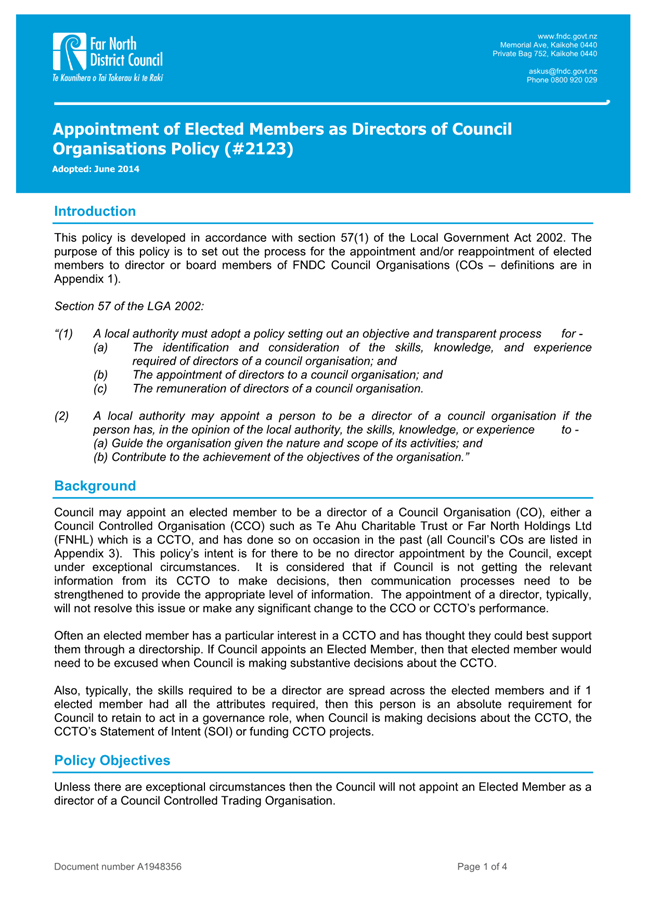
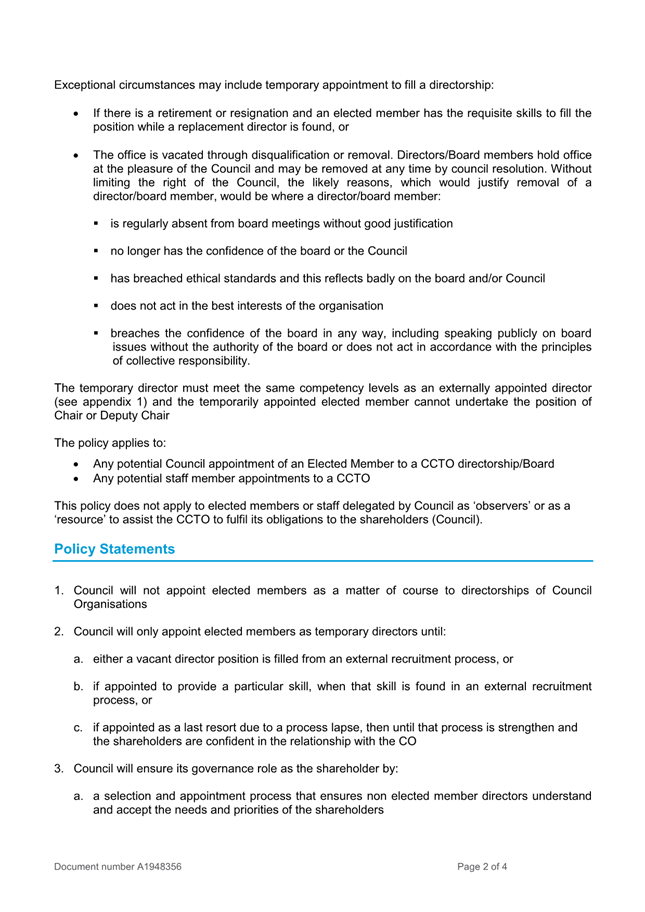
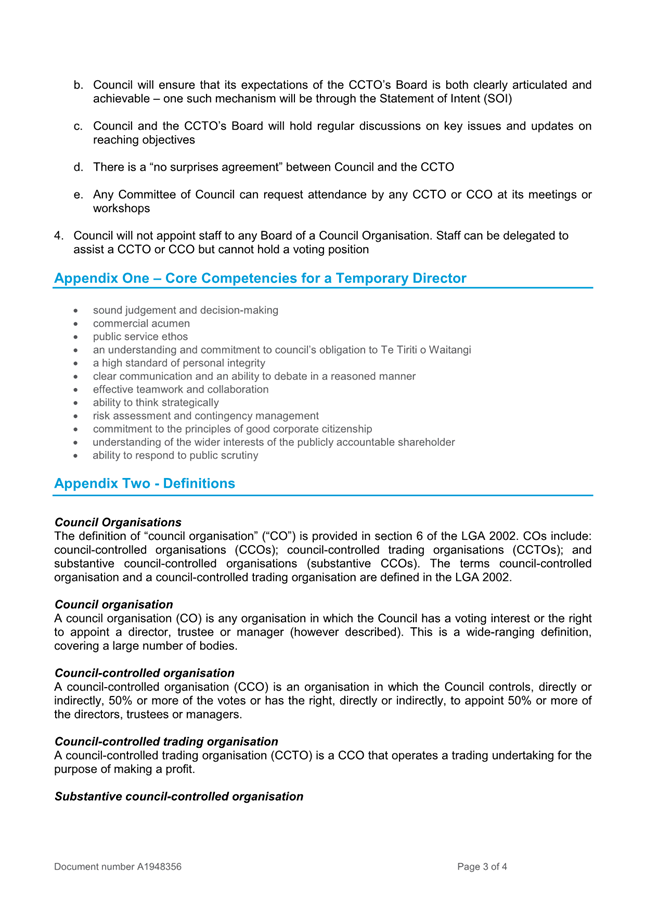
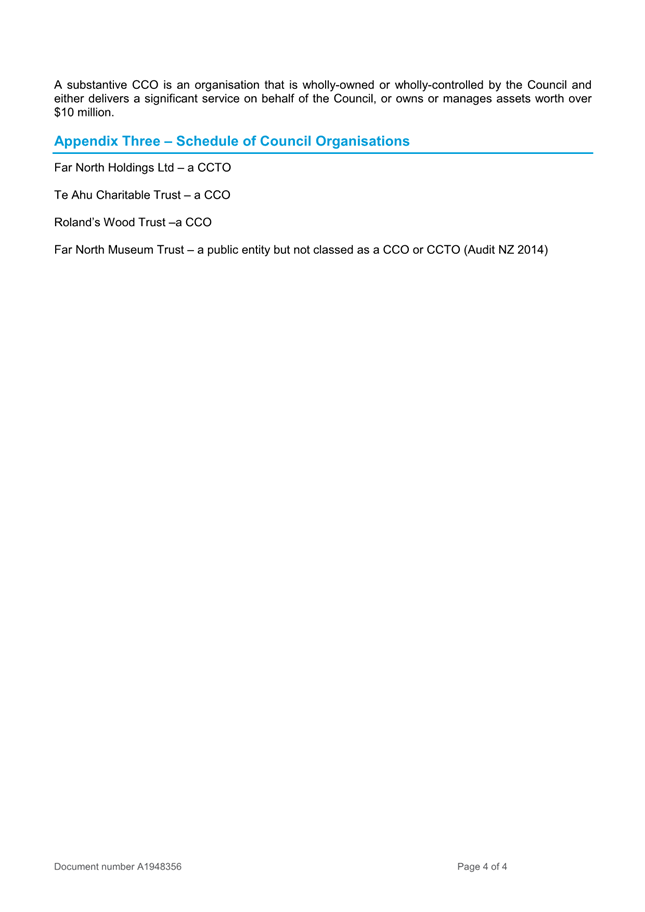
|
Ordinary Council
Meeting Agenda
|
3 July 2025
|
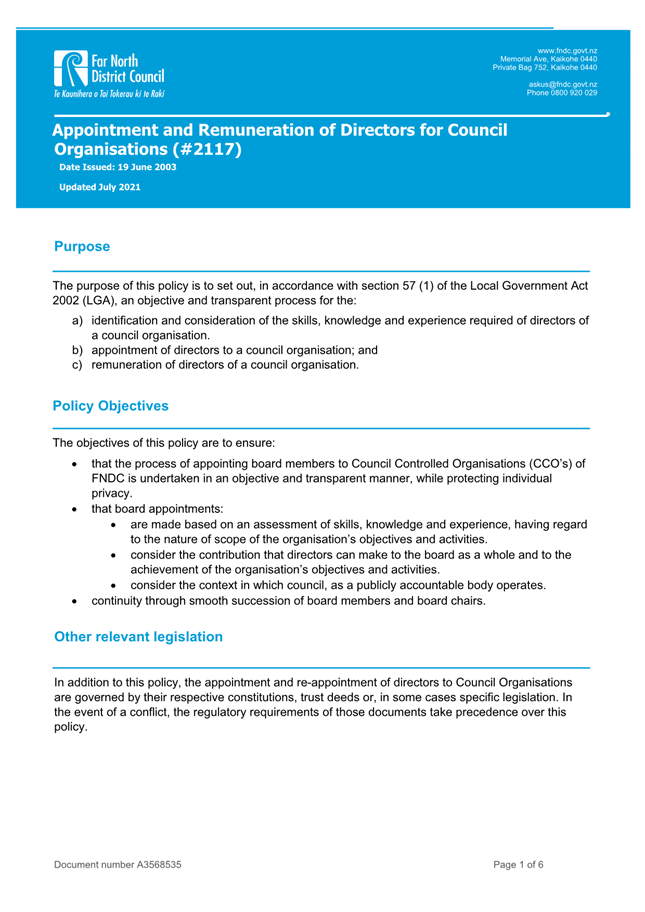
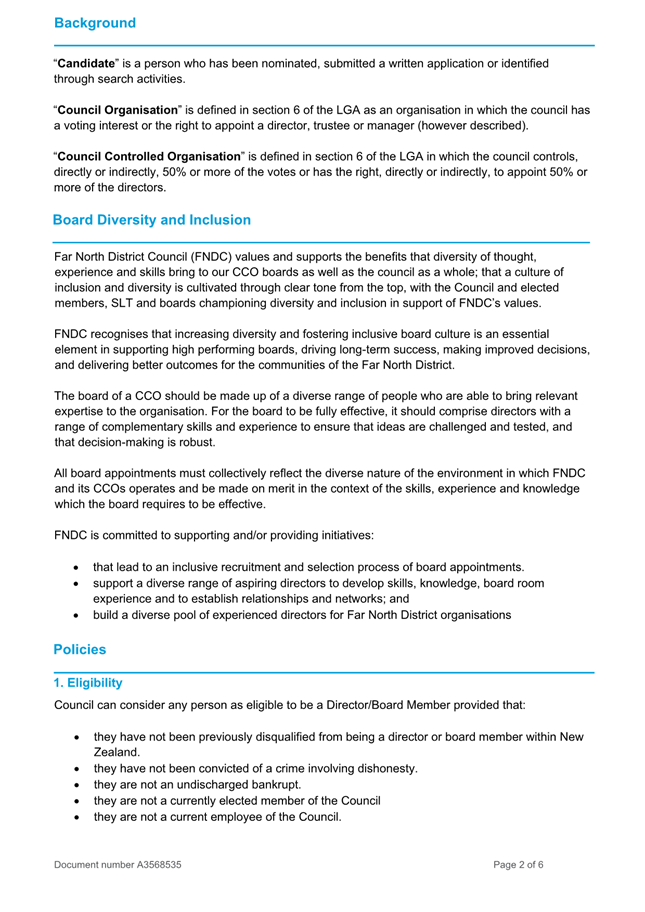
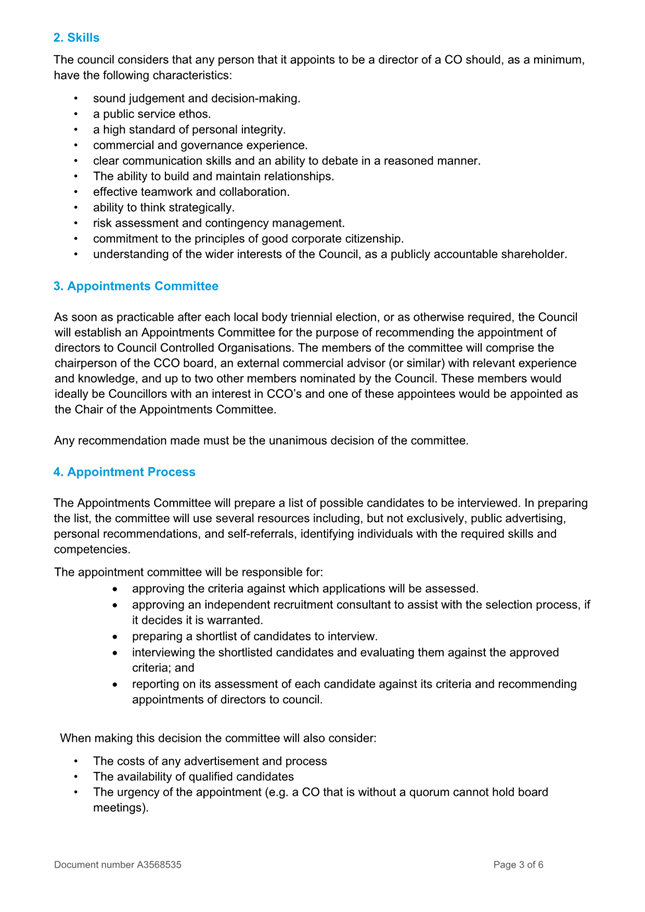
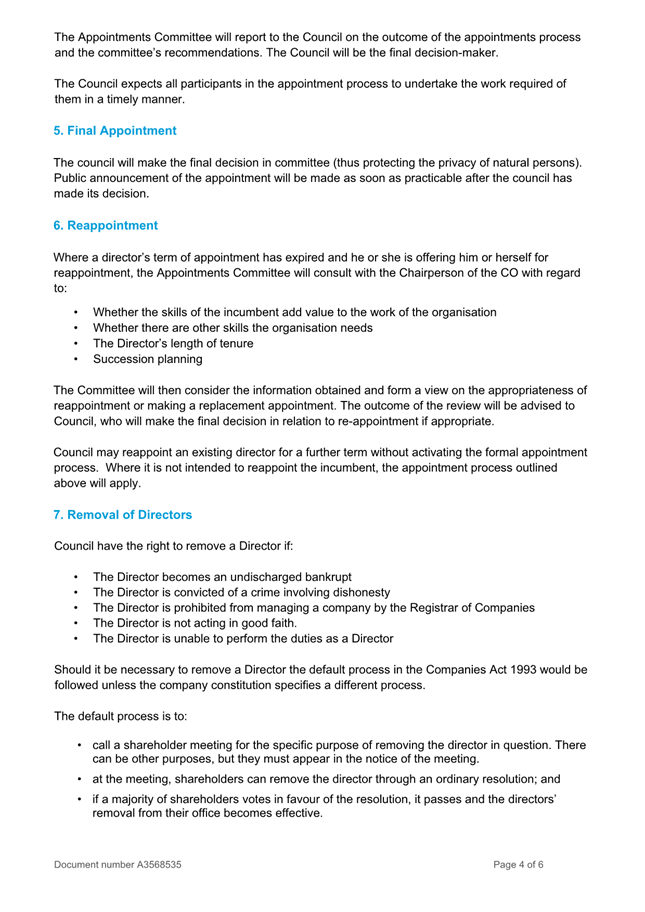
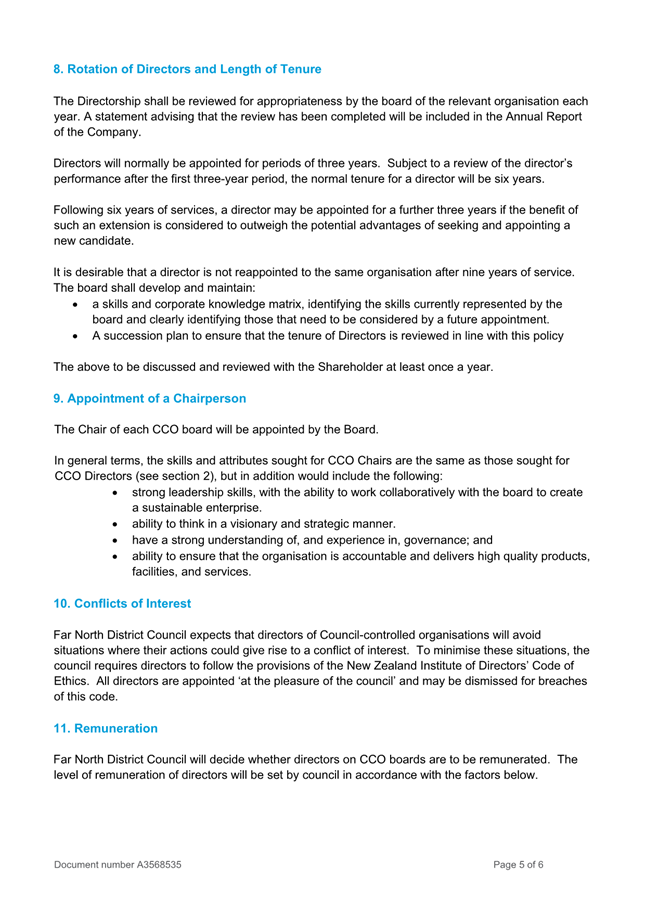
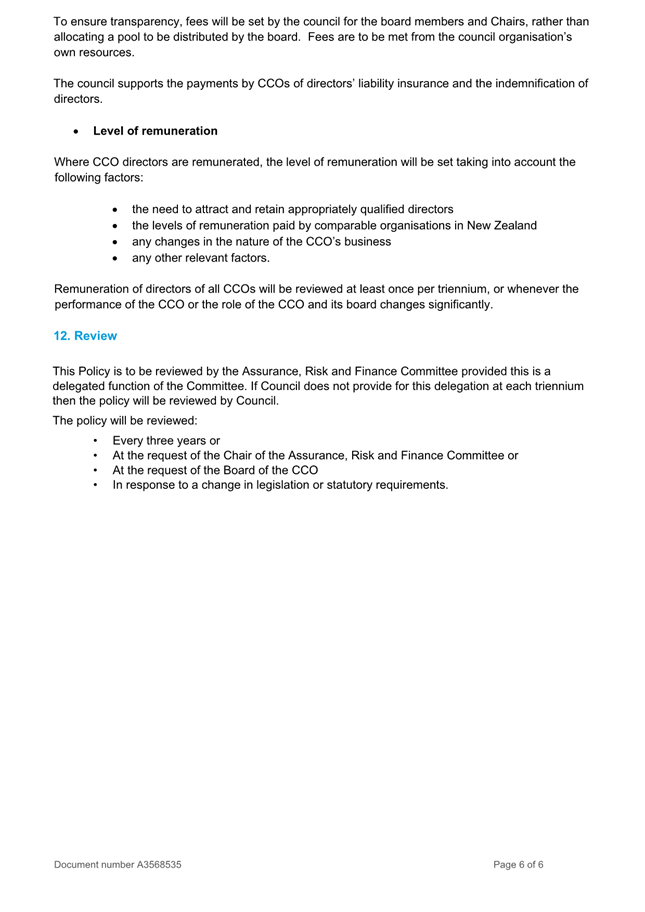
|
Ordinary Council
Meeting Agenda
|
3 July 2025
|
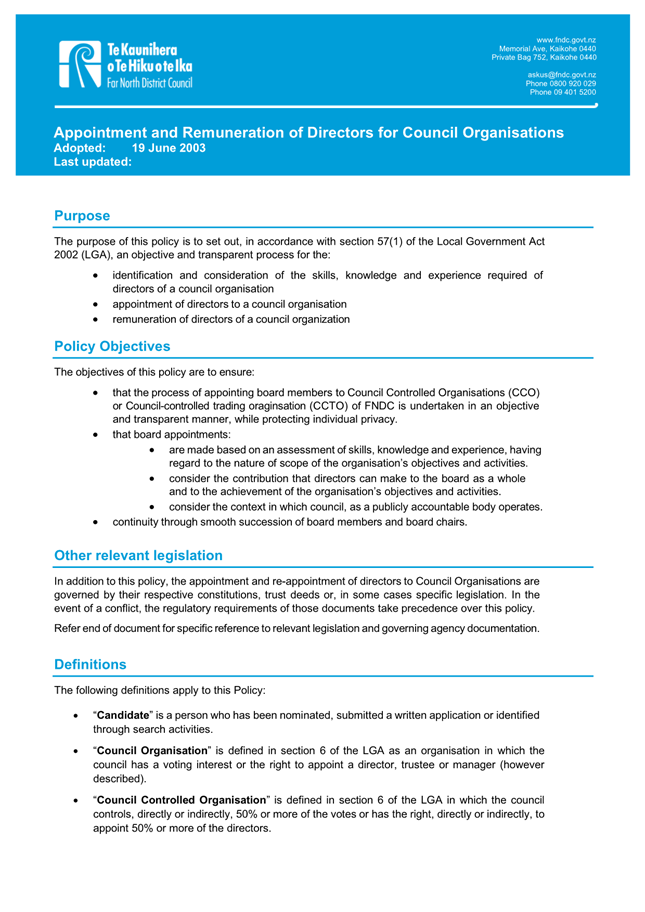
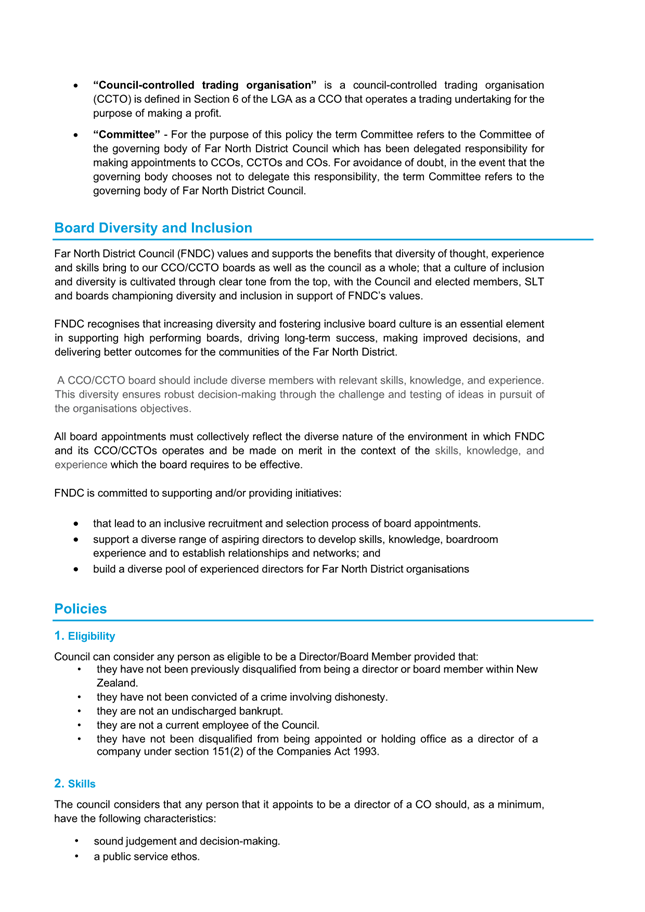
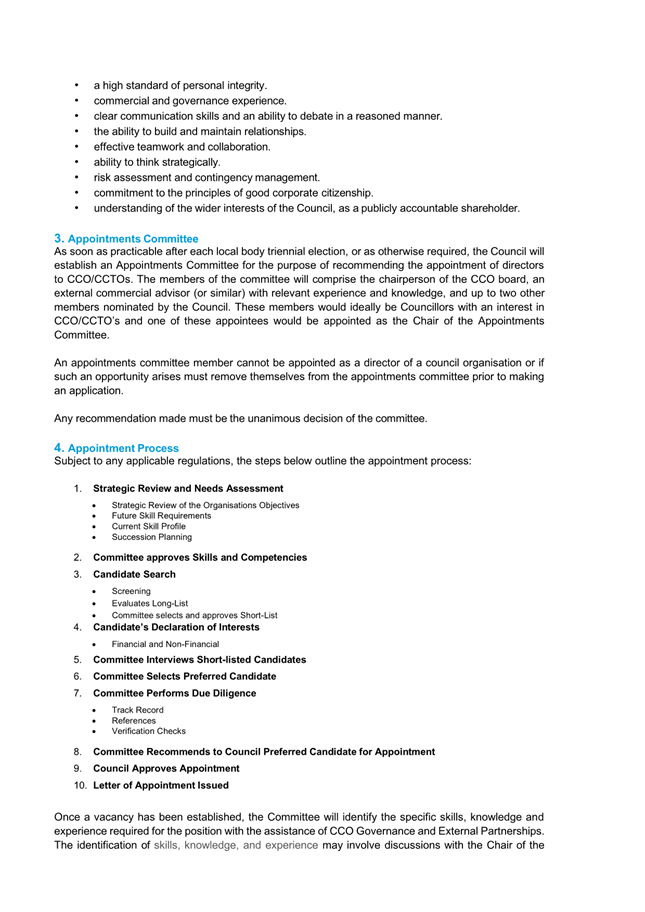
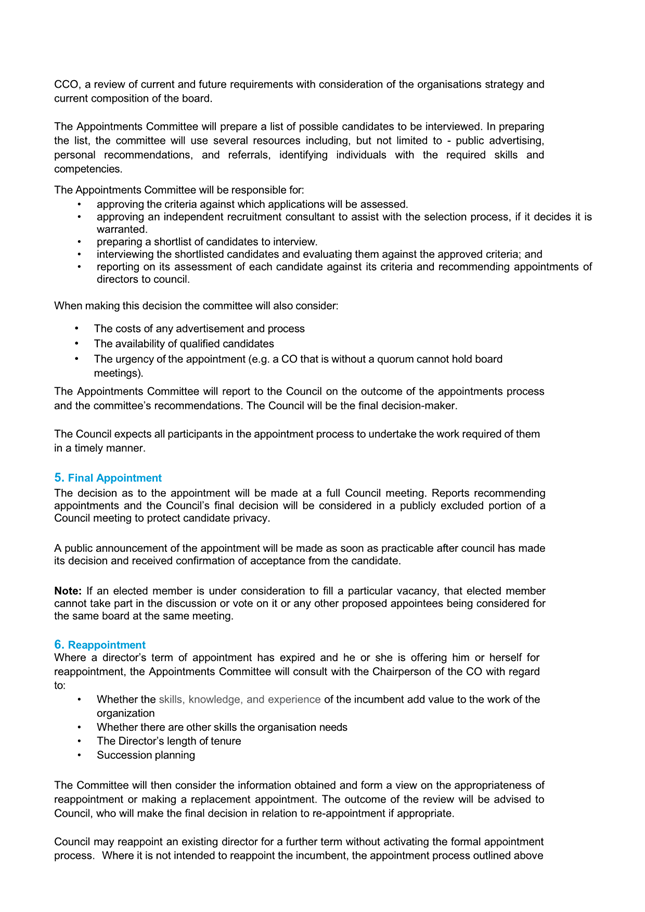
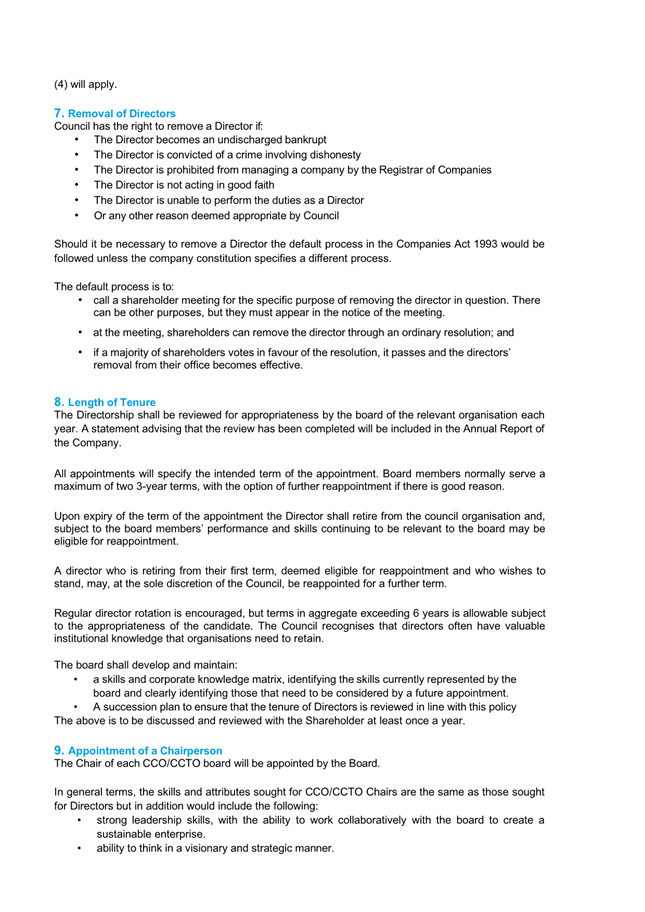
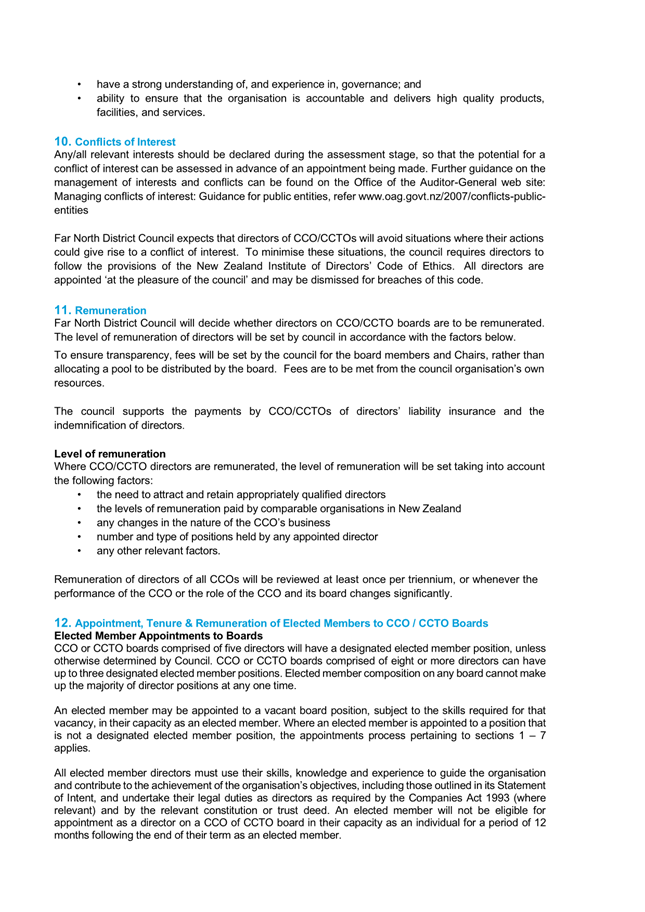
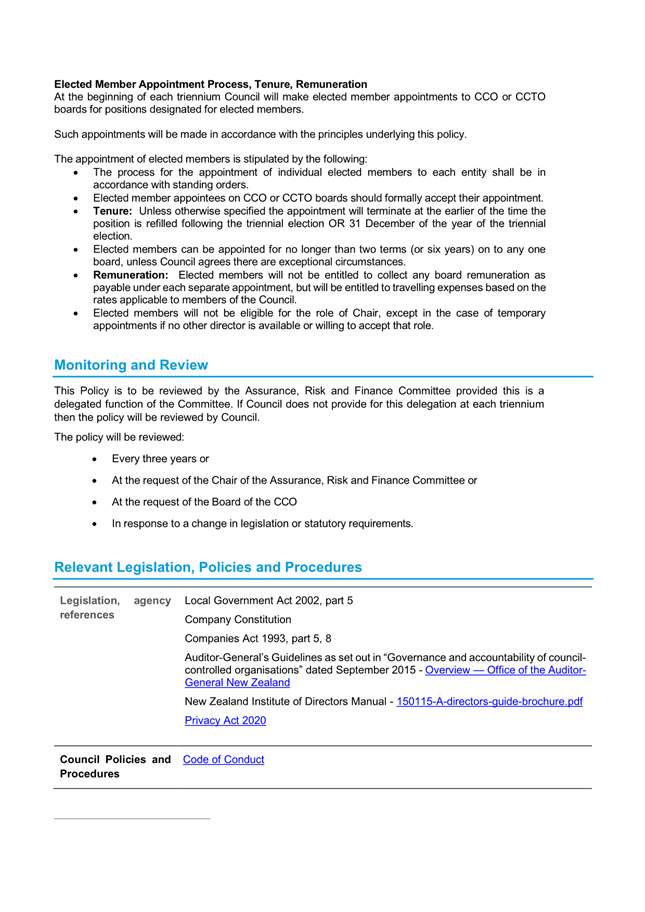
6.6 Amended
Rating Relief Policy Draft - Proposal for Public Consultation
File
Number: A5246888
Author: Shayne
Storey, Team Leader - Policy & Bylaws
Authoriser: Roger
Ackers, Group Manager - Planning & Policy
Take Pūrongo / Purpose of the Report
To recommend that Council approve the amended rating relief
policy draft for consultation as presented to the Te Kuaka Te Ao Māori
Committee on 19 June 2025.
WhakarĀpopoto matua / Executive Summary
· Under section 102 of the Local Government Act 2002 (LGA02) Council
must have rates remission and rates postponement policies. This includes the
requirement to adopt a policy on remission and postponement of rates on
Māori freehold land
· The current Rating Relief Policy (Attachment 1) was due for review
no later than September 2026. The review has been brought forward at the
request of elected members.
· On 8 May 2025, Council resolved that the Rating Relief Policy should
continue with amendment (2025/46, refers)
· A proposal for an amended Rating Relief Policy, including a draft of
the amended policy, is in Attachment 2.
· Financial modelling has not been undertaken to assess the potential
impact of the proposed rating policy amendments on rates income. This is
primarily due to the lack of reliable data to inform any assumptions.
· Council must now decide whether to approve the Proposal and proceed
with public consultation.
· On 19 June 2025 Te Kuaka Te Ao Māori Committee (Te Kuaka)
considered this report and made the following recommendation to Council
|
tŪtohunga
/ Recommendation
That Council:
a) adopts
the proposal in attachment 2 to be released for public consultation to meet
the requirements of section 82 of the Local Government Act 2002.
b) approves,
the period for making written submissions on the proposal will be a minimum
of 4 weeks.
c) delegates
authority to the Mayor to decide on the date of oral presentation/s of
submissions.
d) authorises
the Chief Executive to make any necessary minor drafting or presentation
amendments to the proposal to correct errors or omissions, or to reflect the
decisions made by the Council prior to final publication and public release.
|
1) TĀhuhu kŌrero / Background
Under section 102 of the Local
Government Act 2002 (LGA02), Council must have rates remission and rates
postponement policies. This includes the requirement to adopt a policy on
remission and postponement of rates on Māori freehold land and the
discretion to adopt rates remission and rates postponement policies.
On 13 May 2021 (Resolution 2021/20) Council made the Rating
Relief Policy under section 102 of the LGA02.
The current policy was due for statutory review no later
than September 2026. The review has been brought forward at the request of
elected members, specifically to review the policies relating to Māori
freehold land. However, the Policy was reviewed collectively to ensure that any
amendments to the policy were not progressed in isolation.
Staff reviewed the Policy and identified amendments were
required to provide clarity, as well as additional guidelines, conditions and
criteria.
On 8 May 2025, Council resolved that the
Rating Relief Policy should continue with amendment (2025/46, refers).
On 19 June 2025 Te Kuaka considered this report and made
recommendations to Council.
2) matapaki me NgĀ KŌwhiringa /
Discussion and Options
Summary of the review
The review of the policy identified amendments were required
to provide clarity, as well as additional guidelines, conditions and criteria.
Staff also recommended amendments to the Introduction of the policy to provide
supplementary information and specific reference to both the Preamble to Te
Ture Whenua Māori Act 1993 and the objectives of rating relief in relation
to Māori Freehold Land under Schedule 11 of the Local Government Act 2002.
Additionally, staff recommended incorporating definitions into the relevant
sections of the policy, which would provide further clarification.
The current objectives of Council’s rating relief
policy are to:
· provide a fair and
equitable collection of rates from all sectors of the community
· provide an
equitable system of rating remission and postponement for all sectors of the
community
· recognise that
there is a community benefit to provide rating relief to certain charitable and
· community
organisations
· provide ratepayers
with financial assistance where they might otherwise have difficulty meeting
their obligations to pay rates
· align with
Council’s community outcomes and strategic priorities
· recognise that
certain unoccupied, unused Māori Freehold Land may have conditions,
ownership structures, or other circumstances which make it appropriate to remit
or postpone rates for defined periods of time
· ensure
consideration of Schedule 11 of the LGA 2002 (matters relating to rates relief
on Māori Freehold Land).
Te Ture Whenua
Māori Act 1993 (TTWMA)
Te Ture Whenua Māori Act 1993 (TTWMA) is the primary
legislation governing whenua Māori, including Māori Freehold Land.
The preamble to that Act sets out the principles within which the whenua
Māori framework operates.
Under section 102 LGA02 Rates Remissions Policies must
support the principles set out in the preamble to TTWMA. All policies in
the Rates Remission and Postponement Policy apply to whenua Māori freehold
land unless stated otherwise and whenua Māori rates remission provisions
in the policies have been developed against the backdrop of the TTWMA
principles and the objectives outlined in Schedule 11 of the LGA02 (Matters
relating to rates relief on Māori freehold land).
The objectives of rating
relief in relation to Māori Freehold Land under Schedule 11 of LGA02 are:
· supporting
the use of the land by the owners for traditional purposes
· recognising
and supporting the relationship of Māori and their culture and traditions
with their ancestral lands
· avoiding
further alienation of Māori freehold land
· facilitating
any wish of the owners to develop the land for economic use
· recognising
and taking account of the presence of wahi tapu that may affect the use of the
land for other purposes
· recognising
and taking account of the importance of the land in providing economic and
infrastructure support for marae and associated papakāinga housing
(whether on the land or elsewhere)
· recognising
and taking account of the importance of the land for community goals relating
to the preservation of the natural character of the coastal environment
· the
protection of outstanding natural features
· the
protection of significant indigenous vegetation and significant habitats of
indigenous fauna
· recognising
the level of community services provided to the land and its occupiers
· recognising
matters related to the physical accessibility of the land.
Financial Impacts
Financial modelling has not been undertaken to assess the
potential impact of the proposed rating policy amendments on rates income. This
is primarily due to the lack of reliable data to inform any assumptions. In
particular, staff are unable to estimate how many ratepayers may be eligible or
interested in applying for the amended remission criteria.
For example, an investigation would need to be undertaken to
identify the number of papakāinga within the District. There is not
currently an existing mechanism to collect this data. The timeframe and
additional resources required for this type of study is unknown.
A draft of the amended policy can be found in the proposal
document (Attachment 2). Council staff teams from Te
Hono, Corporate Services, Community & Engagement, Legal Services and Policy
& Planning have been involved in the drafting of the amended Policy.
Form and Content
The majority of the proposed amendments are administrative
or technical in nature and are intended to correct legal inaccuracies,
inconsistent language, grammatical errors, or provide clarification around the
intent of the Policy. The proposed substantive amendments may be summarised as
follows:
Introduction
· Insert reference to the TTWMA 1993 Preamble as a guiding
principle
· Insert full recitation of Schedule 11 LGA02 to include the
objectives of rating relief in relation to Māori Freehold Land.
Definitions
· The definition section has been deleted. If necessary, the
definition has been incorporated into the body of the relevant Policy.
R21/01 Remission of Penalties
· Conditions and Criteria, clause 1a - delete reference to
“on time payments” as no longer applicable
· Conditions and Criteria, clause 1c - clarify that
compassionate grounds are not restricted to “financial” issues
· Conditions
and Criteria, clause 1d - insert reference to deceased estates subject to
probate due to potential financial hardship occurring.
R21/02 -–
Remission on Land Unusable due to Natural Disaster
ADMINISTRATIVE
AMENDMENTS ONLY
· Conditions
and Criteria, clause 5 – rewording for clarity.
R21/04 - Remission on
Land used by Community, Sports and Not-for-profit Organisations ADMINISTRATIVE AMENDMENTS
ONLY
· Background-
move Local Government Rating Act 2002 information to the footnote
· Policy
Statement, Clause 1 and 2- clarify reference to “financial support”
R21/05 -–
Remission on Properties Spanning Multiple Districts
ADMINISTRATIVE AMENDMENTS
ONLY
· Insert
“Remission on” into title for clarity.
R21/06 Remission on Common-Use Properties
ADMINISTRATIVE AMENDMENTS
ONLY
· Background- insert “residential properties”
under provisions for clarity
· Reword
and reformat for clarity.
R21/07 – Remission of School Sewerage Charges
ADMINISTRATIVE AMENDMENTS
ONLY
· Minor reordering to make flow of Policy clearer.
R21/08 -– Remission of Excess Water Charges
ADMINISTRATIVE AMENDMENTS
ONLY
· Policy Statement, clauses 1-3 -update the clauses for
clarity.
R21/13 – Remission Incentivizing
Māori Economic Development
ADMINISTRATIVE AMENDMENTS
ONLY
· Conditions and Criteria, clause 3 – delete
“Applications must be accompanied by a business case which must include a
cashflow analysis for at least 3 years” as not required.
· Conditions
and Criteria, clause 7 – delete “Upon approval, an annual report and financial statements on
the development must be submitted to Council within 3 months of the end of the
entity’s financial year.”, as not required.
R21/14 – Remission of Rates on Treaty
Settlement Lands
· Scope – amend for clarity, delete date reference as
Policy applies to all Treaty Settlement Lands, regardless of settlement date
· Scope
- amend the definition of “Treaty Settlement Lands” to align with
the conventional use of the terms “cultural redress” and
“commercial redress” in Claims Settlement Legislation, to provide
greater clarity.
R23/15 -– Remission Enabling Housing Development on
Māori Freehold Land
ADMINISTRATIVE AMENDMENTS
ONLY
· Conditions and Criteria – clause 4, insert “where relevant”.
P21/01 – Remission on Land Subject to
Protection for Outstanding Natural Landscape, Cultural, Historic or Ecological
Purposes
ADMINISTRATIVE AMENDMENTS
ONLY
· Amendments made to improve clarity.
P21/03 -– Postponement of Rates on Landlocked Land
· Conditions and Criteria - clause 1, delete as repetitive
· Conditions and Criteria – clause 2, delete as
inclusion of a requirement for a “legal assessment” defeats the
purpose of providing relief because the applicant cannot afford to pursue legal
options under the Property Law Act.
· Conditions and Criteria – clause 6, delete as
covered by general statement to this effect under “Making an
Application”
· Conditions and Criteria – clause 7, delete as provided
for under the Local Government Rating Act 2002 (LGRA 02).
P21/04 - Transitional Policy for the Postponement of Rates
on Farmland
ADMINISTRATIVE
AMENDMENTS ONLY
· Amendments made to improve clarity.
P21/05 – Postponement of Residential Rates
for Senior Citizens
ADMINISTRATIVE
AMENDMENTS ONLY
· Amendments made to improve clarity.
ML21/01 – Unused Māori Freehold Land
· Background - clarify which types of Māori Land are
non-rateable under the LGRA (02)
· Conditions
and Criteria – clause 1, delete reference to section 96 LGRA as it is not
relevant
· Conditions and Criteria – clause 2, delete as
covered by general statement to this effect under “Making an
Application”.
ML21/02 - Māori Freehold Land Used for the
Purposes of Papakāinga or Other Housing Purposes Subject to Occupation
Licenses, Rental Agreements or Other Informal Arrangements
· Title - amend to include rental agreements
· Background – amend to include rental agreements
·
Consultation process
Section 82 of the Local Government Act 2002 does not
stipulate a minimum length of time for consultation, however a consultation
period of at least four weeks is considered best practice. Therefore,
consultation will open on 4 July 2025 and close on 1 August 2025, which is a
period of four weeks.
Council staff recommend people be encouraged to present
their views primarily by making comments or submissions via the Council’s
website. A submission form will be provided for download on the website for
people to print and use to make written submissions either by post or delivery
to Council offices. A small number of printed copies of the proposal document
and submission form will be made available at Council offices for people to use
if they are not able to print the documents themselves. A link to the webpage
for making submissions will be emailed to the Council’s
“subscribers” database and publicised on the Council’s social
media pages. Council staff will give notice of the proposed policy to Iwi, hapu
and other organisations representing Māori in the Far North district.
Council staff will be available to discuss the Proposal with interested and
affected parties during the consultation period.
The Proposal may be of interest to the public and Council
staff expect there may be requests to present submissions orally to elected
members. Staff therefore recommend the Council delegate, to the Mayor, the
power to arrange and change the date of the oral presentations of submissions.
TAKE TŪTOHUNGA
/ REASON FOR THE RECOMMENDATION
On 8 May 2025, Council resolved that the Rating Relief
Policy should continue with amendment.
Under section 82 of the Local Government Act 2002, Council
is required to consult when amending this policy.
A proposal for an amended Rating Relief Policy, including a
draft of the amended policy, is in Attachment 2.
The recommended consultation period is for four weeks from 4
July 2025 to 1 August 2025, followed by oral submissions, if required. Due to
statutory timing constraints a report will not be provided at the August Te
Kuaka Committee meeting. The final policy will go directly to Council in
September.
Next Steps
If Council approves the recommendation on 3 July 2025,
staff aim to present an analysis of submissions and a proposed final version of
the amended policy to Council in September 2025.
3) PĀnga PŪtea me ngĀ
wĀhanga tahua / Financial Implications and Budgetary Provision
The financial implications of
implementing the amendments to the policy have not been determined. Financial
modelling has not been undertaken to assess the potential impact of the
proposed rating policy amendments on rates income. This is primarily due to the
lack of reliable data to inform any assumptions. In particular, staff are
unable to estimate how many ratepayers may be eligible or interested in
applying for the amended remission criteria.
The cost of consultation on the proposal to amend the Rating
Relief Policy will be minimal (less than $1000 plus staff time and resources)
and will be met from within existing operational budgets.
Āpitihanga
/ Attachments
1. Rating
Relief Policies 2021-31 - A4475266 ⇩ 
2. Proposal
- Rating Relief Policy Amendments - A5211603 ⇩ 
Hōtaka Take Ōkawa / Compliance Schedule:
Full consideration has been given to the provisions of the
Local Government Act 2002 S77 in relation to decision making, in particular:
1. A
Local authority must, in the course of the decision-making process,
a) Seek
to identify all reasonably practicable options for the achievement of the
objective of a decision; and
b) Assess
the options in terms of their advantages and disadvantages; and
c) If
any of the options identified under paragraph (a) involves a significant
decision in relation to land or a body of water, take into account the
relationship of Māori and their culture and traditions with their
ancestral land, water sites, waahi tapu, valued flora and fauna and other
taonga.
2. This
section is subject to Section 79 - Compliance with procedures in relation to
decisions.
|
He Take Ōkawa /
Compliance Requirement
|
Aromatawai Kaimahi /
Staff Assessment
|
|
State the level of significance (high or low) of the
issue or proposal as determined by the Council’s
Significance and Engagement Policy
|
The Rating Relief Policy has a medium level of
significance as: a) it does not involve the transfer of ownership or control
of a strategic asset or other important asset; and b) it is consistent with
current Council plans and policies. However, the Policy is likely to be of
interest to Māori and may generate public interest.
|
|
State the relevant Council policies (external or
internal), legislation, and/or community outcomes (as stated in the LTP) that
relate to this decision.
|
Under section 102 of the Local Government
Act 2002 (LGA02) Council must have rates remission and rates postponement
policies. This includes the requirement to adopt a policy on remission and
postponement of rates on Māori freehold land.
Under section
102 LGA02, Rates Remissions Policies must support the principles set out in
the preamble to Te Ture Whenua Māori Act 1993 (TTWMA). outlined in
Schedule 11 of the LGA02 (Matters relating to rates relief on Māori
freehold land)
|
|
State whether this issue or proposal has a District wide
relevance and, if not, the ways in which the appropriate Community
Board’s views have been sought.
|
The proposal has district-wide relevance and is not
within the delegations of Community Boards to consider.
|
|
State the
possible implications for Māori and how Māori have been provided
with an opportunity to contribute to decision making if this decision is
significant and relates to land and/or any body of water.
State the
possible implications and how this report aligns with Te Tiriti o Waitangi /
The Treaty of Waitangi.
|
The draft policy has been developed closely with Te Hono
and is seeking approval of Te Kuaka - Te Ao Māori Committee prior to
presenting to Council. Seeking the views and input of hapu/iwi in the
development of policy is integral, and Māori will be given an
opportunity to contribute during the consultation stage. Council will give
notice of the proposed policy to organisations representing Māori in the
Far North district.
|
|
Identify persons likely to be affected by or have an
interest in the matter, and how you have given consideration to their views
or preferences (for example – youth, the aged and those with
disabilities).
|
· Māori community
· Far North District ratepayers
· Te Kooti Whenua Māori/
Māori Land Court
· Te Puni Kōkiri/Ministry
of Māori
Development
|
|
State the financial implications and where budgetary
provisions have been made to support this decision.
|
The cost of consultation on the proposal to amend the
Rating Relief Policy will be minimal (less than $1000 plus staff time and
resources) and will be met from within existing operational budgets. o
|
|
Chief Financial Officer review.
|
The Acting CFO has reviewed this report.
|
|
Ordinary
Council Meeting Agenda
|
3 July 2025
|
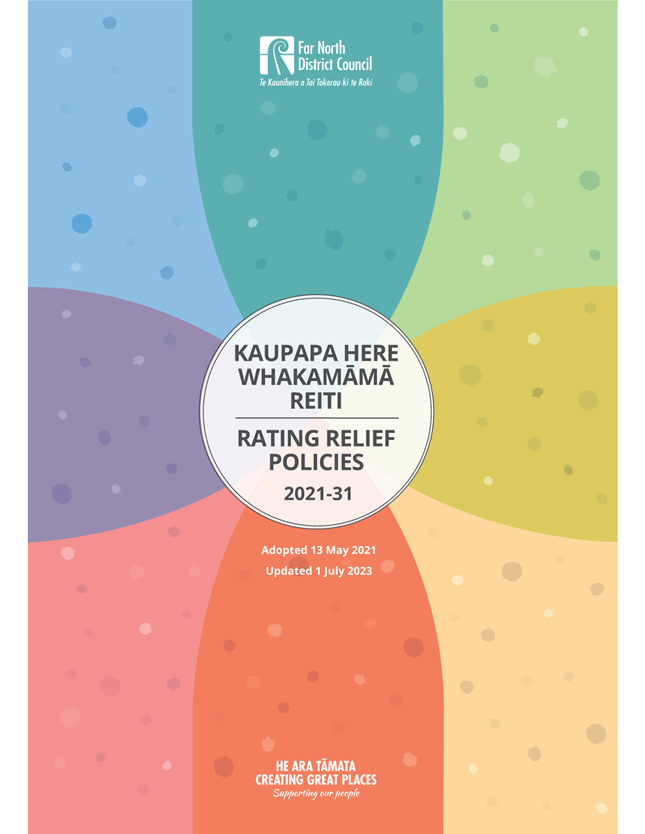
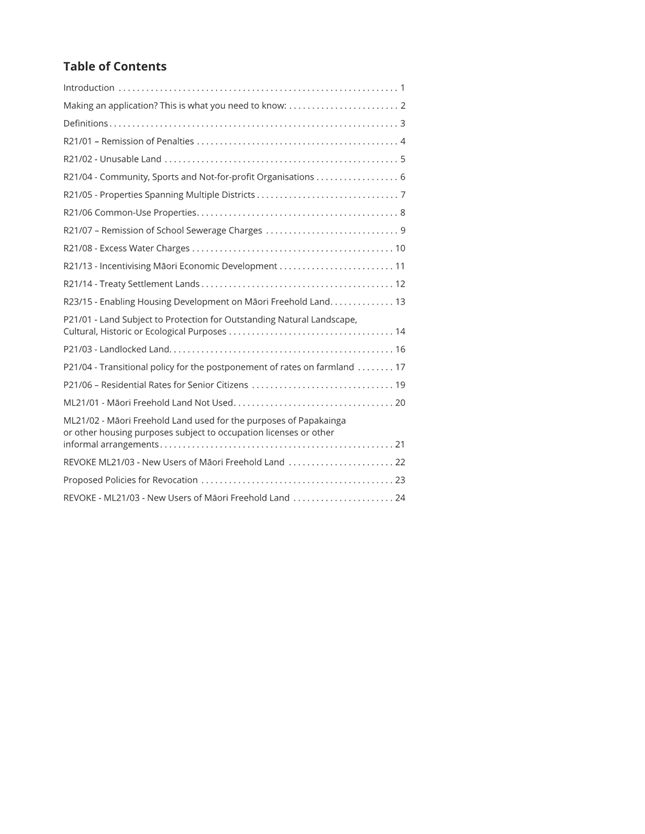
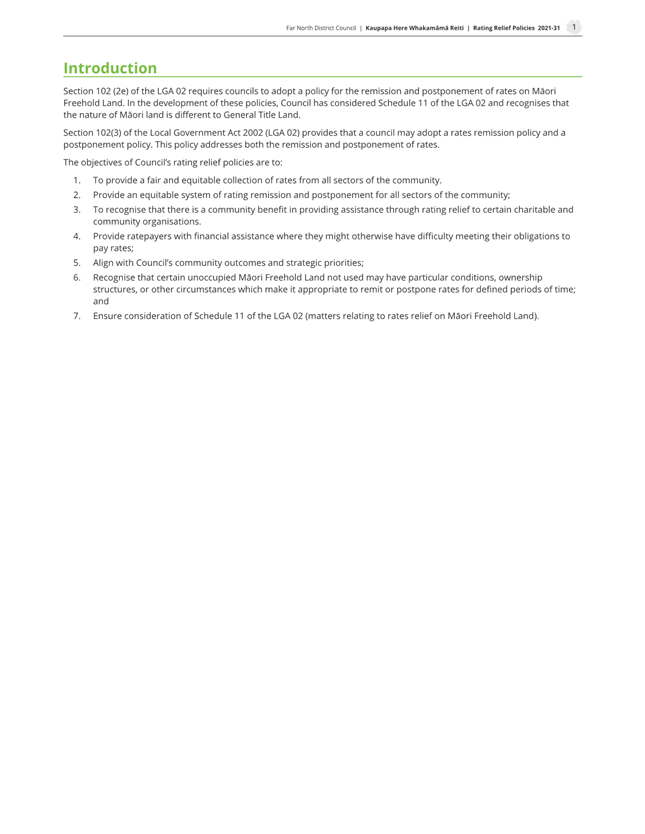
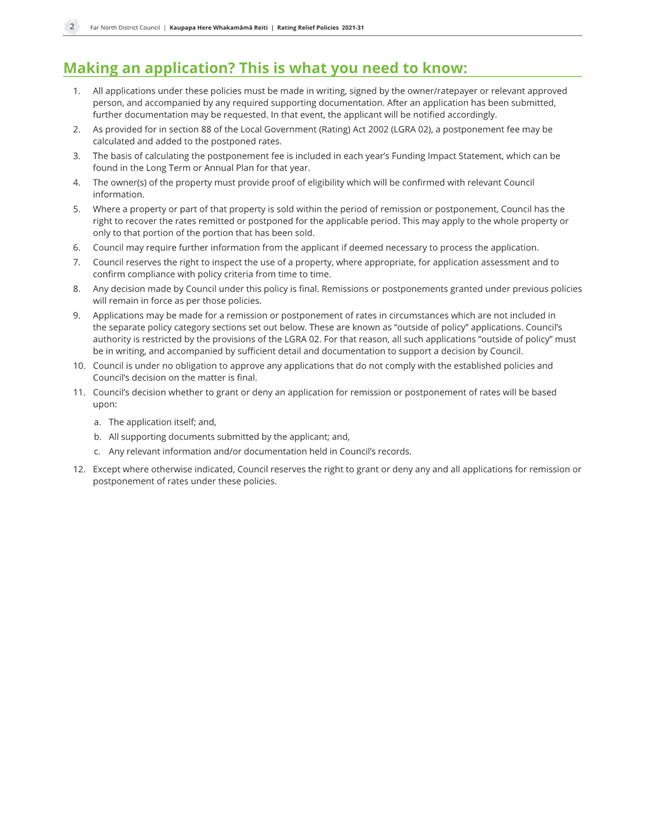
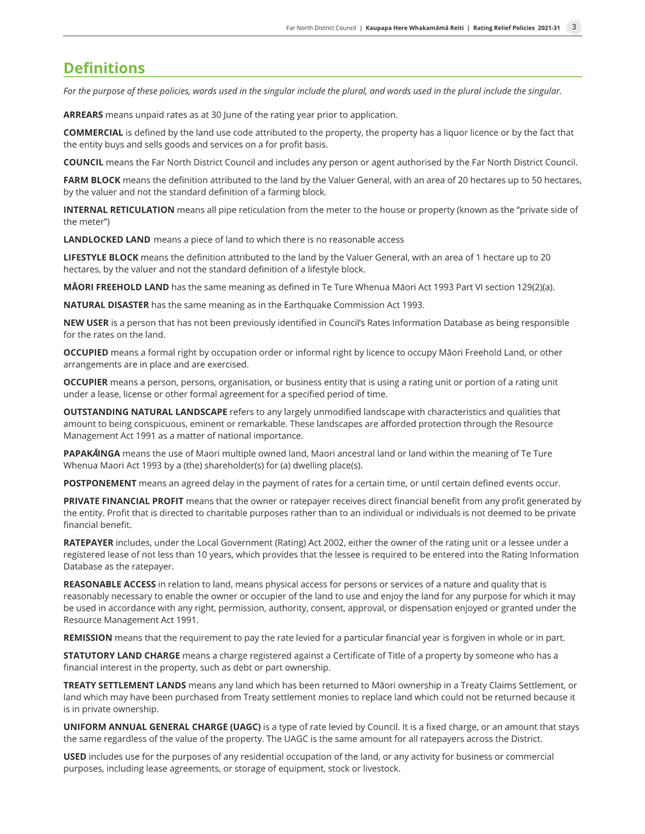
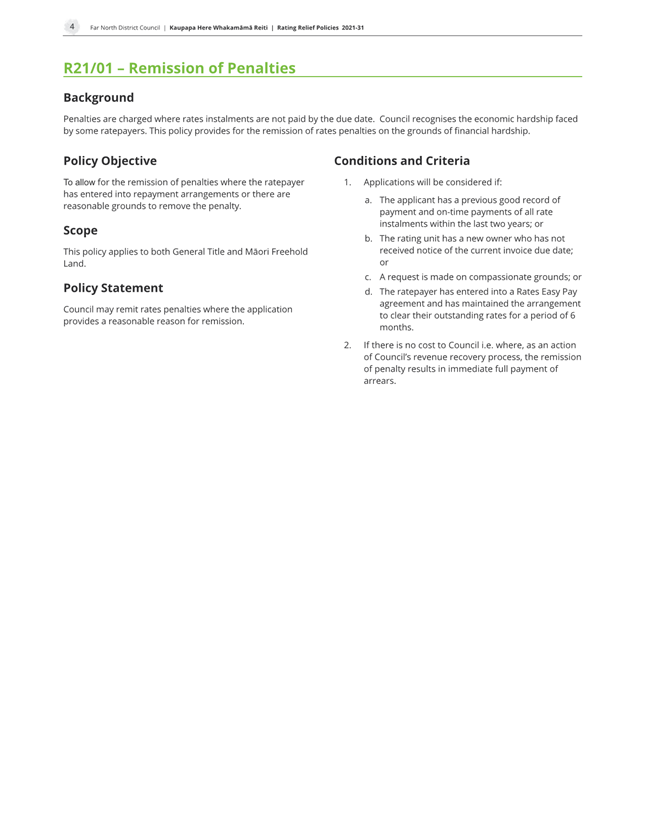
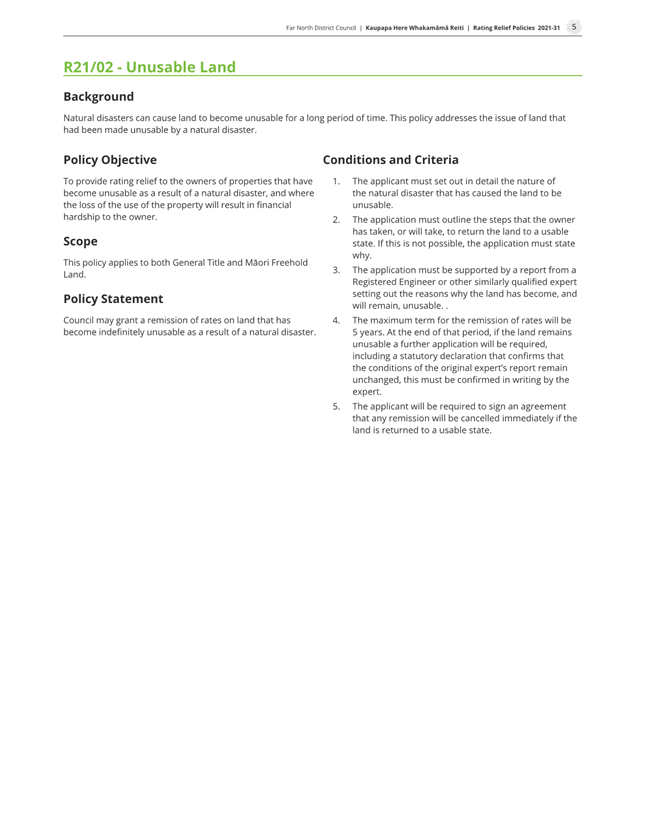
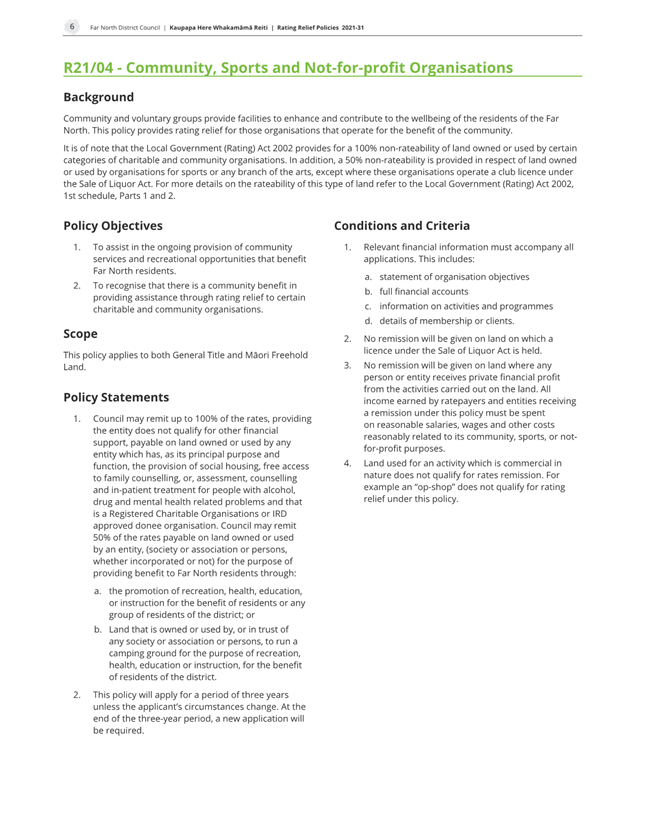
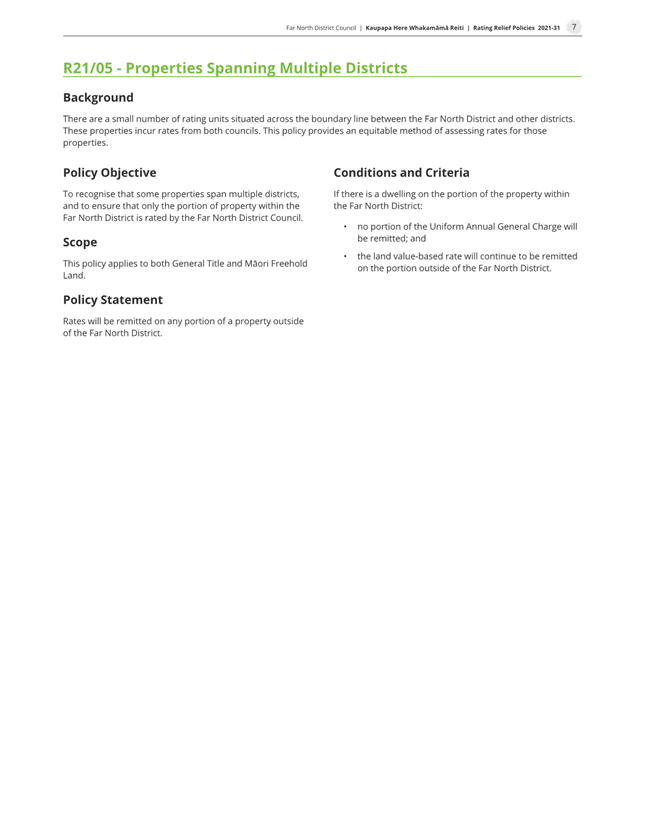
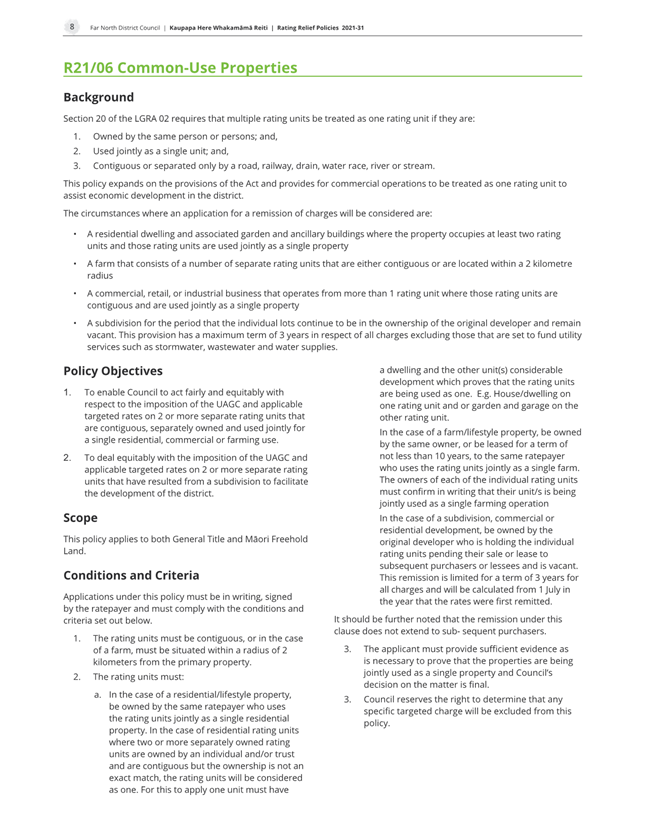
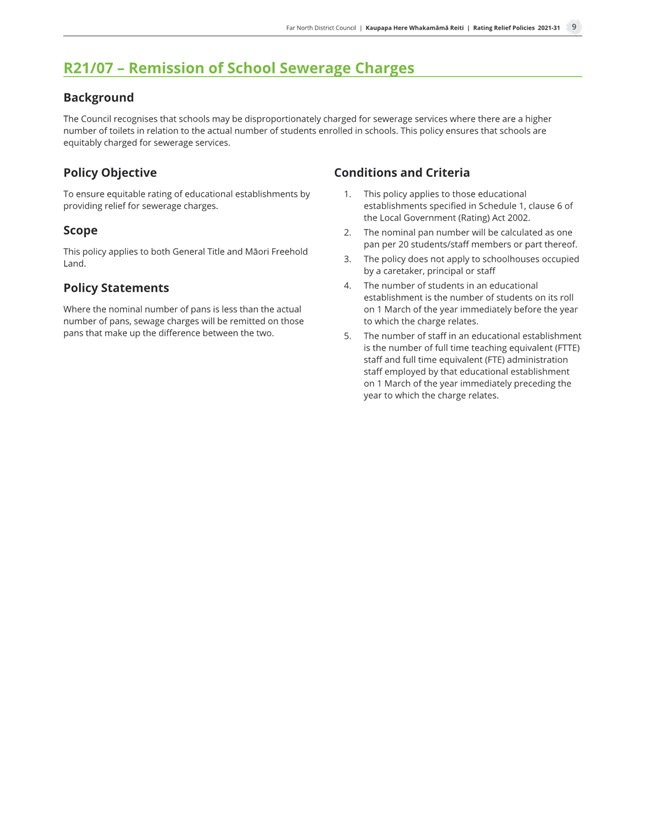
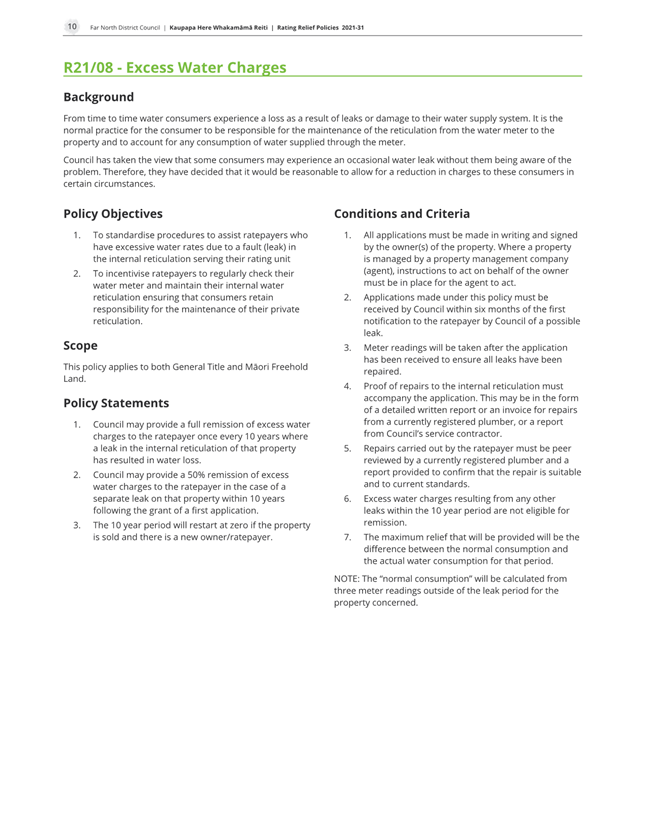
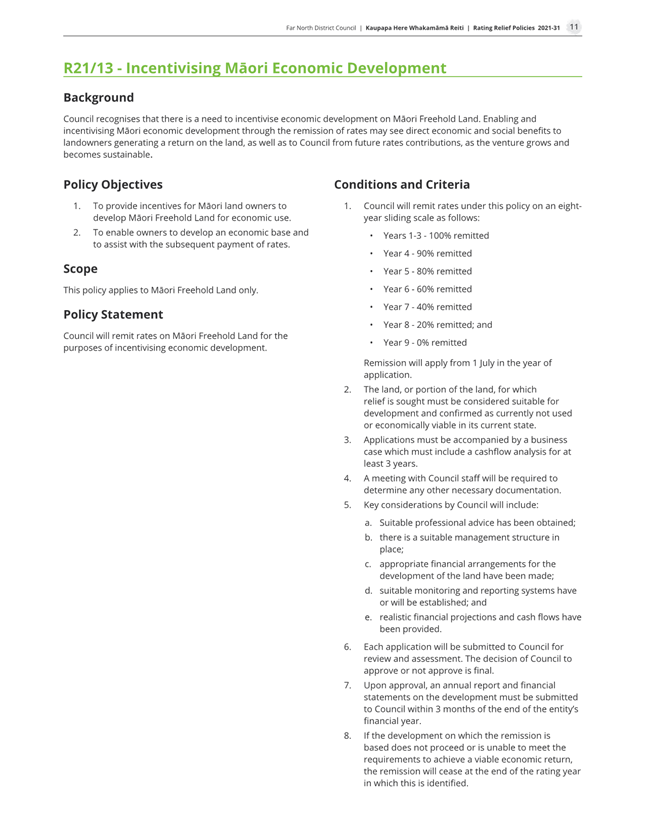
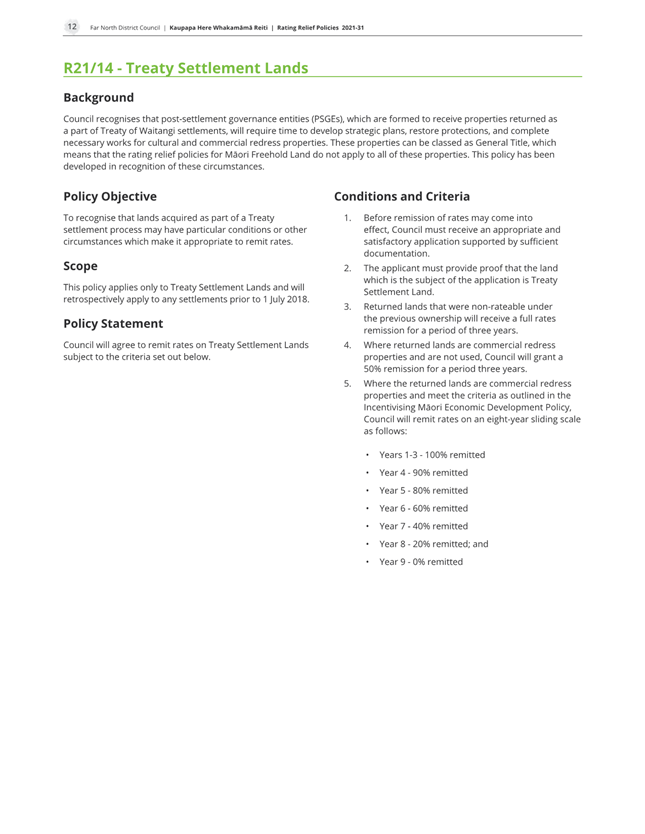
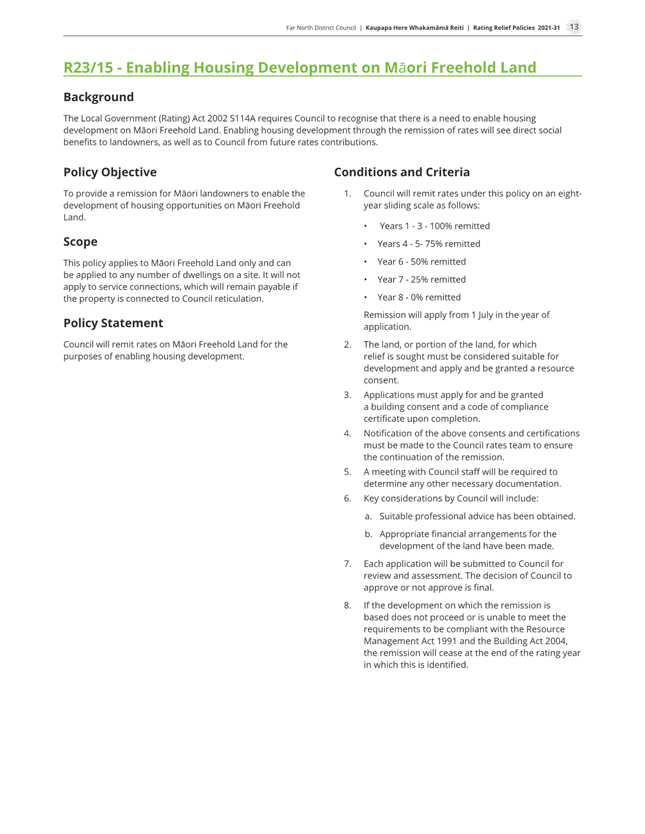
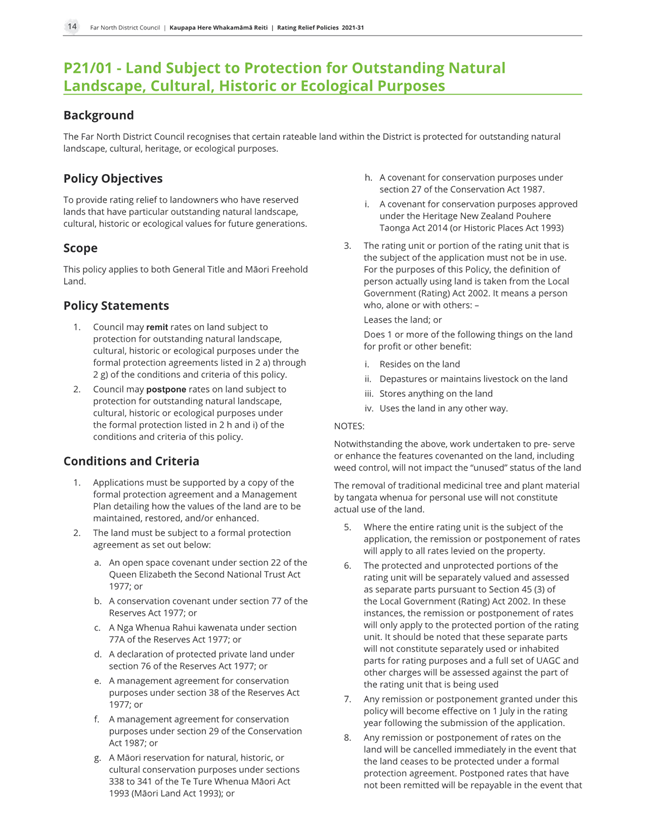
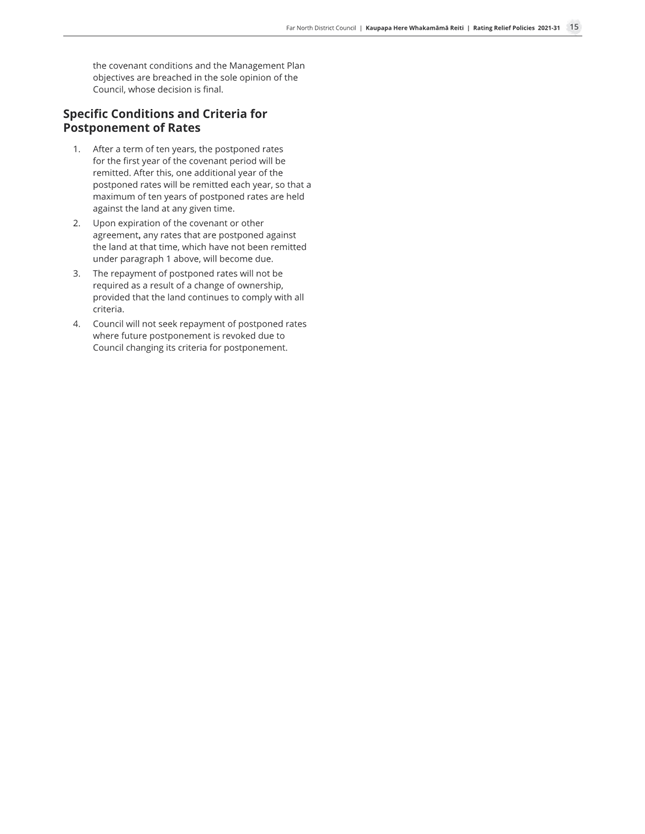
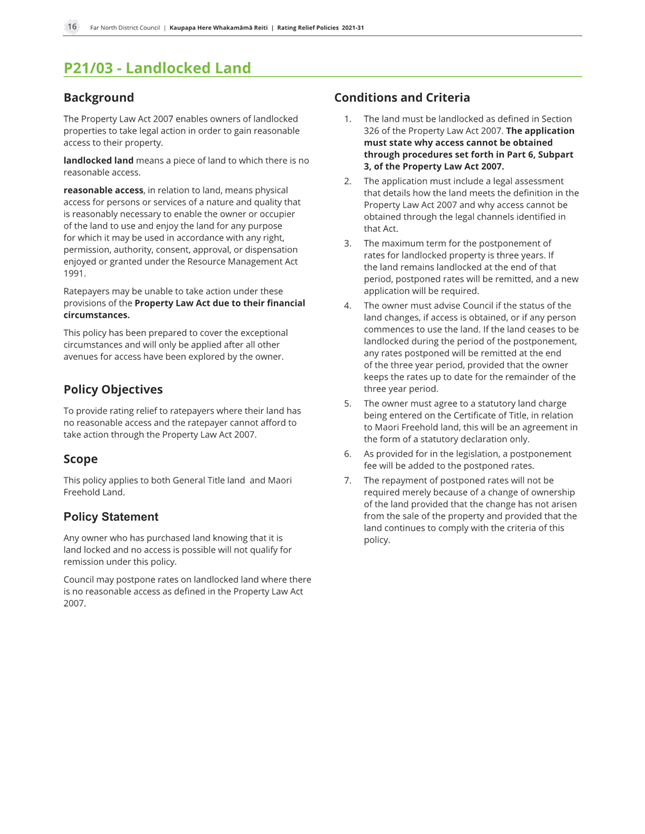
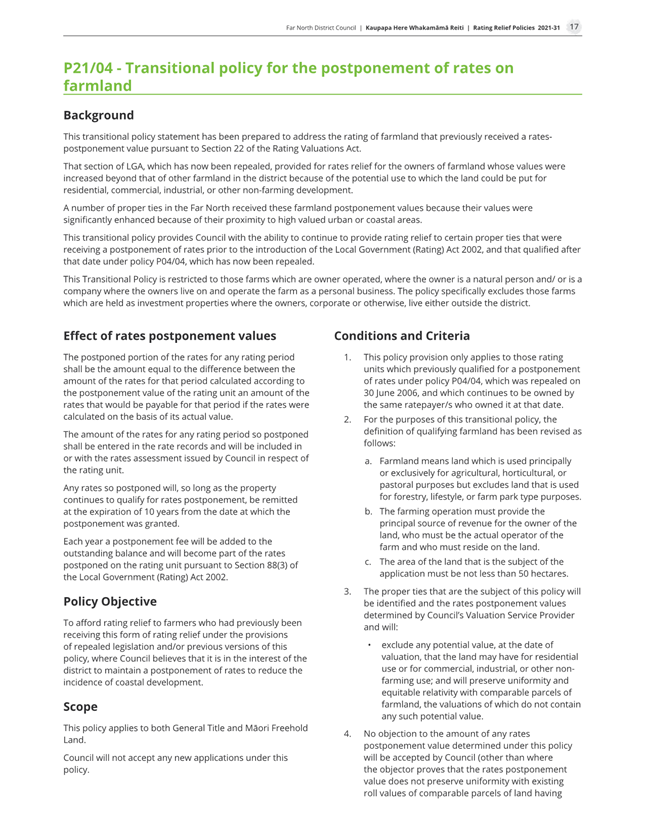
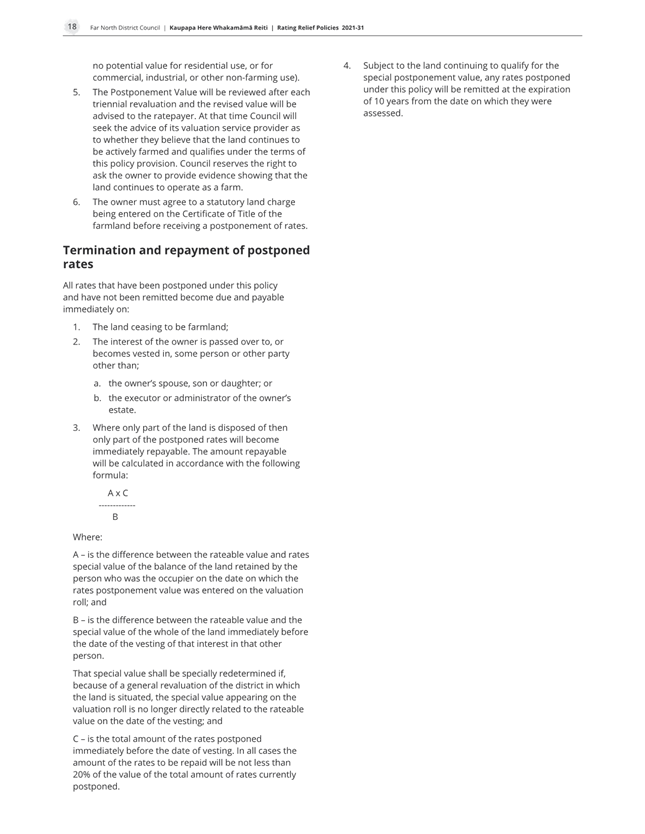
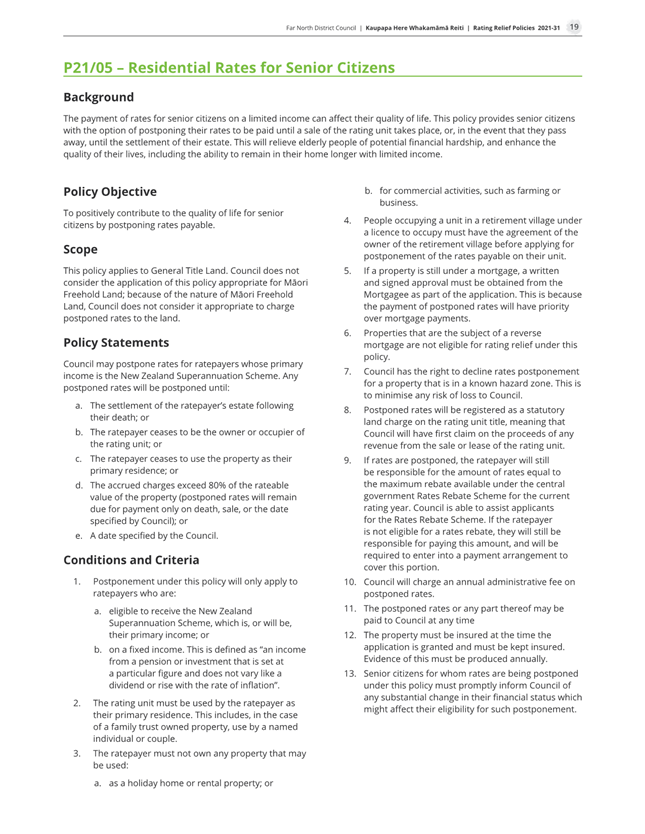
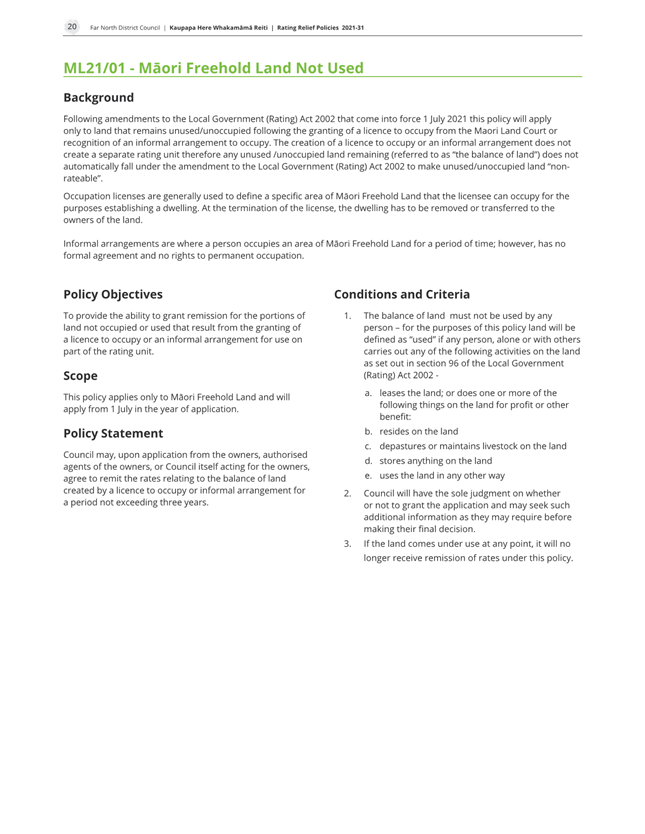
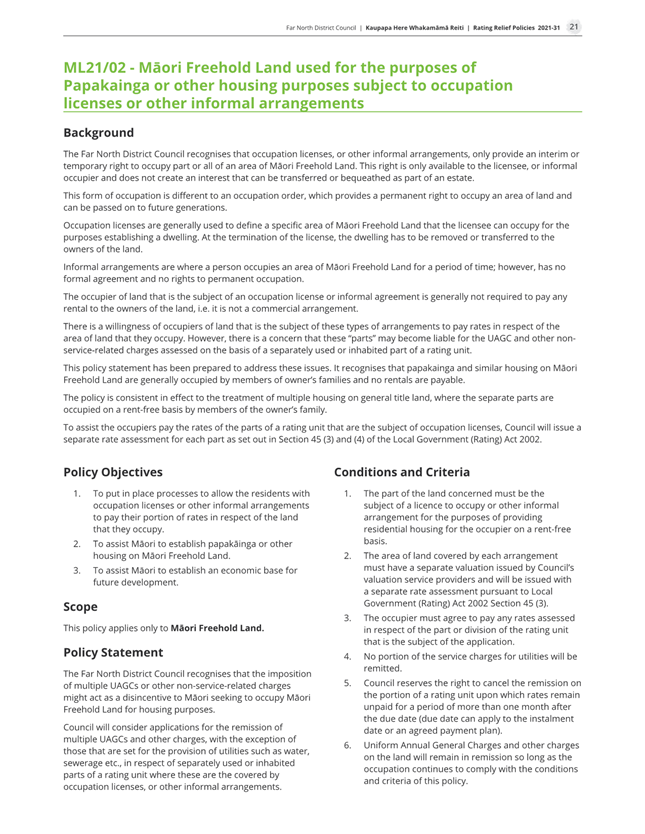
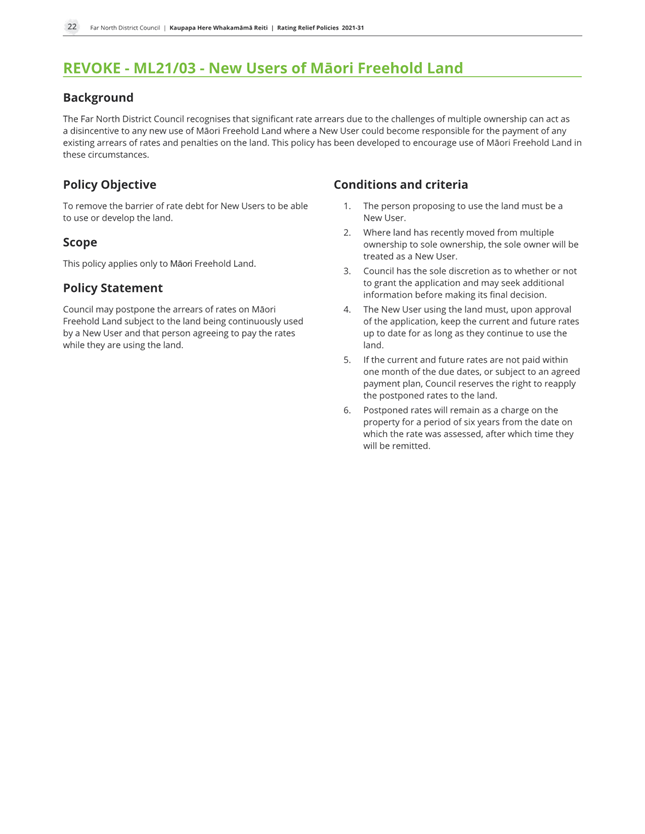
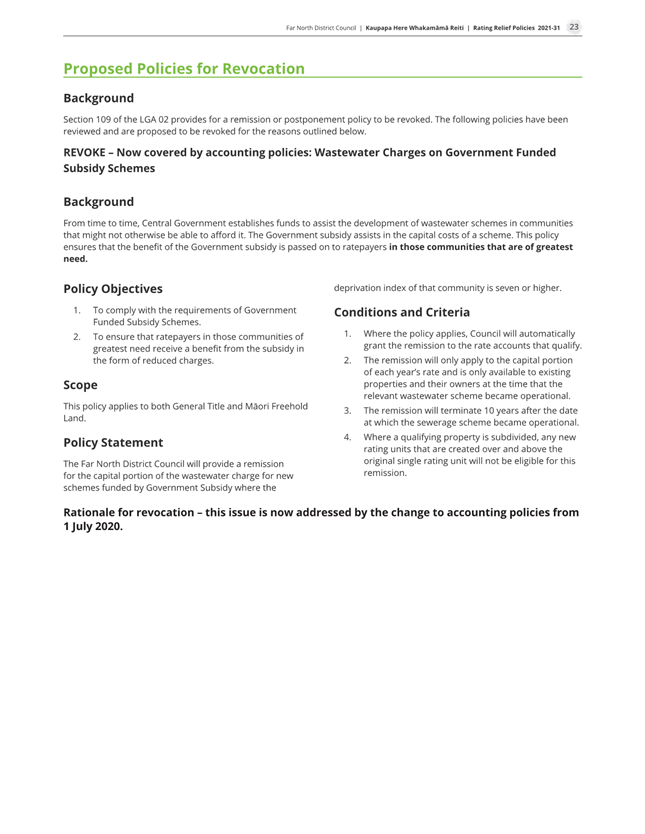
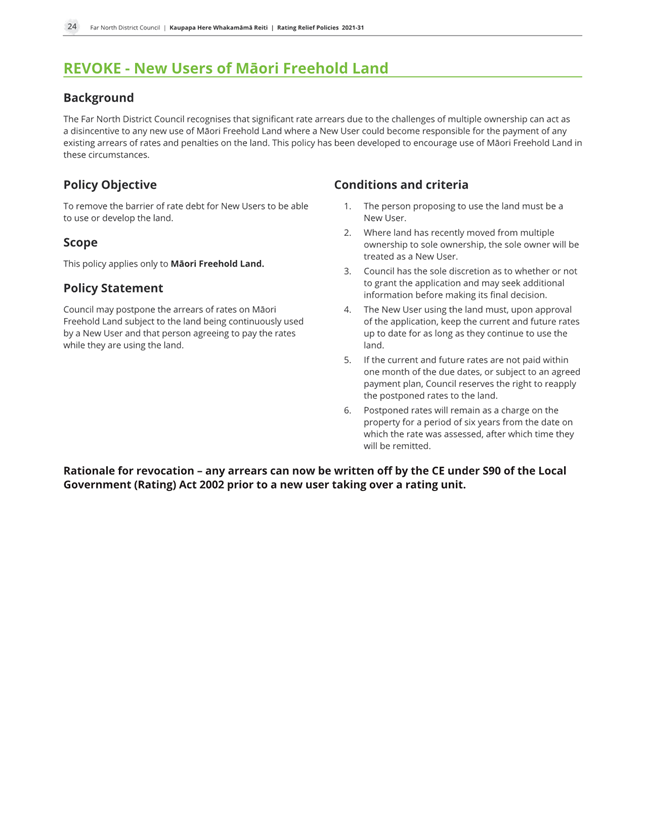

|
Ordinary Council
Meeting Agenda
|
3 July 2025
|
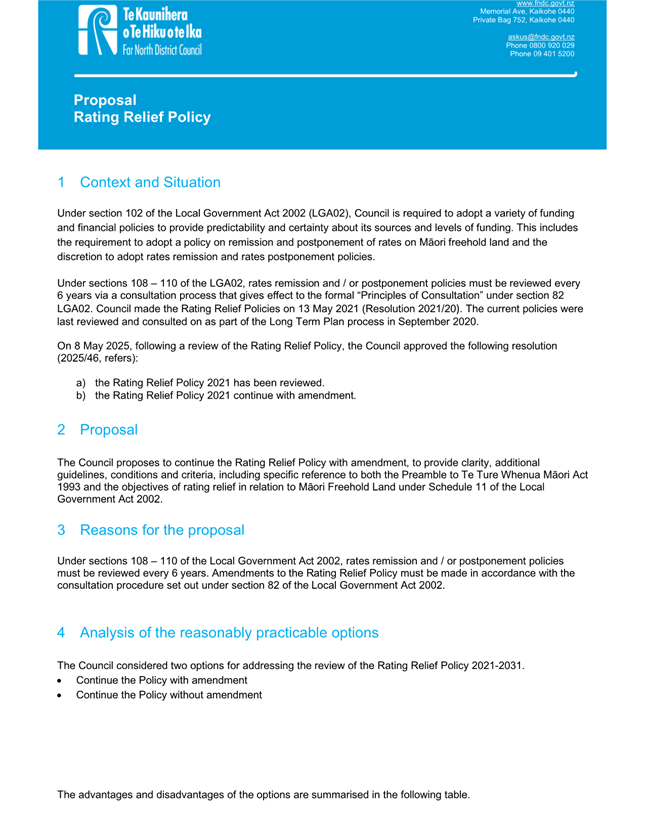
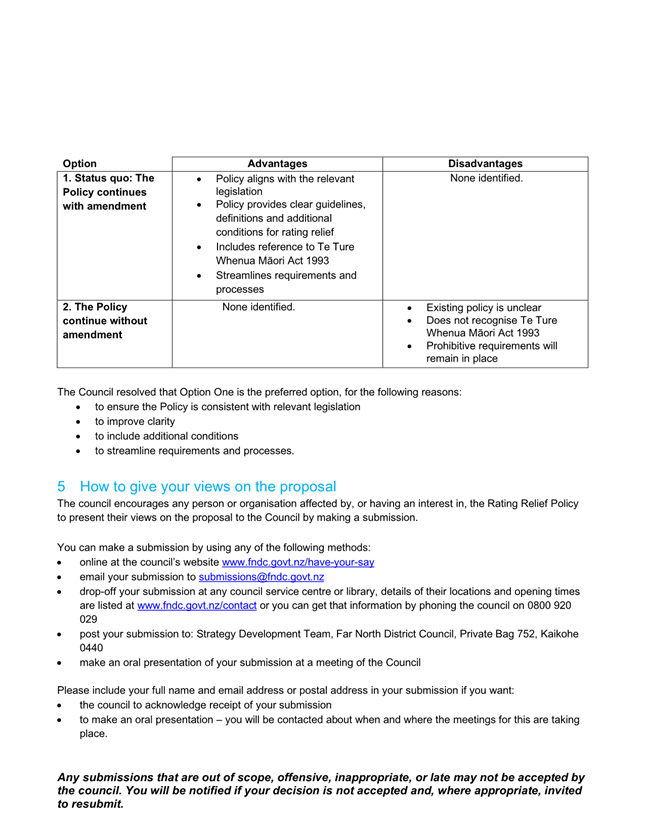
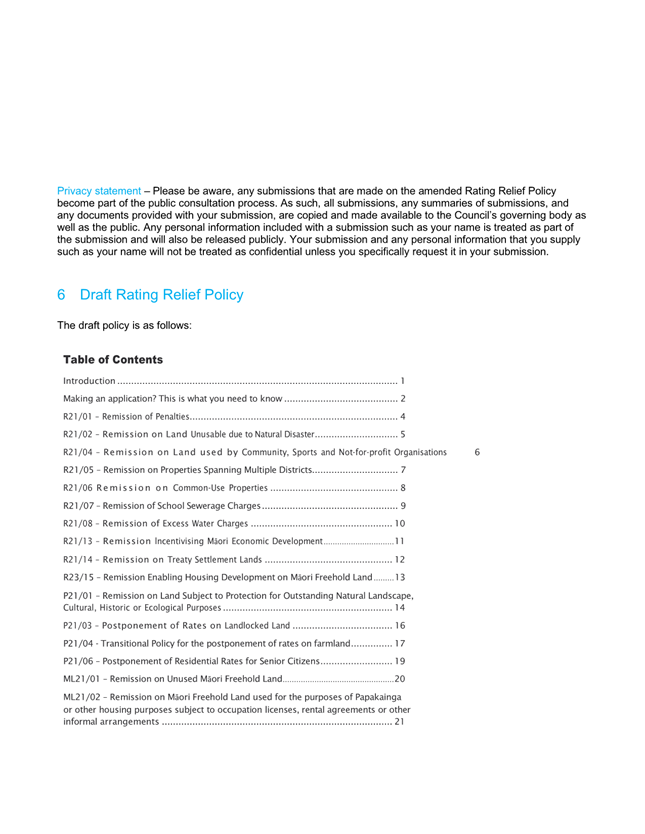
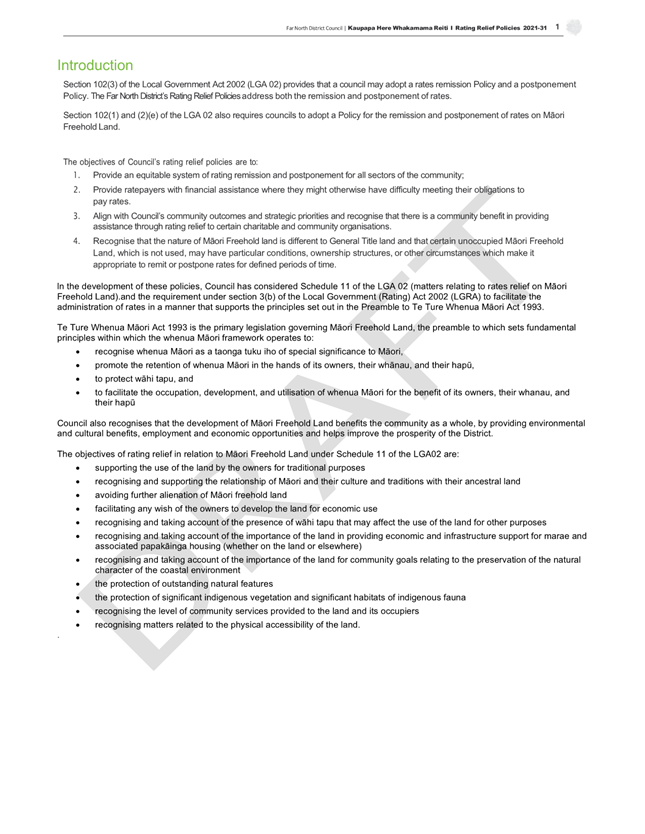
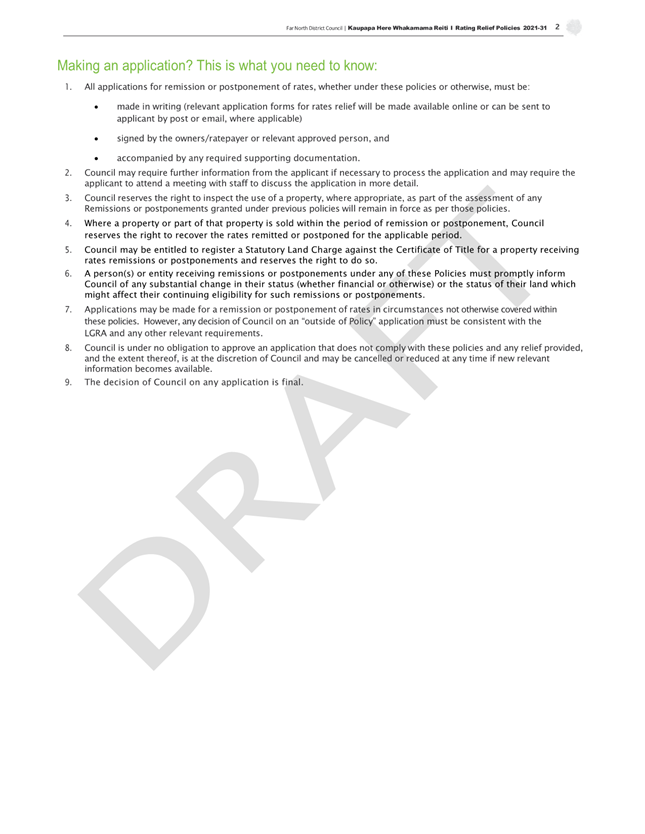
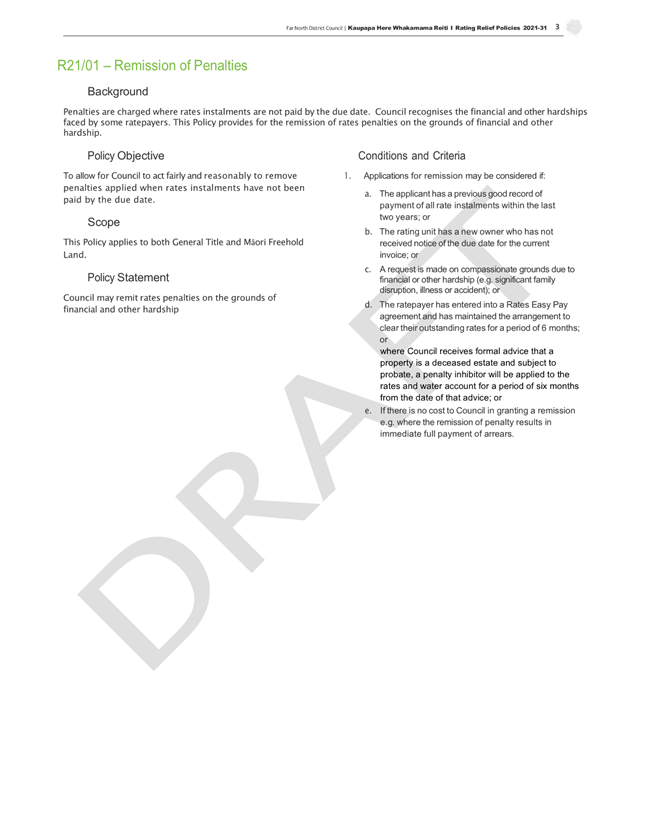
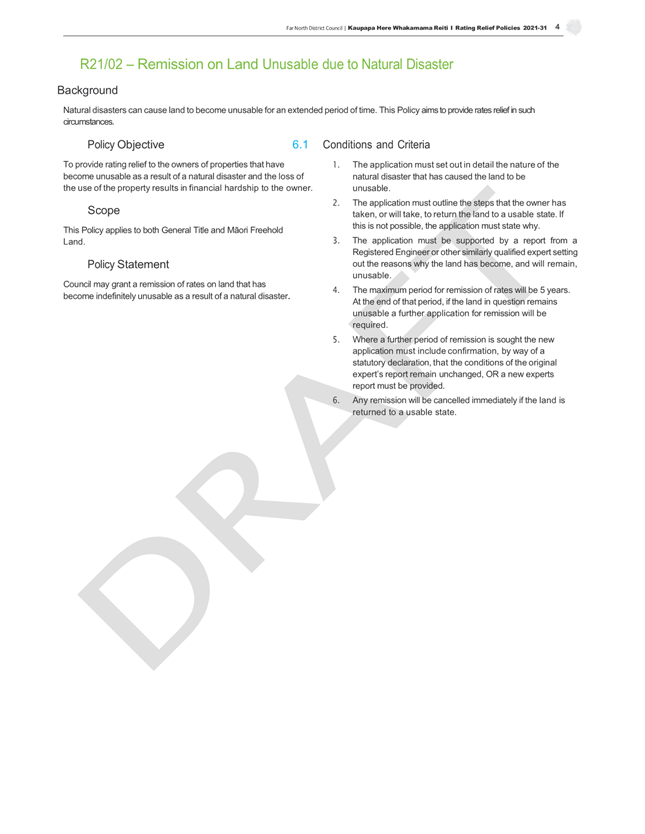
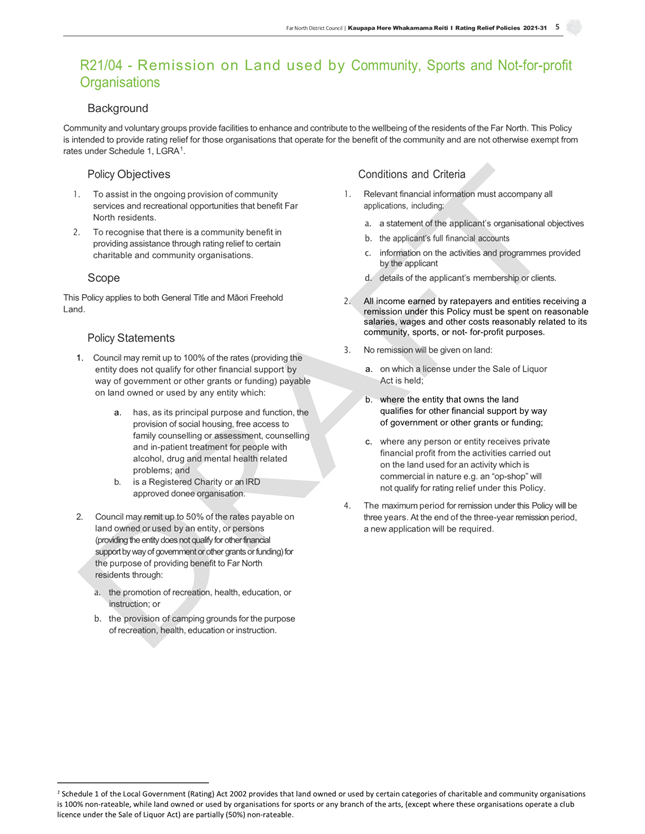
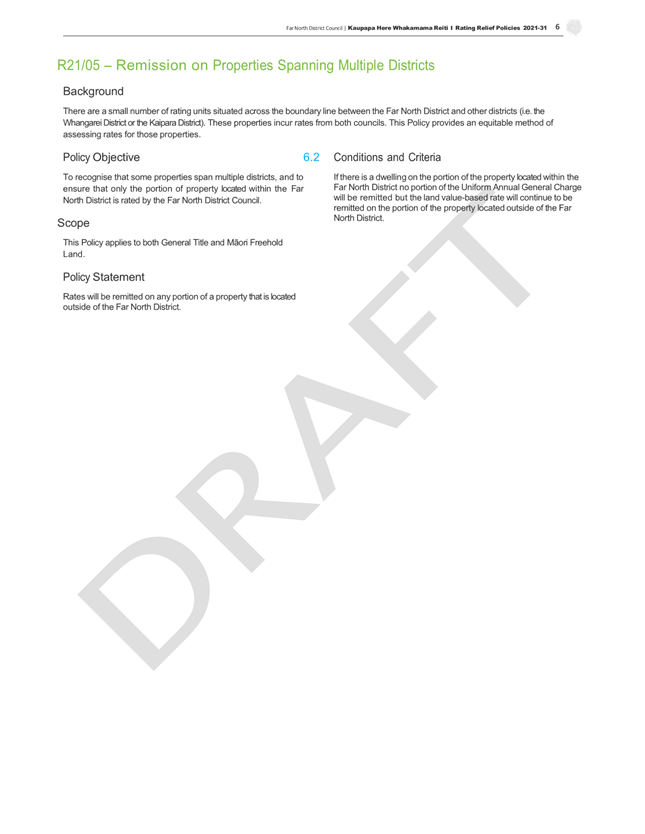
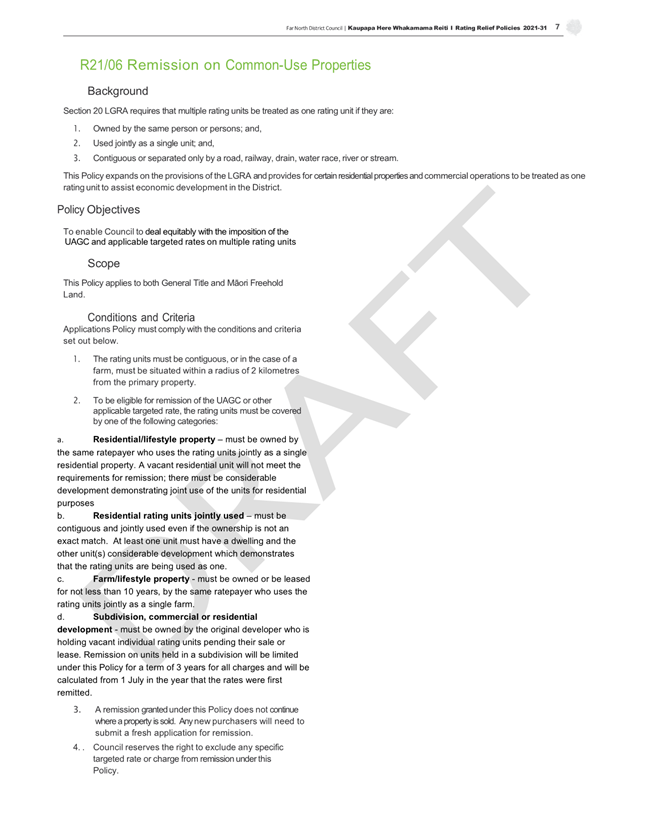
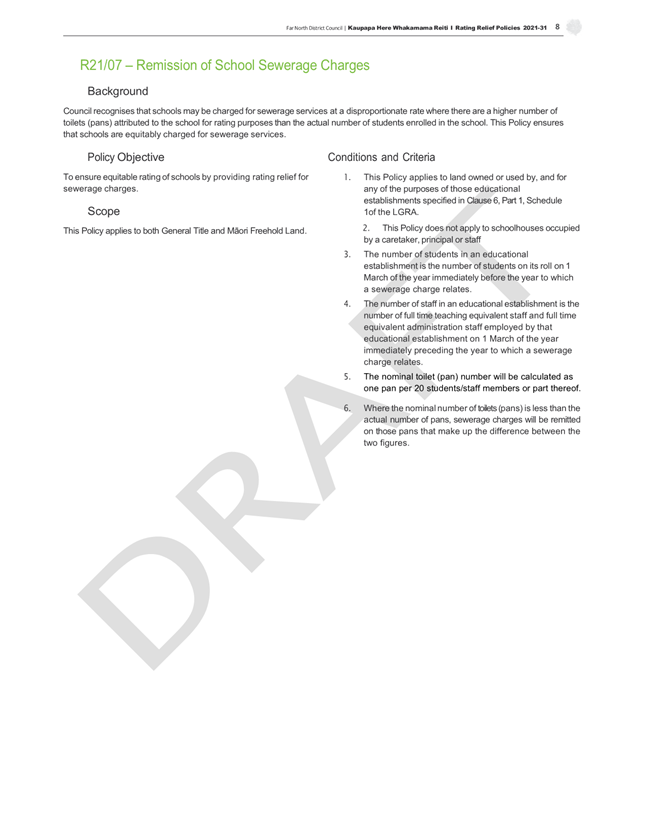
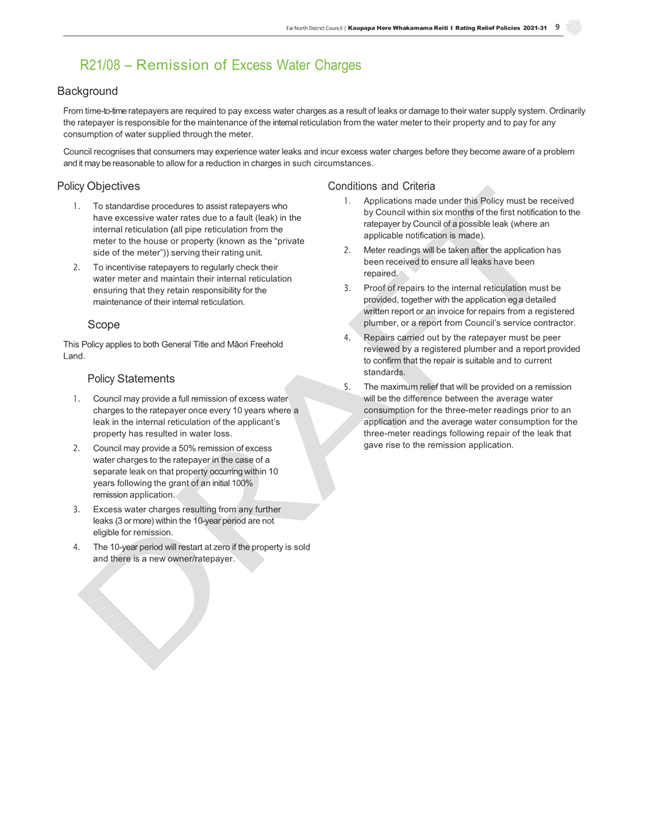
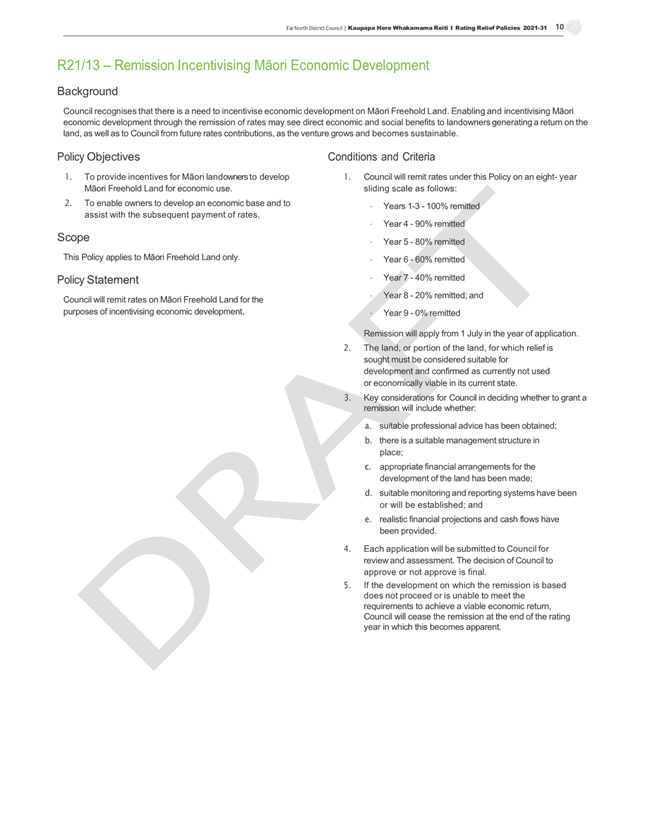
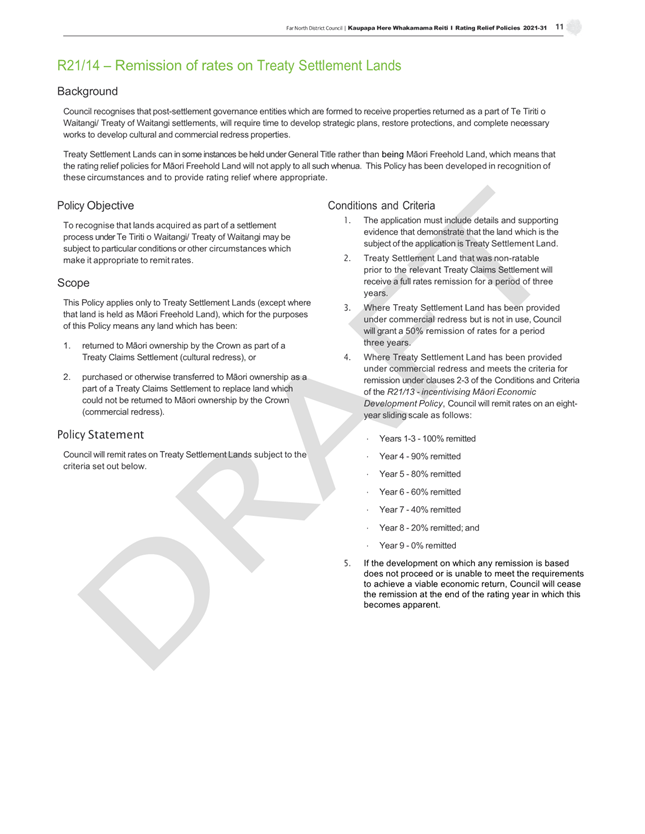
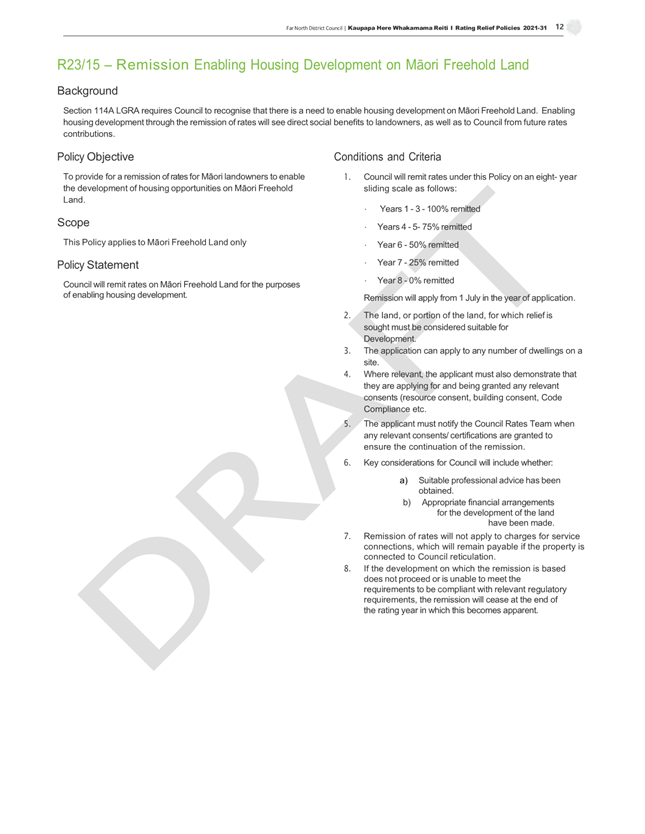
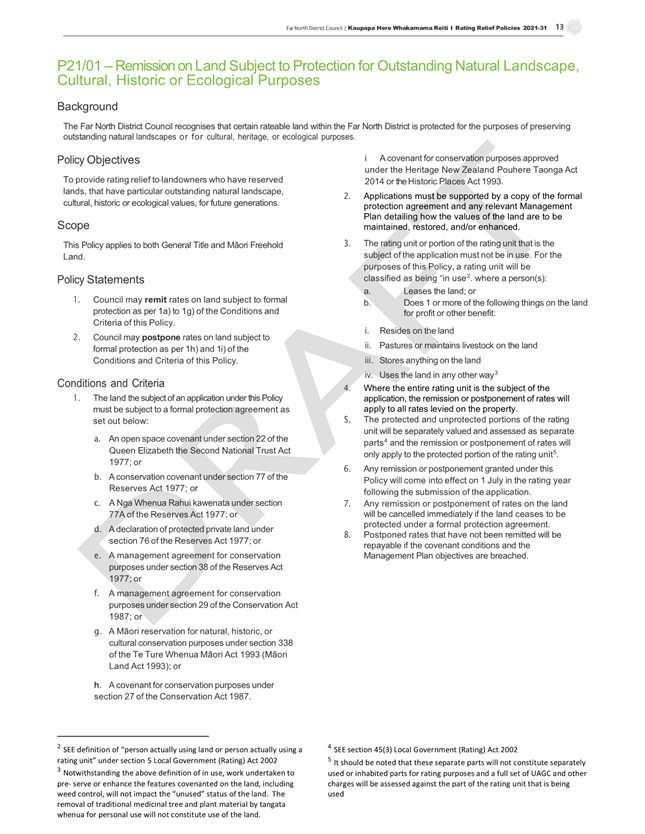
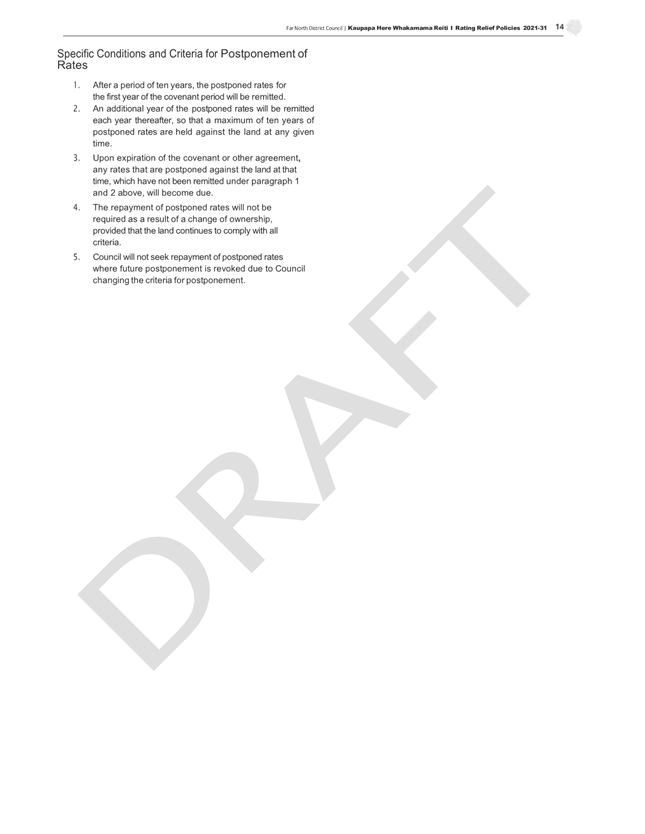
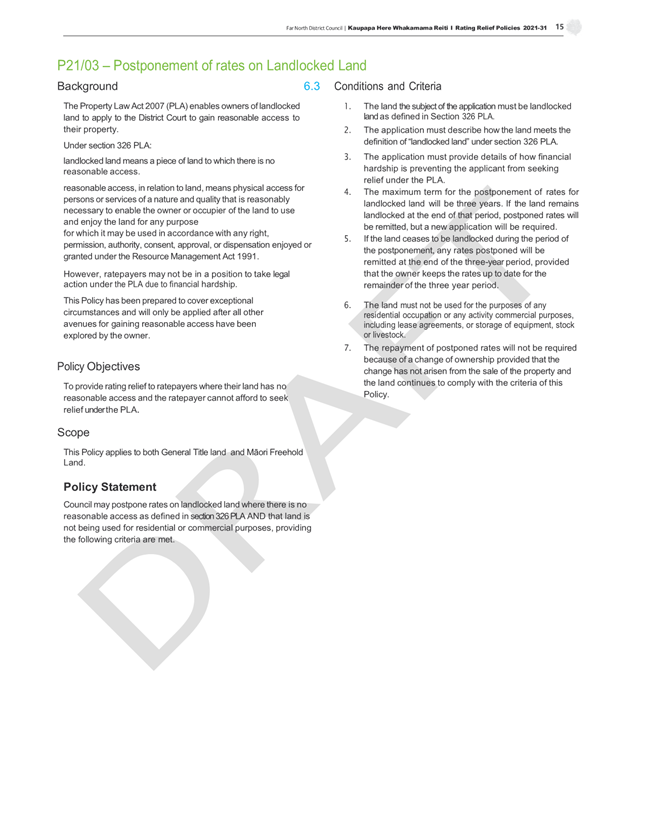
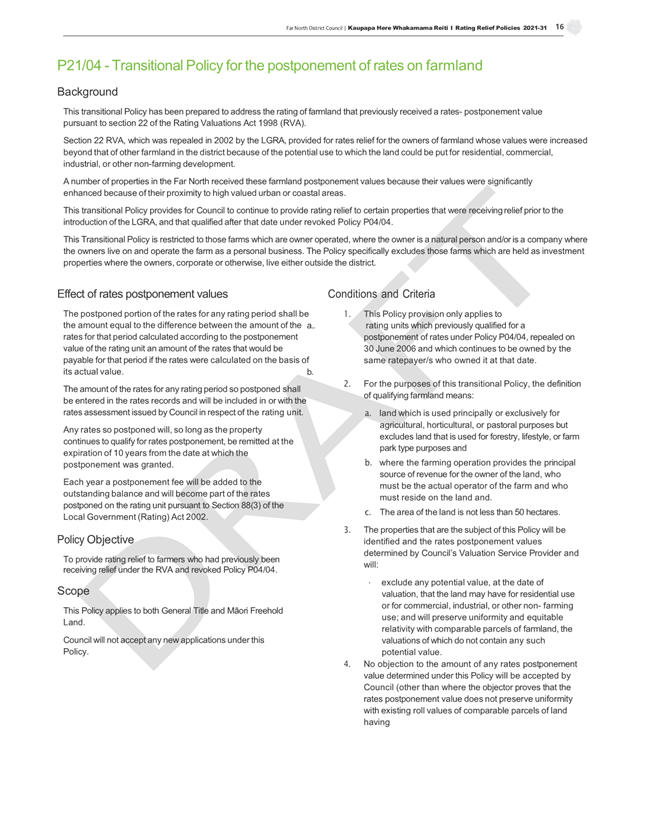
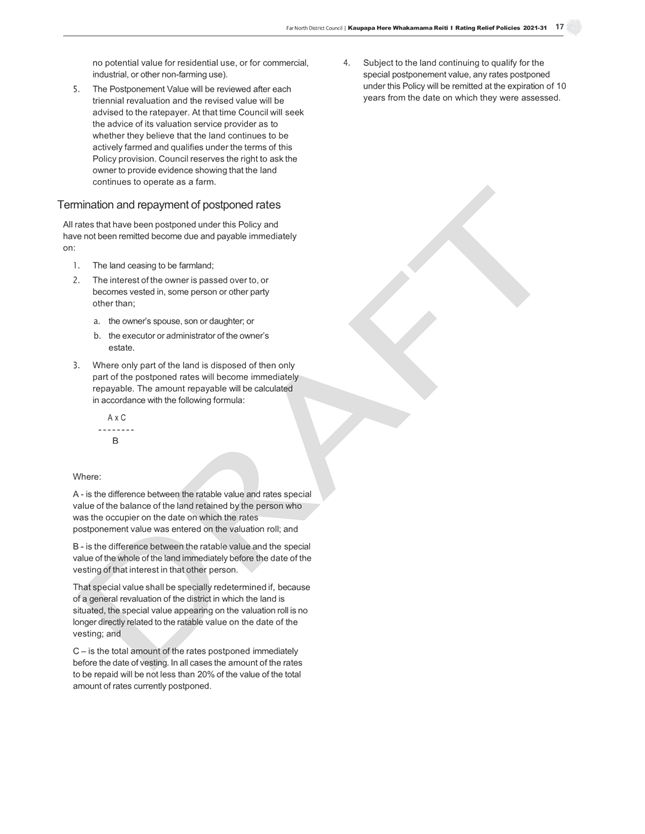
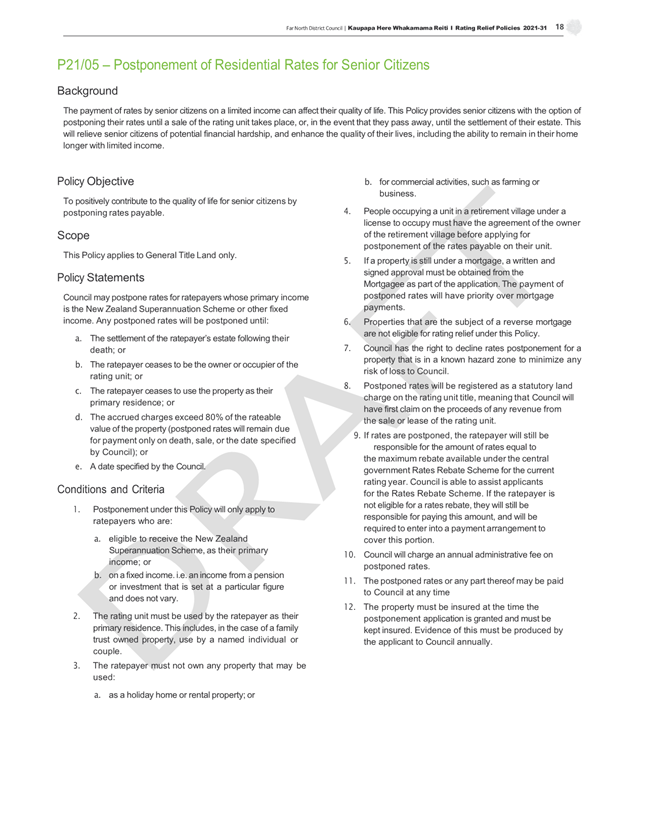
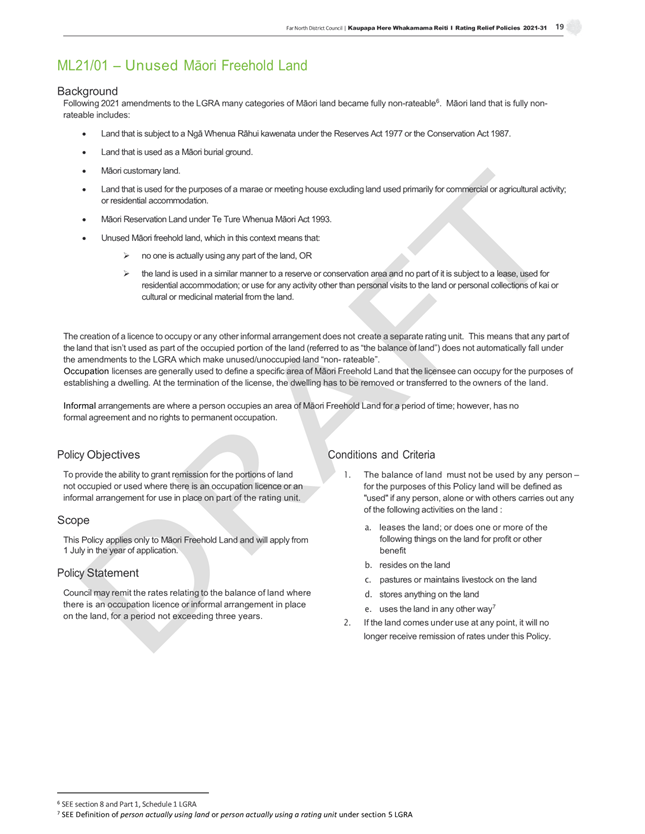
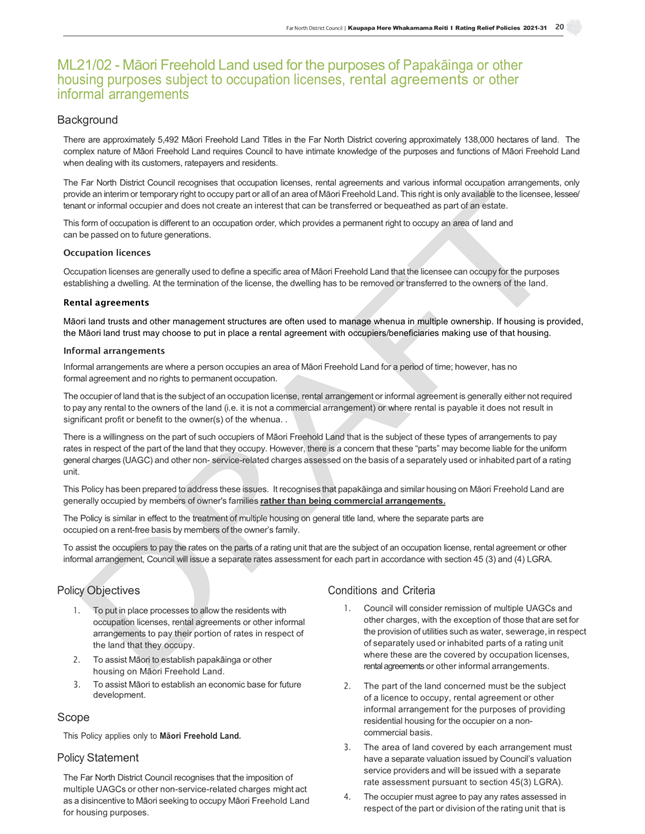
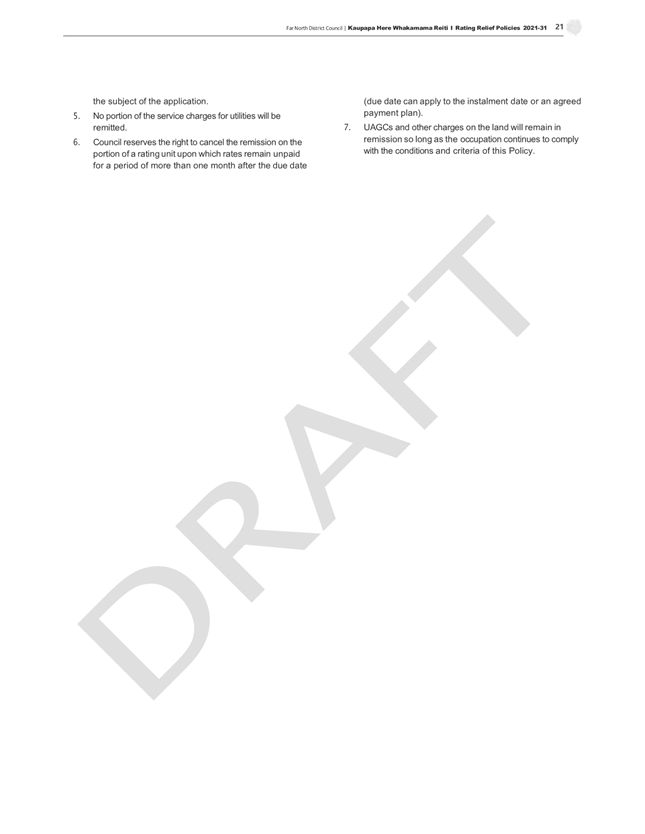
6.7 Committee
Recommendations and Resolutions - as at 3 July 2025
File
Number: A5246842
Author: Marlema
Baker, Democracy Advisor
Authoriser: Aisha
Huriwai, Manager - Democracy Services
TAKE PŪRONGO / Purpose of the Report
· To
increase governance oversight of Committee business/discussions.
· Communicate
resolutions of Committee meetings.
· Escalate
Committee recommendations to Council.
WHAKARĀPOPOTO MATUA / Executive SummarY
Since the last Council meeting, the following Committee meetings
were held:
· 17 June 2025 – Te Koukou –
Transport & Infrastructure Committee
· 19 June 2025 – Te Kuaka Te Ao
Māori Committee
· There were no recommendations from Te Koukou – Transport and
Infrastructure Committee - the minutes are attached for information only.
· Te Kuaka Te Ao Maori Committee made 2 recommendations to Council. The reports for both
recommendations have been included as items in this agenda – the minutes
are attached for information only.
|
TŪTOHUNGA
/ Recommendation
That Council
receive the minutes from Te Koukou – Transport & Infrastructure
Committee held 17 June 2025 and Te Kuaka Te Ao Māori Committee held 19
June 2025.
|
tĀHUHU KŌRERO / Background
This is a regular report to provide
greater governance oversight of discussions that occur at Committee meetings
and to avoid duplication of reading for Councillors for decisions that are
recommended to them, from each Committee meeting.
Copies of Committee meeting minutes
that have occurred since the last ordinary Council meeting are attached for
information.
From time to time,
Committee’s discuss items that are outside their delegations. This
report, when necessary, will highlight recommendations from each Committee to
Council for decision.
Information about Council,
Committee or Community Board meetings is publicly available at https://infocouncil.fndc.govt.nz/
MATAPAKI ME NGĀ KŌWHIRINGA /
Discussion and Next Steps
In the past this report
has presented recommendations from Committee to Council for ratification. Given
the recent confusion we have amended the purpose of this report to simply
present the minutes for information.
Where recommendations are
made, the reports will be replicated as stand-alone items on the main agenda
for Council consideration.
PĀNGA PŪTEA ME NGĀ WĀHANGA
TAHUA / Financial Implications and Budgetary Provision
This
report does not intend to repeat the financial implications, options or
decision-making requirements for the recommendations listed. Please review the
agendas via the provided links for further information.
Āpitihanga
/ Attachments
1. Te
Koukou - Transport & Infrastructure Minutes 17 June 2025 - A5232191 ⇩ 
2. Te
Kuaka Te Ao Maori Committee Minutes 19 June 2025 - A5240117 ⇩ 
Hōtaka Take Ōkawa / Compliance Schedule:
Full consideration has been given to the provisions of the
Local Government Act 2002 S77 in relation to decision making, in particular:
1. A
Local authority must, in the course of the decision-making process,
a) Seek
to identify all reasonably practicable options for the achievement of the
objective of a decision; and
b) Assess
the options in terms of their advantages and disadvantages; and
c) If
any of the options identified under paragraph (a) involves a significant
decision in relation to land or a body of water, take into account the
relationship of Māori and their culture and traditions with their
ancestral land, water sites, waahi tapu, valued flora and fauna and other
taonga.
2. This
section is subject to Section 79 - Compliance with procedures in relation to
decisions.
|
He Take Ōkawa /
Compliance Requirement
|
Aromatawai Kaimahi /
Staff Assessment
|
|
State the level of significance (high or low) of the
issue or proposal as determined by the Council’s
Significance and Engagement Policy
|
Please refer to the Committee agenda, and relevant
report.
|
|
State the relevant Council policies (external or
internal), legislation, and/or community outcomes (as stated in the LTP) that
relate to this decision.
|
Please refer to the Committee agenda, and relevant
report.
|
|
State whether this issue or proposal has a District wide
relevance and, if not, the ways in which the appropriate Community
Board’s views have been sought.
|
Please refer to the Committee agenda, and relevant
report.
|
|
State the
possible implications for Māori and how Māori have been provided with
an opportunity to contribute to decision making if this decision is
significant and relates to land and/or any body of water.
State the
possible implications and how this report aligns with Te Tiriti o Waitangi /
The Treaty of Waitangi.
|
Please refer to the Committee agenda, and relevant
report.
|
|
Identify persons likely to be affected by or have an
interest in the matter, and how you have given consideration to their views
or preferences (for example – youth, the aged and those with disabilities).
|
Please refer to the Committee agenda, and relevant
report.
|
|
State the financial implications and where budgetary
provisions have been made to support this decision.
|
Please refer to the Committee agenda, and relevant
report.
|
|
Chief Financial Officer review.
|
Please refer to the Committee agenda, and relevant
report.
|
|
Ordinary
Council Meeting Agenda
|
3 July 2025
|
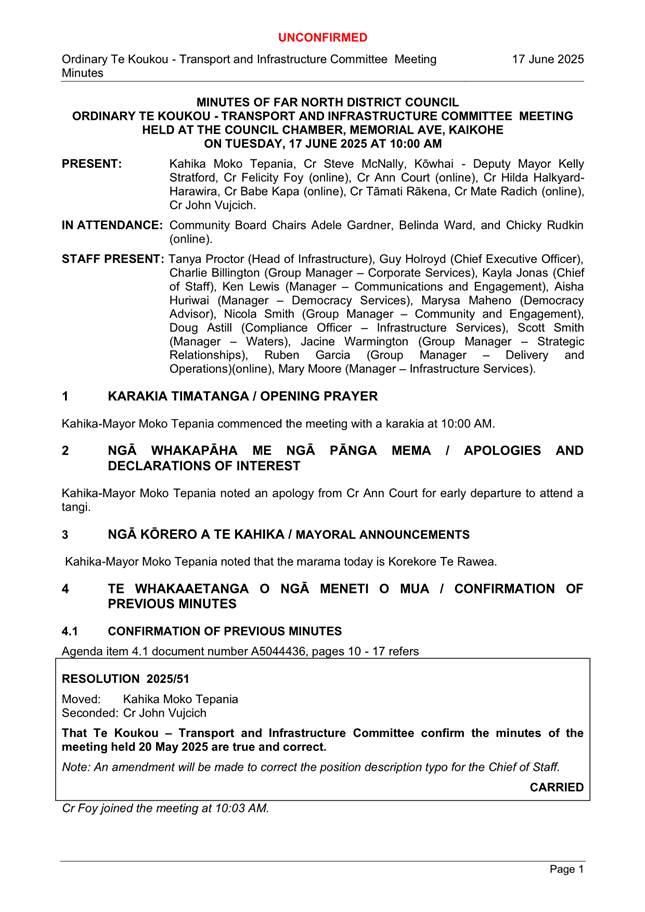
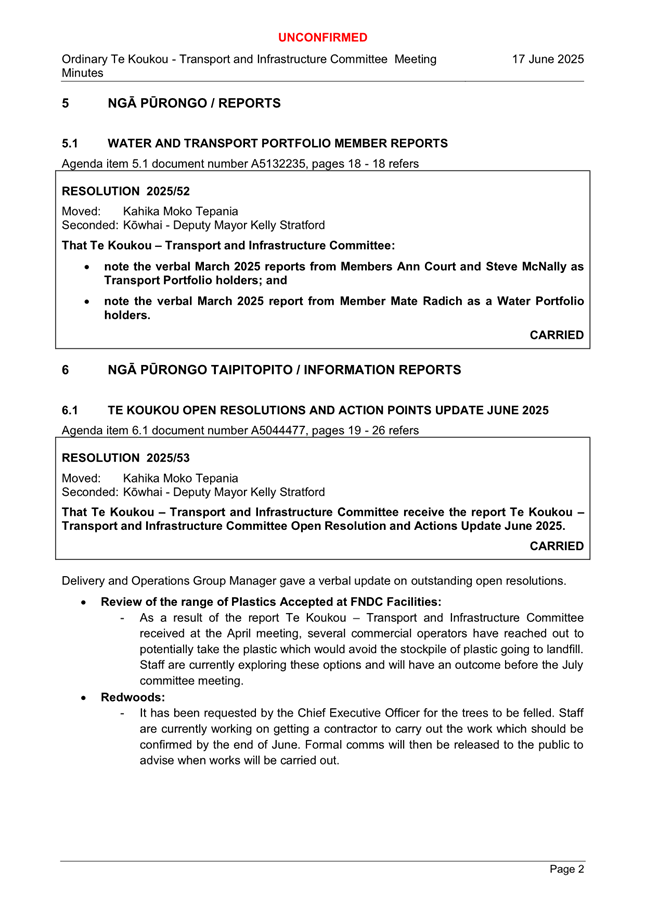
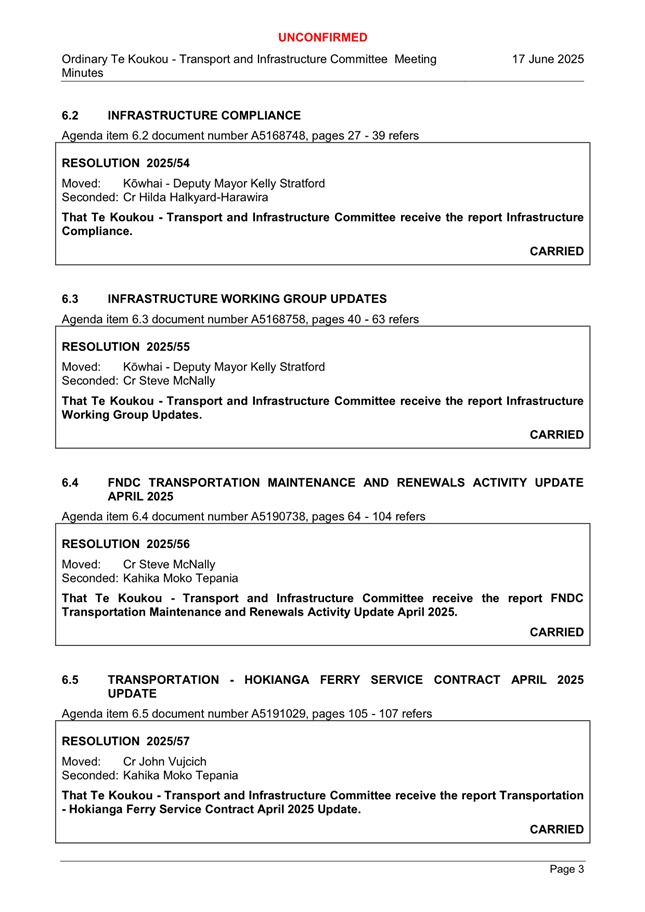
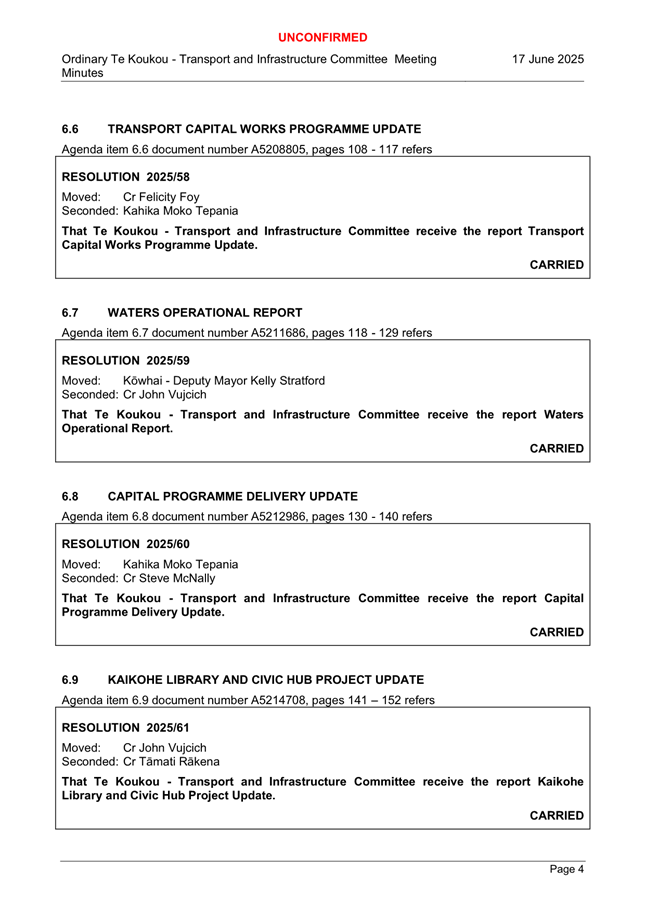
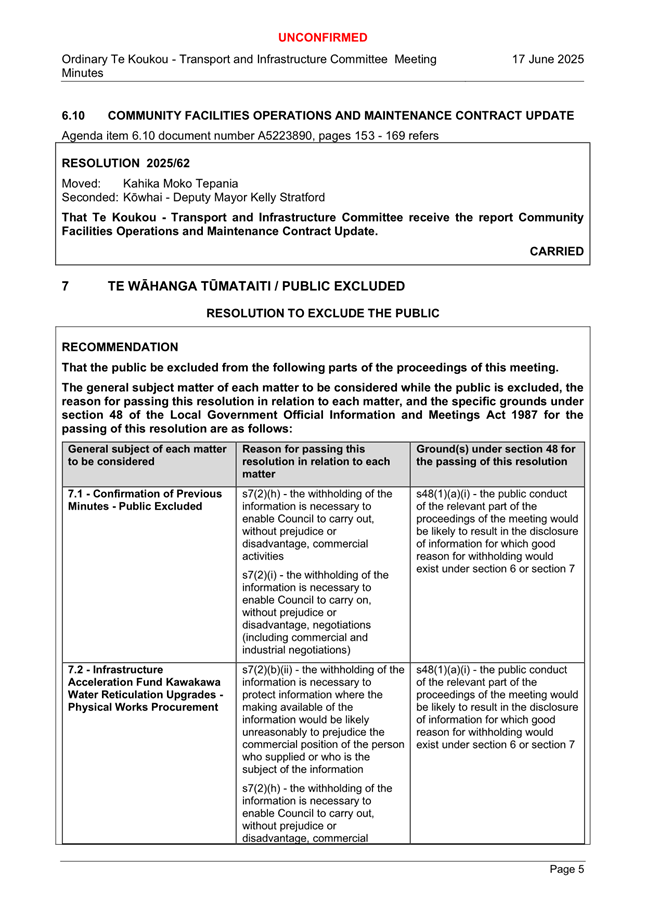
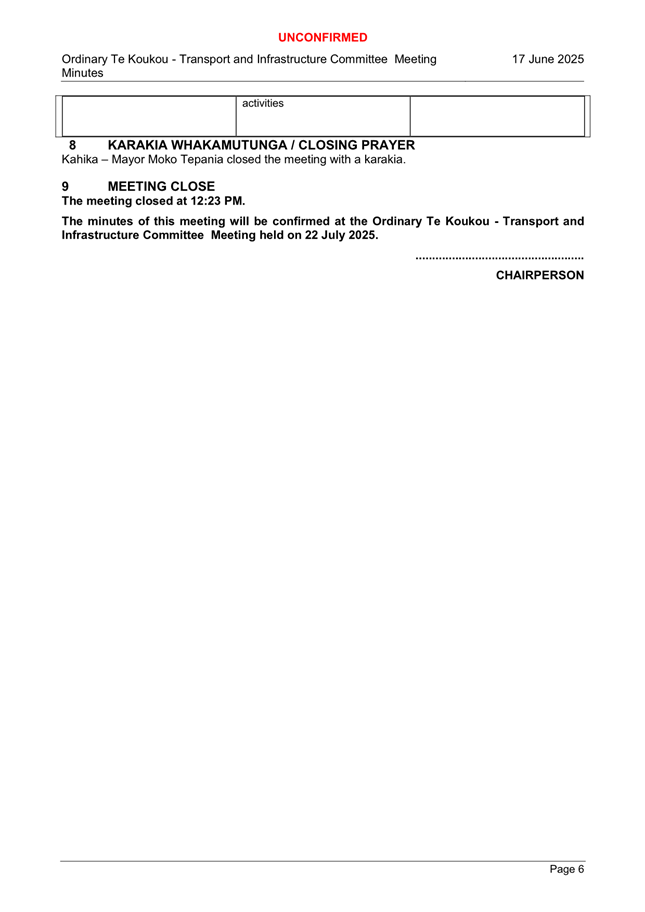
|
Ordinary Council
Meeting Agenda
|
3 July 2025
|
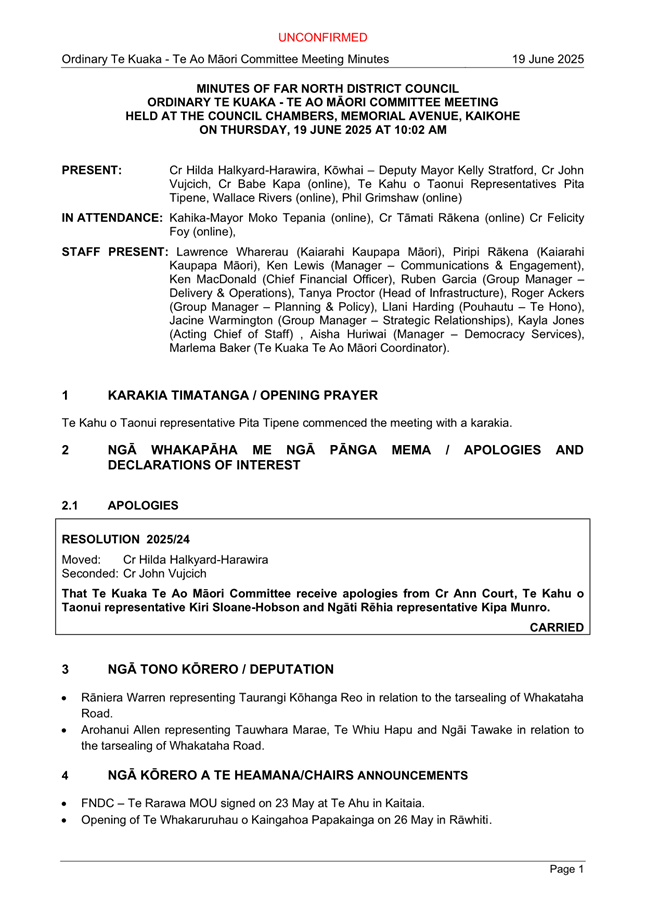
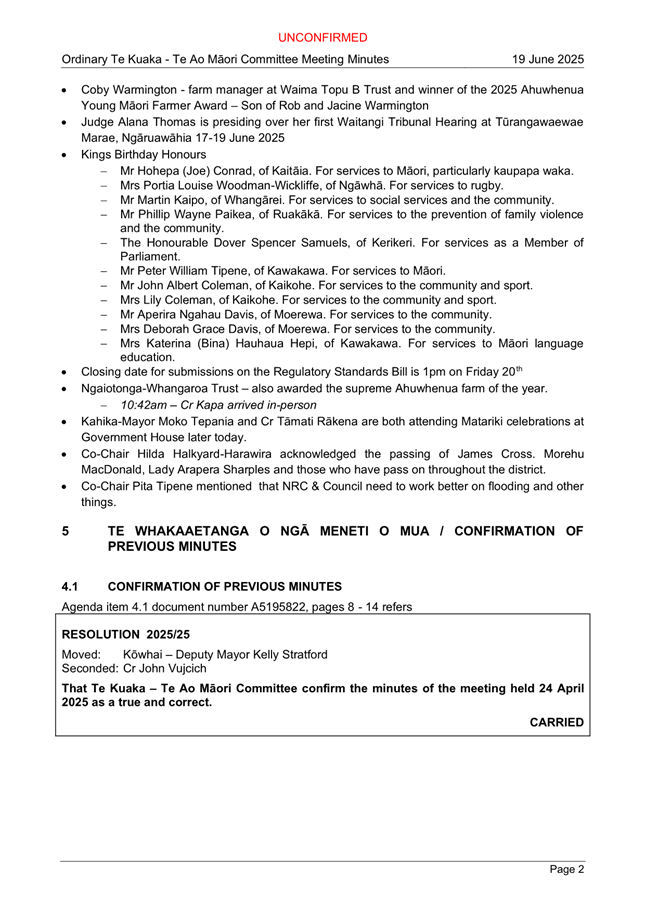
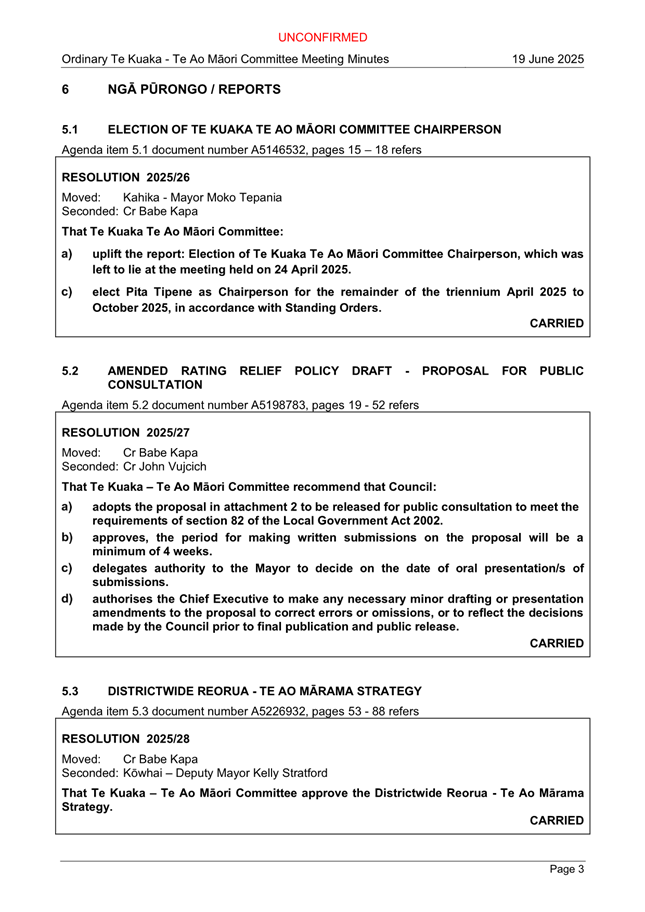
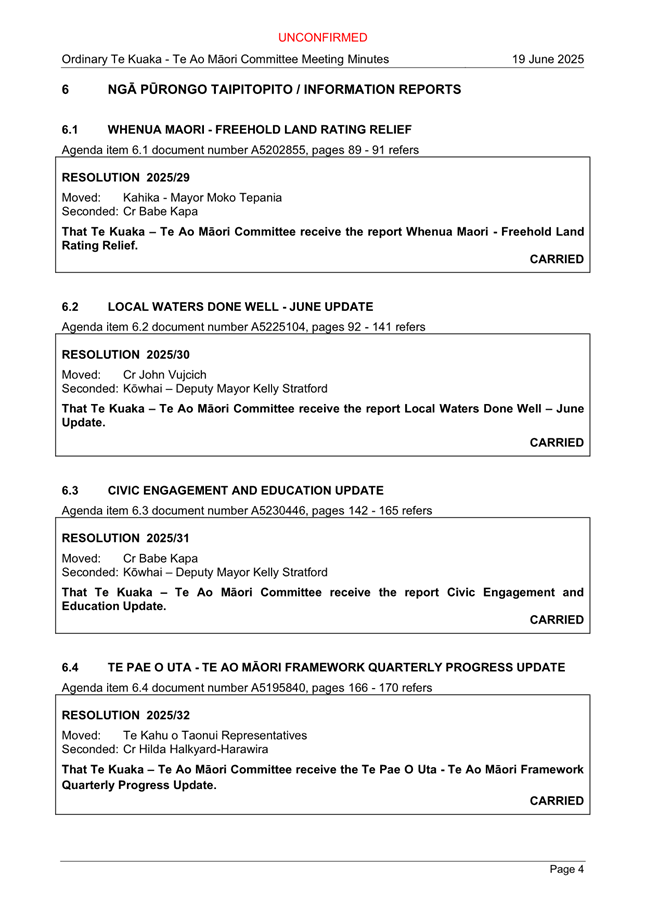
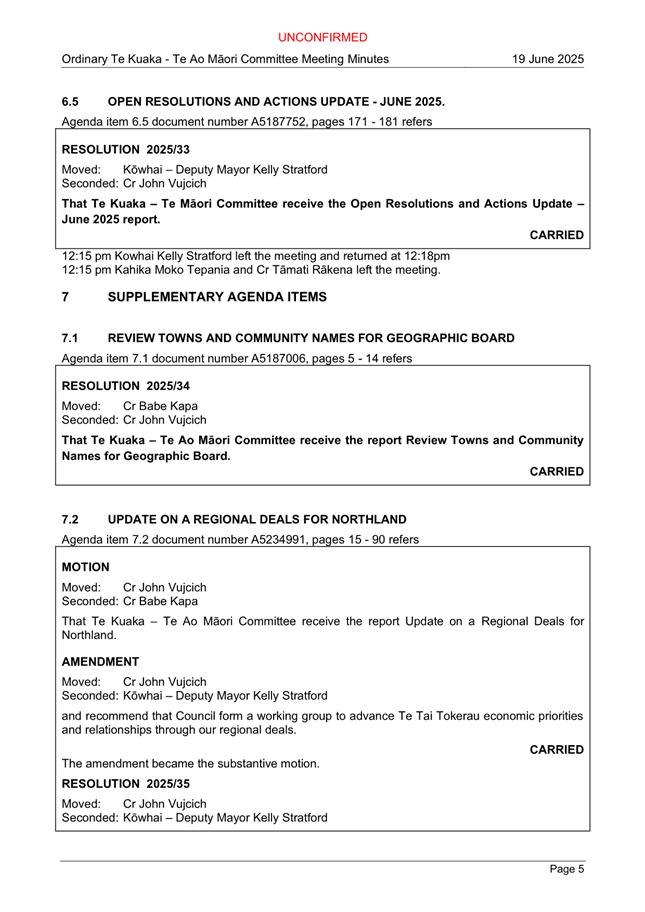
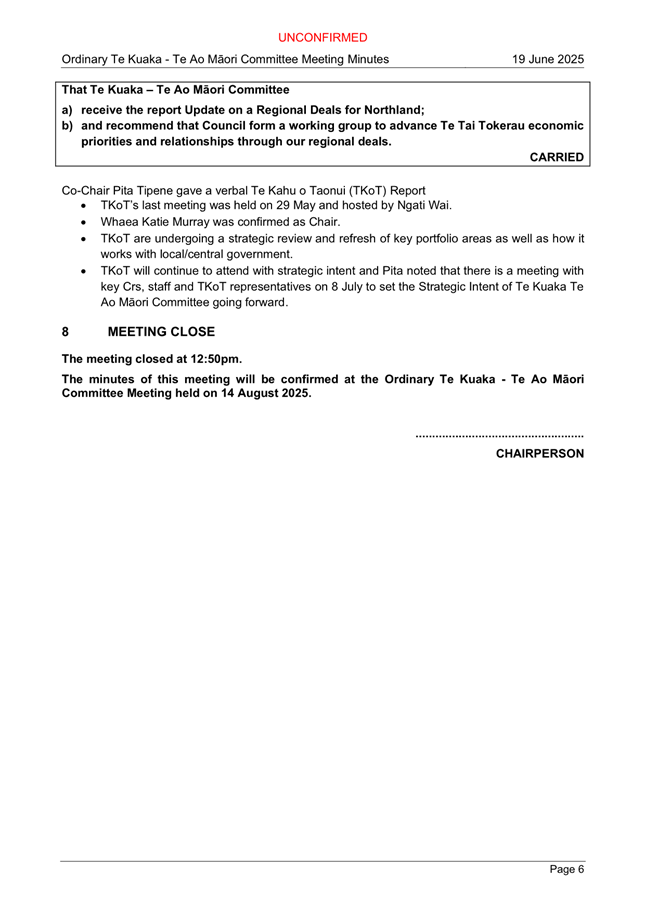
7 Ngā
Pūrongo Taipitopito / Information Reports
7.1 Mayor
and Councillor's Reports
File
Number: A5056551
Author: Marlema
Baker, Democracy Advisor
Authoriser: Aisha
Huriwai, Manager - Democracy Services
TE TAKE PŪRONGO / Purpose of the Report
This report is a mechanism to have
open communication and transparency on activities undertaken by Councillors as
elected representatives.
|
NGĀ
TŪTOHUNGA / Recommendation
That Council;
a) note the June reports
submitted by Kahika-Mayor Moko Tepania, Kōwhai-Deputy Mayor Kelly
Stratford, Cr Babe Kapa, and Cr John Vujcich, and
b) note the May report submitted
by Councillor Hilda Halkyard-Harawira which was received in time but omitted
from the 5 June 2025 Council agenda.
|
TE tĀHUHU KŌRERO / Background
Kahika-Mayor Tepania has
reintroduced Council members reports as a mechanism to have open communication
and transparency on activities undertaken by Councillors as elected
representatives. Members reports are compulsory for Councillors.
TE MATAPAKI ME NGĀ KŌWHIRINGA /
Discussion and Next Steps
Members reports are attached for
information.
REASON
FOR THE RECOMMENDATION
To formally receive the Mayor and
Councillor reports.
NGĀ PĀNGA PŪTEA ME NGĀ WĀHANGA
TAHUA / Financial Implications and Budgetary Provision
There are no financial implications
or the need for budgetary provision as a result of this report.
ngĀ
Āpitihanga / Attachments
1. Kahika
Moko Tepania - Elected Members Report - June 2025 - A5247641 ⇩ 
2. Kowhai
Kelly Stratford - Elected Members Report - May - June 2025 - A5247642 ⇩ 
3. Cr
Babe Kapa - Members Report June 2025 - A5242268 ⇩ 
4. Cr
John Vujcich - Members Report - June 2025 - A5247643 ⇩ 
5. Cr
Hilda Halkyard-Harawira - Members Report - May 2025 - A5254283 ⇩ 
|
Ordinary
Council Meeting Agenda
|
3 July 2025
|
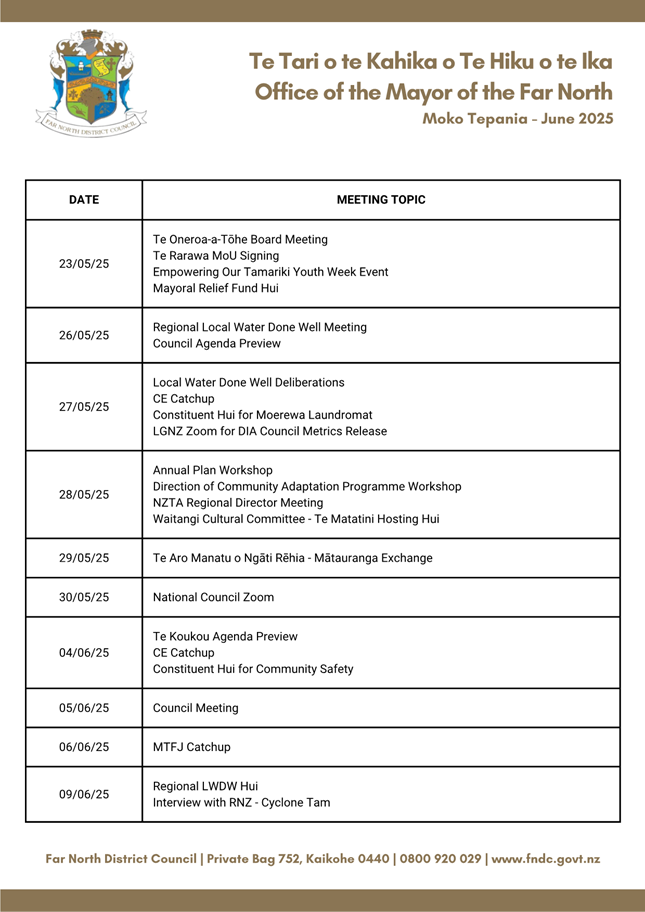
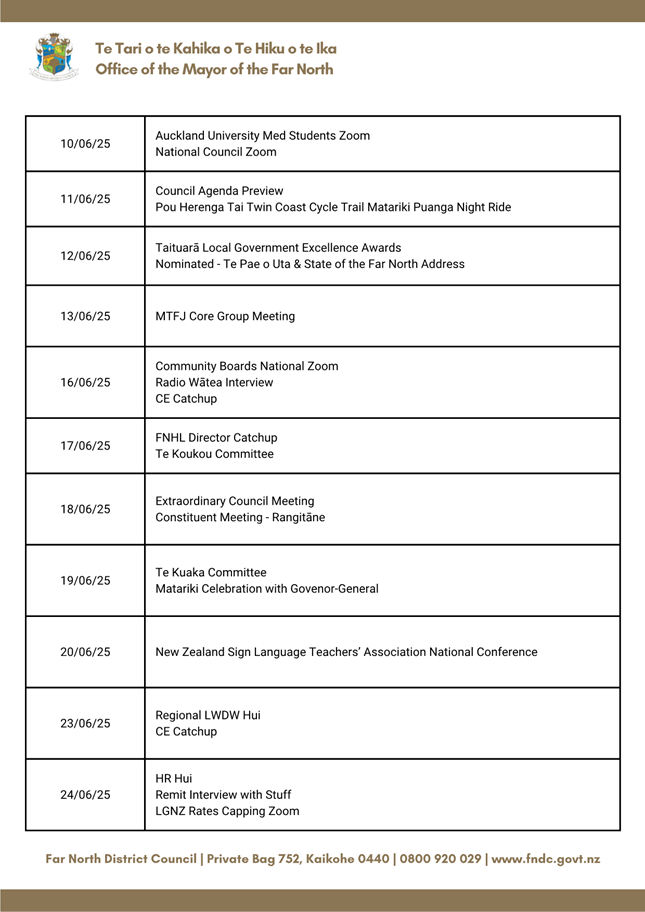
|
Ordinary Council
Meeting Agenda
|
3 July 2025
|
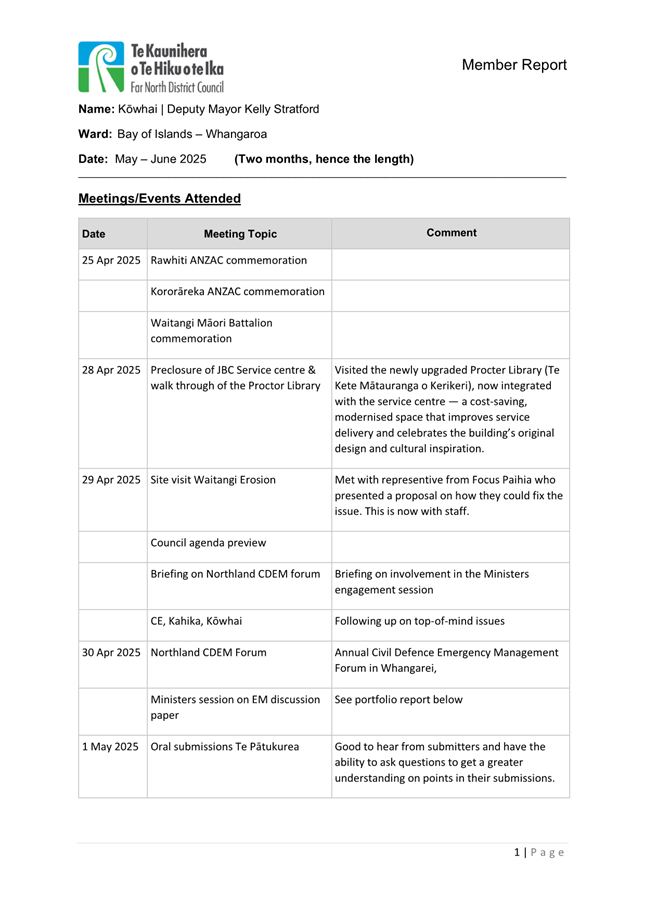
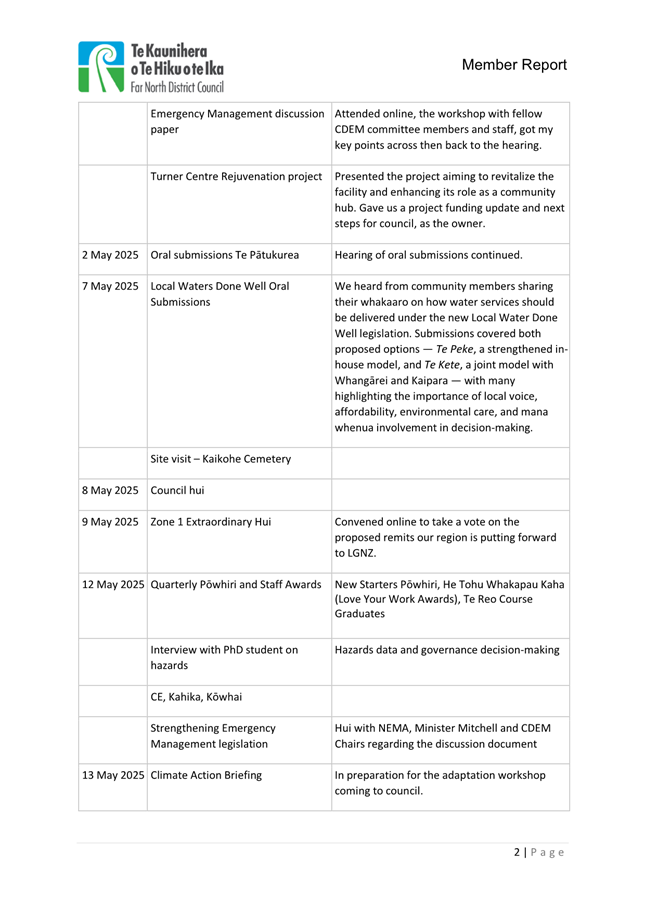
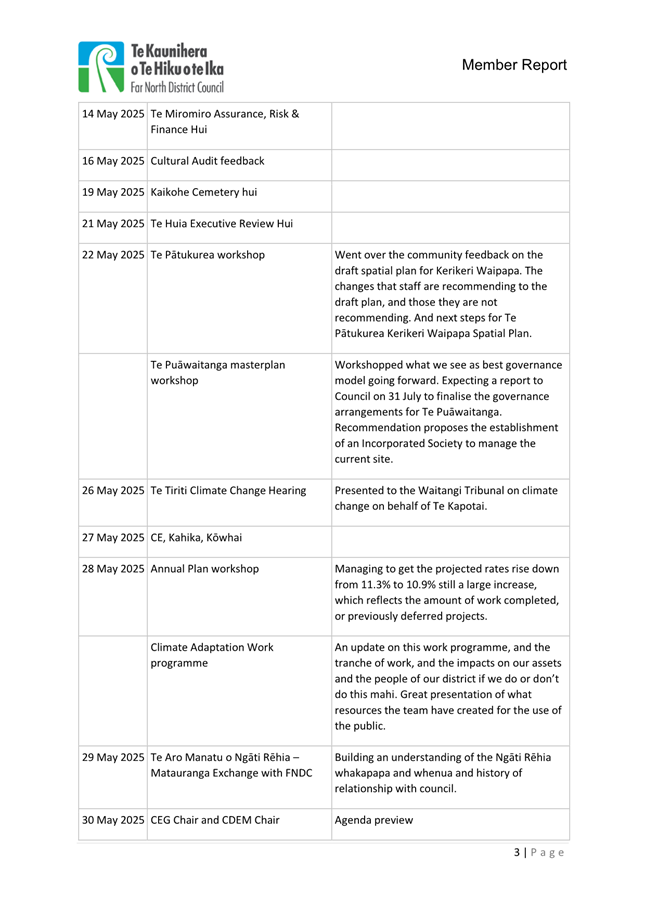
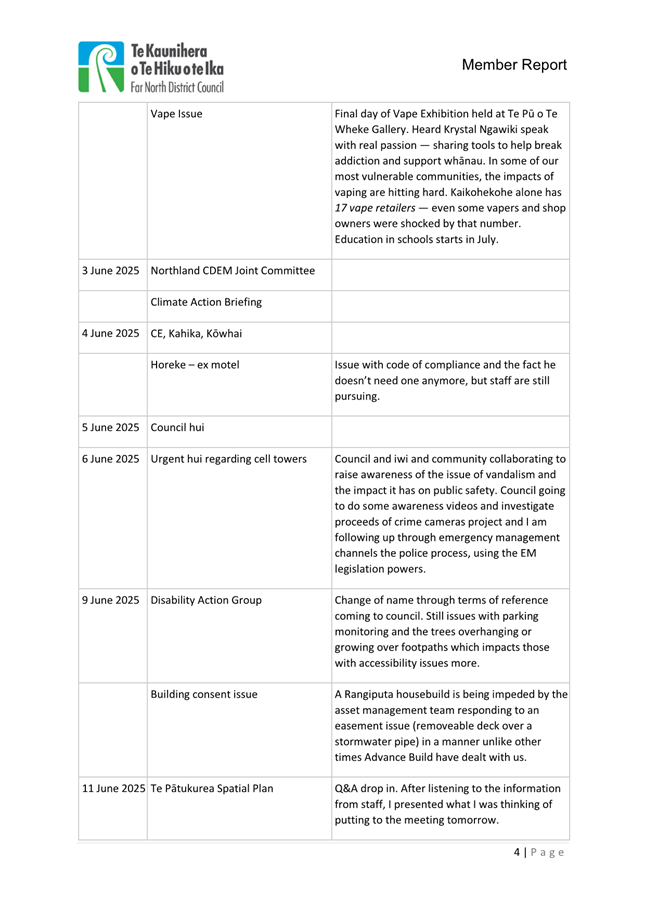
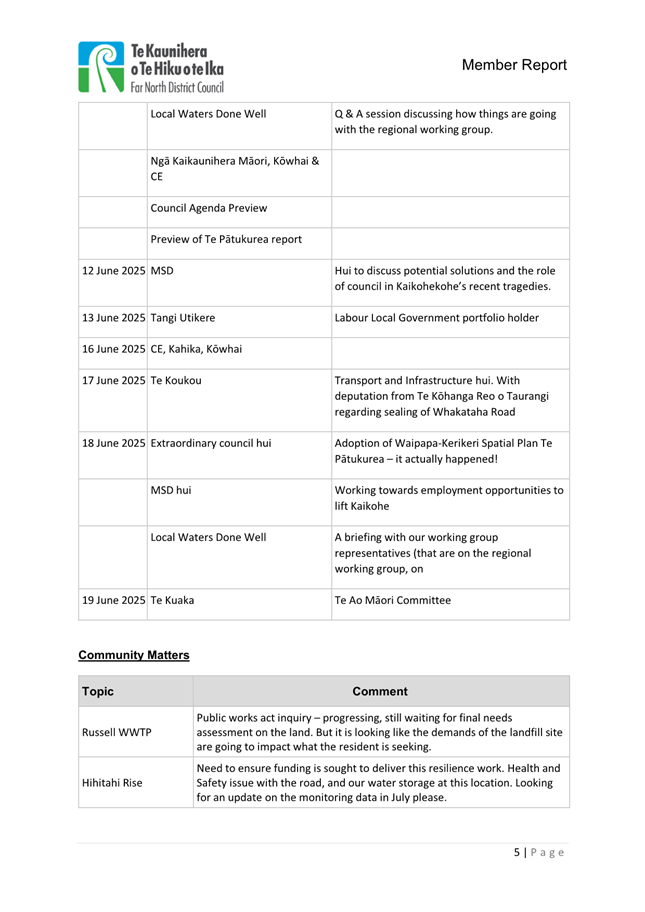
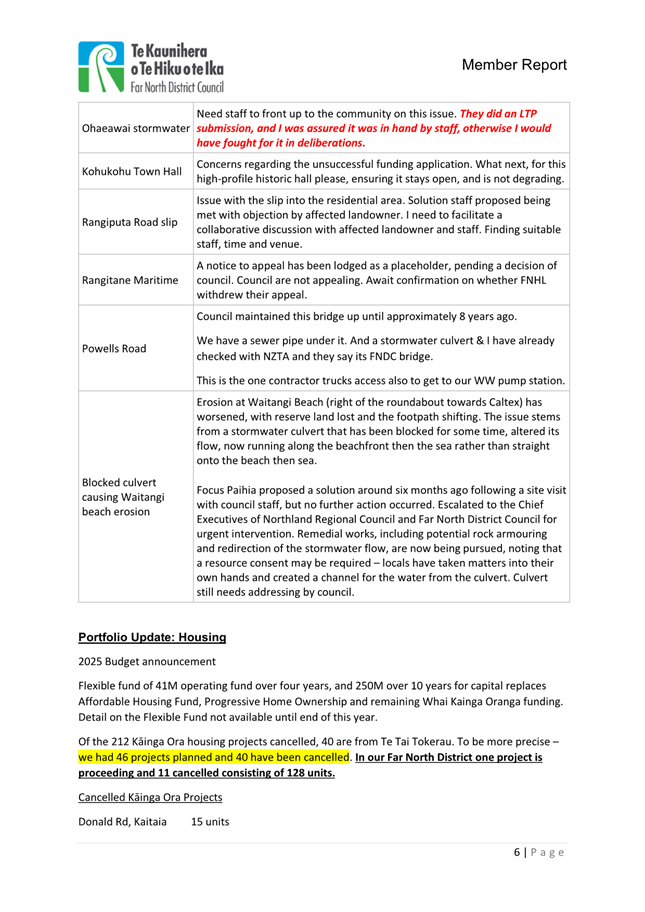
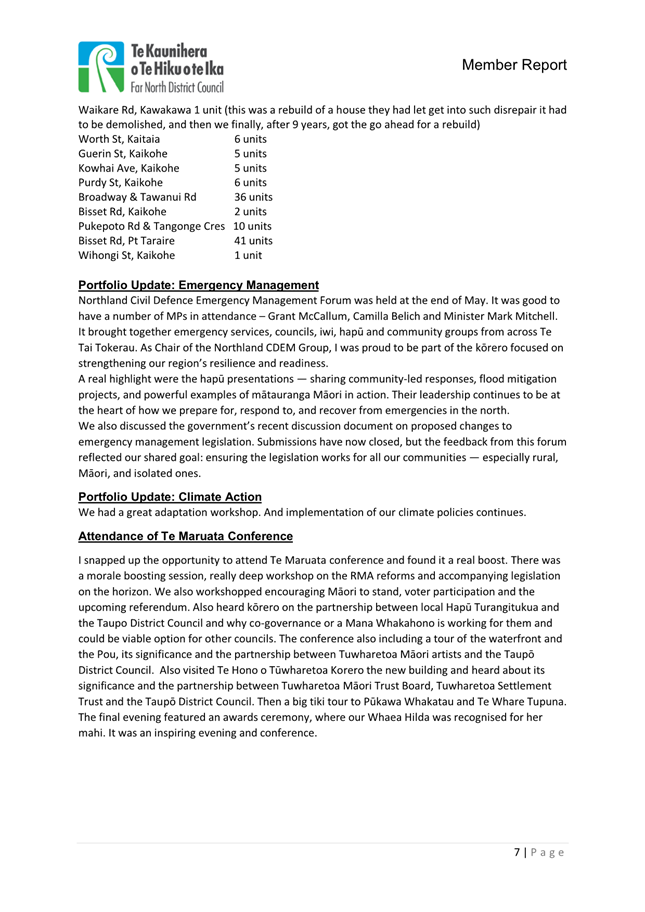
|
Ordinary Council
Meeting Agenda
|
3 July 2025
|
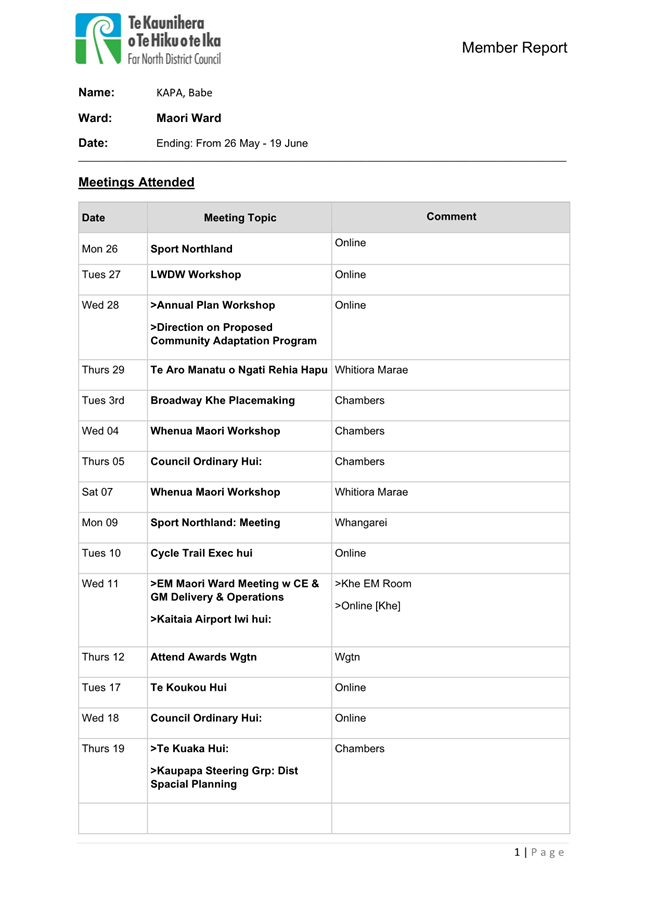
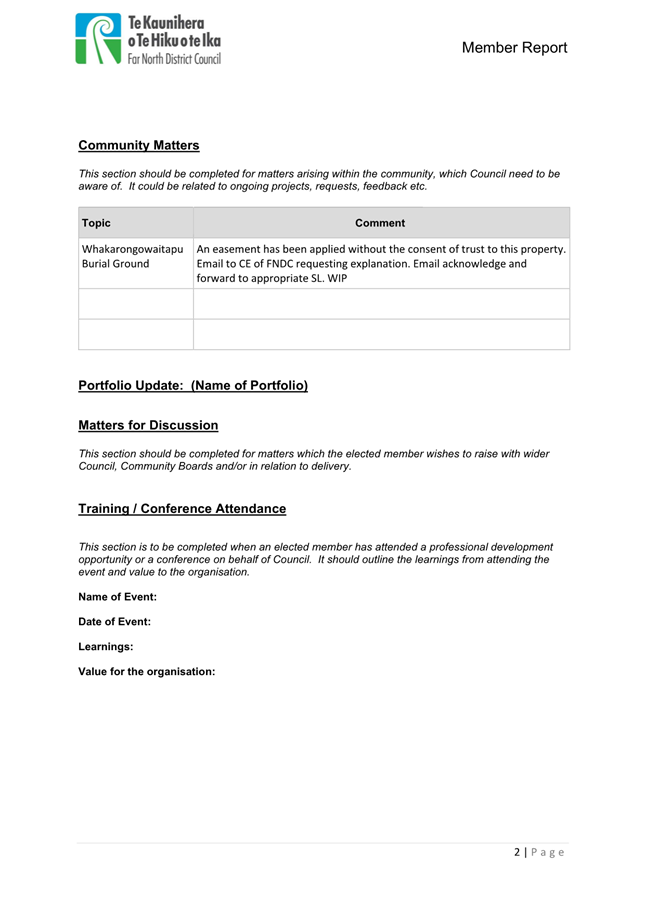
|
Ordinary Council
Meeting Agenda
|
3 July 2025
|
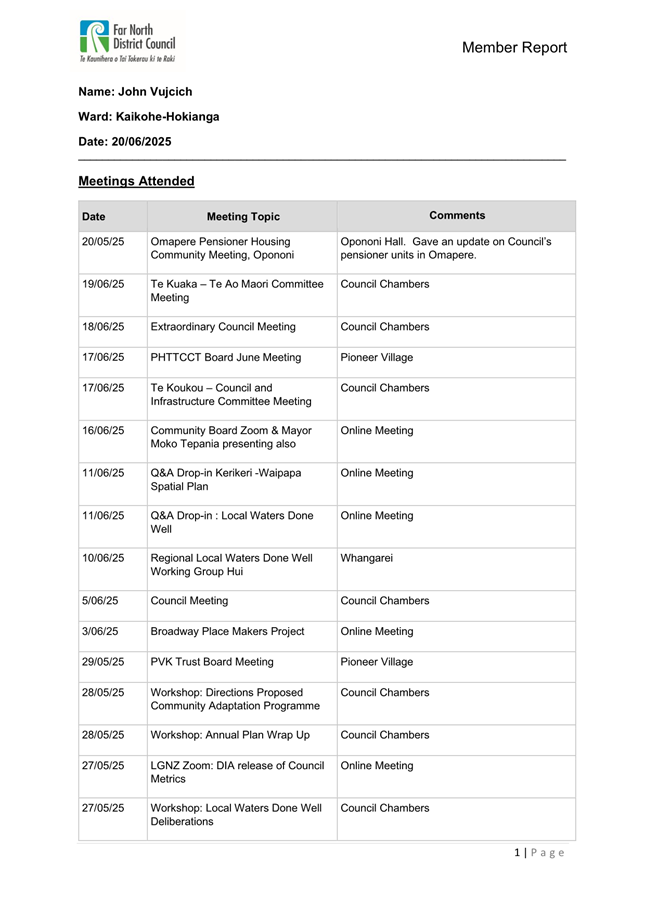
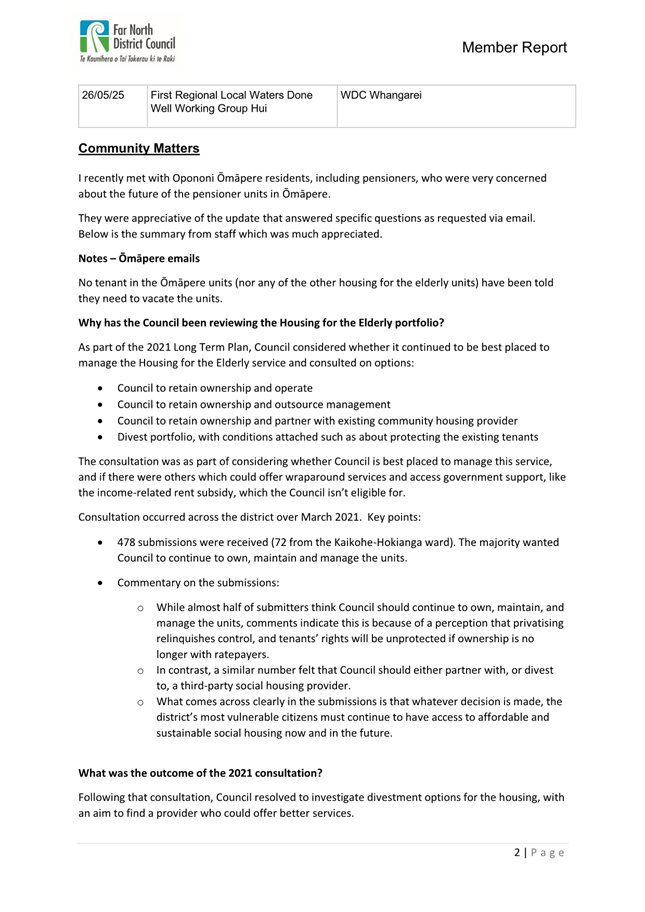
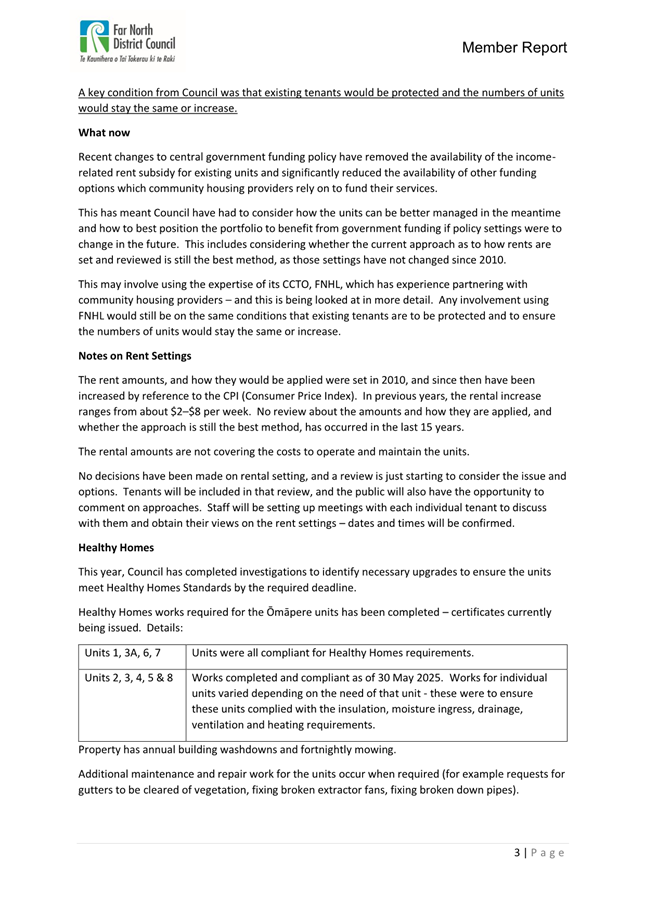
|
Ordinary Council
Meeting Agenda
|
3 July 2025
|
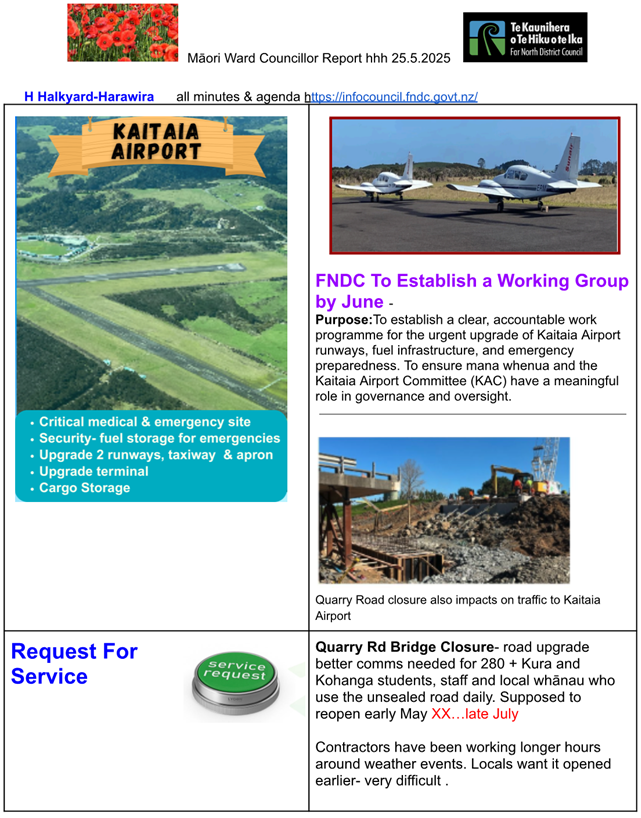
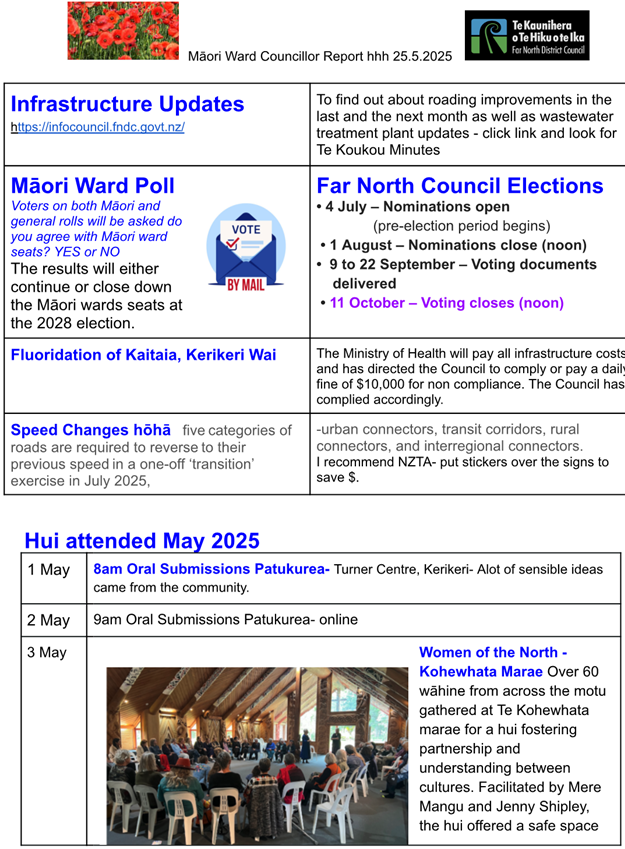
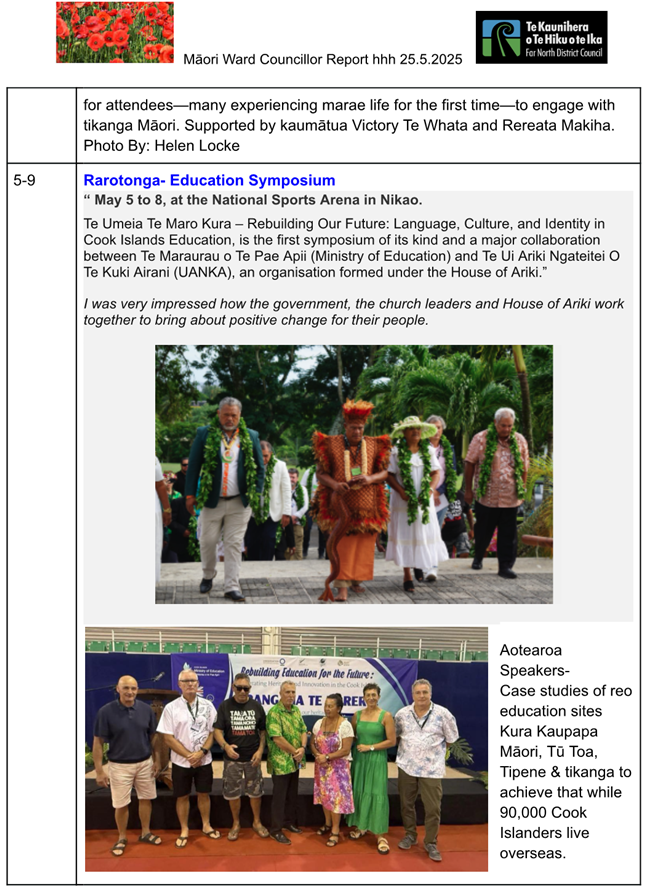
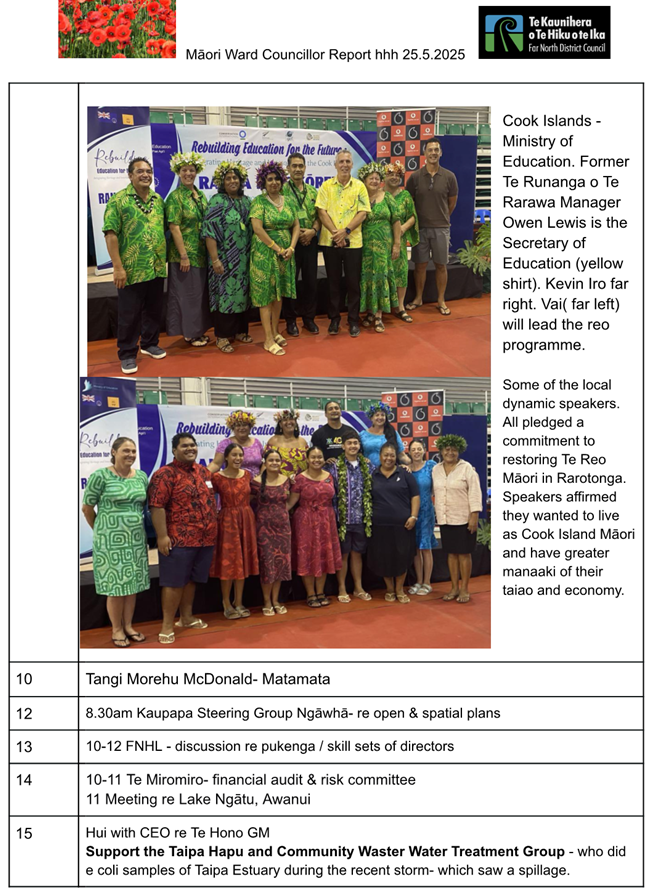
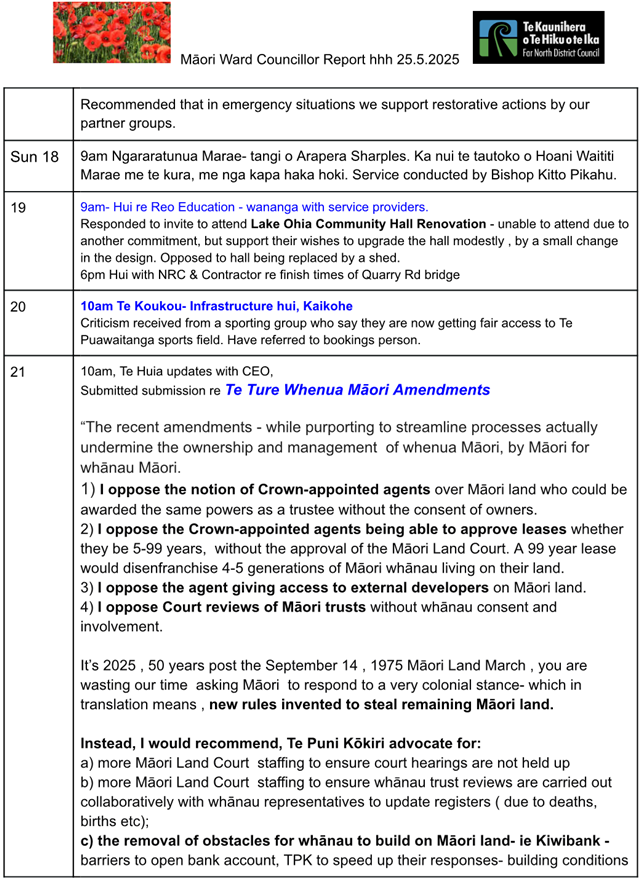
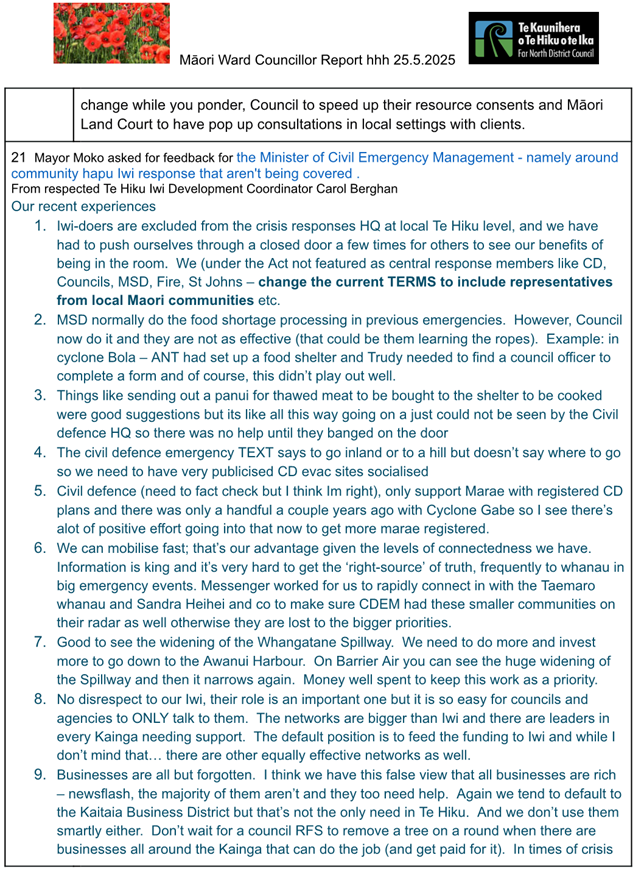
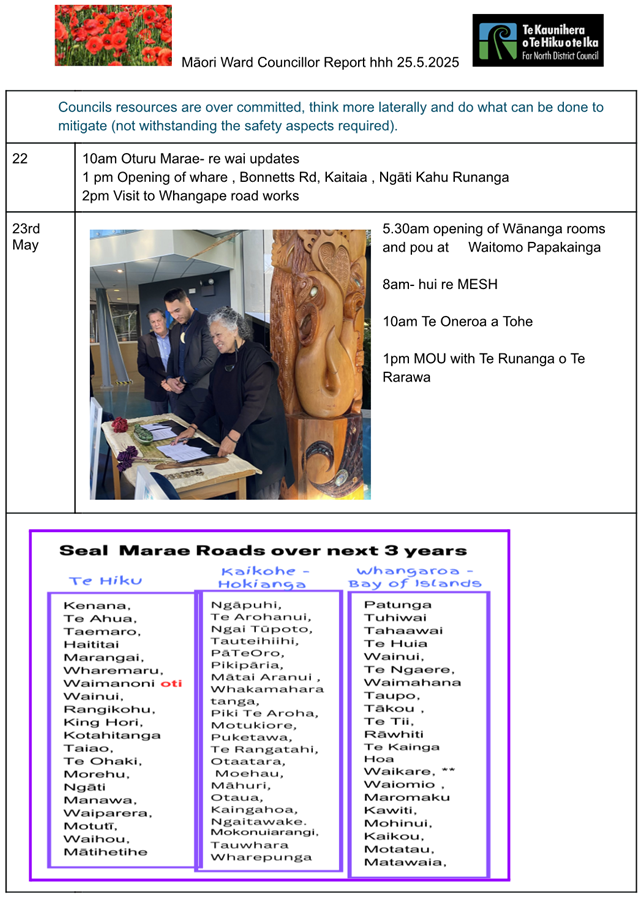
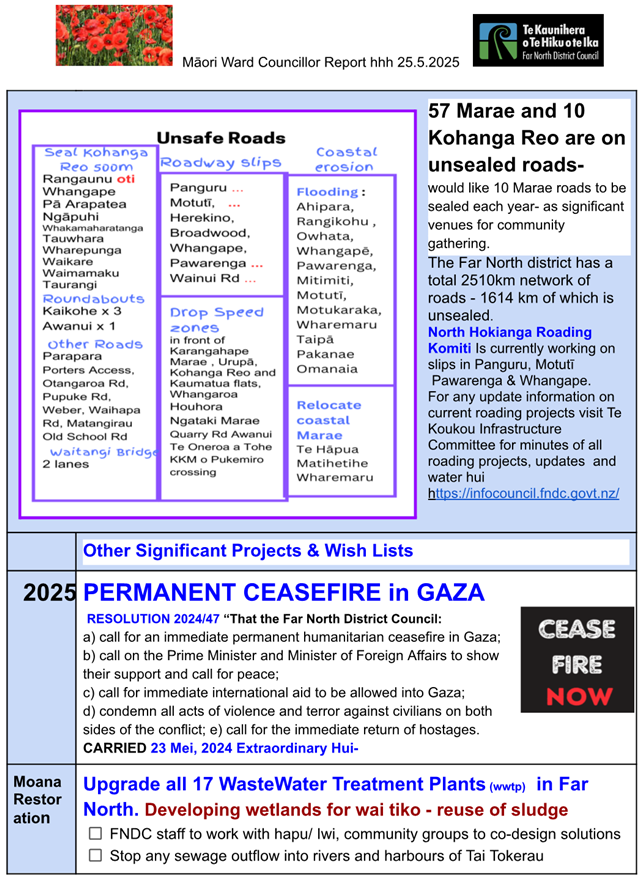
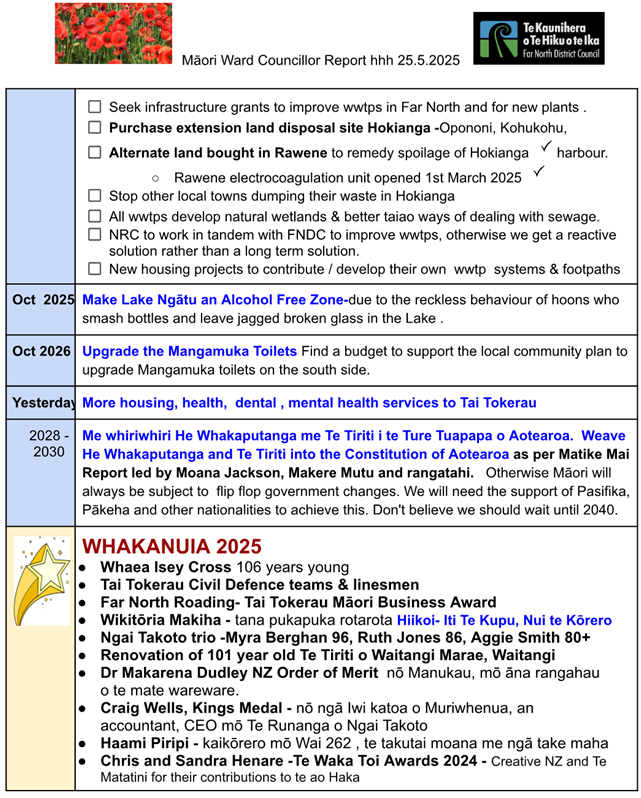
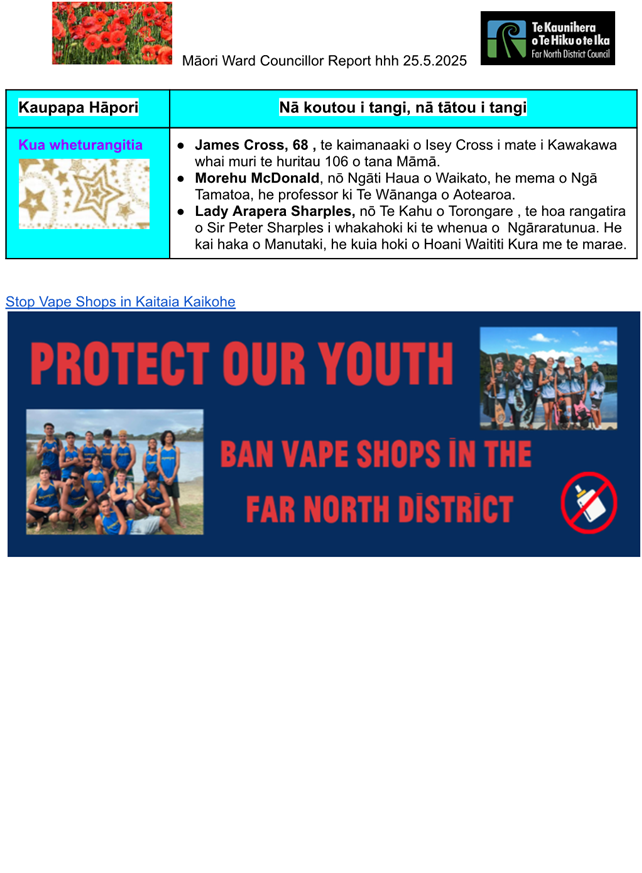
7.2 Community
Board Minutes - June 2025
File
Number: A5070113
Author: Marlema
Baker, Democracy Advisor
Authoriser: Aisha
Huriwai, Manager - Democracy Services
TAKE PŪRONGO / Purpose of the Report
To provide an overview of
resolutions made by Community Boards with an opportunity for Chairpersons to
speak with Council about pertinent discussions held at Community Board.
WHAKARĀPOPOTO MATUA / Executive SummarY
Minutes from Te
Hiku, Bay of Islands-Whangaroa and Kaikohe-Hokianga Community Board June 2025
meetings are attached for Council information.
|
TŪTOHUNGA
/ Recommendation
That Council note the following Community Board minutes:
· 10 June 2025 Te
Hiku Community Board.
· 11 June 2025
Bay of Islands-Whangaroa Community Board;
· 23 June 2025
Kaikohe-Hokianga Community Board Extraordinary meeting;
|
tĀHUHU KŌRERO / Background
This report is to provide Council with an overview of
resolutions made at Community Board meetings and for Community Board
Chairpersons to raise any Community Board issues with Council.
MATAPAKI ME NGĀ KŌWHIRINGA /
Discussion and Next Steps
This is intended as an information report but shows on the
agenda as a standard report to place it earlier on the agenda.
From time-to-time Community Boards may make recommendations
to Council. This report is not considered to be the appropriate mechanism for
Council to make a decision from a Community Board recommendation. Council could
however move a motion to formally request a report on a particular matter for
formal consideration at a subsequent meeting. The report would then ensure that
Council have sufficient information to satisfy the decision-making requirements
under the Local Government Act 2002 (sections 77-79).
The minutes presented to this meeting include
recommendations to Council, which staff have requested be considered by Council
for the June meeting.
PĀNGA PŪTEA ME NGĀ WĀHANGA
TAHUA / Financial Implications and Budgetary Provision
There are no financial
implications or need for budget provision in considering this report.
Āpitihanga
/ Attachments
1. Te
Hiku Community Board - Minutes 10 June 2025 - A5227408 ⇩ 
2. Bay
of Islands-Whangaroa Community Board - Minutes 11 June 2025 - A5229877 ⇩ 
3. Kaikohe-Hokianga
Community Board Extraordinary Meeting - Minutes 23 June 2025 - A5243762 ⇩ 
|
Ordinary
Council Meeting Agenda
|
3 July 2025
|
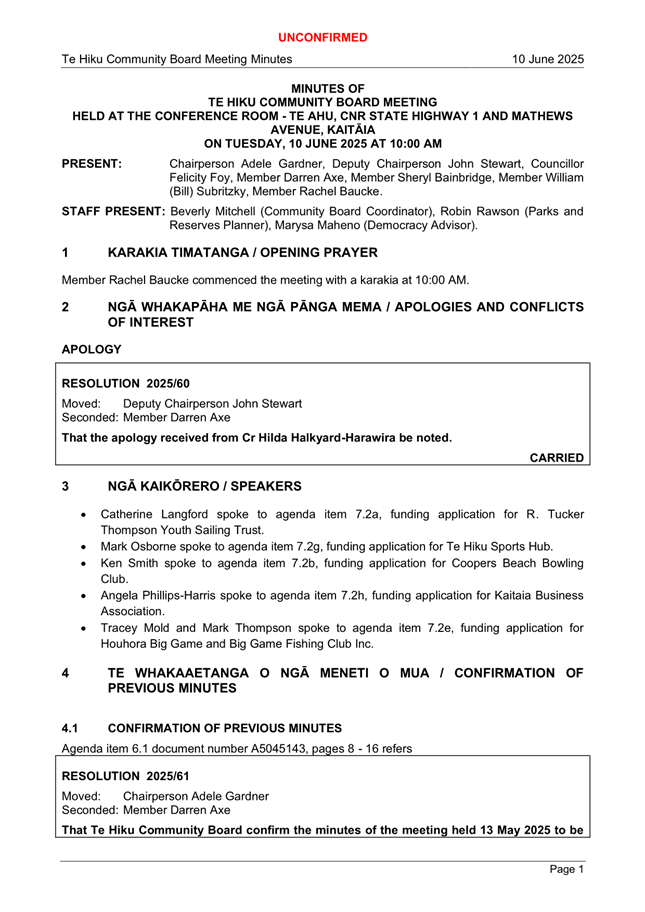
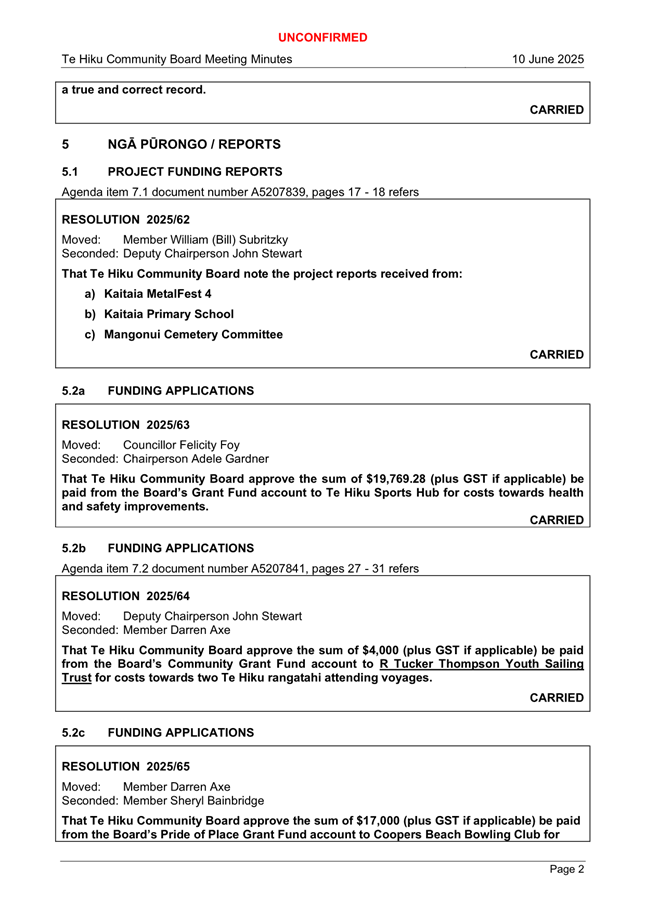
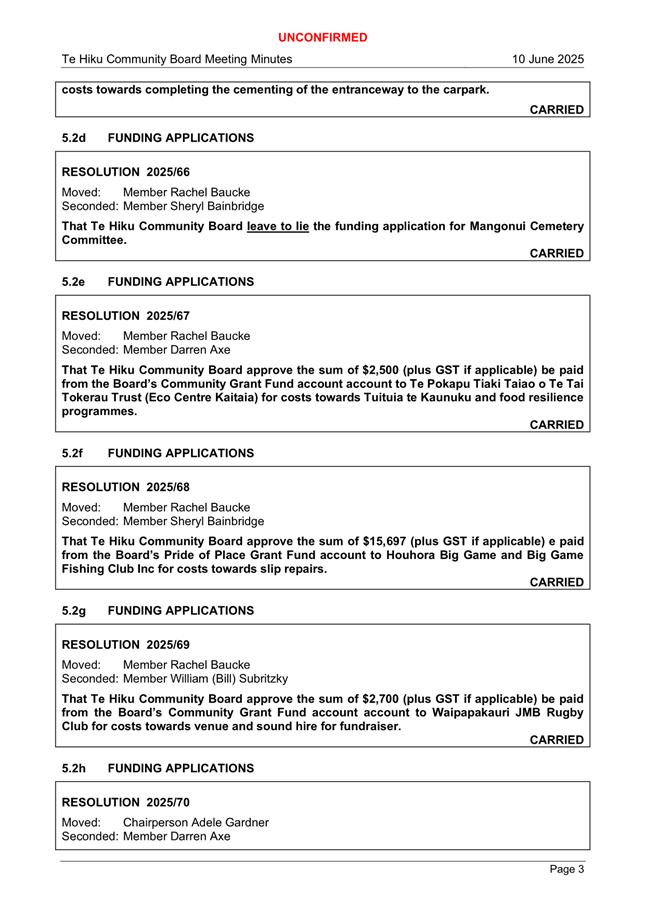
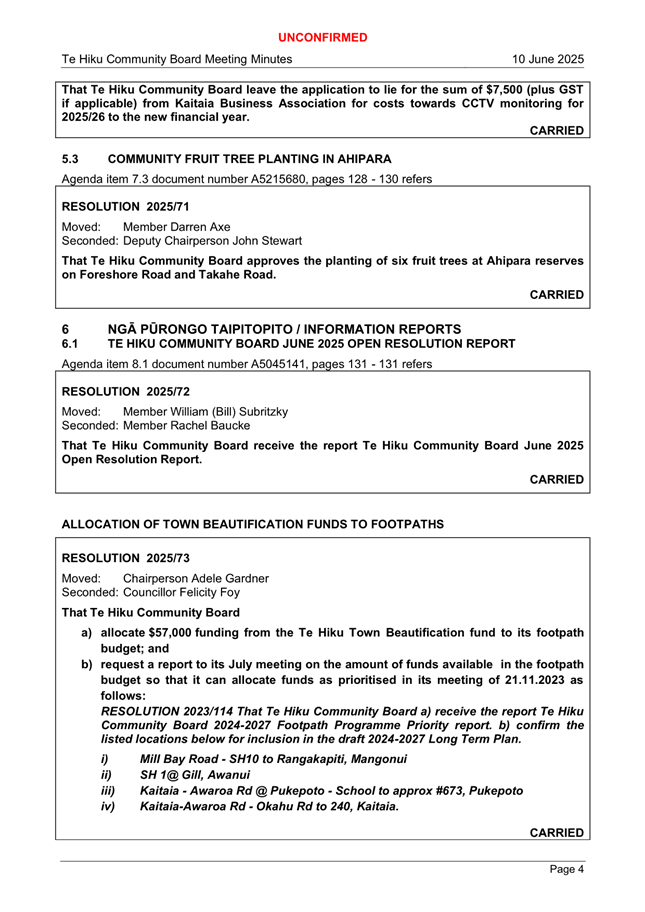
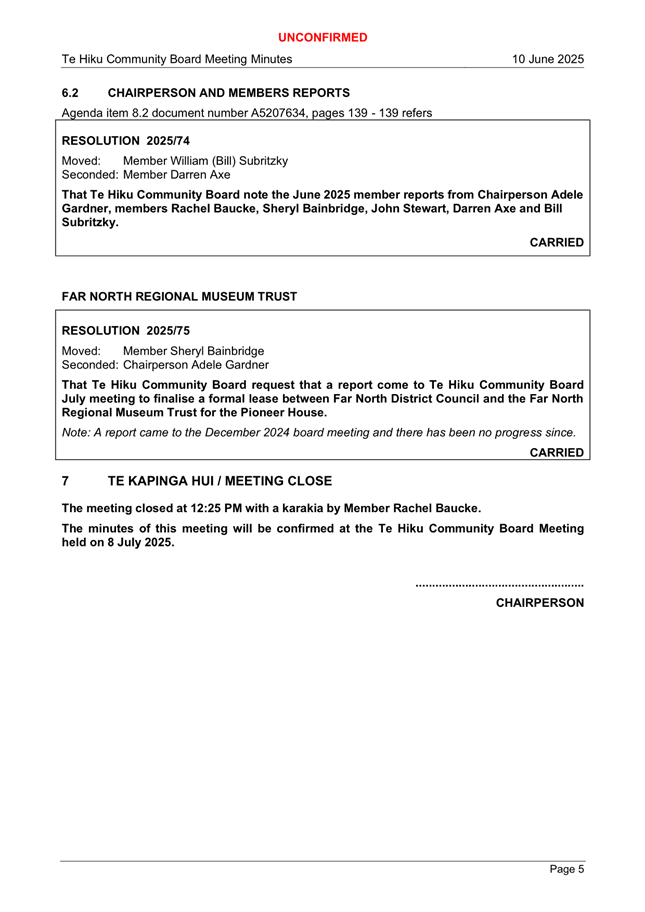
|
Ordinary Council
Meeting Agenda
|
3 July 2025
|
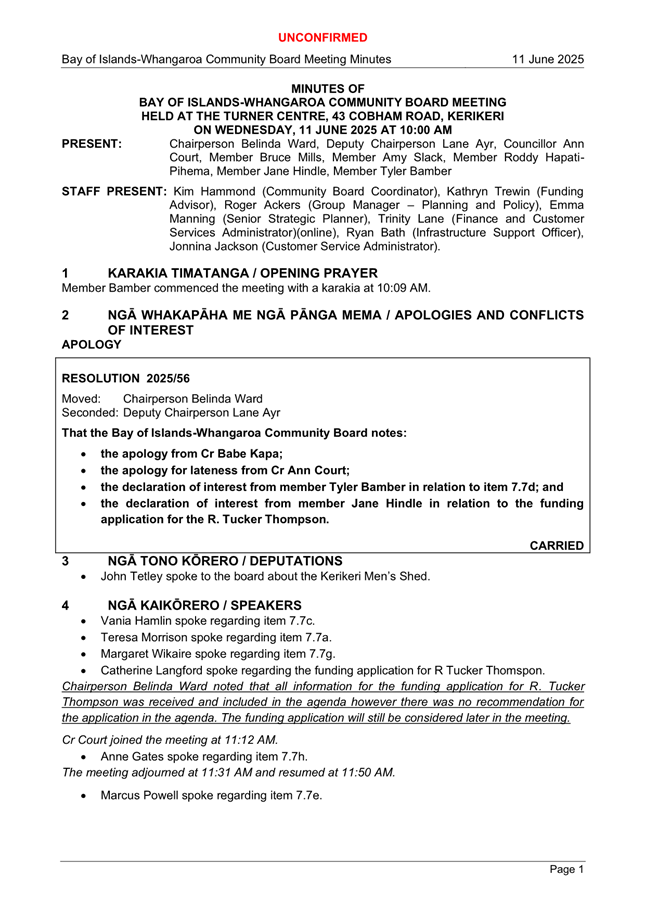
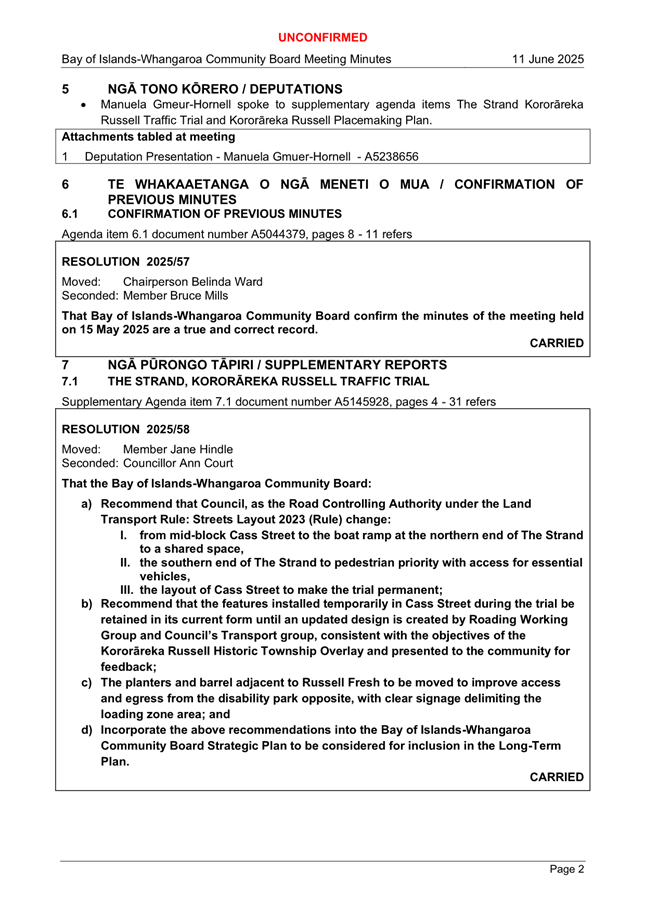
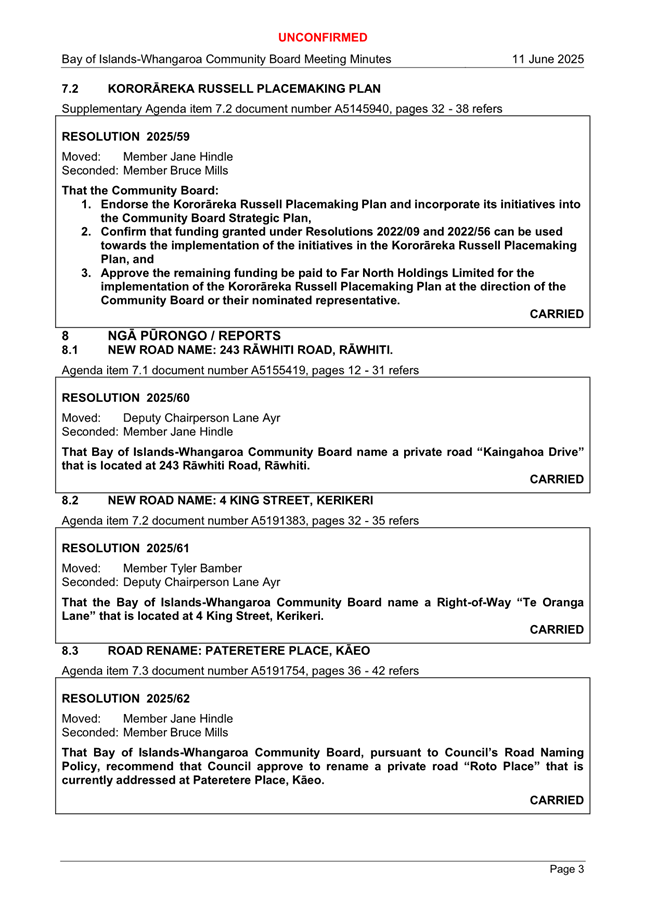
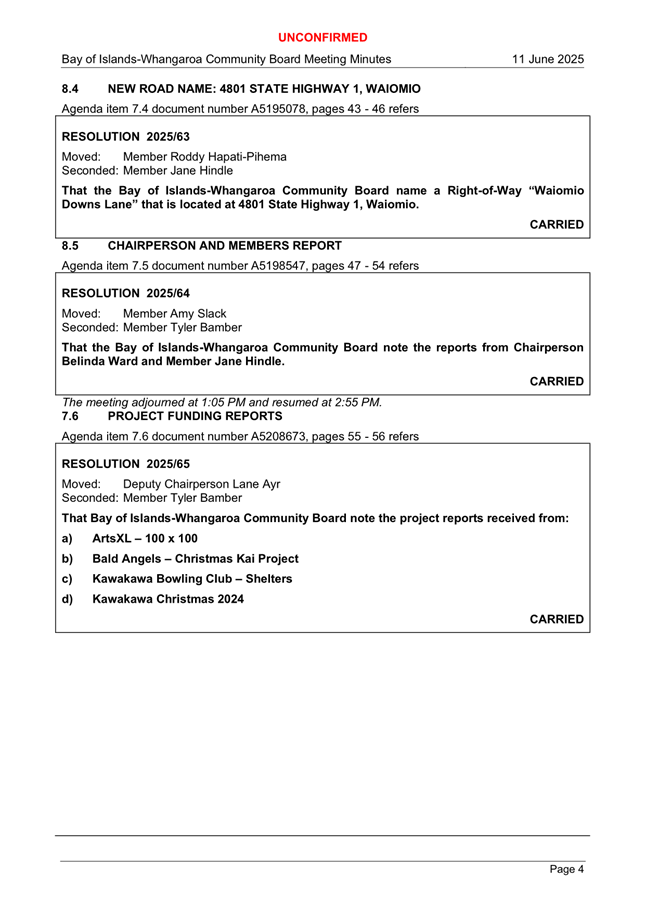
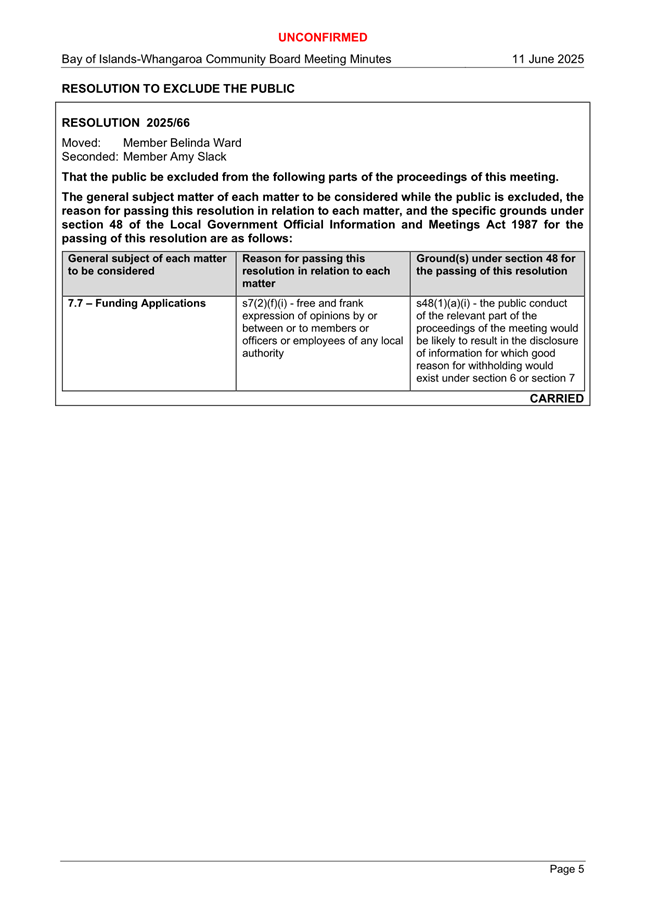
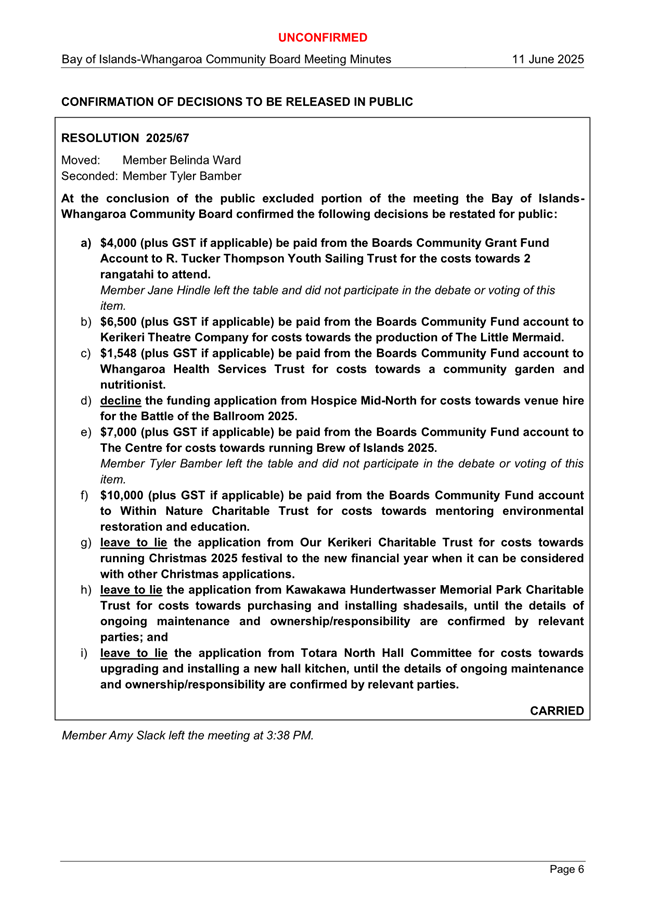
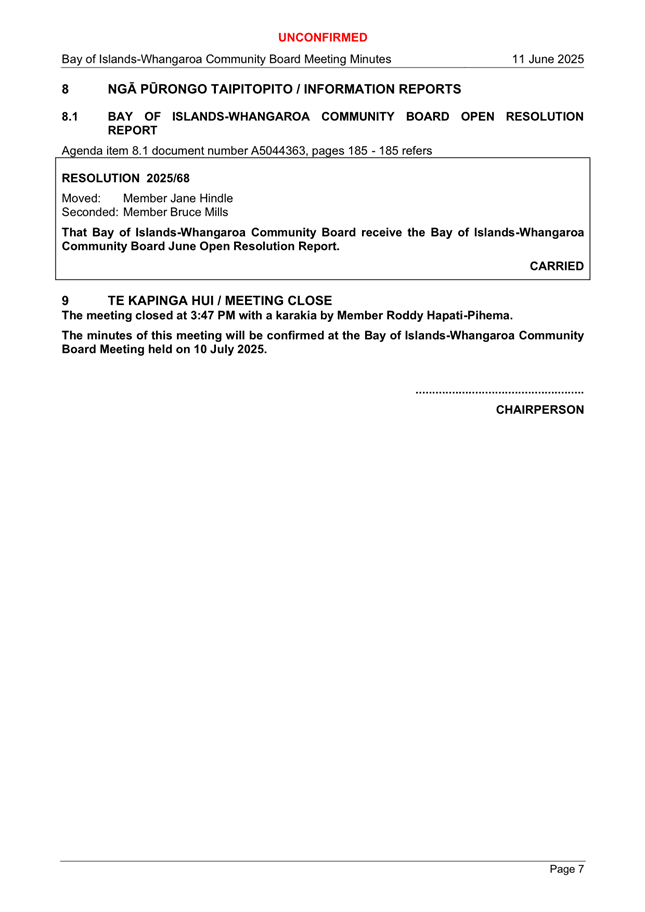
|
Ordinary Council
Meeting Agenda
|
3 July 2025
|
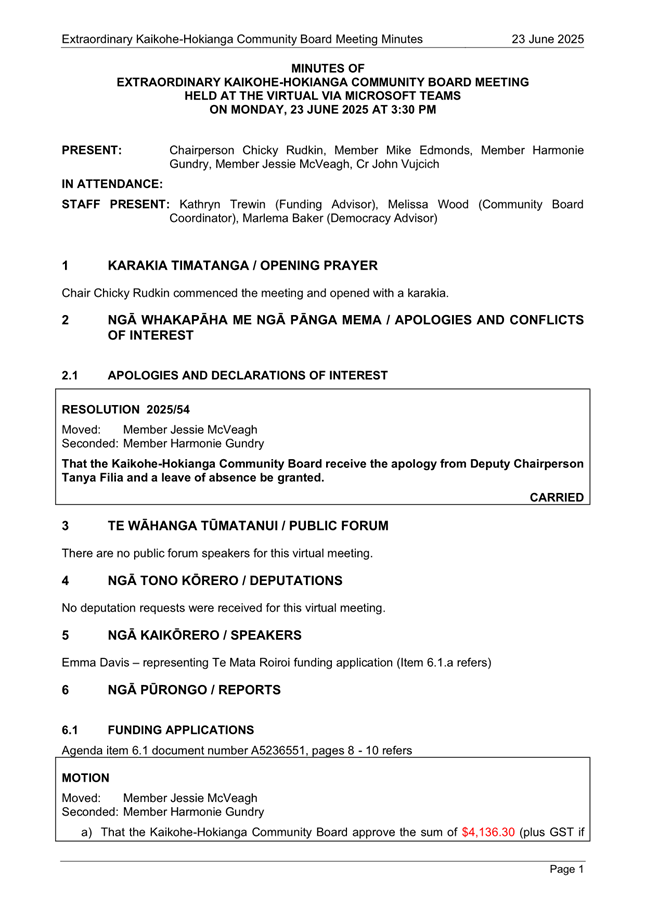
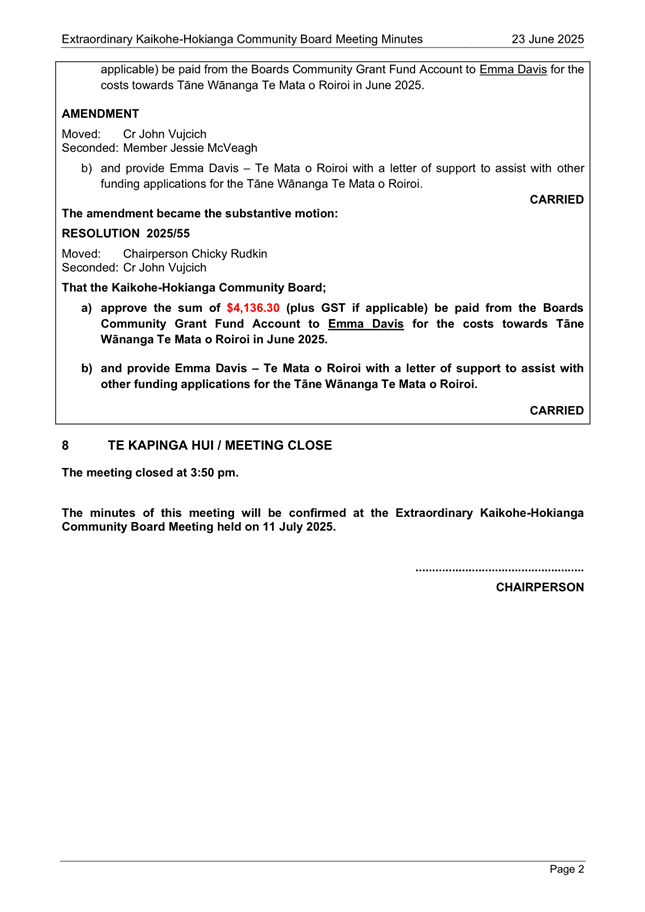
7.3 Update
on a Regional Deals for Northland
File
Number: A5246798
Author: Roger
Ackers, Group Manager - Planning & Policy
Authoriser: Guy
Holroyd, Chief Executive Officer
TAKE PŪRONGO / Purpose of the Report
To provide Council with
an update on Northland’s proposal for Regional Deals.
WHAKARĀPOPOTO MATUA / Executive SummarY
· Regional Deals is
the Government’s initiative for establishing long-term agreements between
central and local government. The programme aims to unlock funding and resource
opportunities to support councils to make improvements in their region, for example
to roads, infrastructure, and the supply of quality housing.
· The government
initiated the establishment of regional deals with local government by inviting
local government bodies to submit a regional deal proposal to government in
early 2025.
· On 11 December 2024
Te Kuaka – Te Ao Māori Committee resolved not to support the
regional deal framework
· On 12 December 2024
Council endorsed the preparation of a Regional Deal proposal for submission to
Central Government and approved Northland Inc as the lead organisation
responsible for coordinating the development of the Regional Deal proposal with
support from all Councils.
· On 28 February 2025
Northland Inc submitted the Northland Light Touch Proposal to the Department of
Internal Affairs
· The Joint Regional
Economic Development Committee alongside Northland Inc has been preparing for
the possibility that Northland will be invited to progress to a Memorandum of
Understanding with the Government for Northland Regional Deal.
· At
the time of writing the report no announcement had been made on which regions
will be invited to progress to a Memorandum of Understanding with the
government for a regional deal.
· On
19 June 2025 Te Kuaka Te Ao Māori Committee (Te Kuaka) considered this
information report and made the following recommendation to Council.
|
TŪTOHUNGA
/ Recommendation
That Council
form a working group to advance Te Tai Tokerau economic priorities and
relationships through Regional Deals.
|
tĀHUHU KŌRERO / Background
On 21 November 2024, Hon Simeon Brown, Minister of Local
Government sent a letter to the mayors/chairs of all local authorities inviting
them to submit a regional deal proposal. As per the letter, regional deals are
focused on delivering connected and resilient infrastructure, building economic
growth and improving the supply of affordable housing.
The intent as
communicated from the Government in 2024 was for each regional deal to;
· cater
to local priorities while sharing the following foundational components:
· based
on a 30-year vision for the region
· have
a 10-year strategic plan with clear outcomes and actions required to achieve
them
· rely
on existing resources to achieve shared goals over new funding
· establish
a framework through which new funding can be allocated as it becomes available.
In terms of boundaries, Regions for Regional Deals can
include regional, sub-regional, or other suitable areas, as long as they are
clearly defined economic and geographic areas with functioning local
authorities.
On 11 December 2024 Staff recommended the following as part
of a wider set of recommendations to the Te Kuaka – Te Ao Māori
Committee;
That Te Kuaka recommend that Council:
a) endorse
the preparation of a Regional Deal proposal for submission to central
government.
b) agree to
collaborate with the other three local authorities, Kaipara District Council
(KDC), Whangārei District Council (WDC), and Northland Regional Council
(NRC) as a single “region” for the purpose of the Regional Deal.
c) approve
Northland Inc as the lead organisation responsible for coordinating the
development of the Regional Deal proposal, with support from all four councils.
d) approve
the Joint Regional Economic Development Committee as the governance entity
overseeing the development of the proposal
e) approve
the amendment to the Joint Regional Economic Development Committee Terms of
Reference
f) agree
that the Chair of the Northland Mayoral Forum be the spokesperson of the
Regional Deal programme on behalf of the region
g) approve
the Registration form being submitted by Northland Inc. on behalf of Northland
Local Authorities (by 18 December 2024), following review by the Chief
Executive
h) notes
that the Joint Regional Economic Development Committee may be required to meet
outside of the normal council meeting cycle during the traditional Christmas
recess period
i) notes
that similar recommendations are being presented to KDC, WDC, and NRC at their
December 2024 meetings to ensure regional alignment and collaboration.
Te Kuaka
– Te Ao Māori Committee resolved the following from the above staff
recommendation.
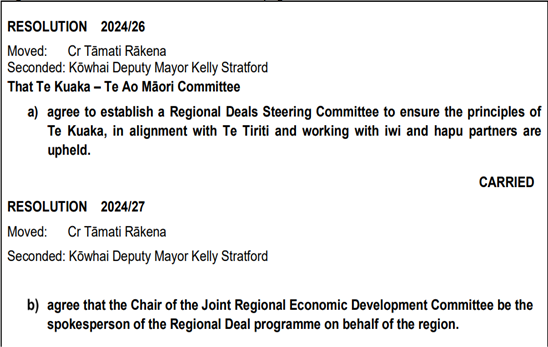
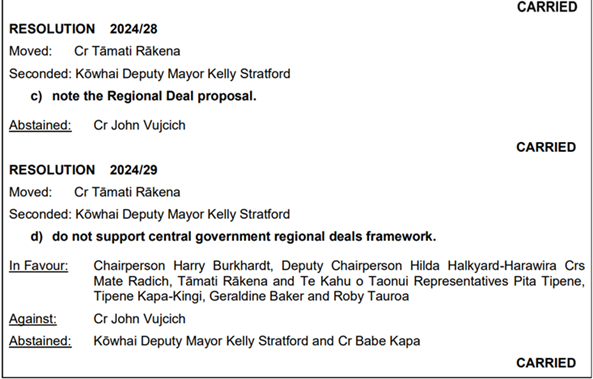
The same set of recommendations as made to Te Kuaka –
Te Ao Māori Committee on 11 December 2024 were made to the 12 December
2024 Council meeting with the following resolution.

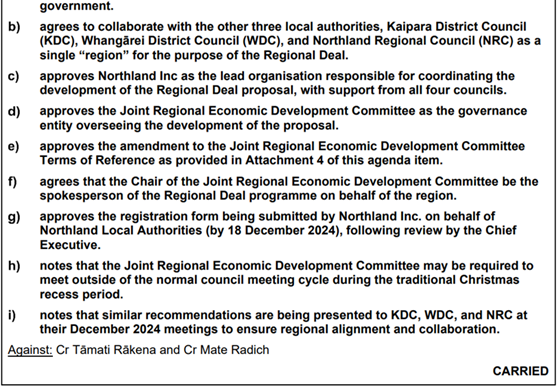
Northland Inc confirmed the Northland Region’s
intention to submit a proposal for a Regional Deal by lodging a registration
form with the Department of Internal Affairs before the cut-off date of 18
December 2024. The registration included the following:
In
order to develop our initiatives, we have reviewed the councils’ key
strategic documents and the work of Northland Inc (regional economic
development agency) and have used these to develop draft initiatives that we
expect our light touch proposal to be based upon. We have both a role in
enabling our key sectors to be more productive and to create a new future fuels
cluster which aligns with Government objectives for a regional deal.
1. Marsden Point
Future Fuels Cluster – bio refinery, sustainable aviation fuels,
hydrogen, methanol
2. Marine
Manufacturing Cluster (Dry Dock, Inshore Fishing, Navy – maintenance
& training)
3. Primary and
Associated Manufacturing Sector Development – value added processing,
Ngāwhā Innovation Park; land utilisation; mussel & oyster spat,
new horticulture products
4. Tourism –
quality accommodation development, road and air connectivity
However, given the
timeframes for expressions of interest the focus areas are yet to be worked
through with Council’s governance. They are therefore in draft and will
be explored further through the light touch proposal and are subject to change
through that process. We will be working with key stakeholders in the region
(including Private sector & Iwi) during the process of drafting the light
touch proposal.
Northland Inc led the development of a light touch proposal
with input from staff from KDC, WDC, NRC and FNDC over the course of December
2024, January 2025 and February 2025. This included workshops with the
Joint Regional Economic Development Committee on 19 December 2024 and 31
January 2025.
Input and feedback to the chair of the Joint Committee
Regional Development on the first draft was sought from Far North District
Council Elected Members and the CEO via email on 29 January 2025. This
explained the decision-making process in place to meet the timeline for the
approval of a lite touch to be approved by the Joint Regional Economic
Development Committee on 21 February 2025.
The Joint Regional Economic Development Committee met in a
publicly excluded meeting on 21 February 2025 where a draft Lite Touch Proposal
was approved for submission to the Department of Internal Affairs. This
was a publicly excluded meeting because confidentiality was requested by the
Department of Internal affairs as part of their guidance for developing a
Regional Deals proposal.
On 28 February 2025 Northland Inc confirmed to staff at the
Far North District Council that they had submitted The Northland Light Touch
Regional Deal Proposal (Attachment 1)
On 29 April 2025 The Joint Regional Economic Development
Committee commenced, in public exclusion, to consider what preparation is
required if Northland is selected to enter into a negotiation for a regional
deal with the government. At the time of this agenda item to the Joint
Committee the Department of Internal Affairs had communicated that the
government intended to announce the three successful regions on 26 May 2025
(one region for negotiation in 2025 and two for 2026).
On 19 June 2025 Te Kuaka considered this information report
and made recommendation b) to Council (see below).
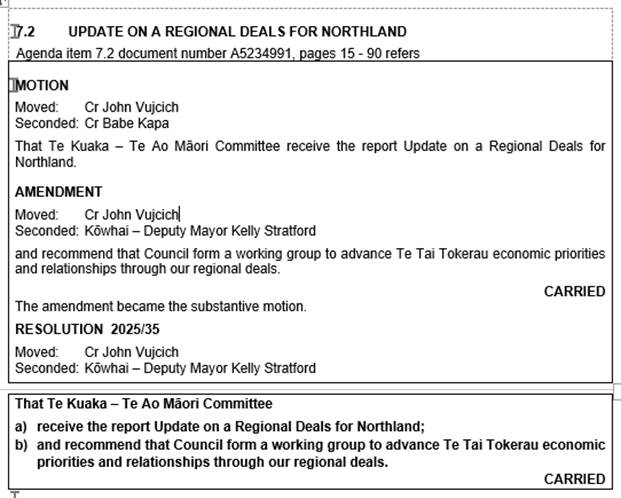
No Regional Deal announcement has been made at time of
writing this report.
MATAPAKI ME NGĀ KŌWHIRINGA /
Discussion and Next Steps
The Joint Regional
Economic Development Committee is considering a negotiating structure in the
event that Northland is invited to enter a negotiation with the government for
a regional deal. This includes iwi/hapū/Ahuwhenua representation across the
sector priorities put forward in the regional deal application being
1. Future
Fuels
2. Marine
Manufacturing
3. Primary
Industries
4. Visitor
Economy and
5. Infrastructure
which has been included to underpin the other four priorities
The committee is also
considering a wider negotiating team that includes representatives of
Māori Economic Development.
As per the department of
Department of Internal Affairs website at the time of writing this report the
following is the timing and sequencing for Regional Deals.
|
Milestone
|
Date
|
|
Cabinet decisions on
first regions to progress into MOUs
|
June 2025
|
|
MoU Signing
|
July 2025
|
|
Deal negotiations with
selected regions
|
August –
September 2025
|
|
Local Government
Elections
|
October 2025
|
|
Final deal negotiations
|
November 2025
|
|
First regional deal
finalised
|
December 2025
|
|
Two additional regional
deals finalised
|
By October 2026
|
|
Process for future
rounds of proposals and deals (TBC)
|
2026 onwards
|
As per the Department of Internal Affairs website on
Regional deals under the heading ‘The role of private and Iwi/Māori
organisations’
“City and Regional Deals
primarily involve partnerships between local councils and central government.
There is significant opportunity for collaboration from the private sector and
Iwi/Māori organisations. Local government is responsible for identifying
opportunities for involvement and engaging with private sector entities and
Māori organisations.
All deals are required to
honour pre-existing Te Tiriti o Waitangi obligations.”
Administration staff at Northland Regional Council are
preparing for the possibility of an extraordinary Joint Regional Economic
Development Committee meeting in June if Northland is invited to enter the
Memorandum of Understanding process for a regional deal as identified above.
The next scheduled Joint Regional Economic Development
Committee meeting is on Friday 25 July 2025.
PĀNGA PŪTEA ME NGĀ WĀHANGA
TAHUA / Financial Implications and Budgetary Provision
There are no financial
implications and budgetary provisions associated with this report
Āpitihanga
/ Attachments
1. Northland
Regional Deal Proposal Full Document - A5234998 ⇩ 
Hōtaka Take Ōkawa / Compliance Schedule:
Full consideration has been given to the provisions of the
Local Government Act 2002 S77 in relation to decision making, in particular:
1. A
Local authority must, in the course of the decision-making process,
a) Seek
to identify all reasonably practicable options for the achievement of the
objective of a decision; and
b) Assess
the options in terms of their advantages and disadvantages; and
c) If
any of the options identified under paragraph (a) involves a significant
decision in relation to land or a body of water, take into account the
relationship of Māori and their culture and traditions with their
ancestral land, water sites, waahi tapu, valued flora and fauna and other
taonga.
2. This
section is subject to Section 79 - Compliance with procedures in relation to
decisions.
|
He Take Ōkawa /
Compliance Requirement
|
Aromatawai Kaimahi /
Staff Assessment
|
|
State the level of significance (high or low) of the
issue or proposal as determined by the Council’s
Significance and Engagement Policy
|
Low level of significance as this proposal does not meet
any of the thresholds in Councils Significance and Engagement Policy. No
feedback is required, and the public will be informed of Council’s
decision via the agenda and minutes publication of this meeting, on the
website and through other channels if appropriate.
|
|
State the relevant Council policies (external or
internal), legislation, and/or community outcomes (as stated in the LTP) that
relate to this decision.
|
A new role and responsibility is required to be added to
the Terms of Reference for the Joint Regional Economic Development Committee
to allow it to undertake its governance task in relation to Regional Deals.
It is proposed that the following new role and responsibility by added to the
Terms of Reference provided in Attachment 4.
4) Make decisions relating to the
government’s Regional Deals initiative for establishing long-term
agreements between central and local government, including but not limited to
submitting a proposal, finalising a Memorandum of Understanding and negotiating
a deal, ensuring alignment with regional priorities and collaboration among
councils.
|
|
State whether this issue or proposal has a District wide
relevance and, if not, the ways in which the appropriate Community
Board’s views have been sought.
|
The recommendation in this report has District Wide
Relevance.
|
|
State the
possible implications for Māori and how Māori have been provided
with an opportunity to contribute to decision making if this decision is
significant and relates to land and/or any body of water.
State the
possible implications and how this report aligns with Te Tiriti o Waitangi /
The Treaty of Waitangi.
|
Māori have not been engaged in the decision-making
process because of the tight timeframes between receiving the invitation
letter from the Minister and the need for a council decision. However, the
“light-touch” proposal form requires local government to engage
with both Māori and the private sector to obtain their input into any
submission and this will be completed prior to submission approval.
|
|
Identify persons likely to be affected by or have an
interest in the matter, and how you have given consideration to their views
or preferences (for example – youth, the aged and those with
disabilities).
|
There are specific persons or groups outside of staff
from the Northland Councils and Northland In that will directly be affected
by the recommendation given in this agenda item.
|
|
State the financial implications and where budgetary
provisions have been made to support this decision.
|
The cost for developing the “light-touch”
proposal and any subsequent negotiation with central government are expected
to be minimal and largely administrative. Any associated expenses will
be covered by the Investment and Growth Reserve (IGR) or existing council
resources, as approved by the Chief Executives. Any funding implications
arising from specific projects or developments that are incorporated into a
regional deal will need to be subject to separate and future council decisions.
|
|
Chief Financial Officer review.
|
The Chief Financial Officer has not reviewed this report
|
|
Ordinary
Council Meeting Agenda
|
3 July 2025
|
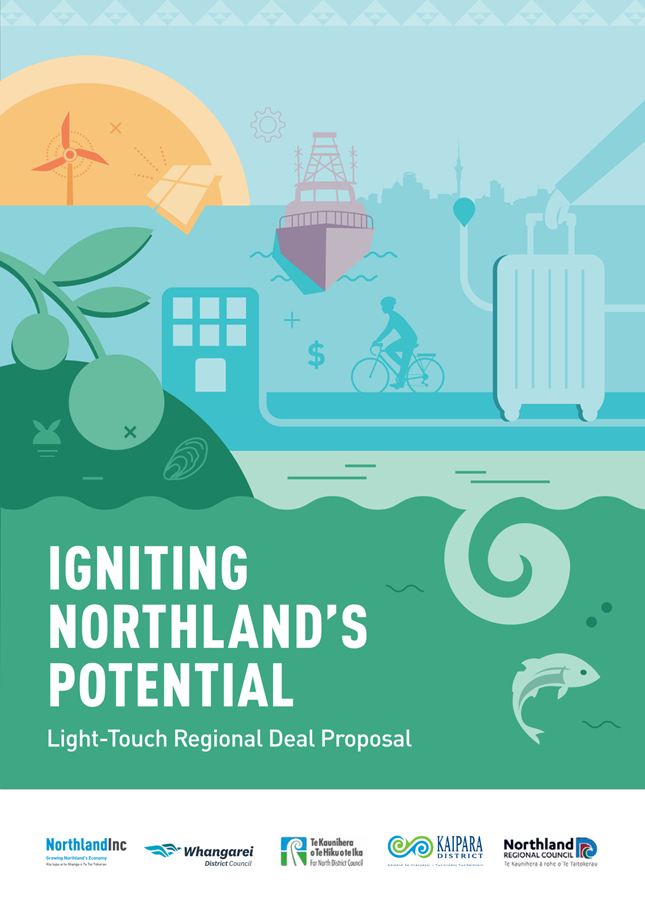
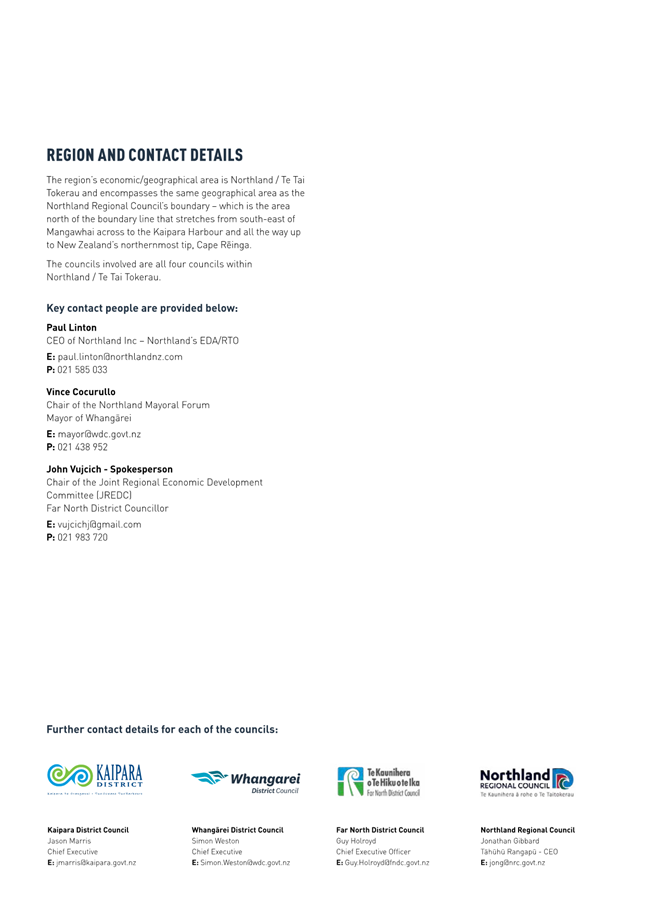
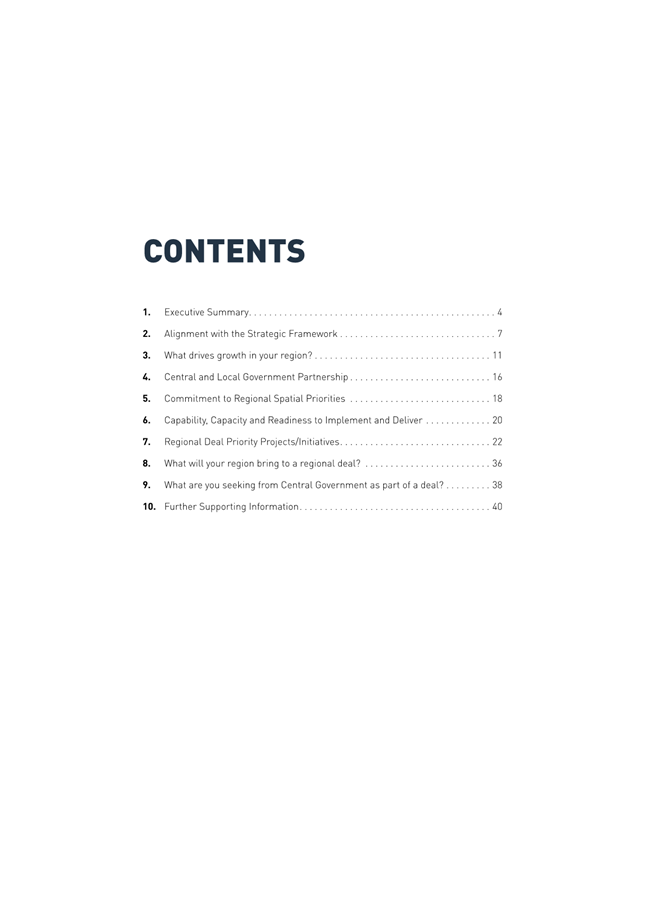
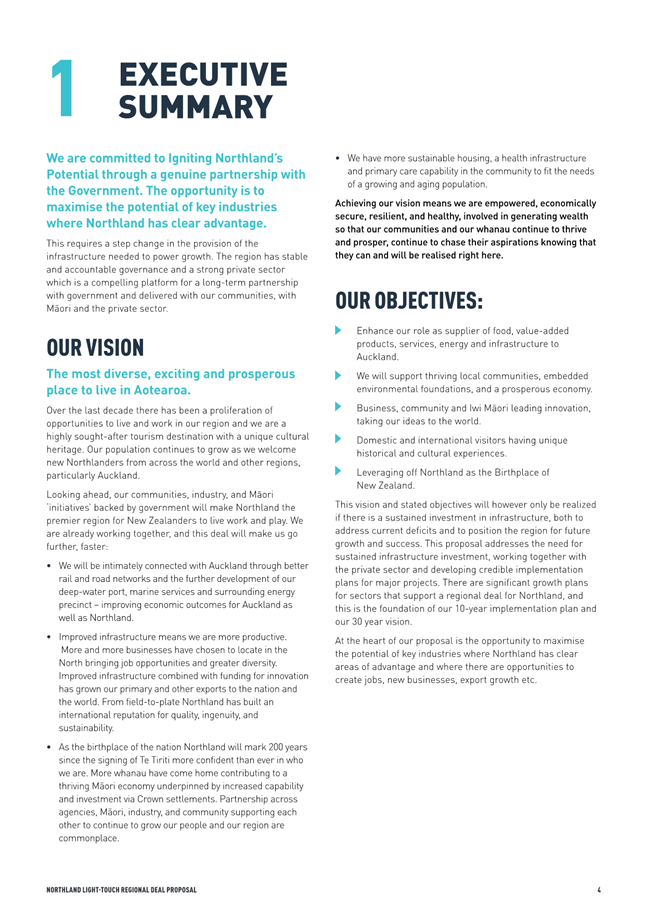
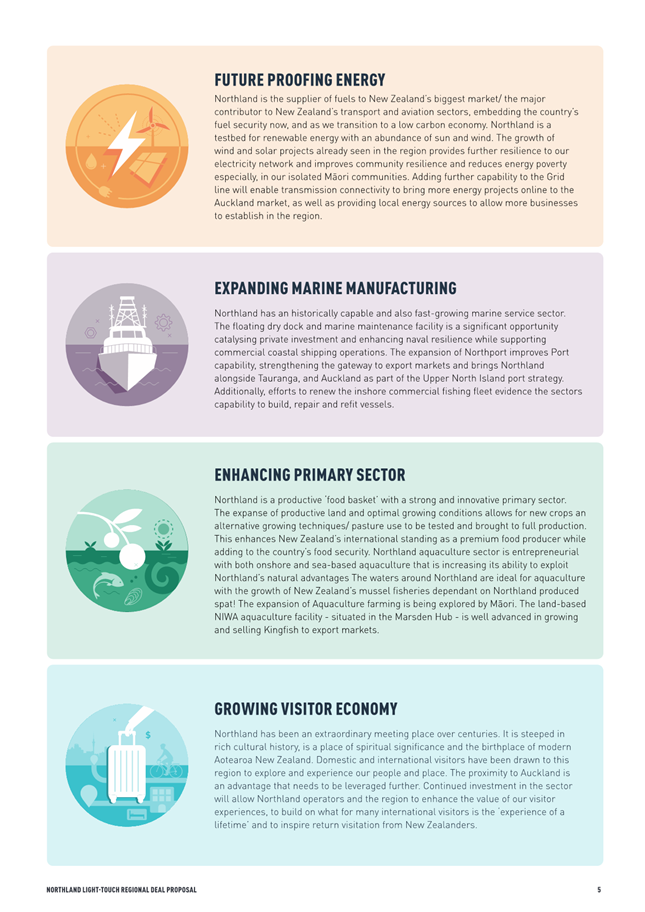
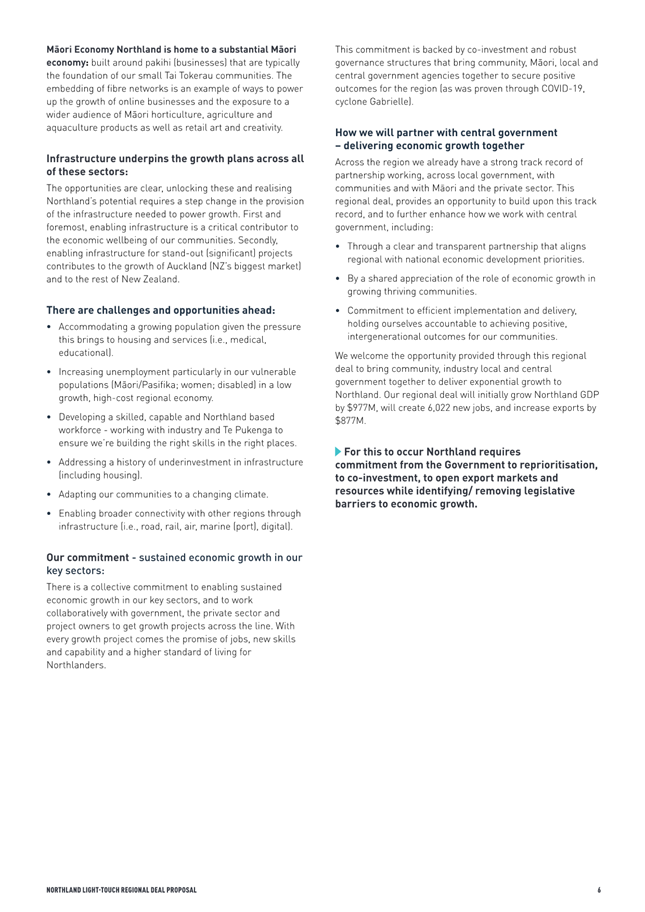
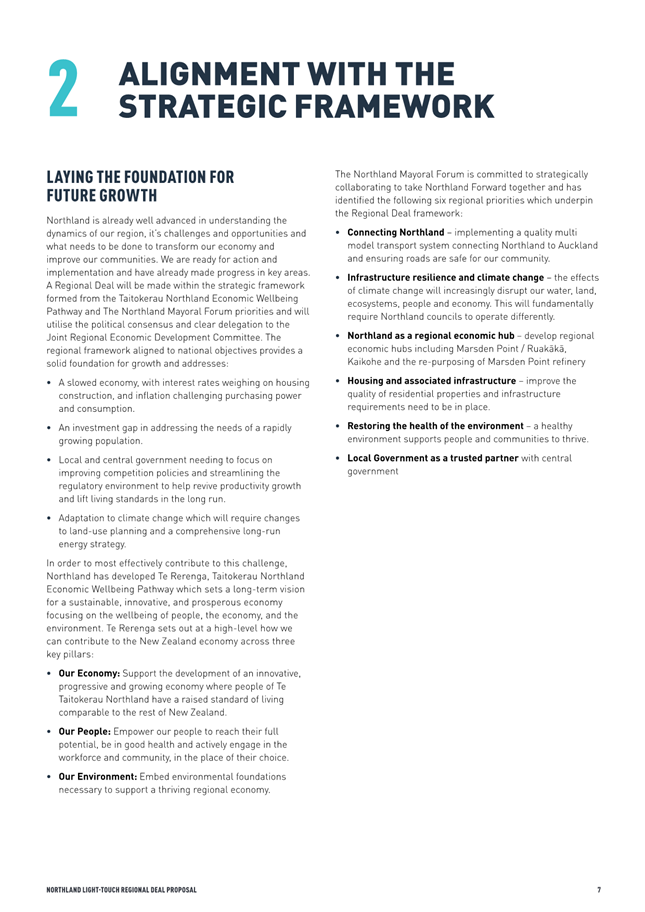
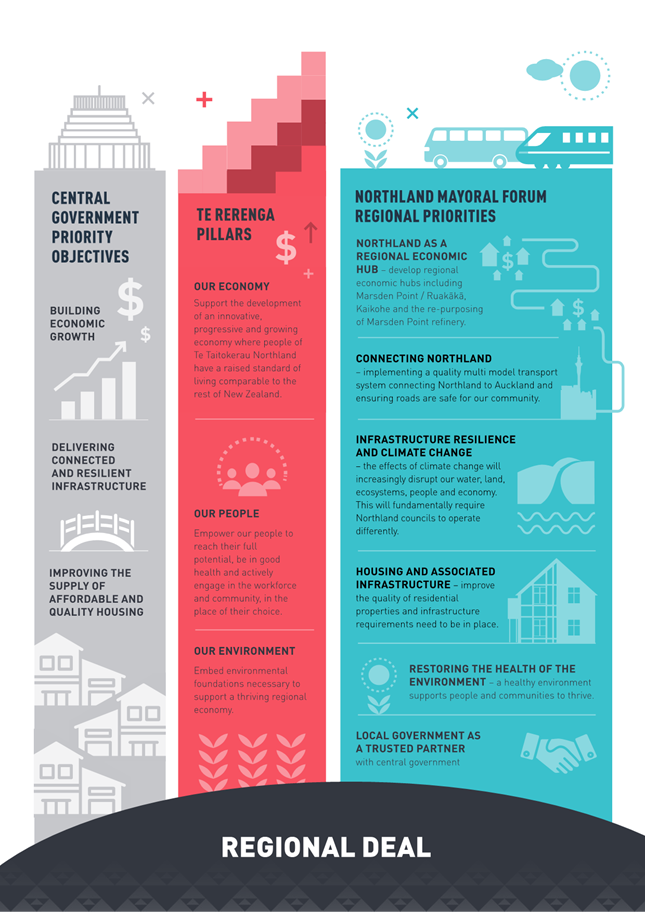
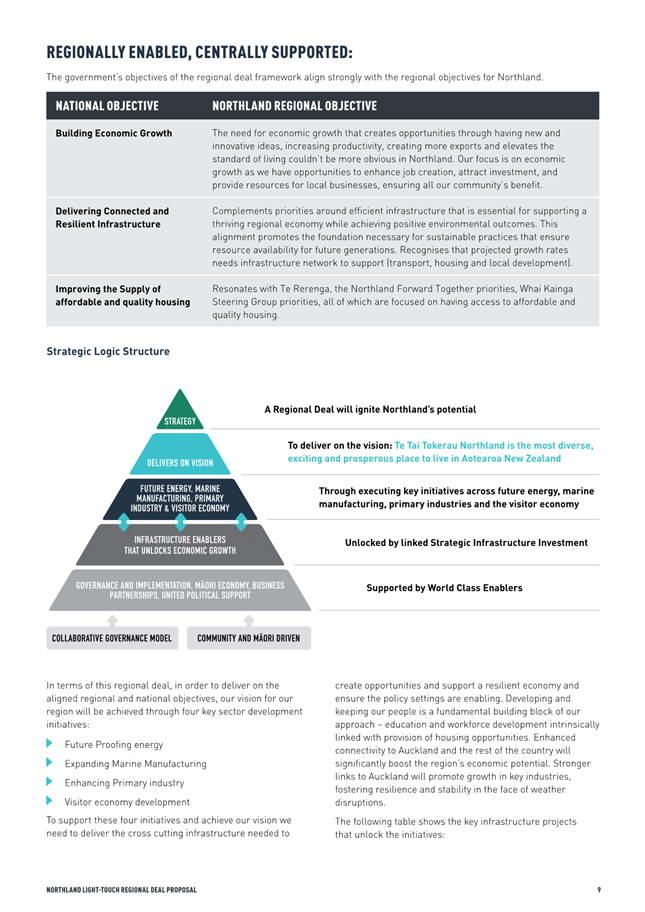
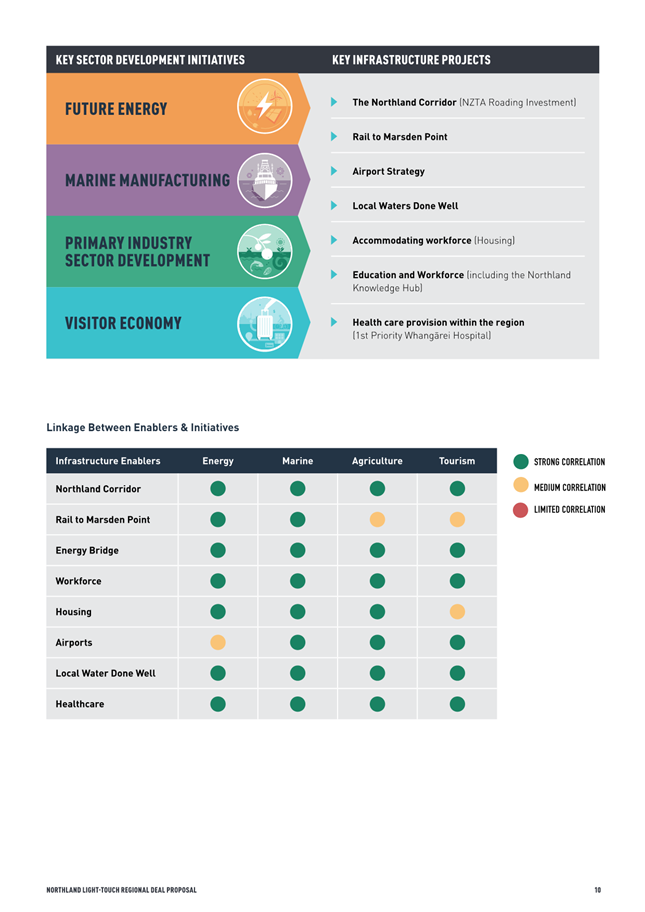
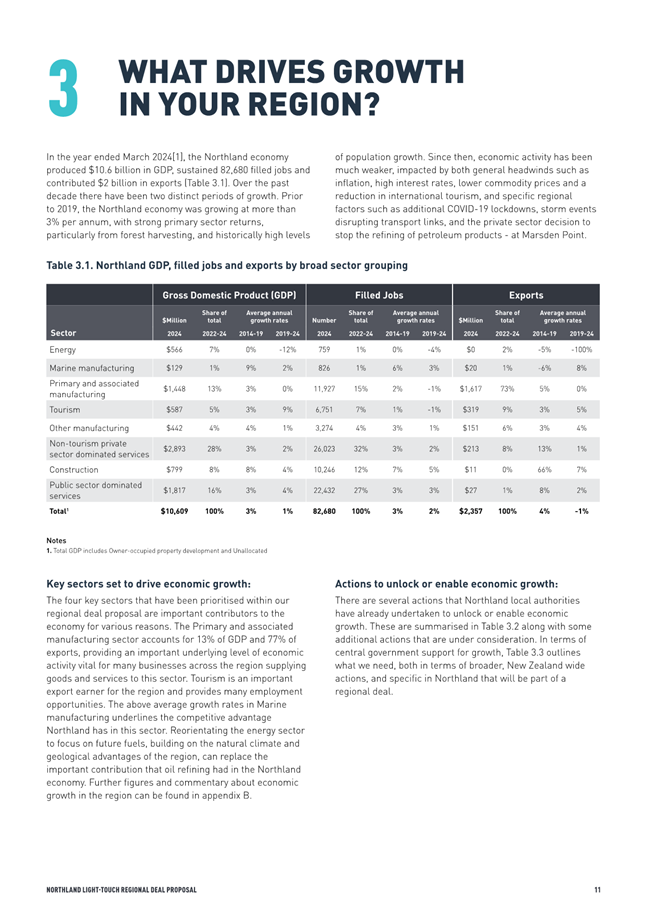
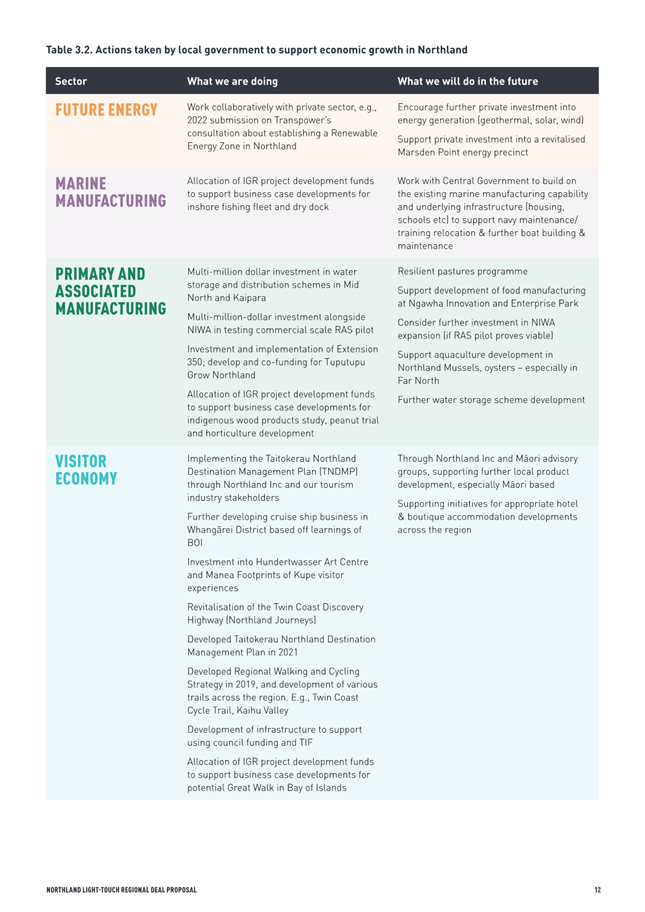
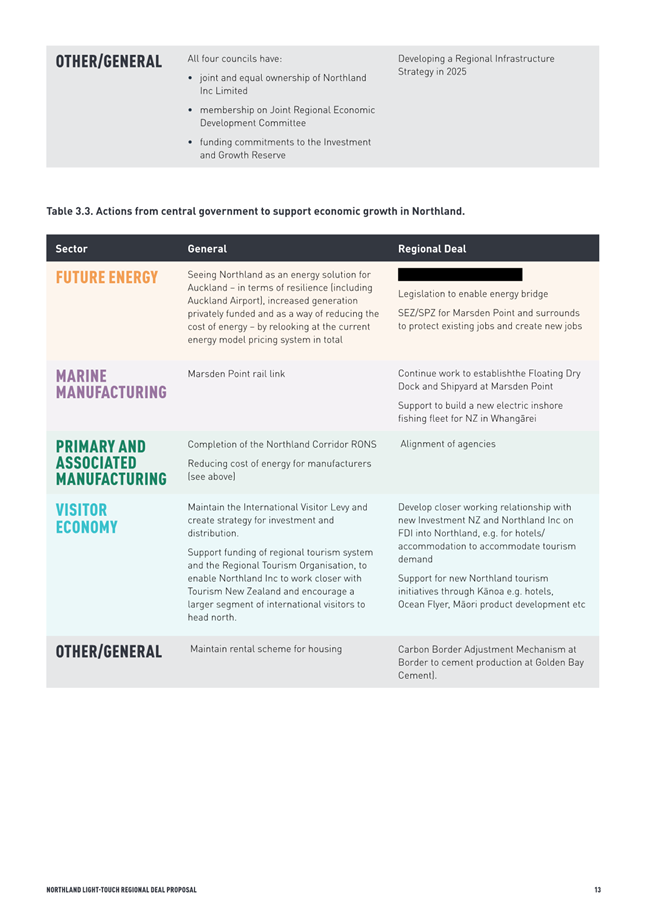
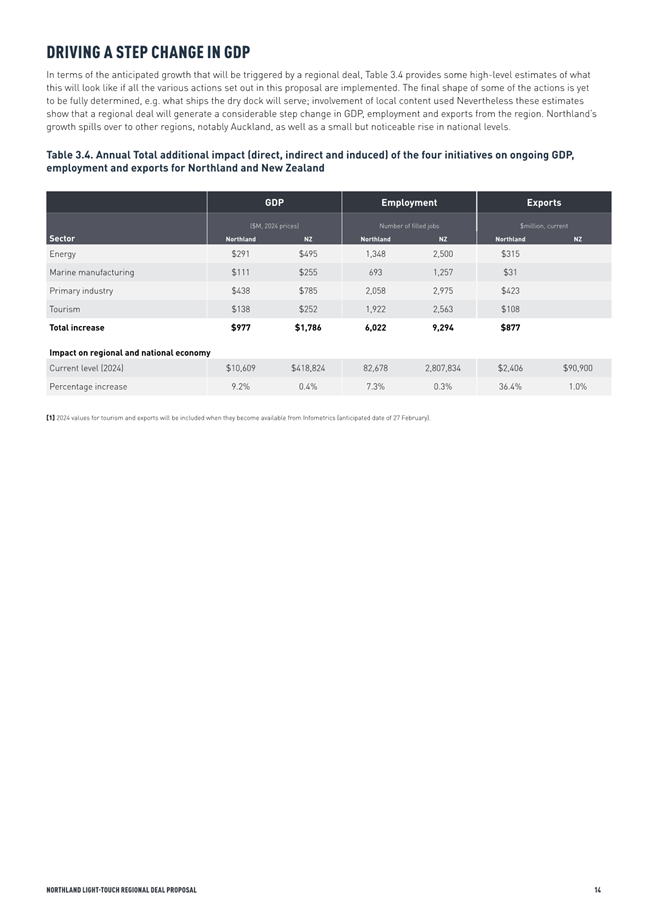
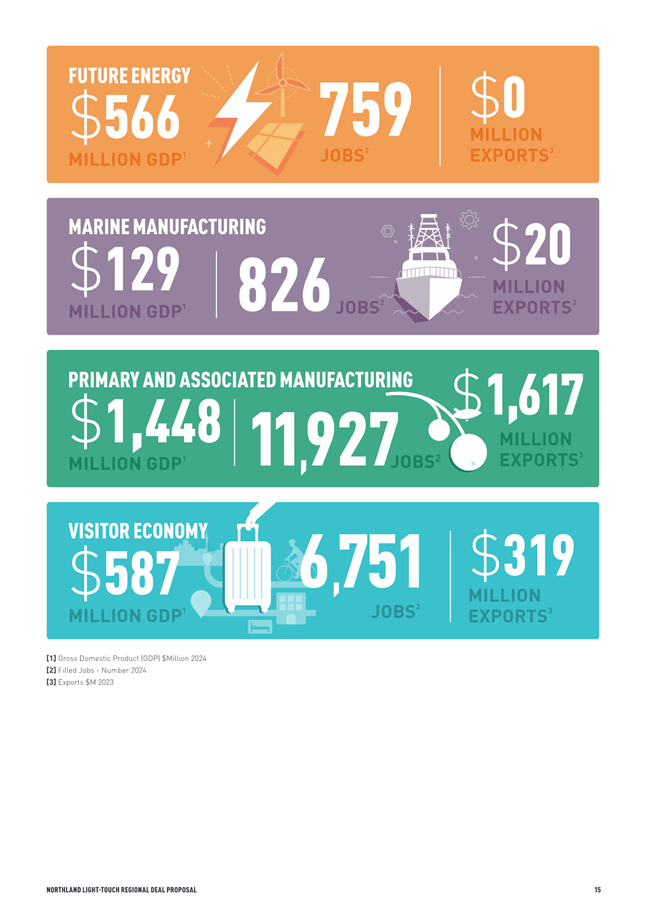
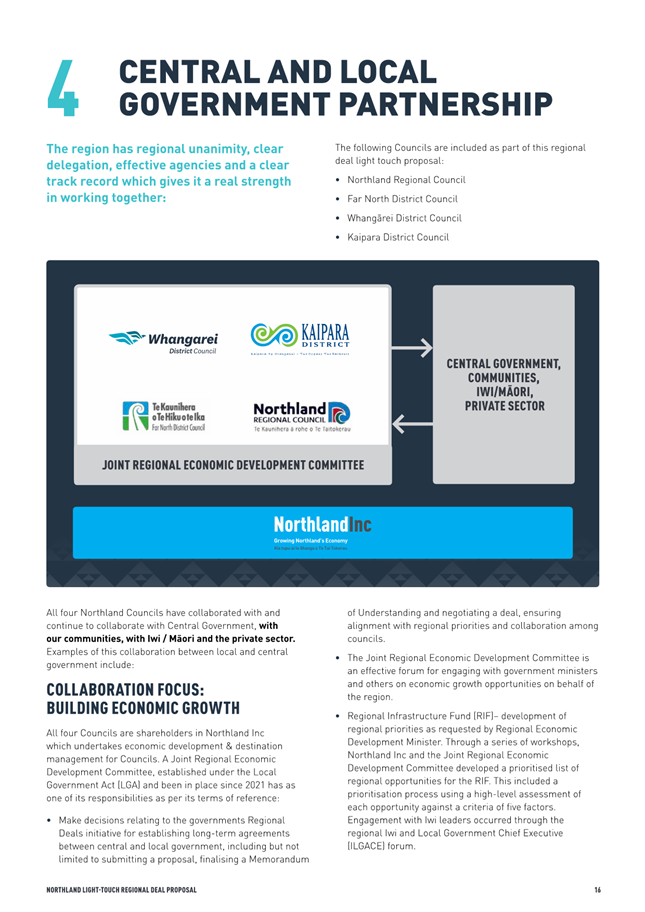
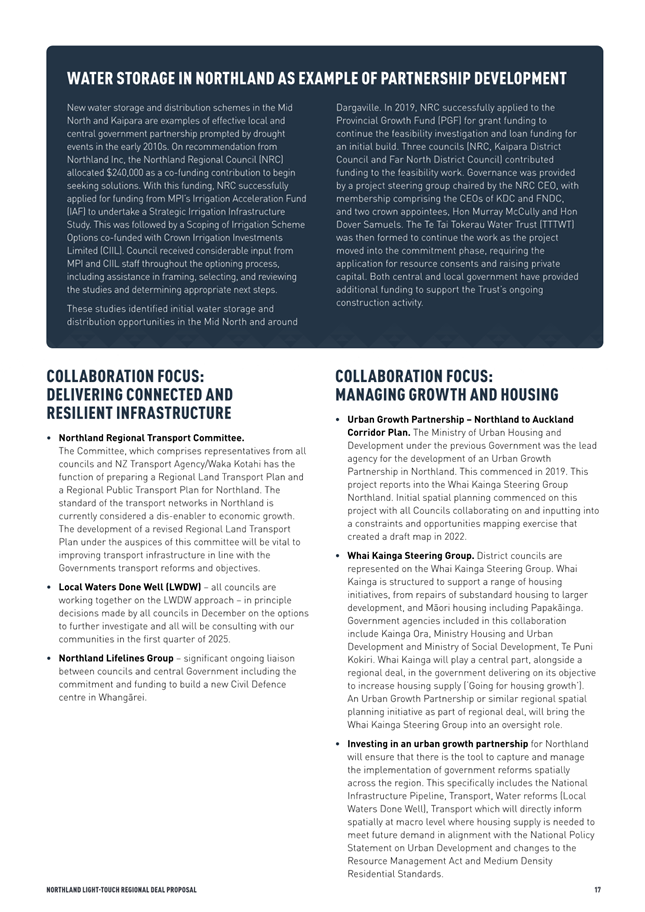
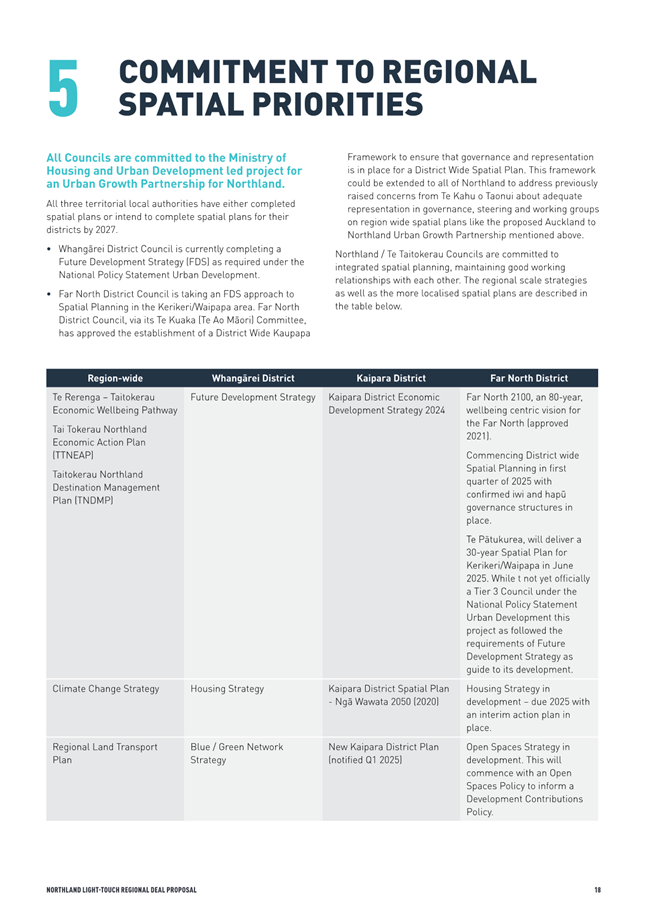
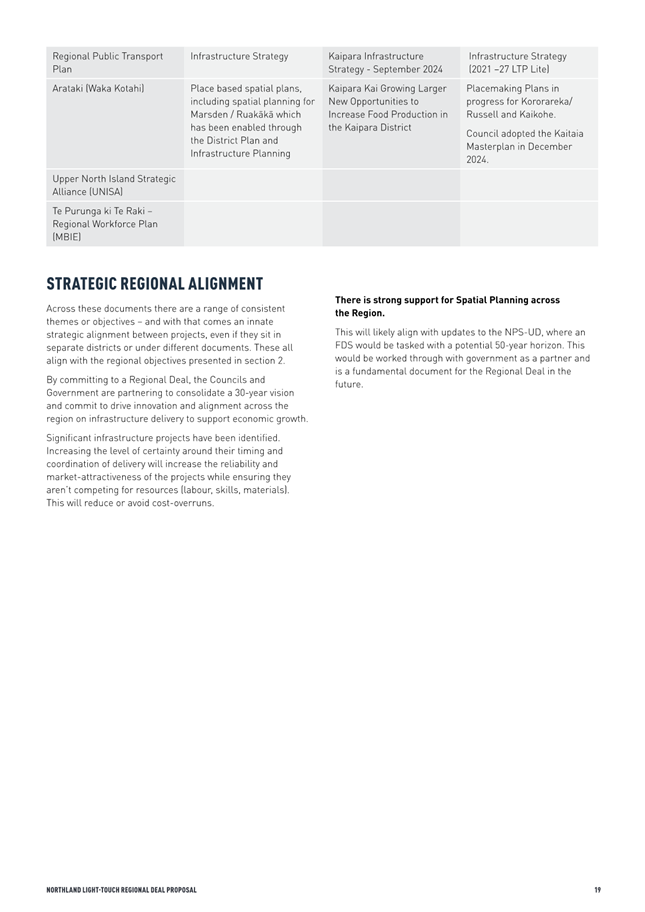
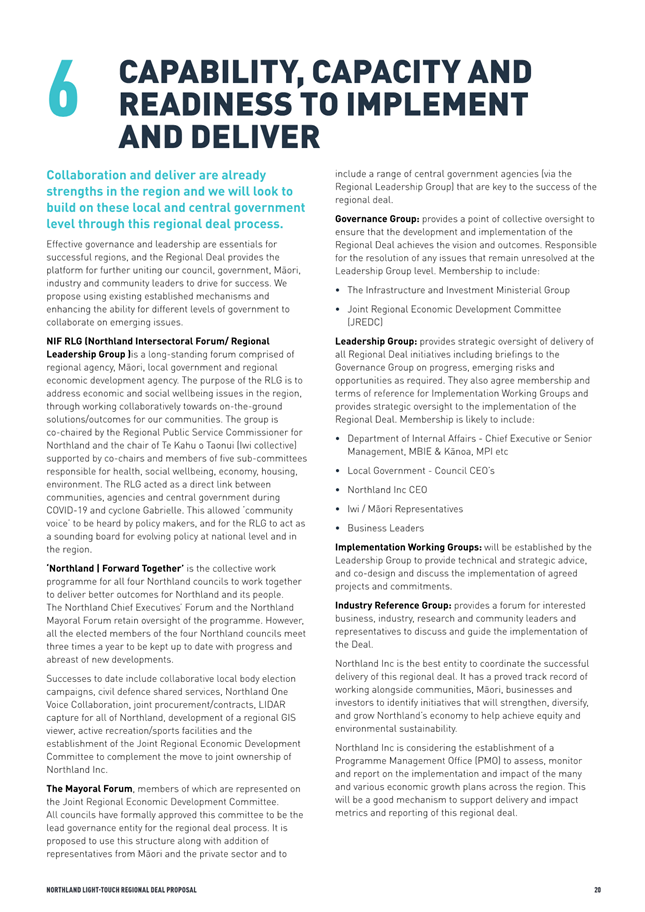
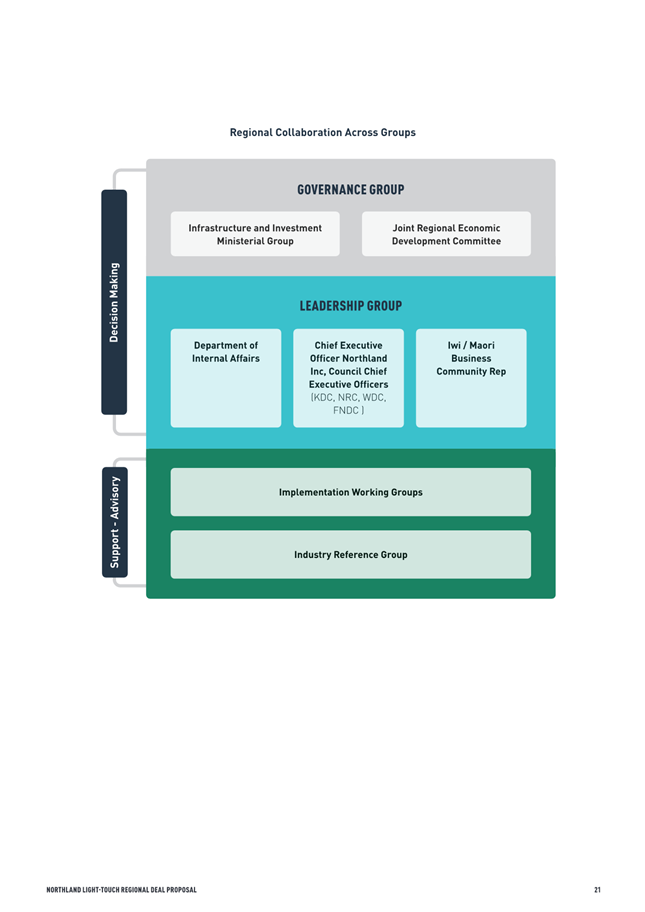
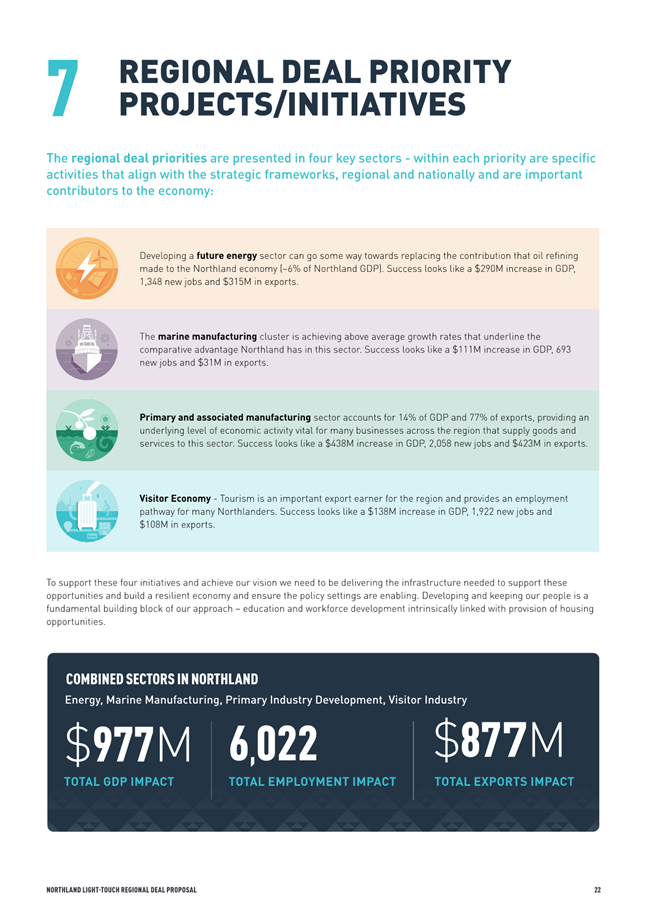
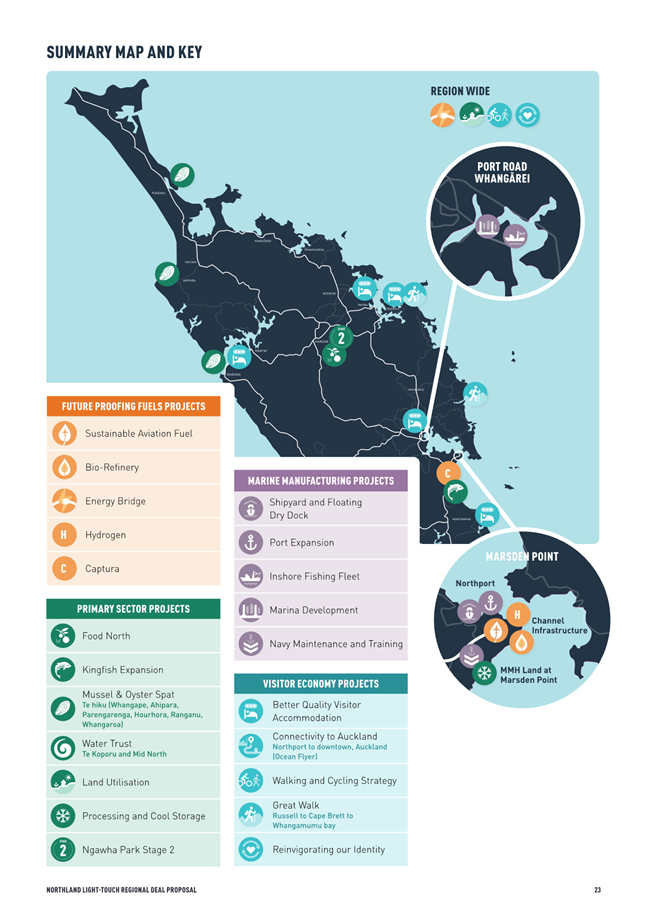
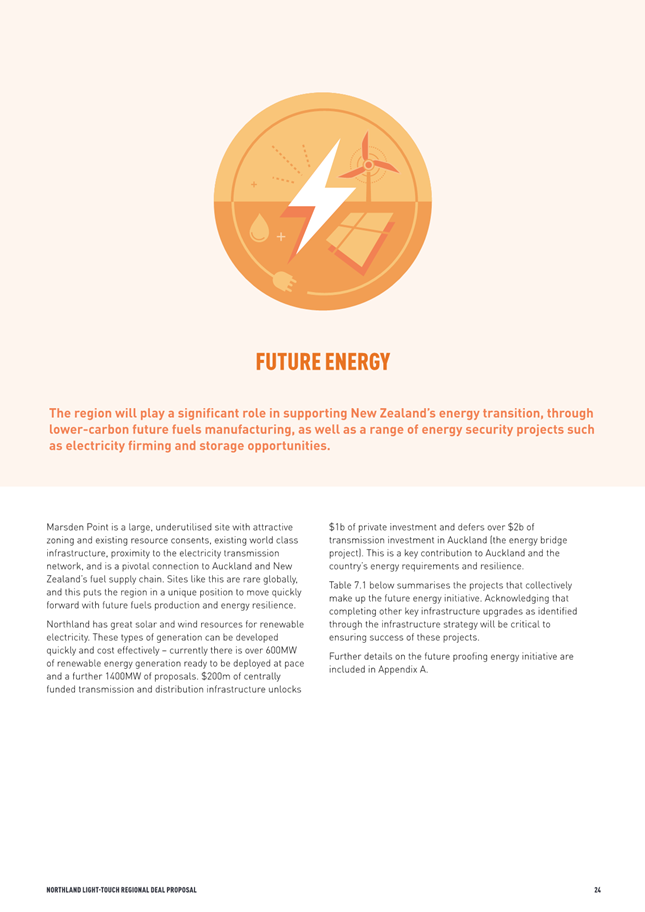
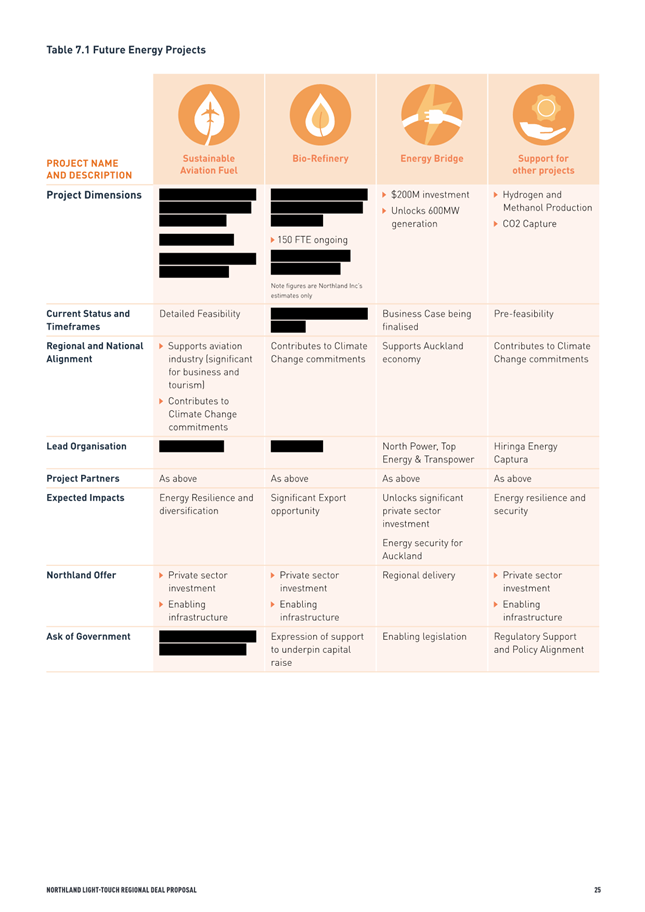
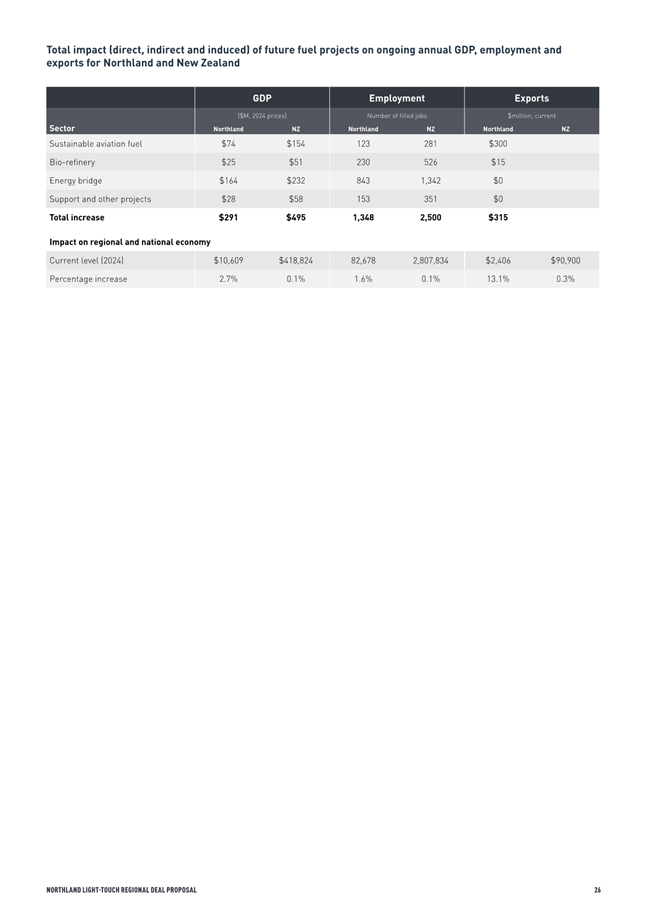
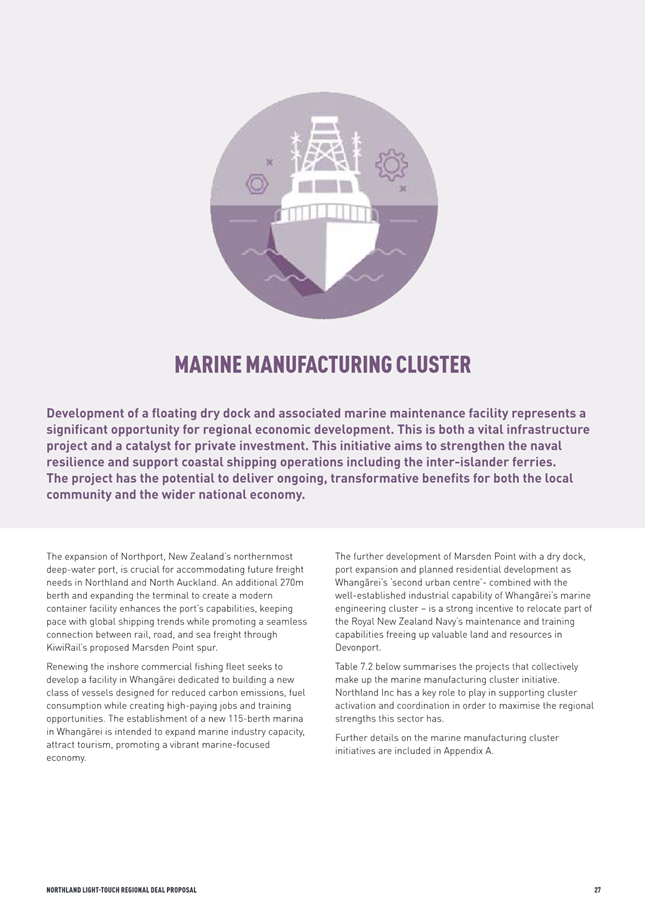
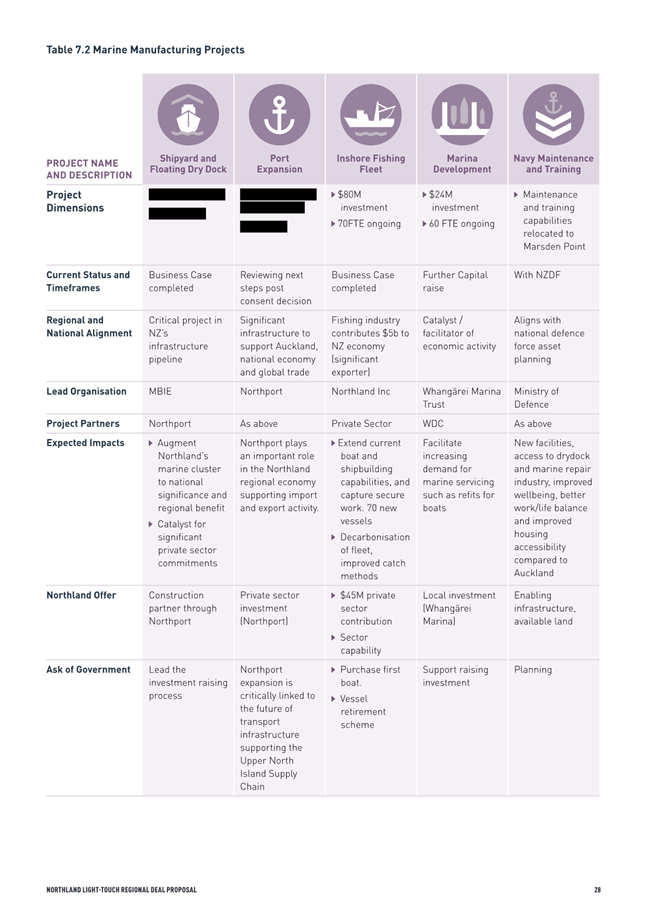
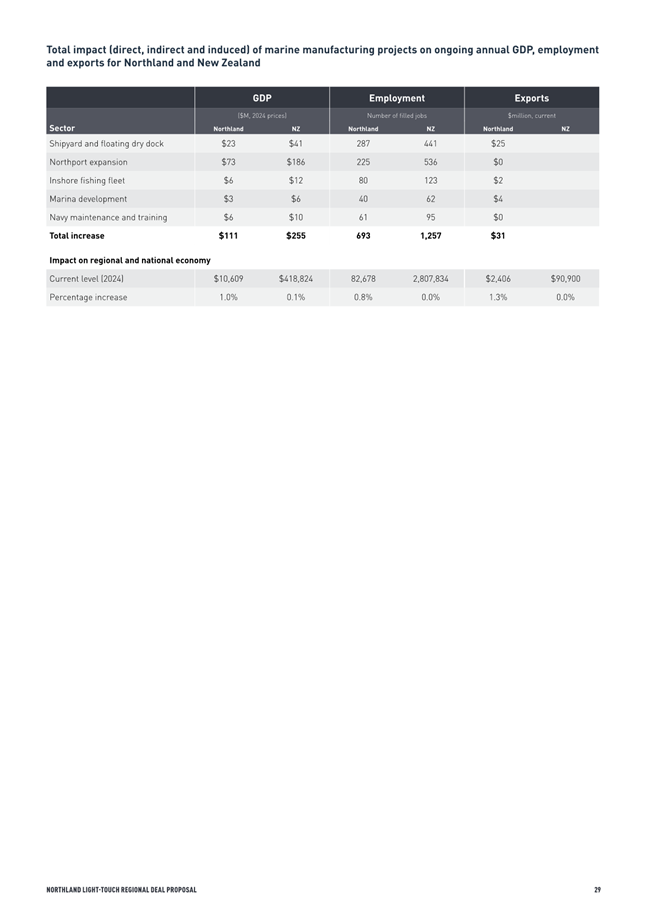
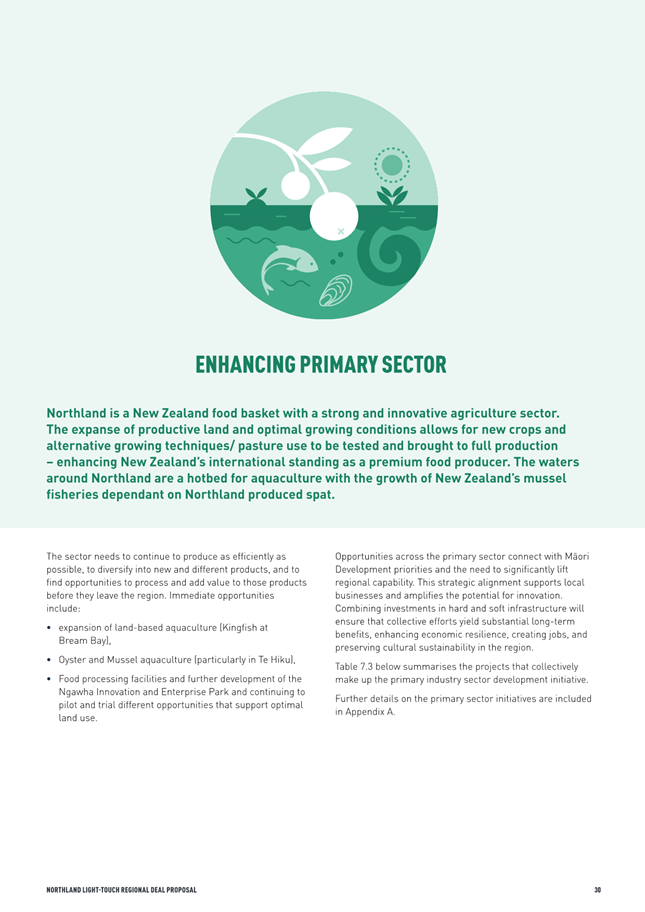
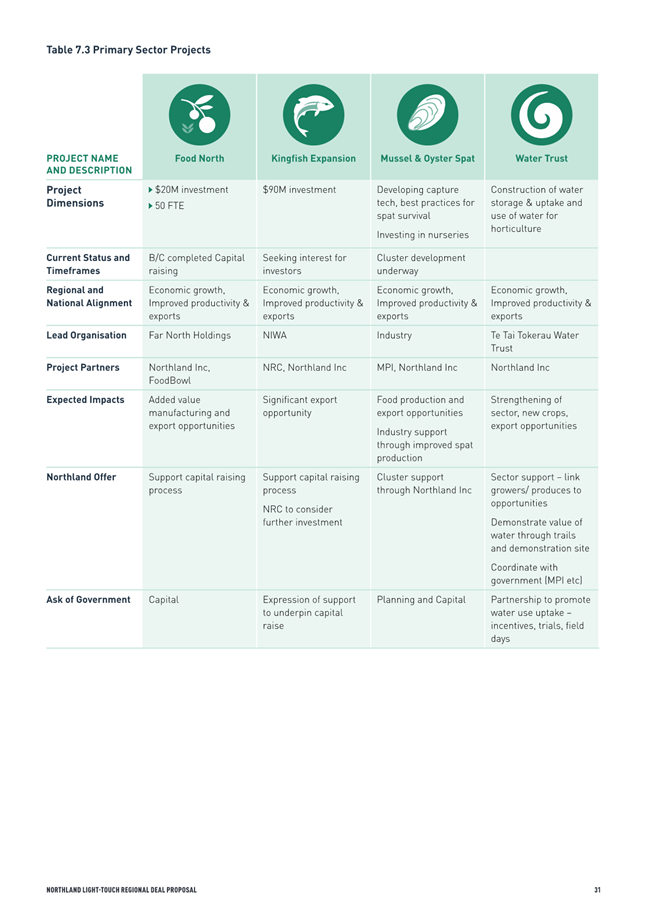
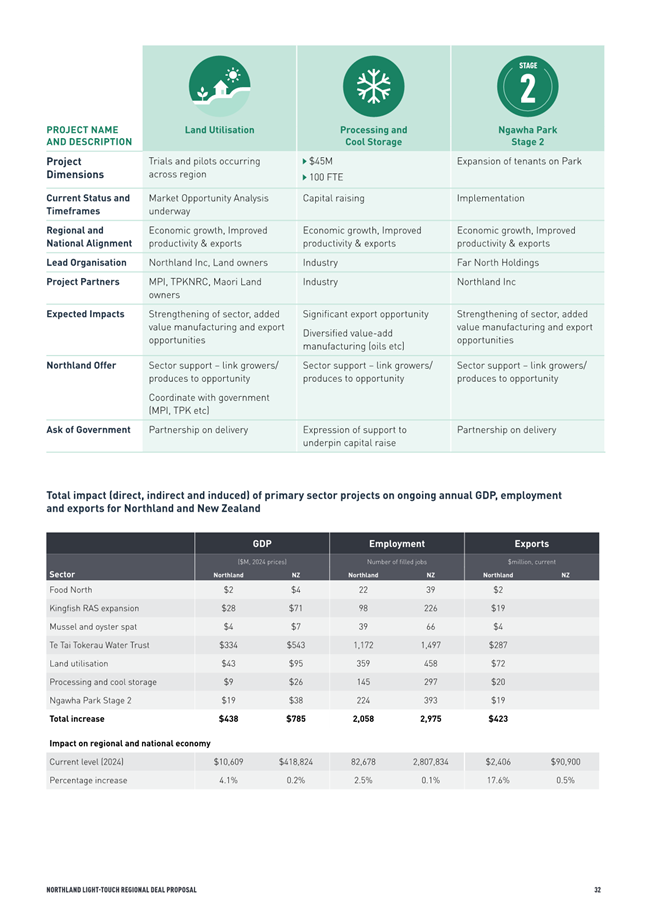
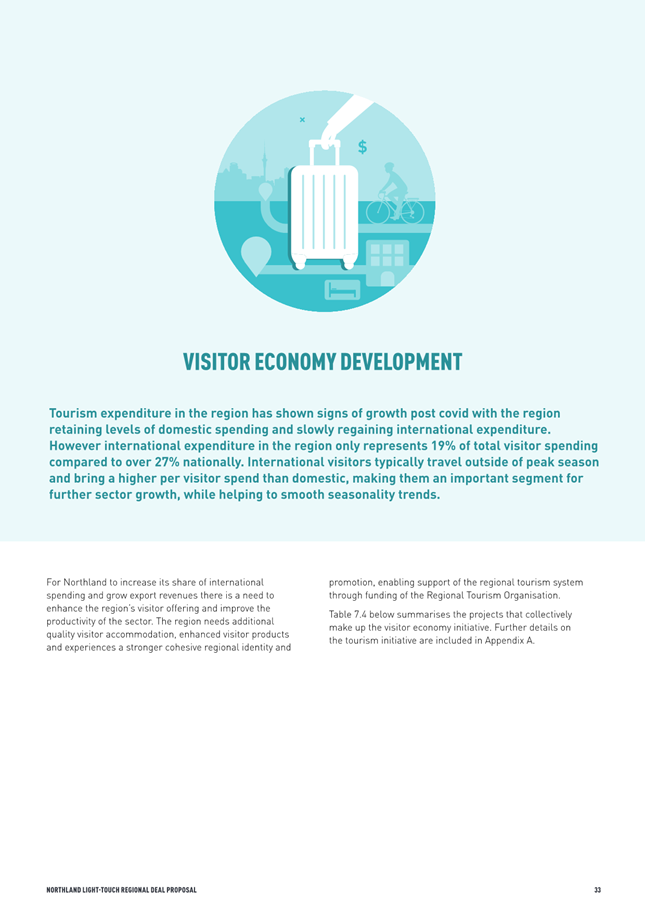
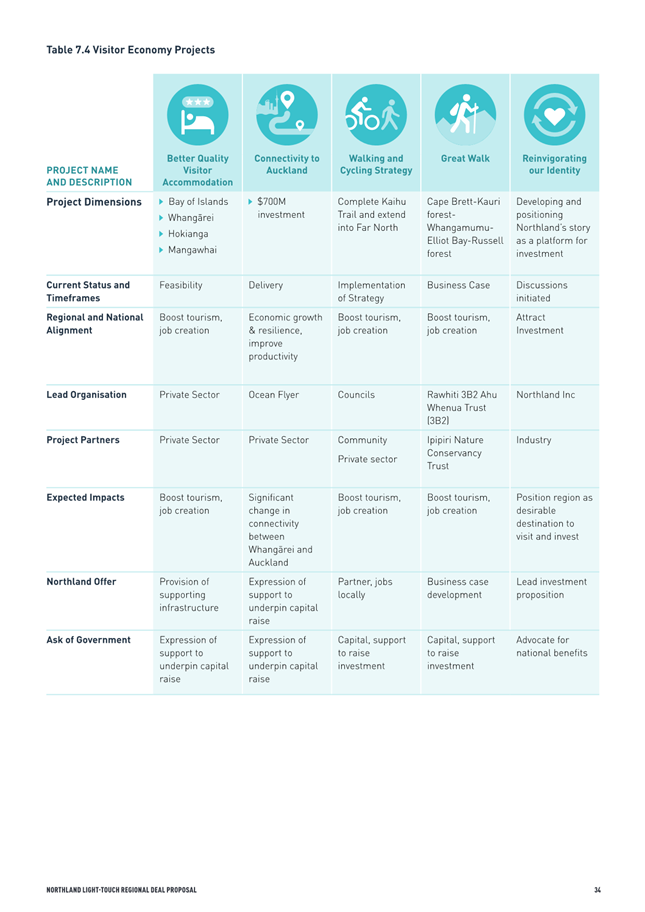
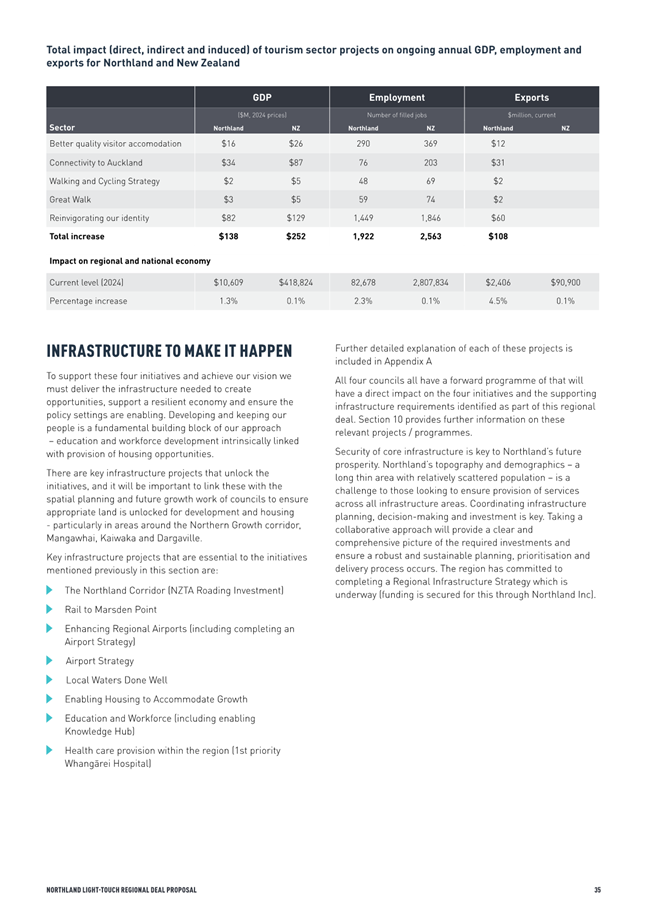
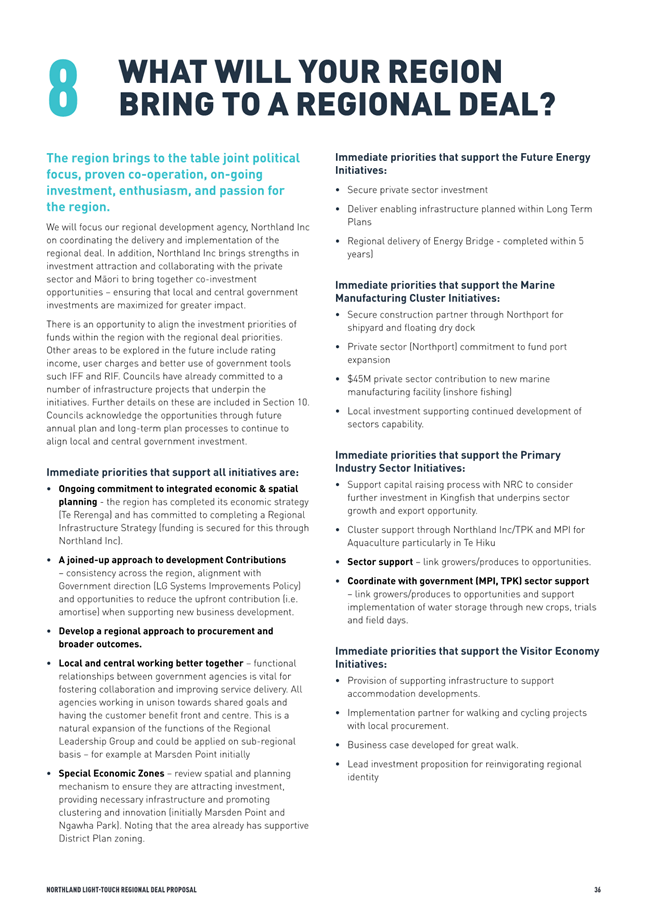
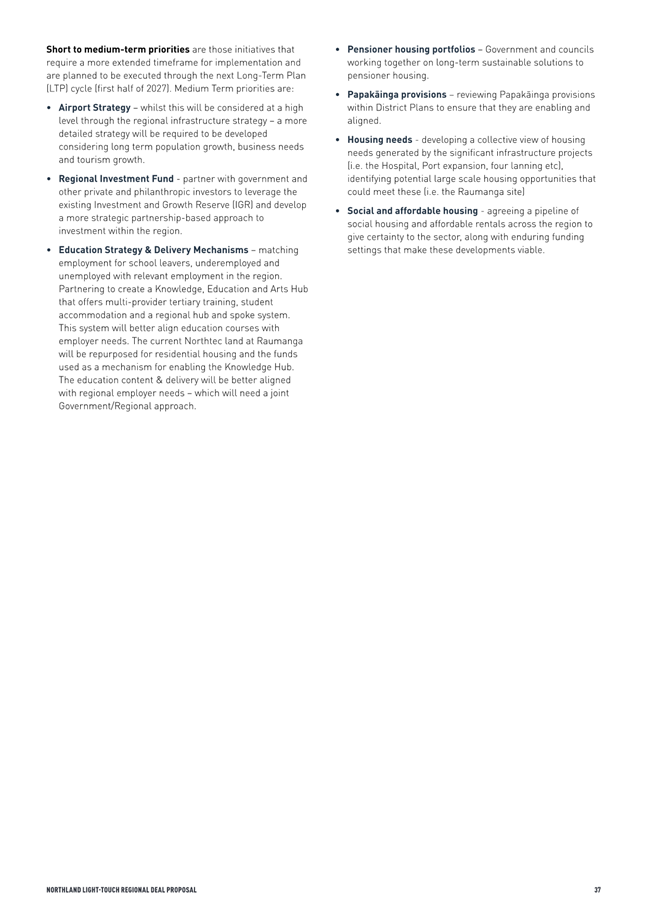
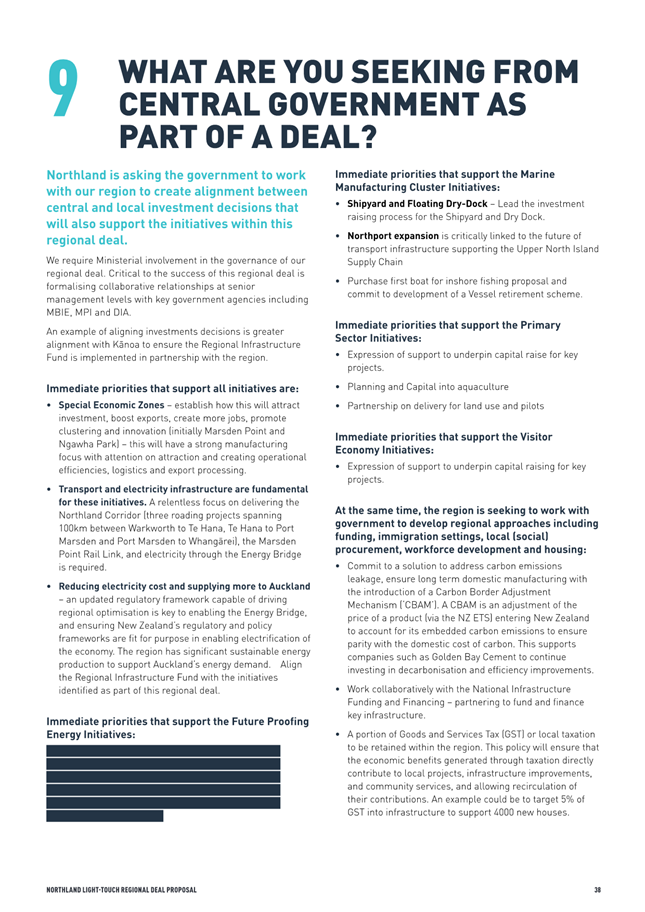
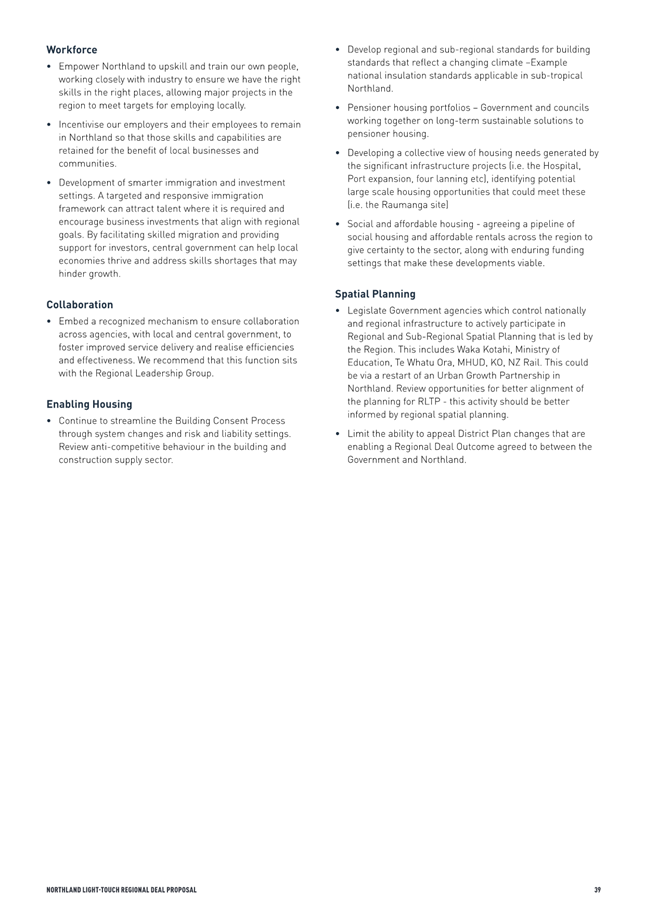
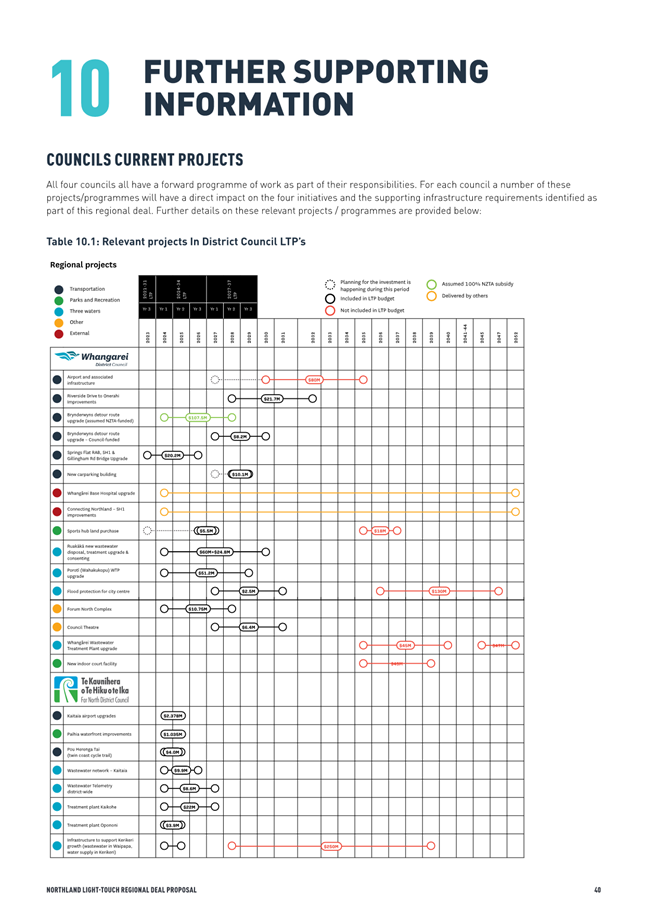
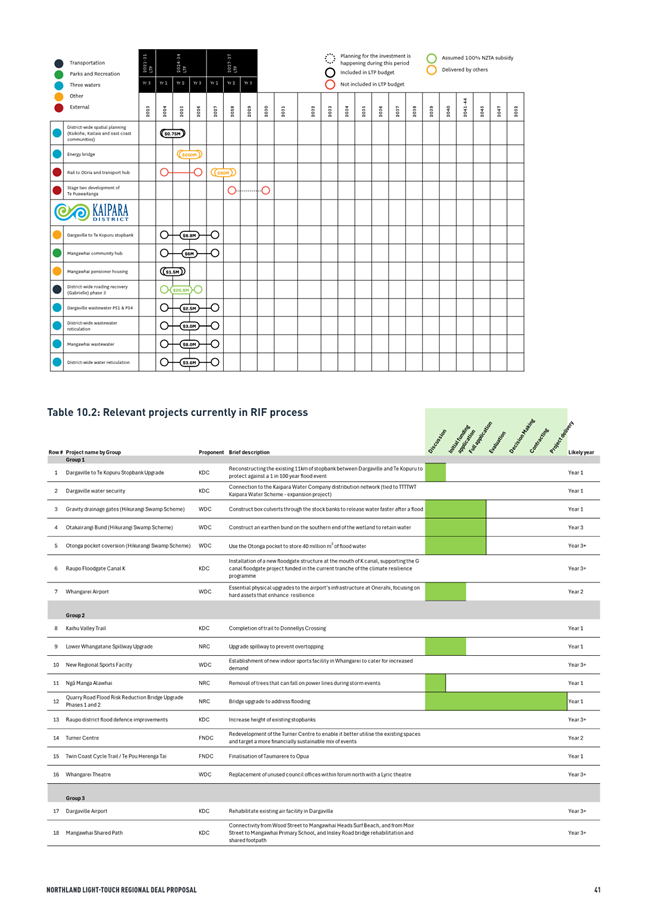

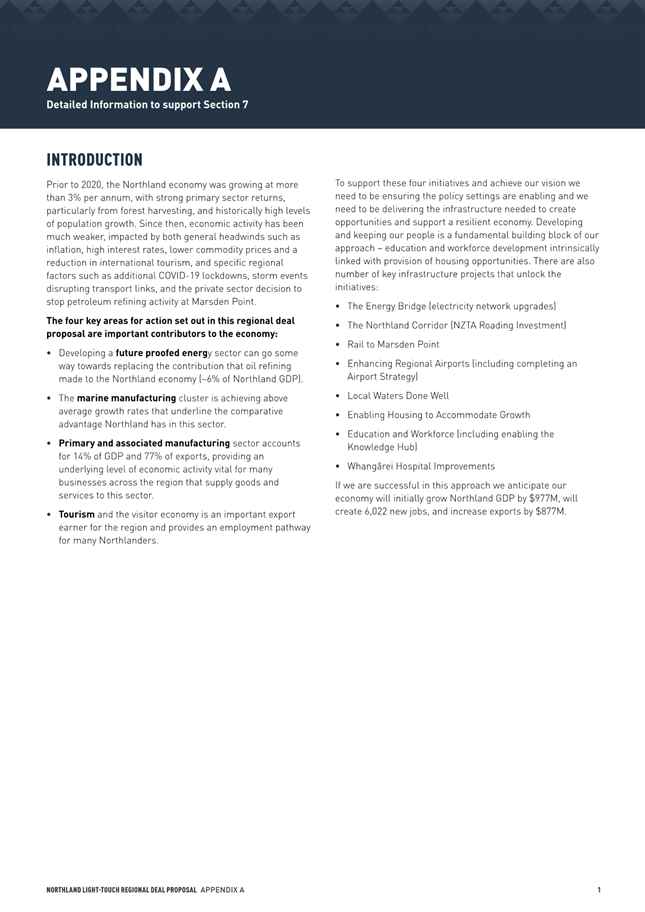
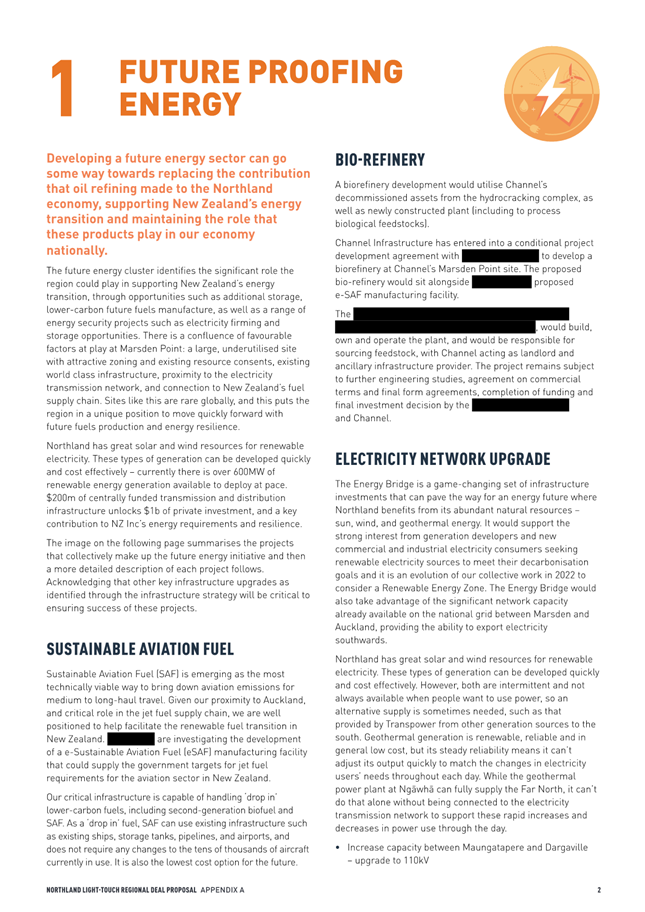
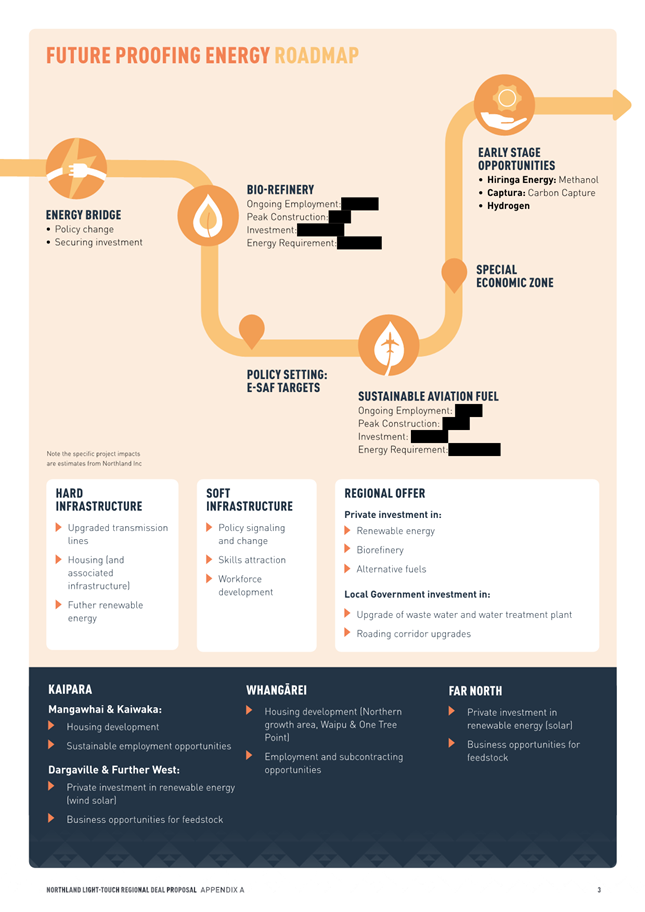
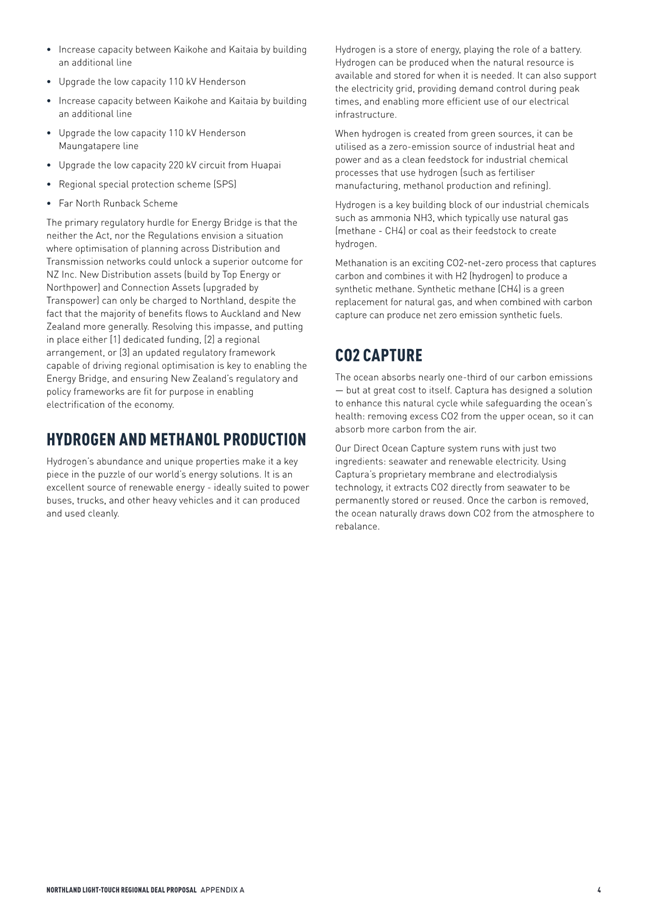
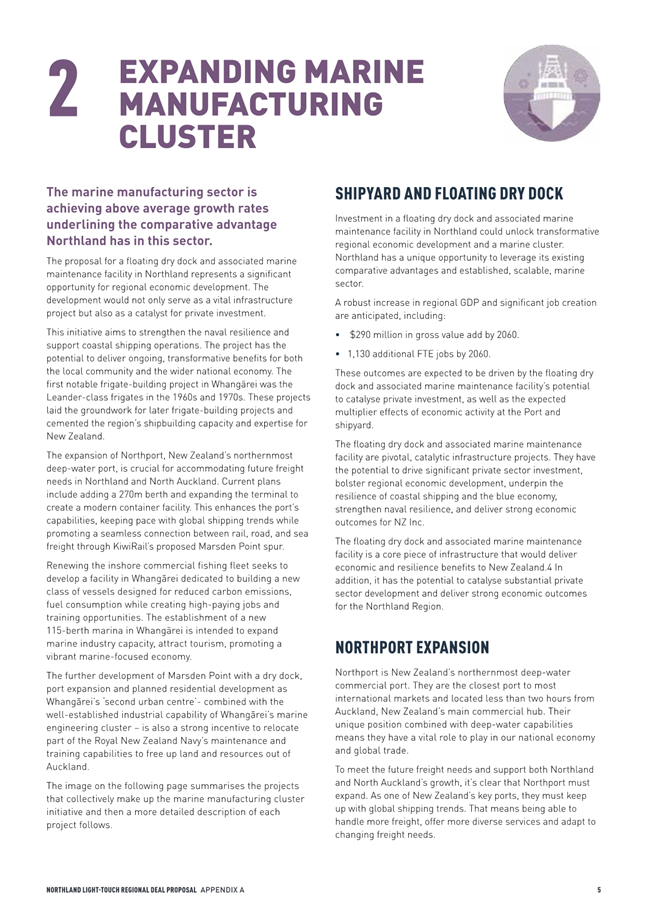
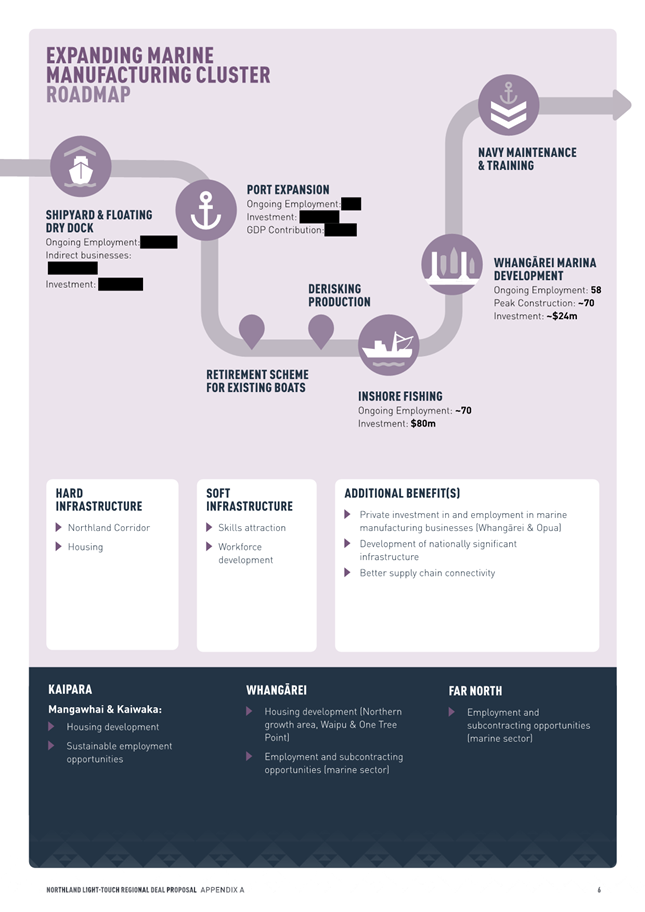
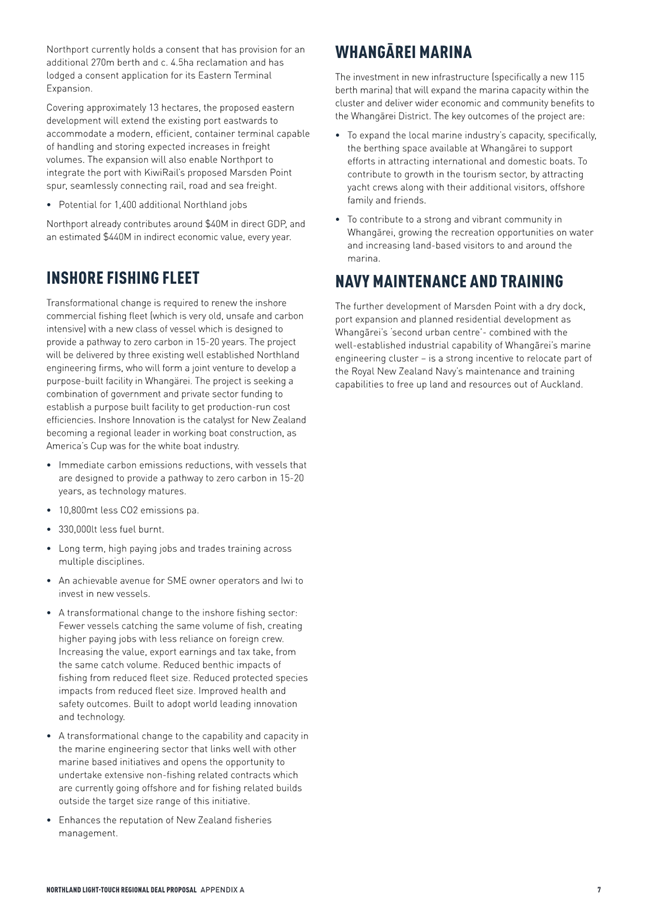
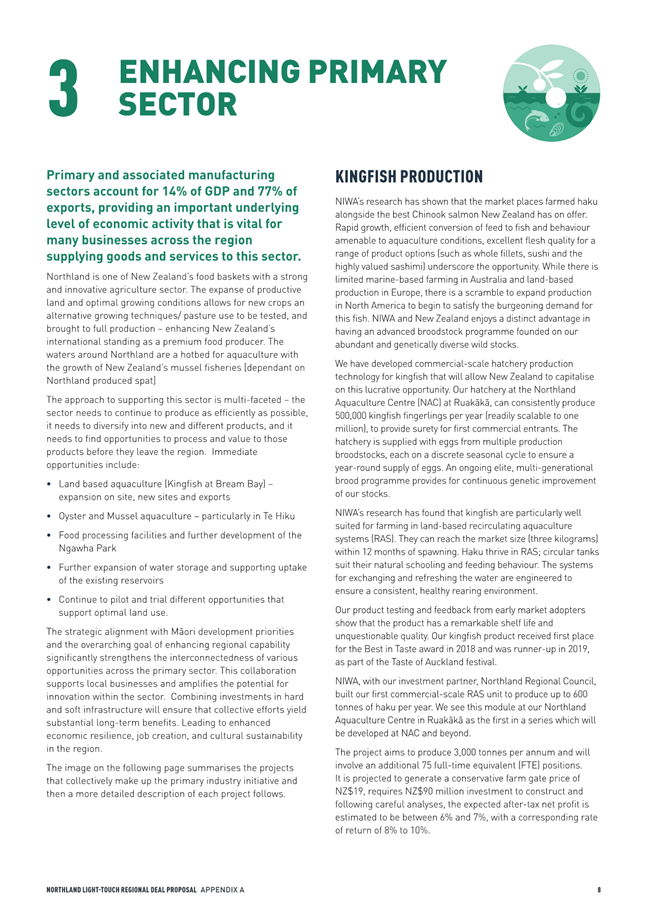
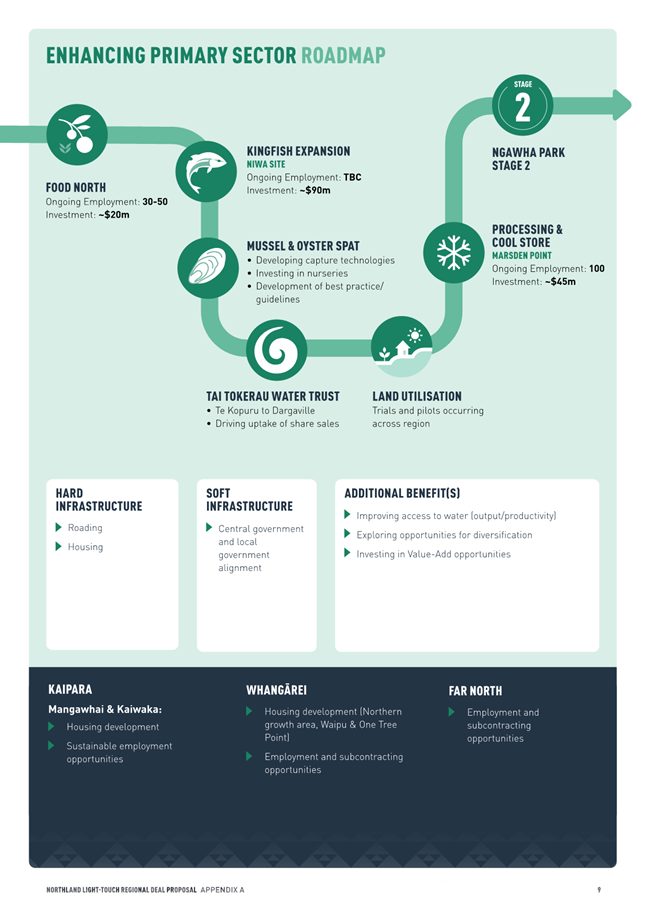
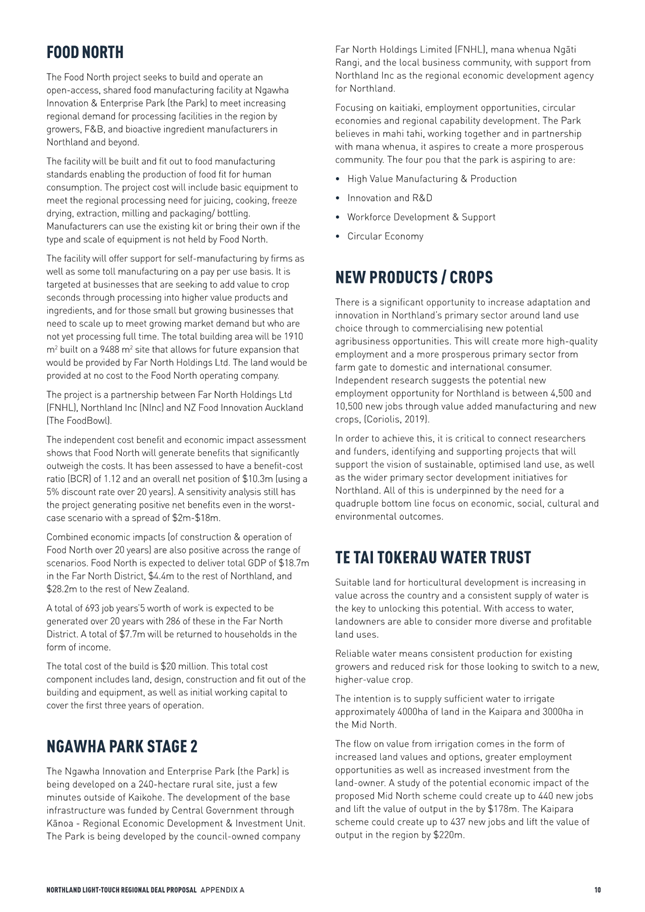
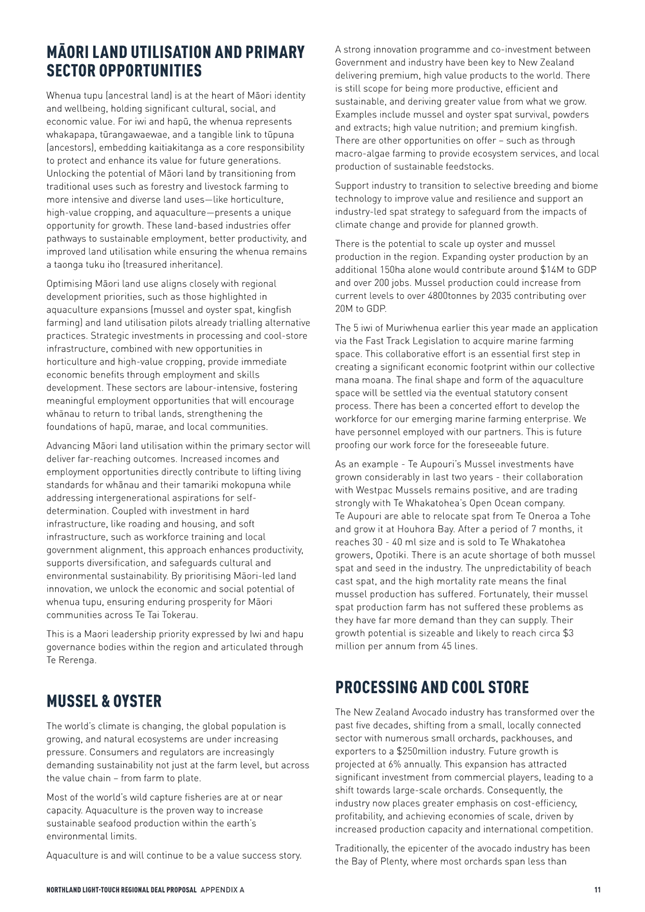
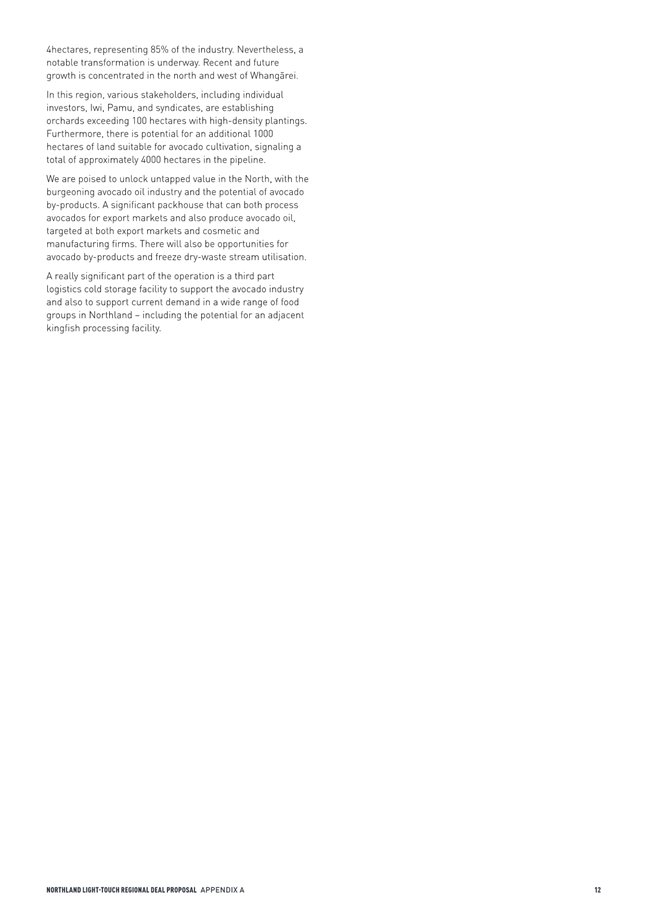
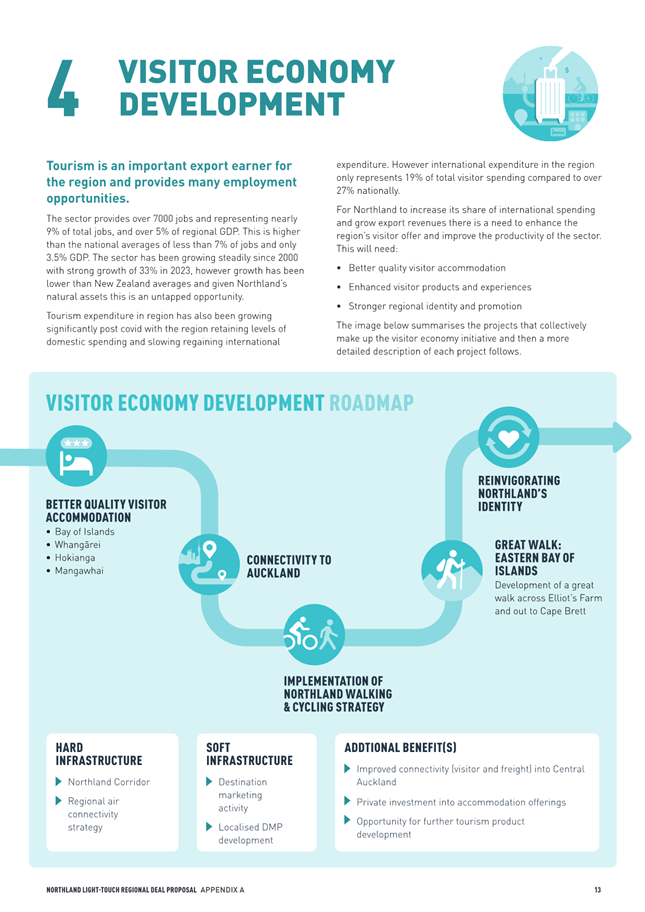
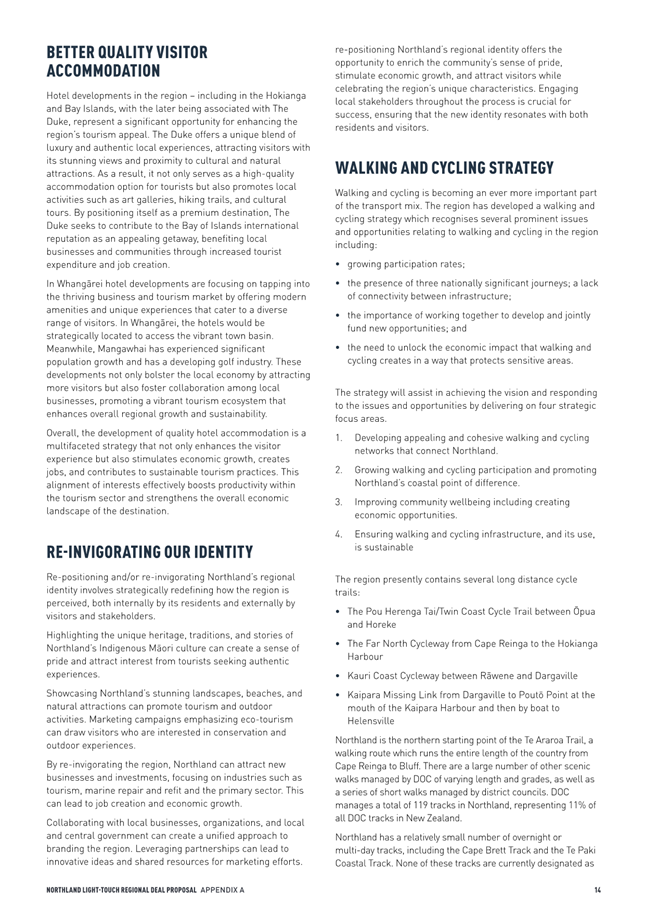
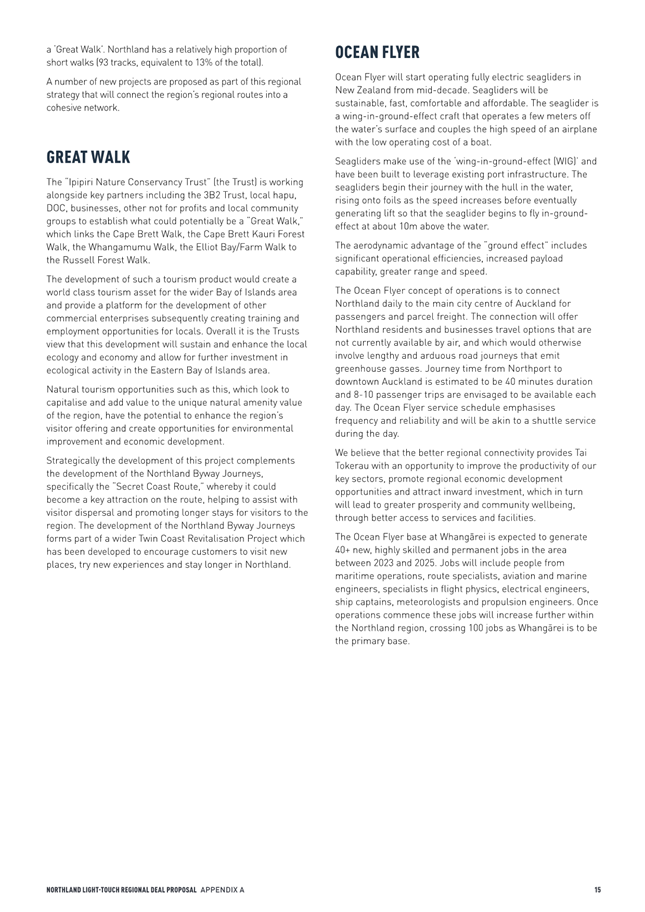
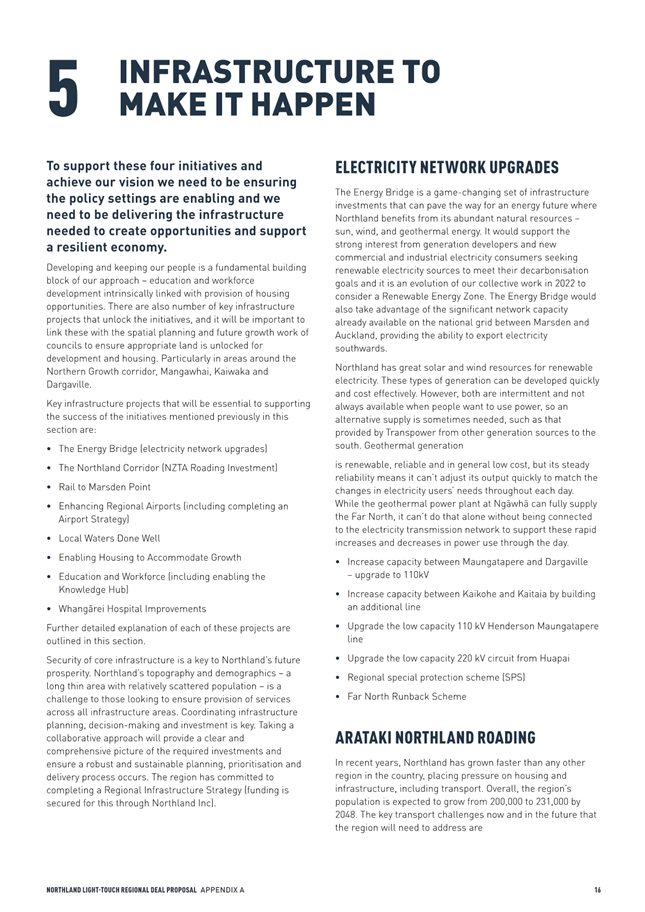
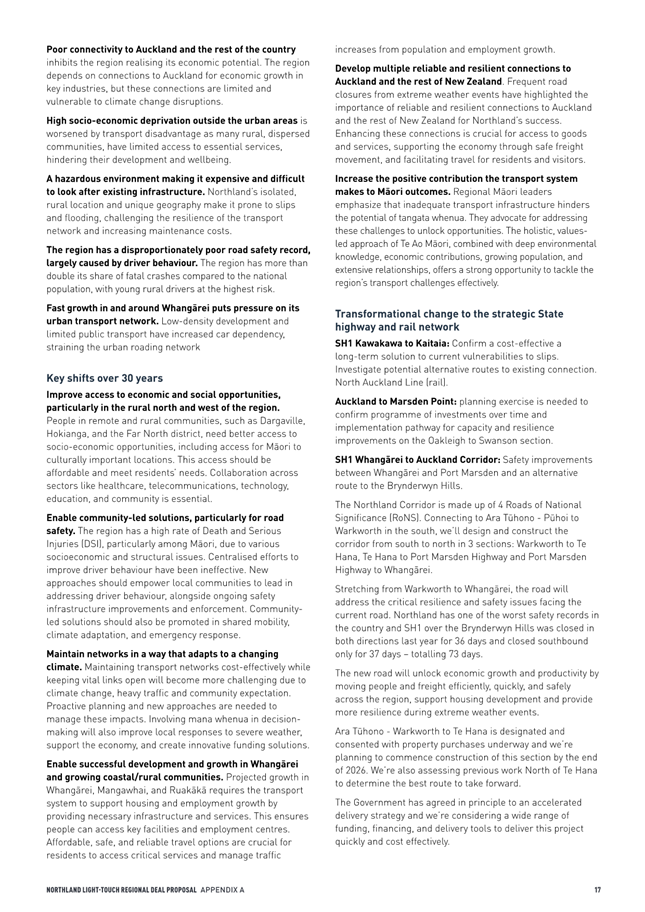
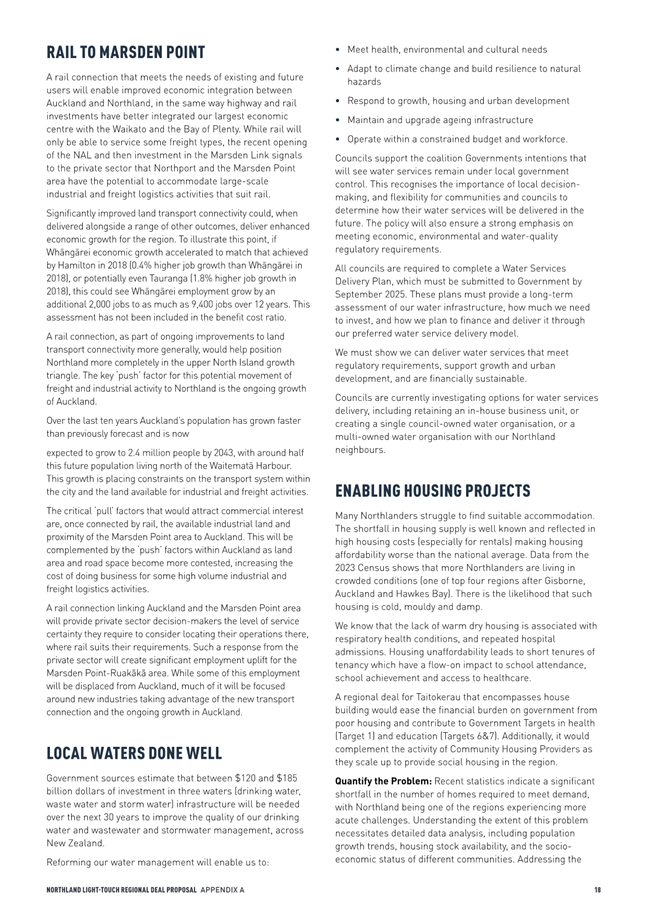
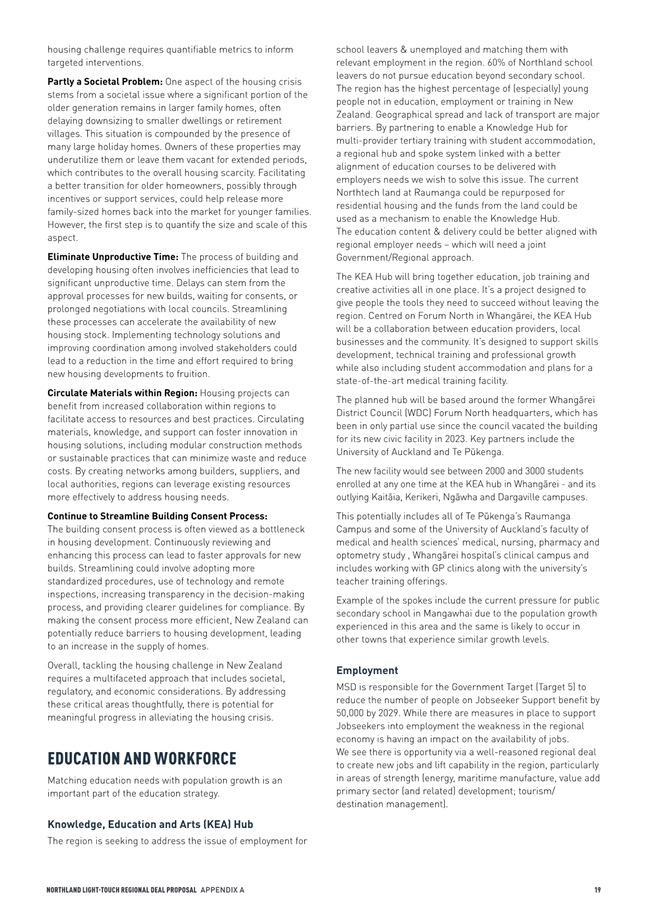
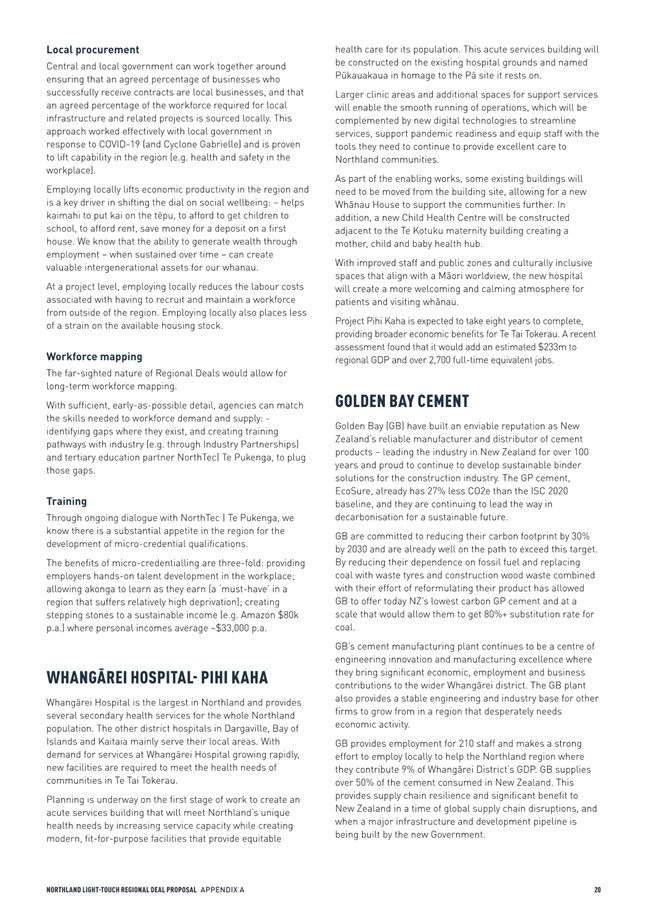
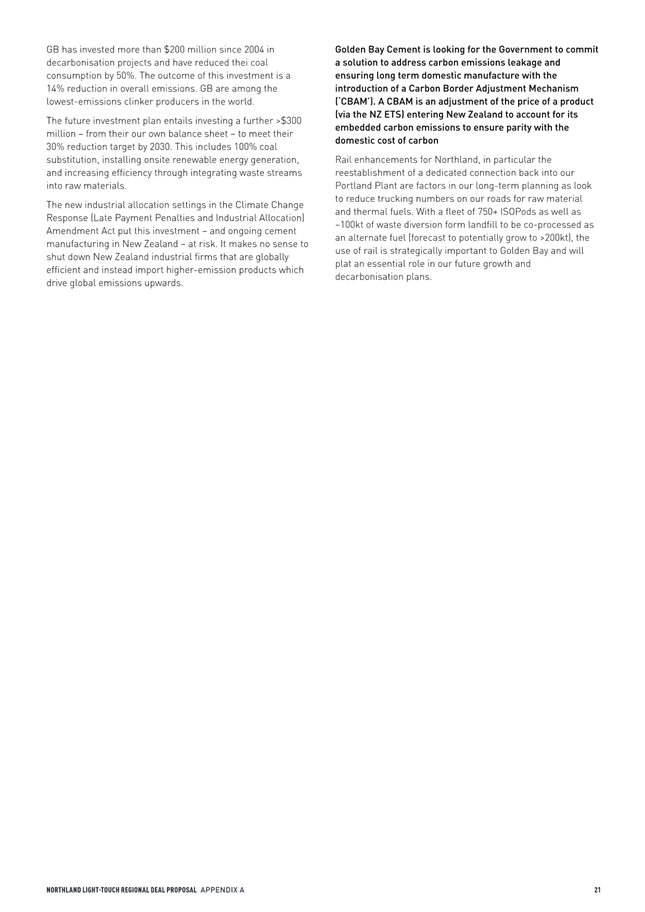
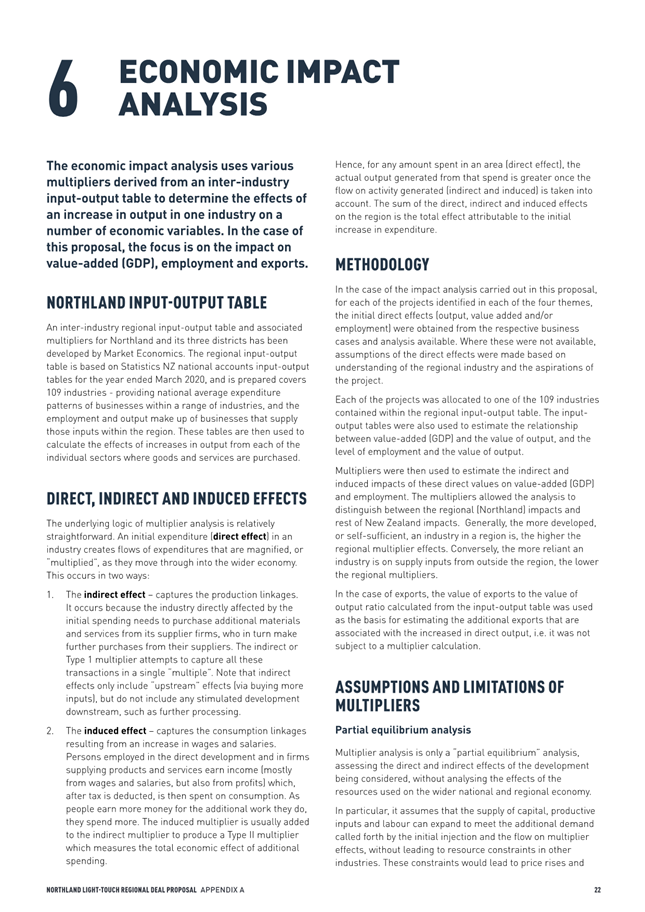
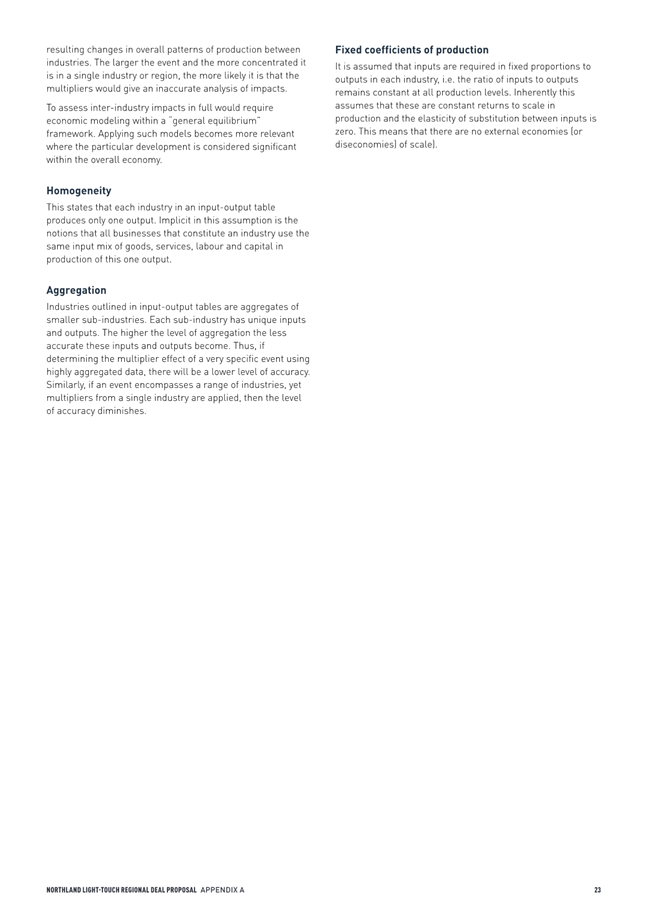
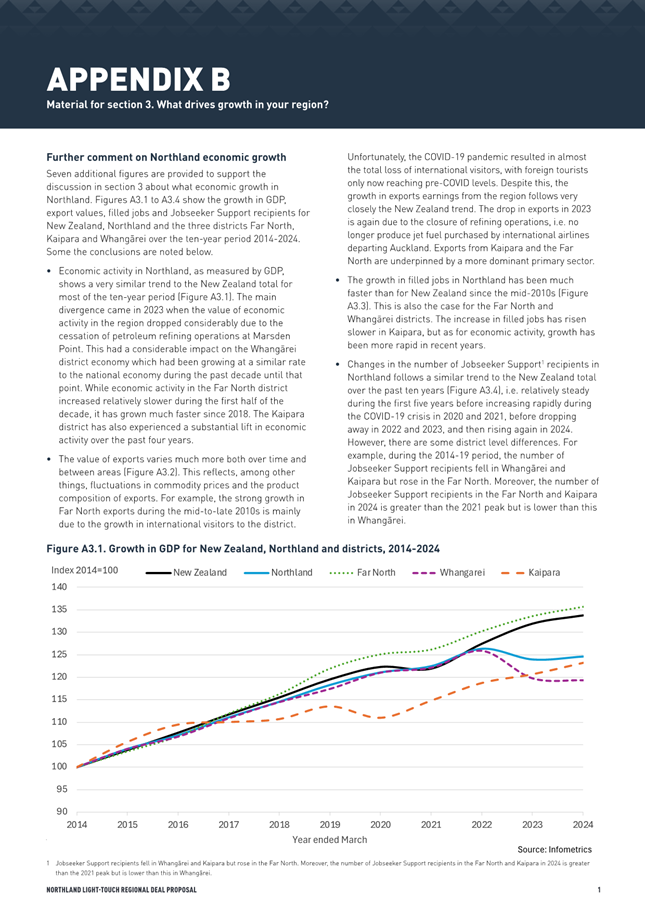
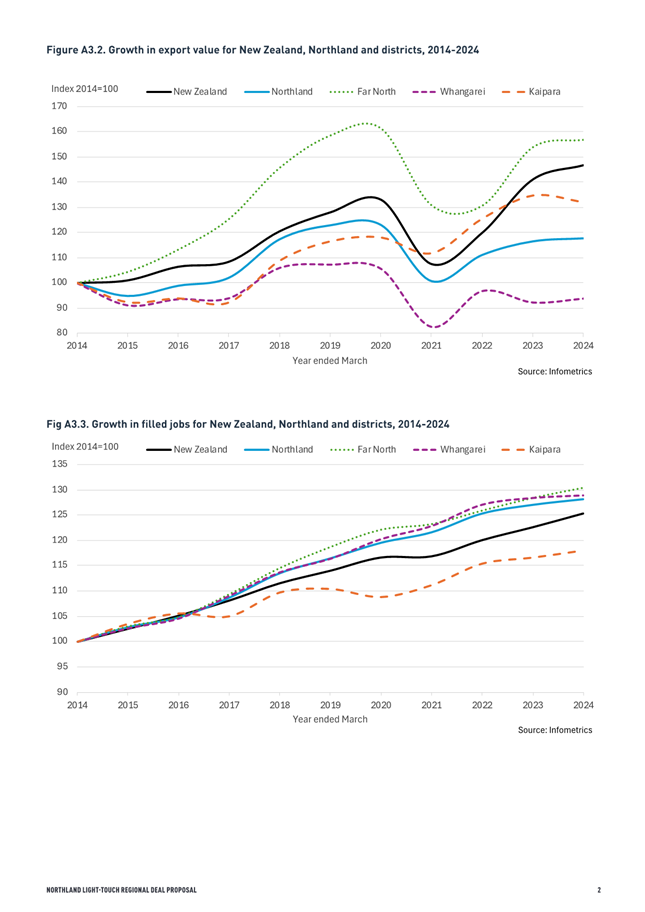
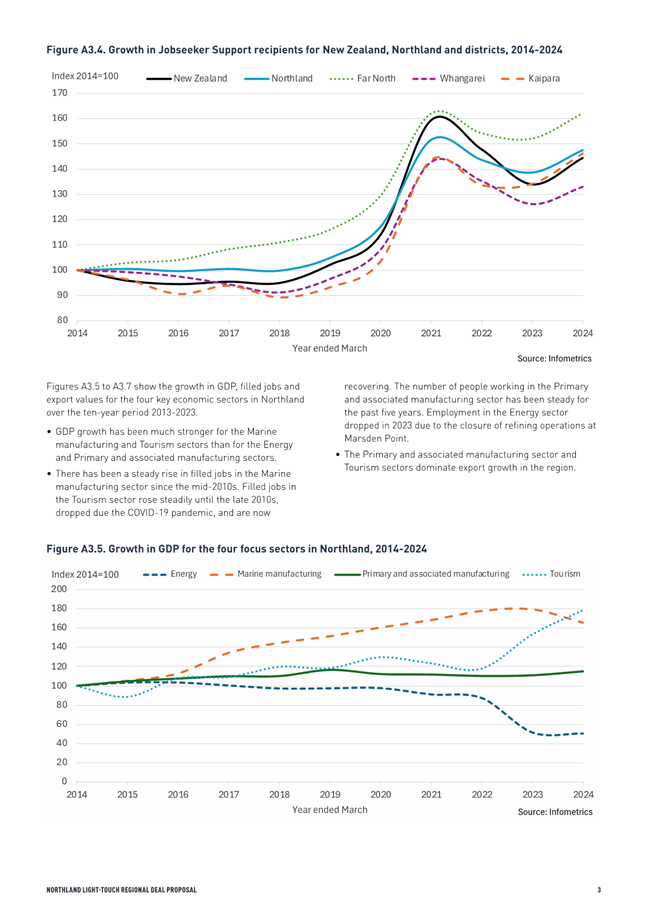
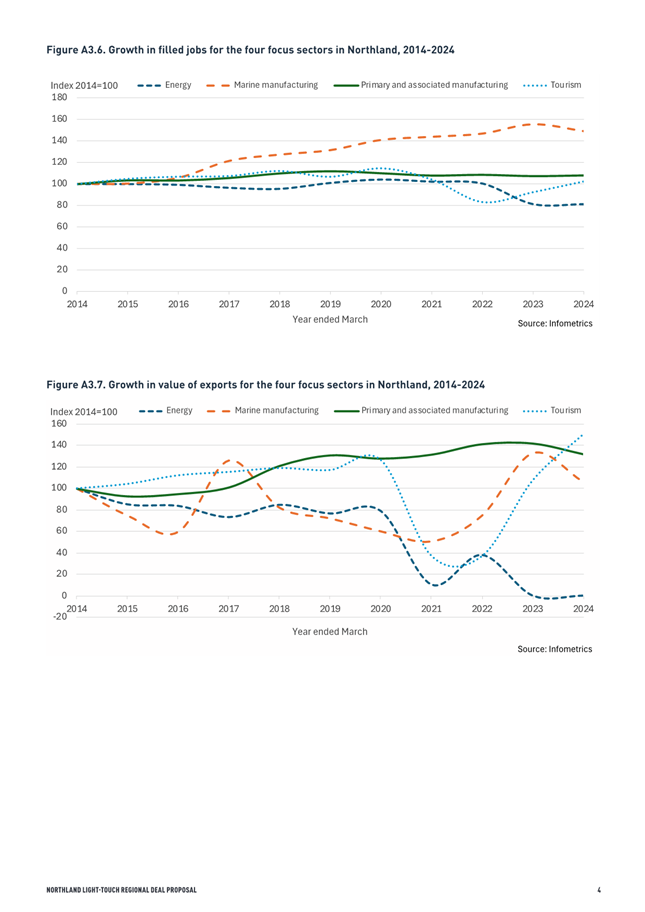
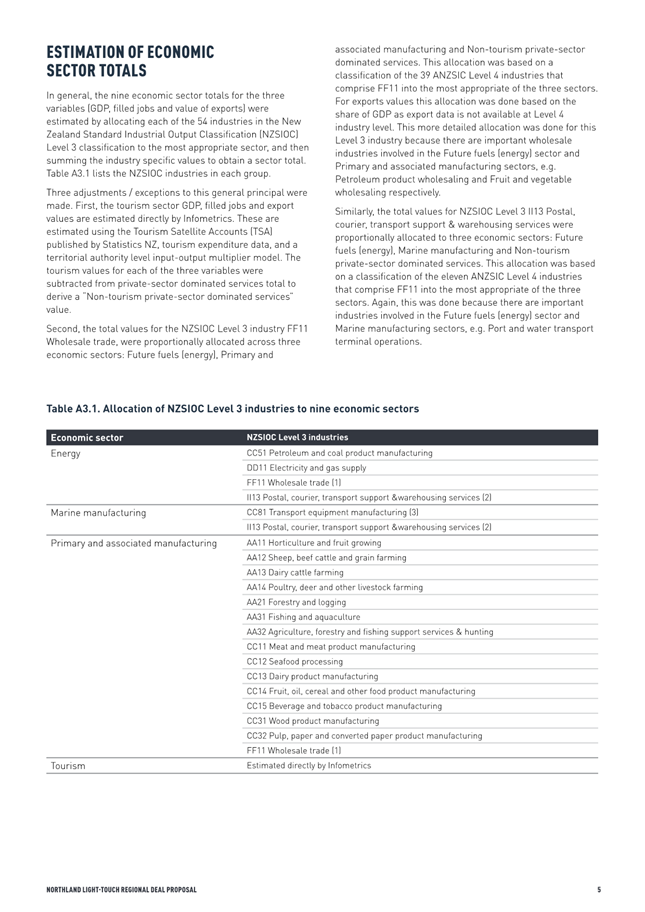
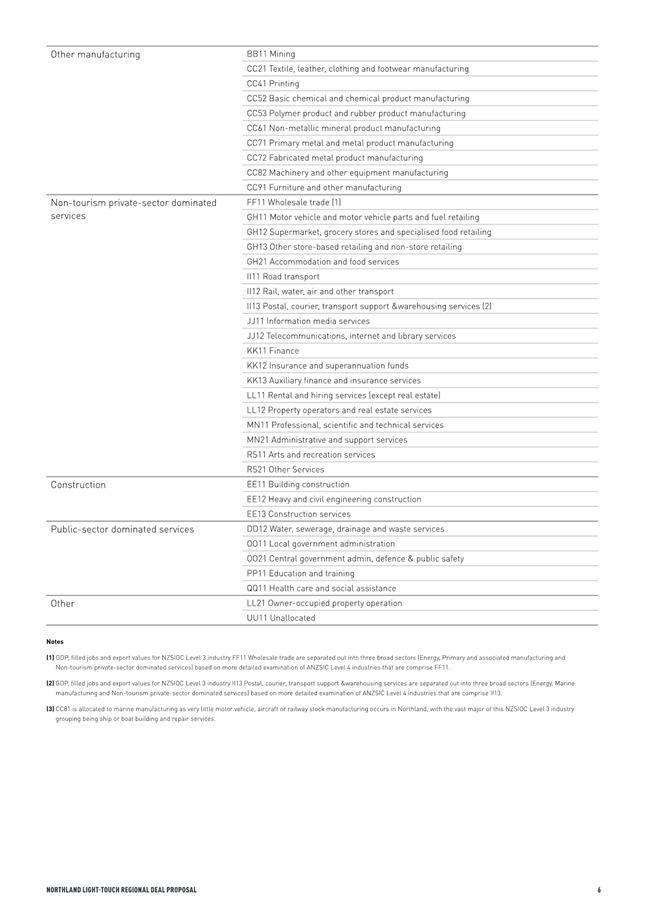
7.4 Joint
Committee Minutes - July 2025
File
Number: A5248545
Author: Marlema
Baker, Democracy Advisor
Authoriser: Aisha
Huriwai, Manager - Democracy Services
TAKE PŪRONGO / Purpose of the Report
This report establishes a standing
item to update Council on recent joint committee activities and key action
points, through the attached minutes.
WHAKARĀPOPOTO MATUA / Executive SummarY
This report provides minutes from the following joint
committees for Council’s information:
1. Civil Defence Emergency Management Group
2. Regional Transport Committee
Future
reports will be refined to deliver meaningful feedback to Council members. This
could include a summary of key relevant activities and action points from Far
North District Council (FNDC) joint committee members. Committees included in
this reporting should also be considered. Democracy Services will collaborate with Council
members to establish an agreed approach.
|
TŪTOHUNGA
/ Recommendation
That Council note the following minutes:
a) Civil Defence Emergency Management Group - 3 June
2025.
b) Regional Transport Committee - 10 June 2025.
|
tĀHUHU KŌRERO / Background
Council has appointed members to joint and external
committees per Resolution 2022/92.
This report provides an overview of recent activities and key action points
from FNDC joint committees with Northland Regional Council (NRC).
NRC / FNDC Joint Committees
Overview
1. Te Oneroa-a-Tōhe
Beach Board Committee
· Oversee the implementation of the Beach Management
Plan for Te-Oneroa-a-Tōhe (Ninety Mile Beach).
· To provide governance and
direction to all those who have a role in, or responsibility for,
Te-Oneroa-a-Tōhe management area, in order to protect and enhance
environmental, economic, social, cultural, and spiritual well-being within that
area for the benefit of present and future generations.
· The Committee met on 23 May 2025 – no minutes
available on NRC website.
FNDC
Members: Cr Hilda Halkyard-Harawira;
Kahika-Mayor Moko Tepania
2. Joint Regional Economic
Development Committee
· Prepare Regional Land Transport Plan for
council approval.
· Liaise with appropriate
road safety bodies and advise council on new initiatives.
· Prepare a Regional Public
Transport Plan for council approval.
· Recommend the required
independent appointments for this committee.
· The Committee met on 29 April 2025 – no minutes
available on NRC website
FNDC
Members: Cr John Vujcich; Cr Penetaui
Kleskovic
3. Joint Climate Change
Adaptation Committee
· Provide direction and oversight of the
development and implementation of climate change adaptation activities by local
government in Te Taitokerau.
· Receive advice and
provide direction and support to Climate Adaptation Te Taitokerau.
· Make recommendations to
member councils to ensure a consistent regional approach is adopted to climate
change adaptation activities
· The Committee met on 20 March 2025. These minutes were
presented in the 5 June 2025 Council agenda.
FNDC
Members: Kōwhai-Deputy Mayor
Kelly Stratford (Alternate: Cr Tāmati Rākena)
4. Civil Defence Emergency
Management Committee
· Co-ordinate planning, programmes, and activities related to civil defence
emergency management across the areas of reduction, readiness, response, and
recovery.
· Encourage co-operation
and joint action within the Northland region.
· Minutes of the meeting held 3 June 2025 attached.
FNDC Members:
Kōwhai-Deputy Mayor Kelly Stratford (Alternate: Kahika-Mayor Moko Tepania)
5. Regional Transport
Committee
· Prepare Regional Land
Transport Plan for council approval.
· Liaise with appropriate
road safety bodies and advise council on new initiatives.
· Prepare a Regional Public
Transport Plan for council approval.
· Recommend the required
independent appointments for this committee.
· Minutes of the meeting held 10 June 2025 attached.
FNDC
Members: Cr Steve McNally (Alternate:
Cr Ann Court)
Further
details, including Terms of Reference, can be found on the NRC Website.
Agendas and minutes are updated on the NRC Agendas
and Minutes page.
Key
activity updates for joint committees are currently captured in the
‘Mayor and Councillor’s Reports’ agenda item. Establishing a
dedicated standing item streamlines reporting, providing a more detailed and
centralised source of information.
MATAPAKI ME NGĀ KŌWHIRINGA /
Discussion and Next Steps
This will be a standing item on future Council
agendas. This is not intended to replace updates from elected Councillors via
their members reports.
PĀNGA PŪTEA ME NGĀ WĀHANGA
TAHUA / Financial Implications and Budgetary Provision
There are no financial
implications or need for budget provision in considering this report.
Āpitihanga
/ Attachments
1. Civil
Defence Emergency Management Group Meeting Minutes
3 June 2025 - A5248577 ⇩ 
2. Regional
Transport Committee Minutes
10 June 2025 - A5248582 ⇩ 
|
Ordinary
Council Meeting Agenda
|
3 July 2025
|
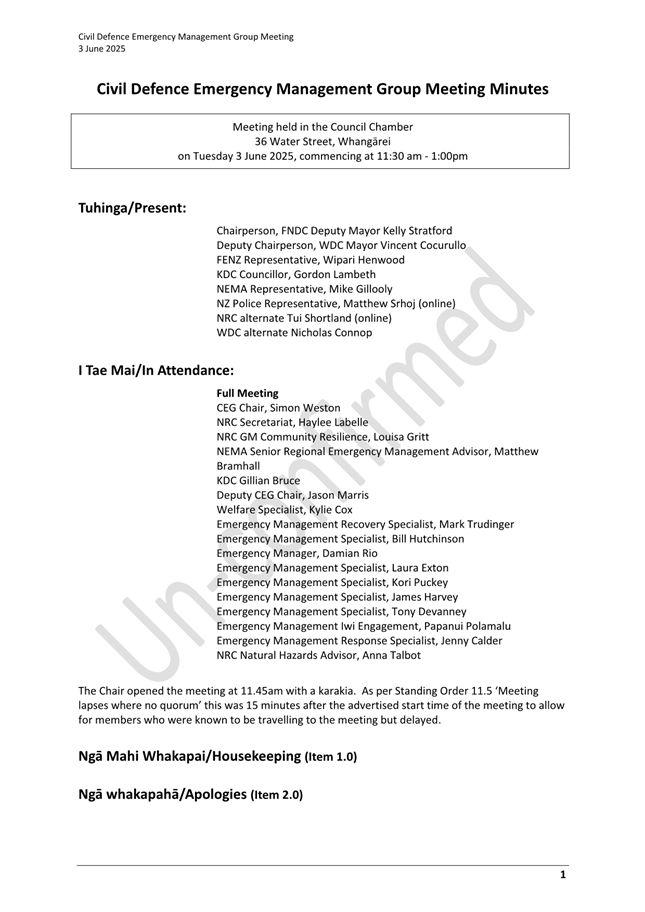
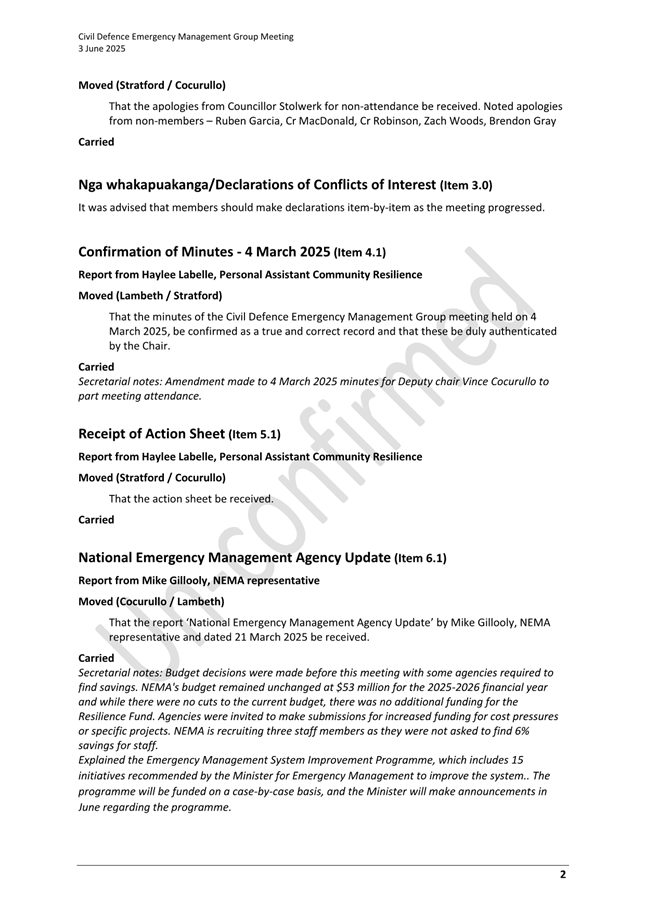
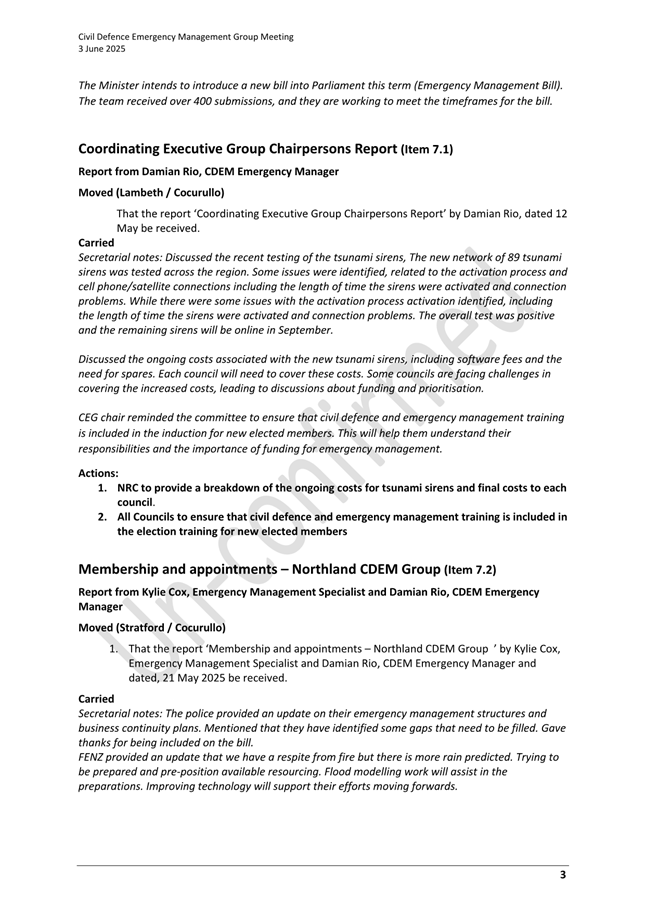
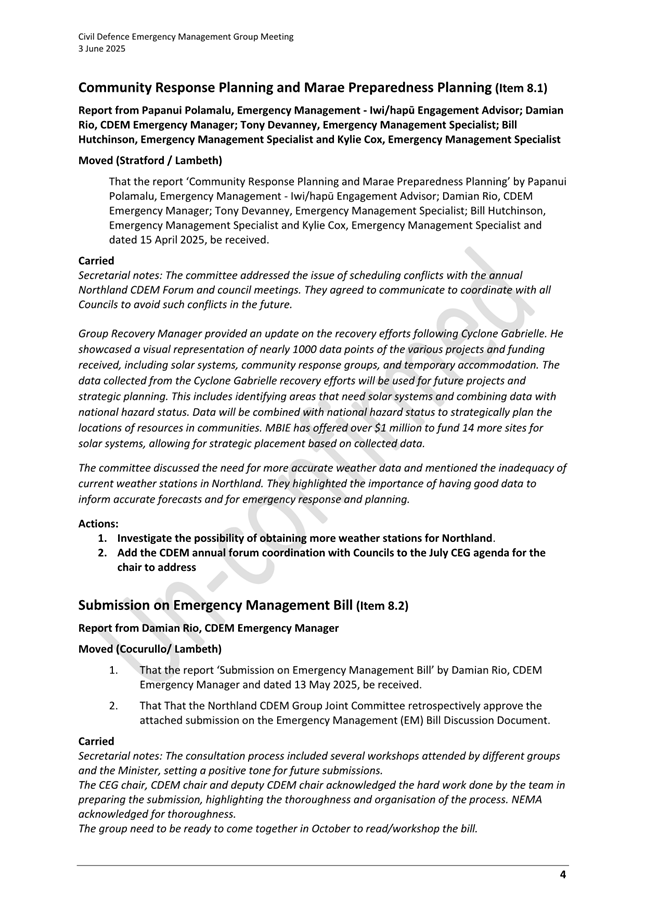

|
Ordinary Council
Meeting Agenda
|
3 July 2025
|
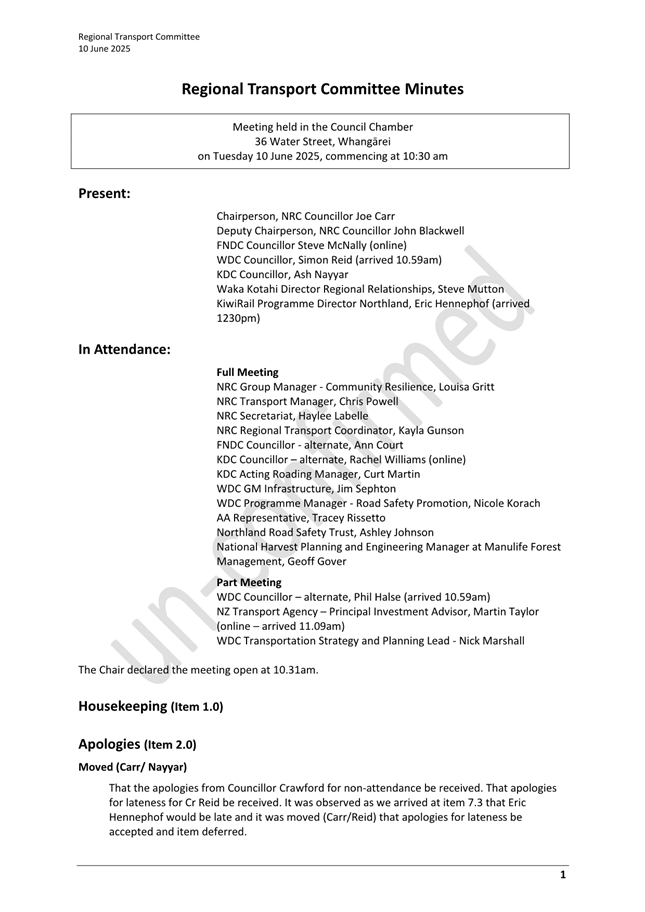
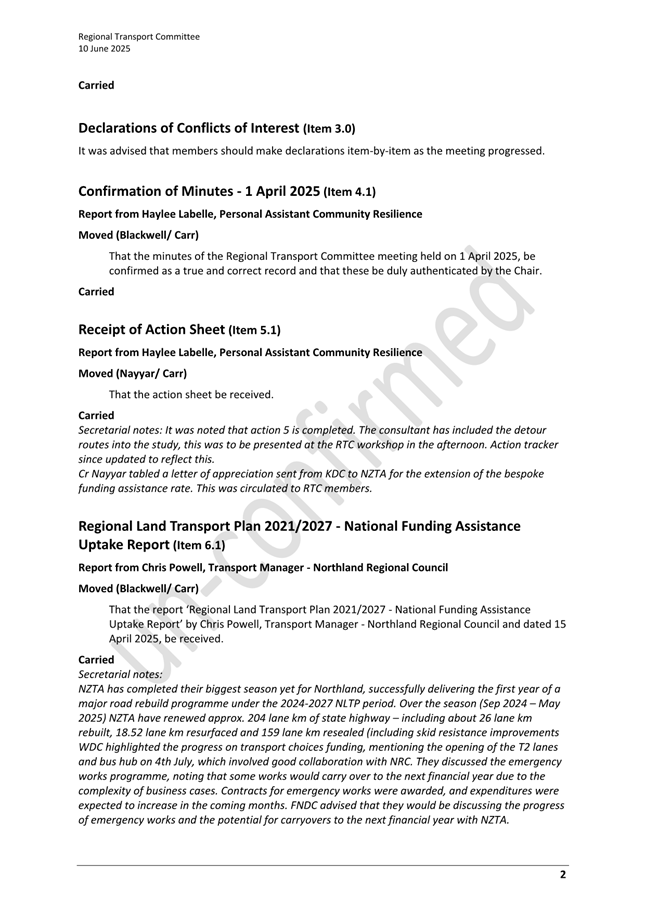
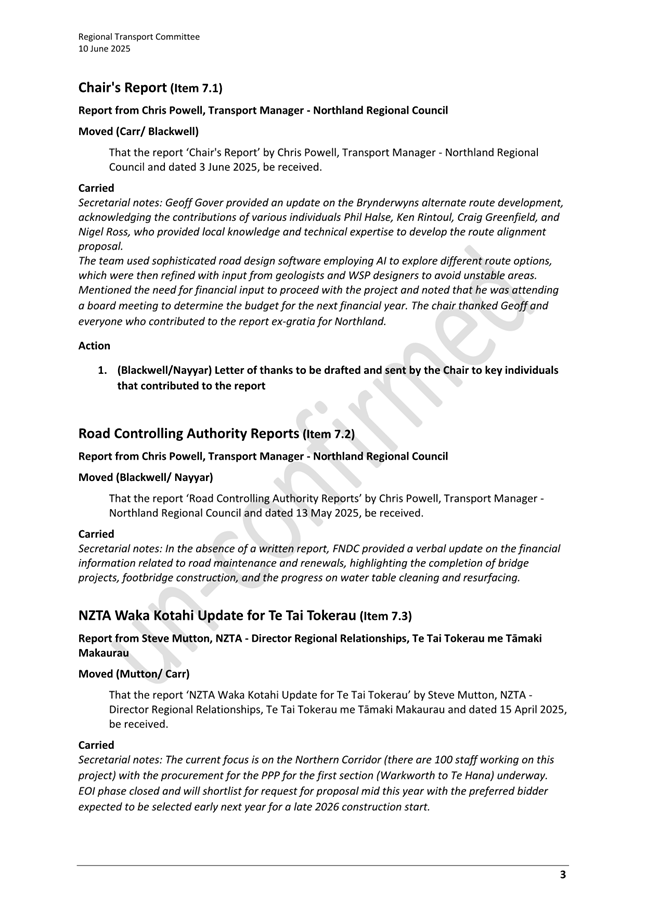
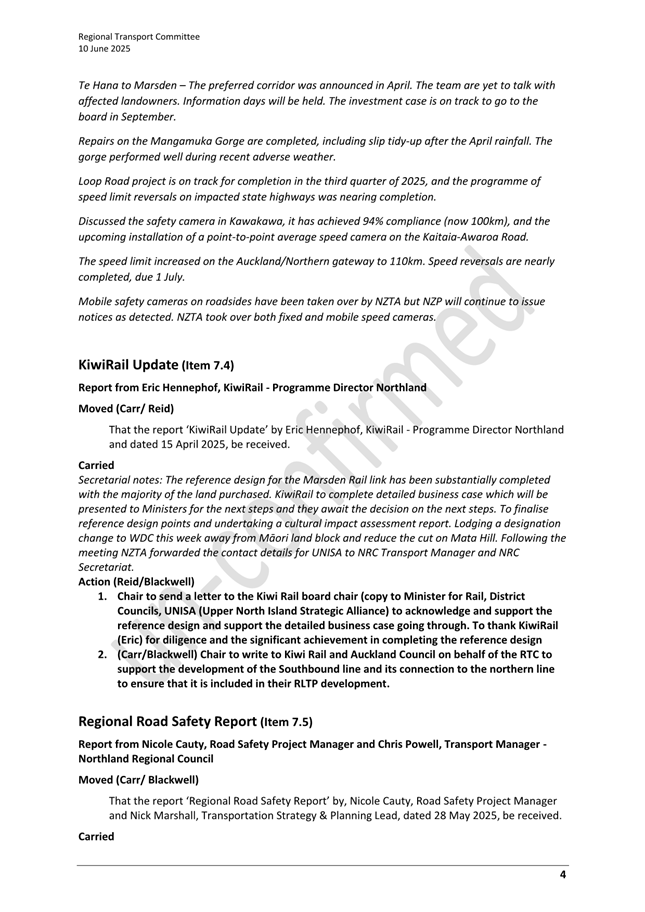
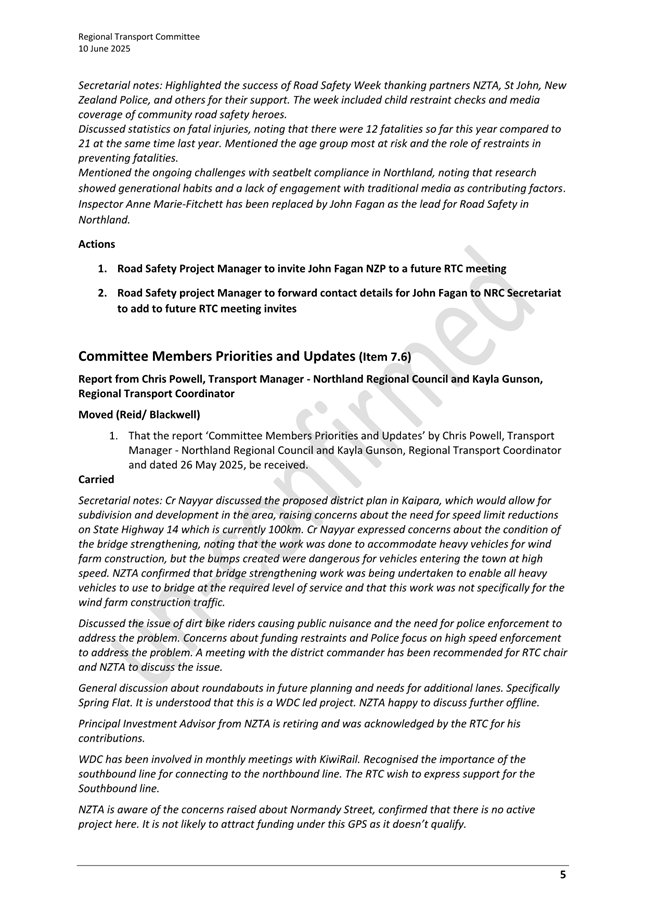

7.5 Council
Open Resolutions Update July 2025
File
Number: A5056520
Author: Marlema
Baker, Democracy Advisor
Authoriser: Aisha
Huriwai, Manager - Democracy Services
Take Pūrongo / Purpose of the Report
To provide Council with
an overview of outstanding Council and the previous term Committee decisions
from 1 January 2020.
WhakarĀpopoto matua / Executive Summary
· Open resolutions are a mechanism to communicate progress against
decisions/resolutions.
· Open resolutions are also in place for all formal elected member
meetings.
|
tŪtohunga
/ Recommendation
That Council receive the report Council Open
Resolution Update July 2025.
|
1) TĀhuhu kŌrero / Background
Any resolution or decision from a meeting is compiled on an
open resolution status report, to capture actions trigged by Council decisions.
Staff provide updates on progress against tasks that are not yet completed.
The open resolution report also includes outstanding actions
from previous triennium committees.
2) matapaki me NgĀ KŌwhiringa /
Discussion and Options
The outstanding tasks are often multi-facet projects that
take longer to fully complete. Where a decision differs to the recommendation
of staff there may be unintended consequences or challenges that take longer
for staff to work through.
TAKE TŪTOHUNGA
/ REASON FOR THE RECOMMENDATION.
To provide Council with
an overview of outstanding Council decisions from 1 January 2020.
3) PĀnga PŪtea me ngĀ
wĀhanga tahua / Financial Implications and Budgetary Provision
There are no financial
implications or need for budgetary provision in receiving this report.
Āpitihanga
/ Attachments
1. Council
Open Resolutions - July 2025 - A5243900 ⇩ 
2. Council
Action Items as at 3 July 2025 - A5250019 ⇩ 
|
Ordinary
Council Meeting Agenda
|
3 July 2025
|
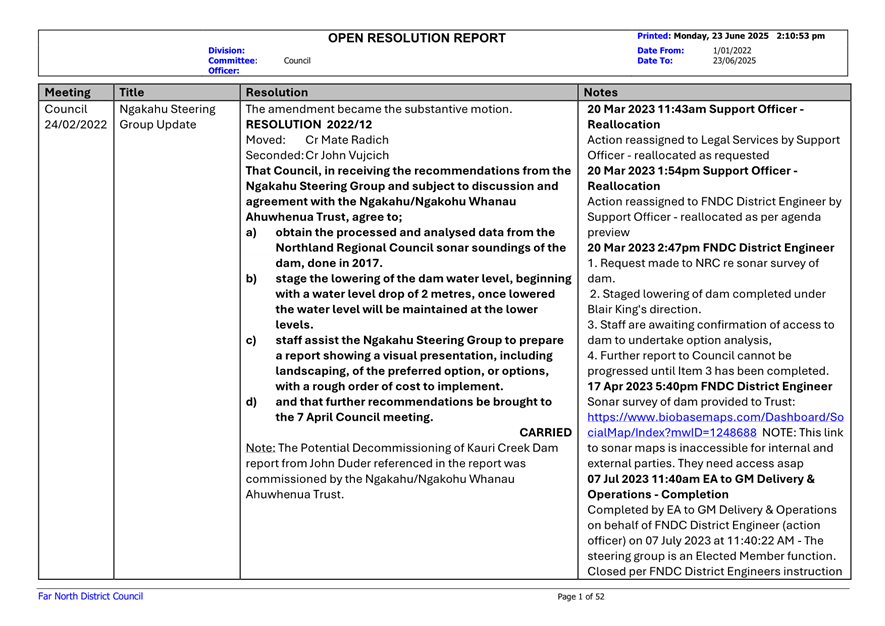
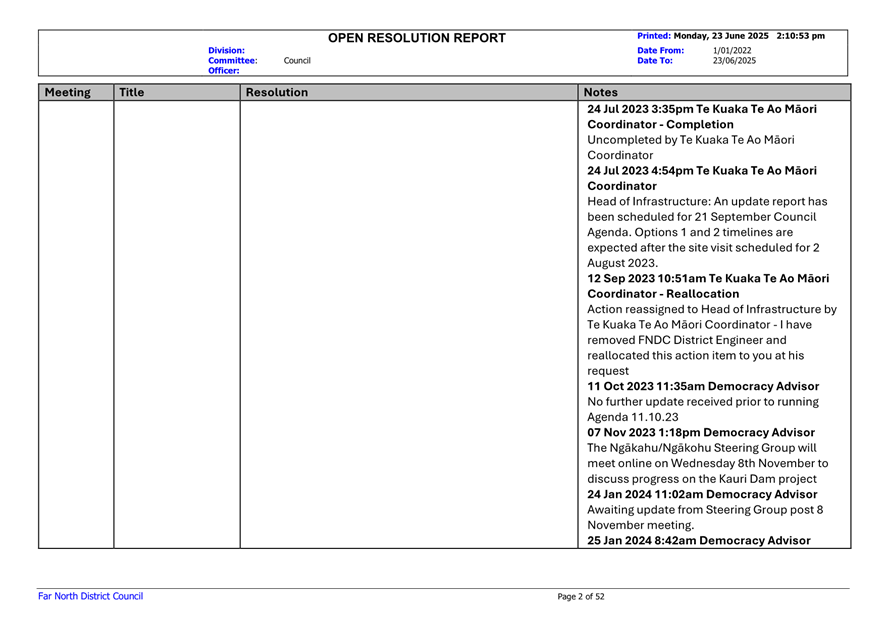
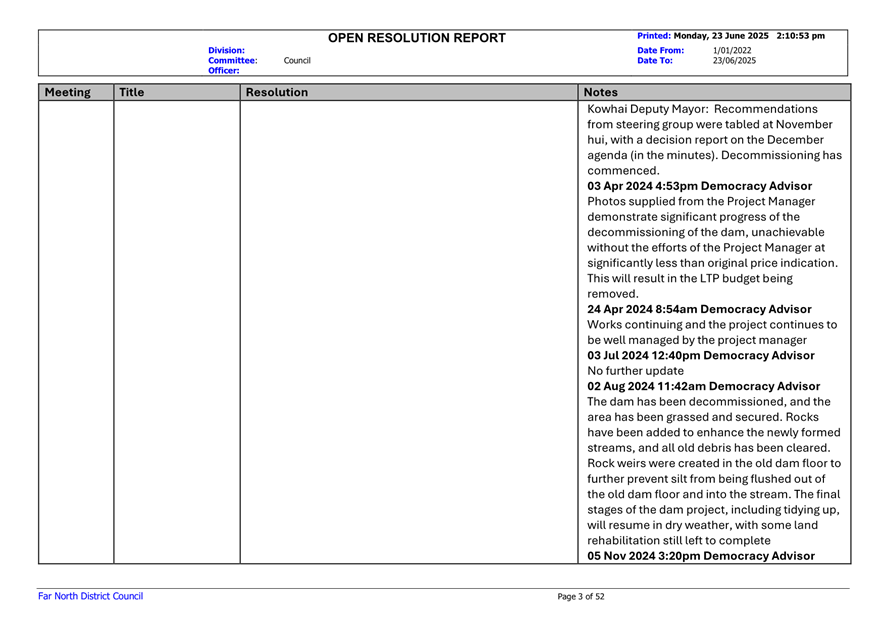
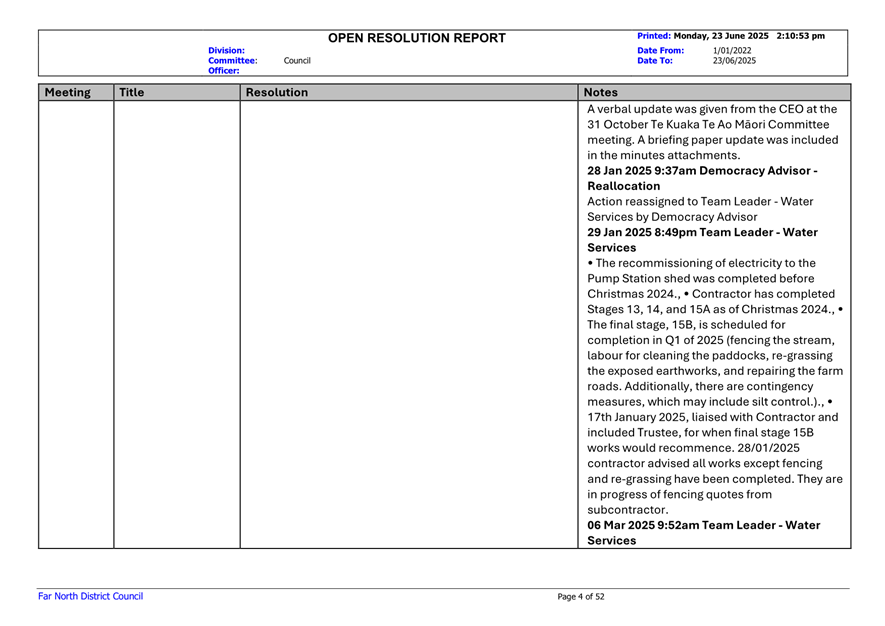
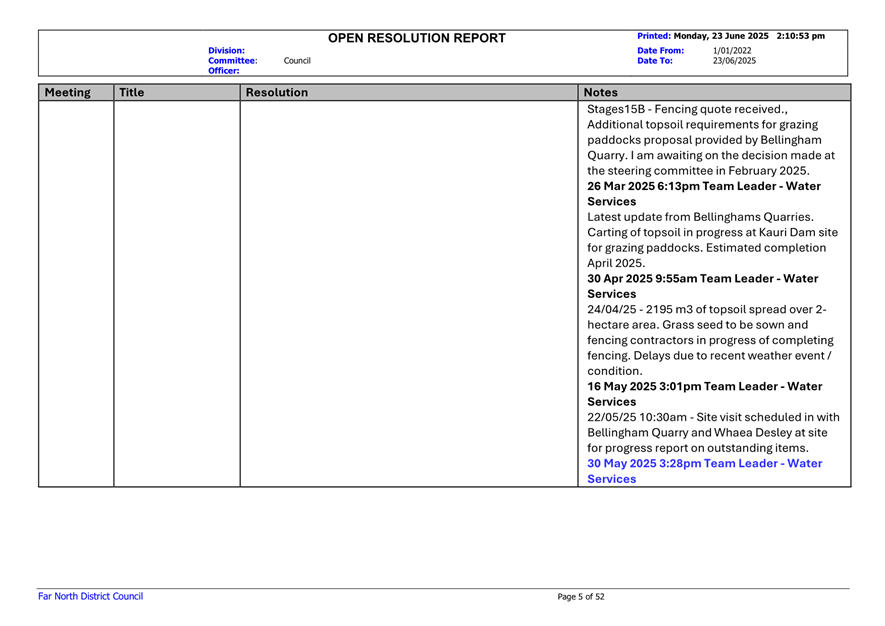
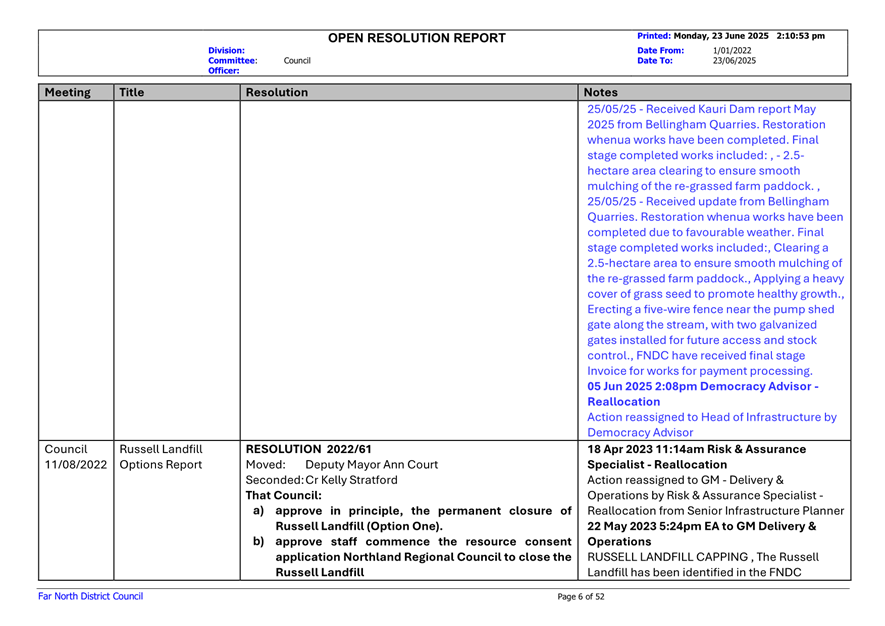
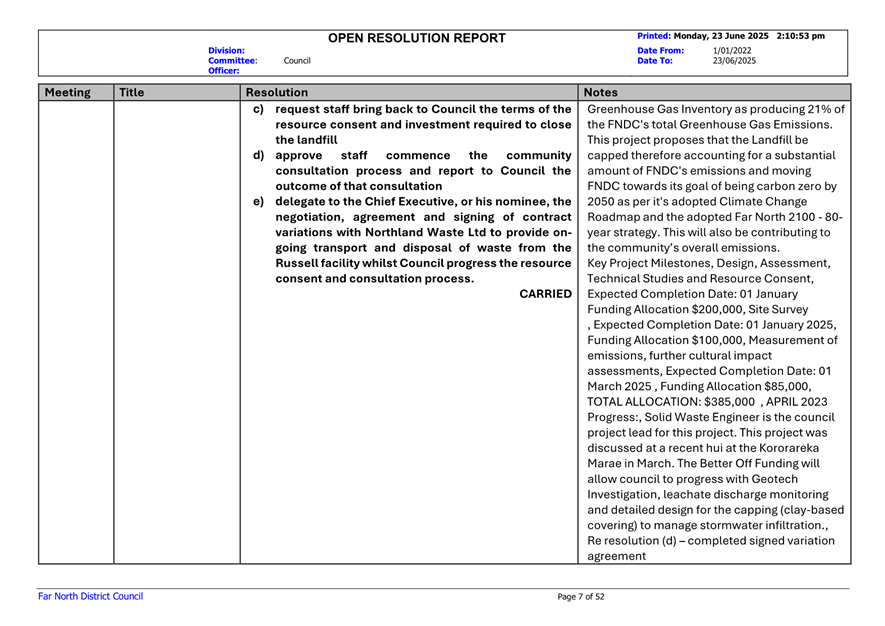
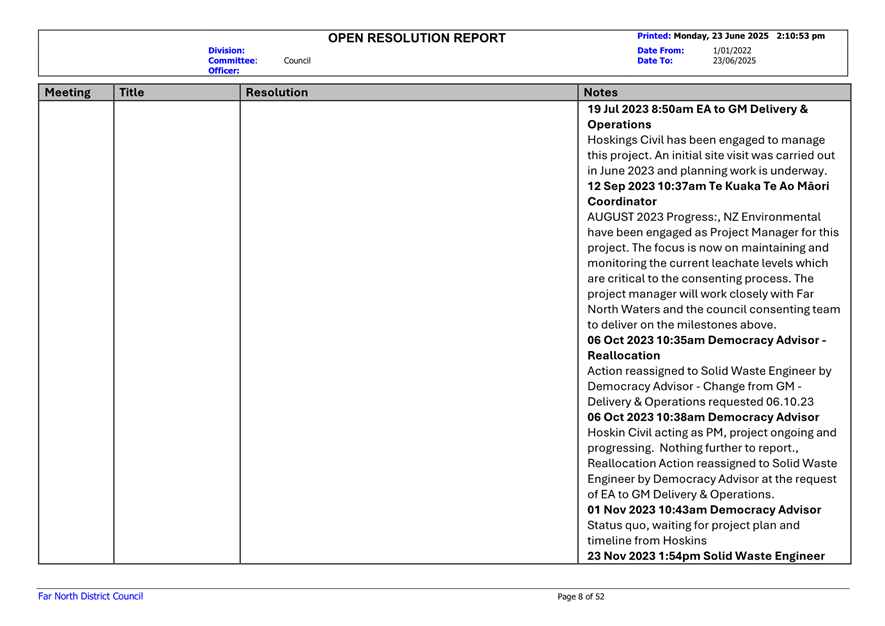
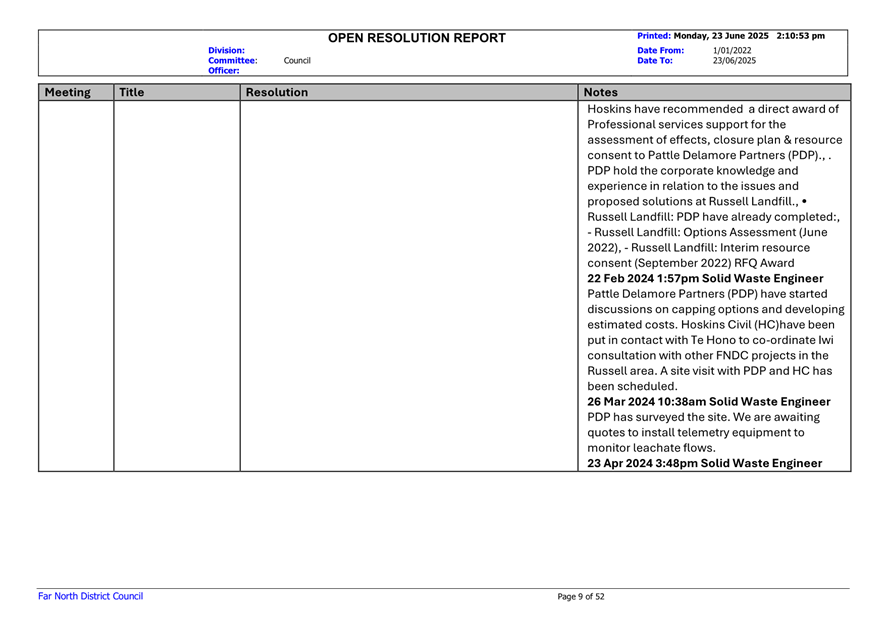
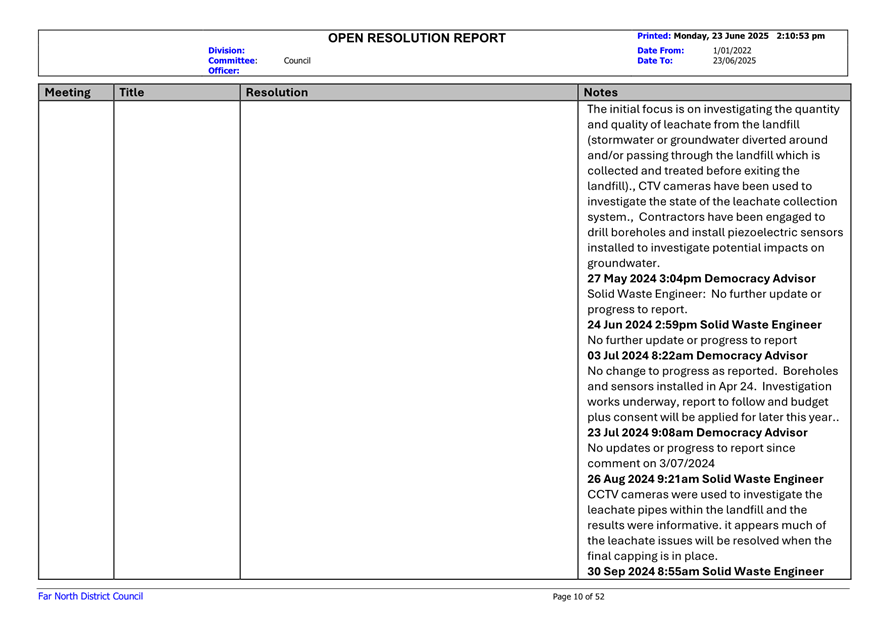
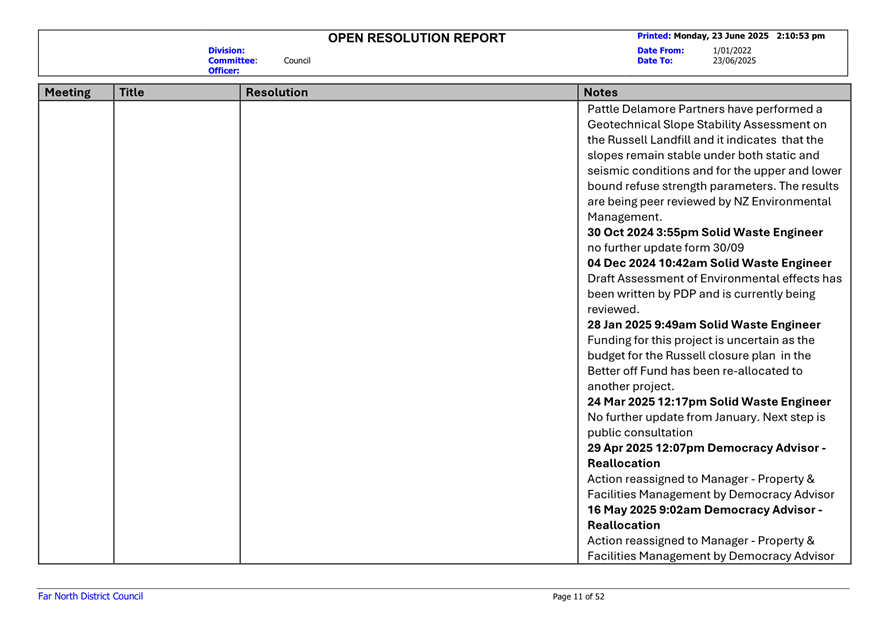
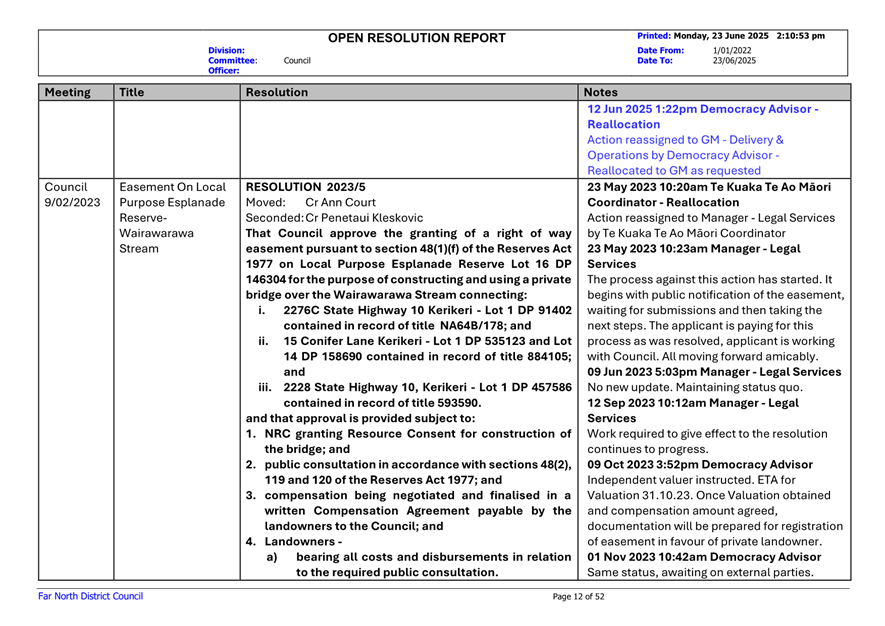
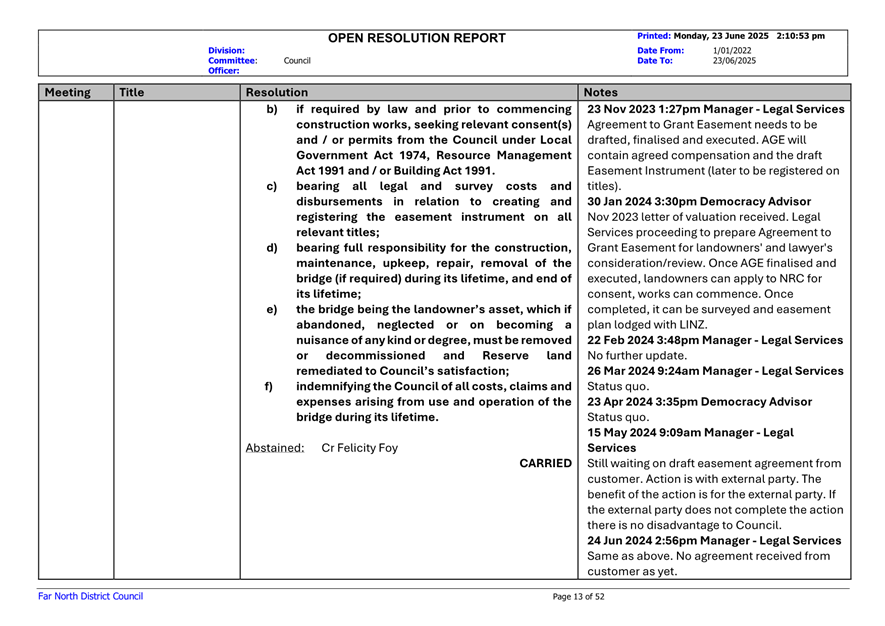
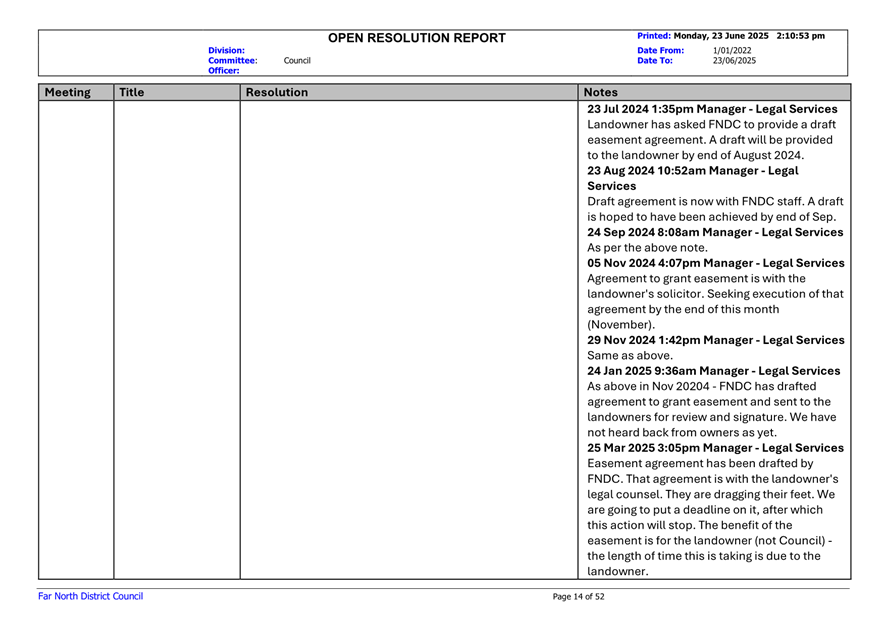
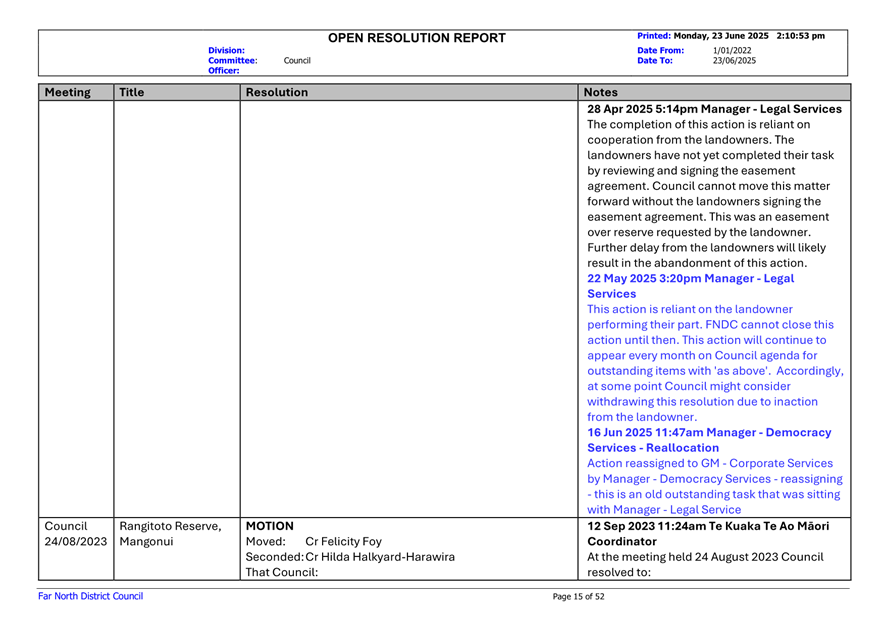
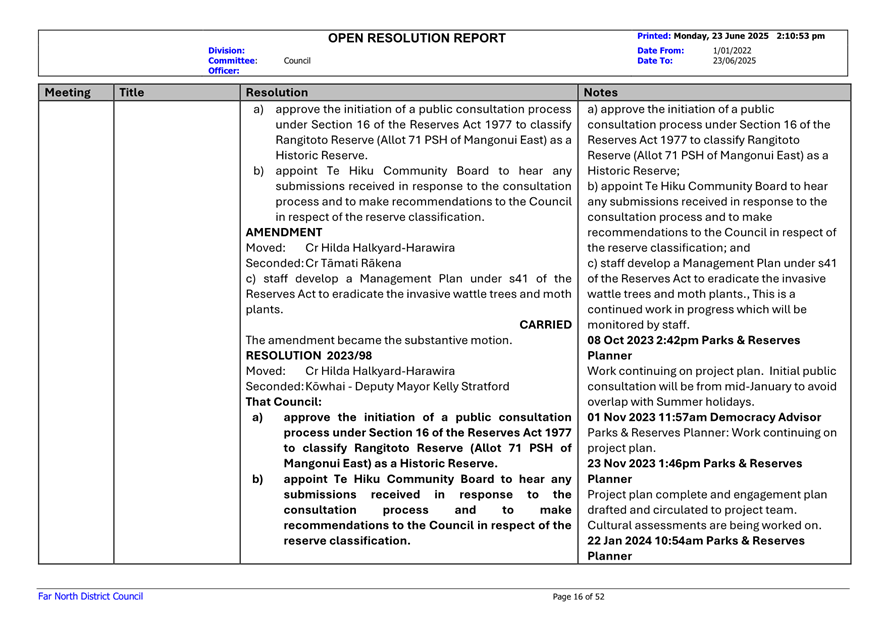
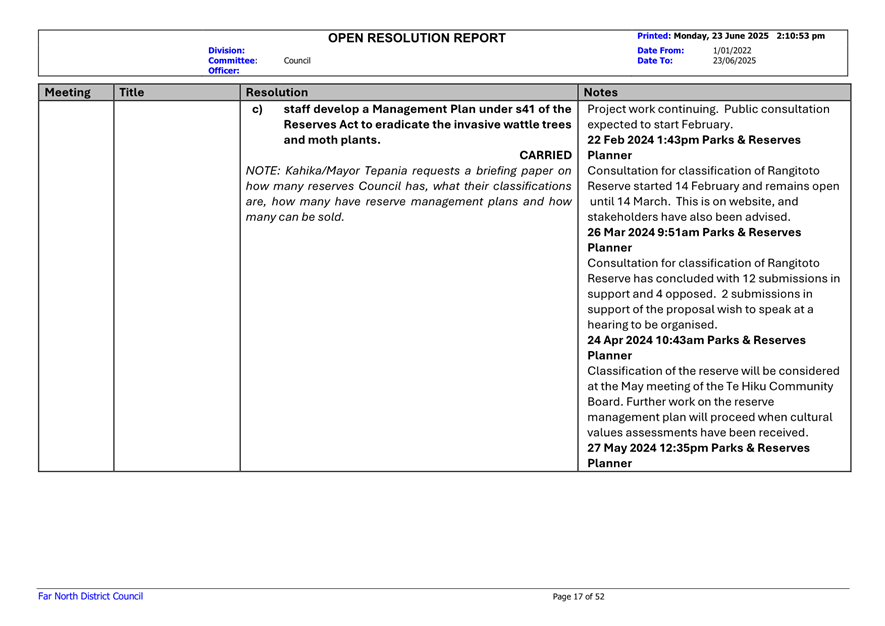
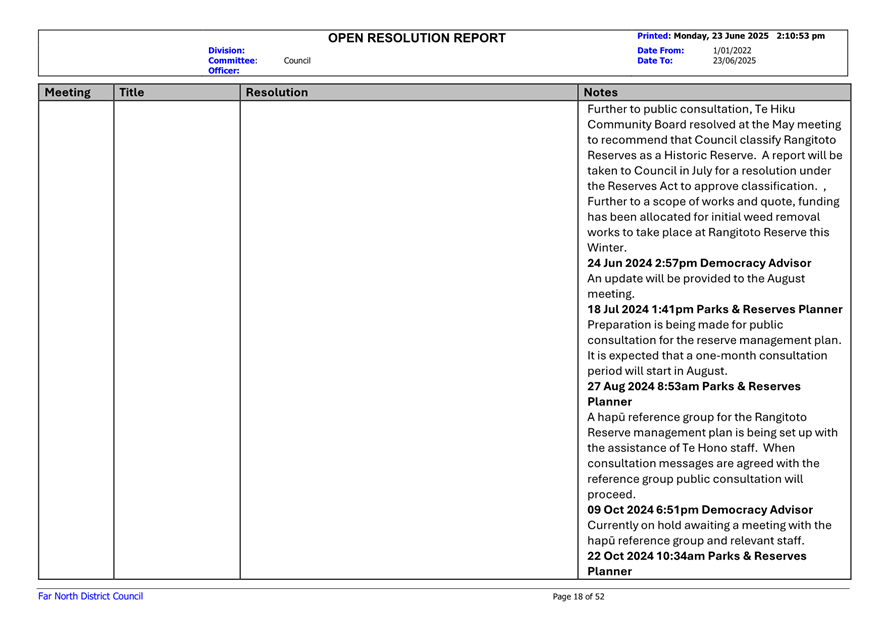
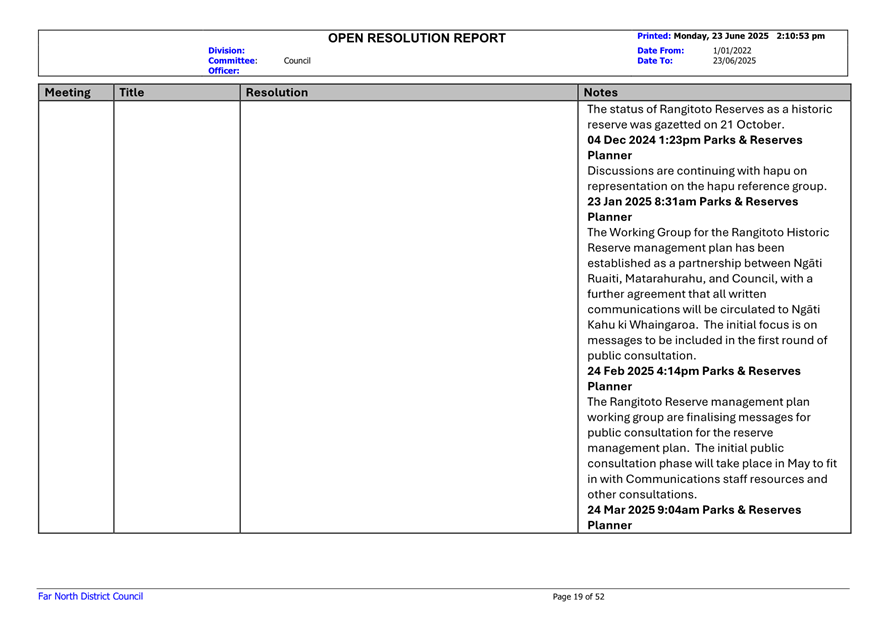
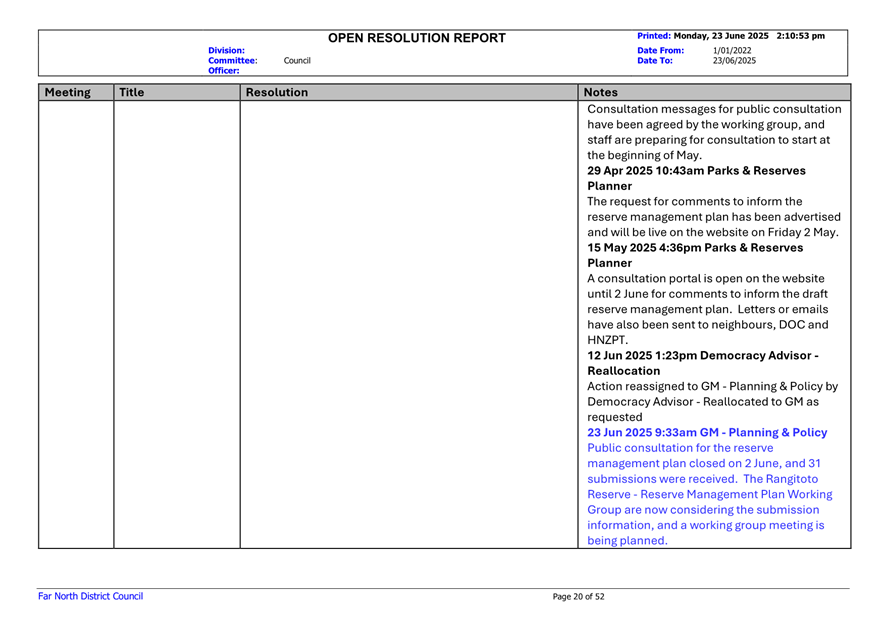
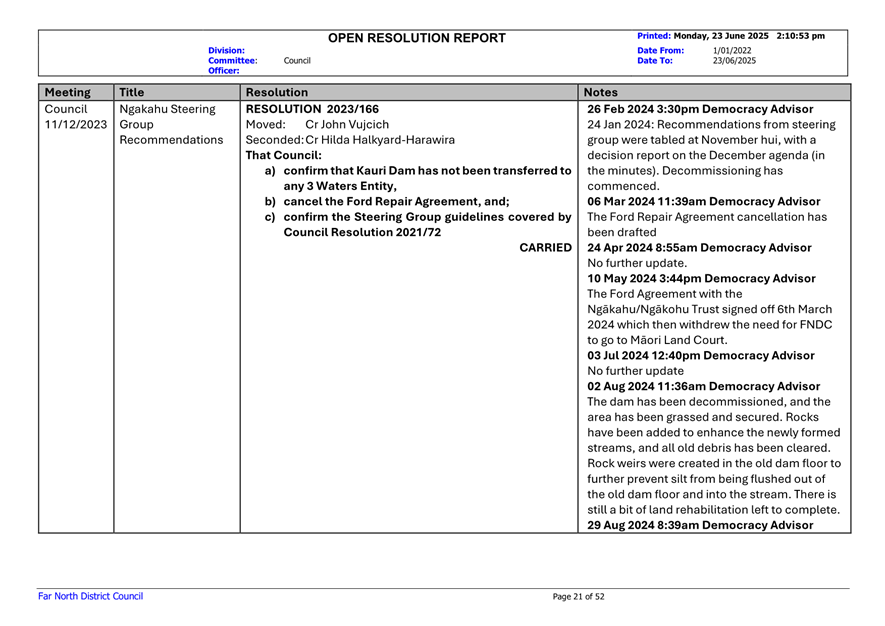
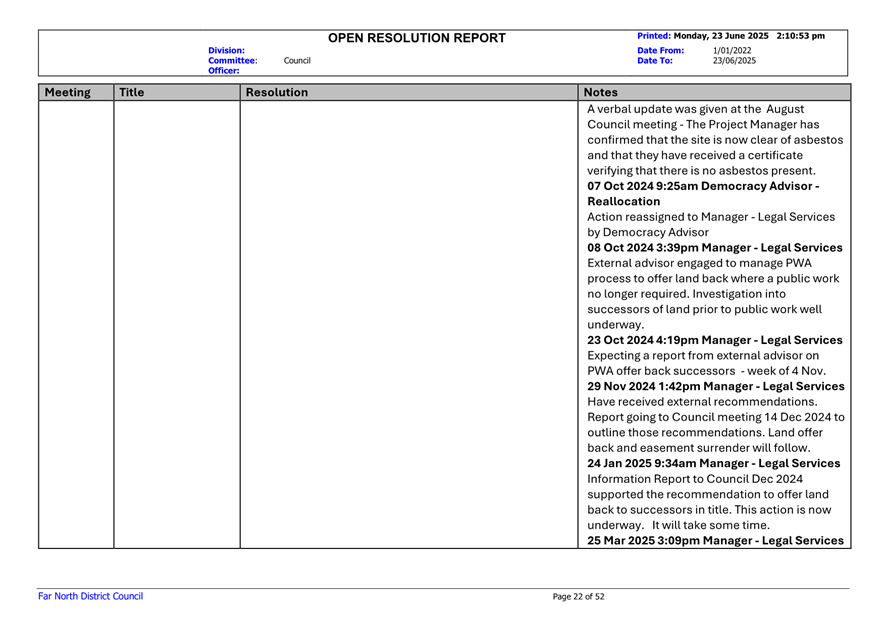
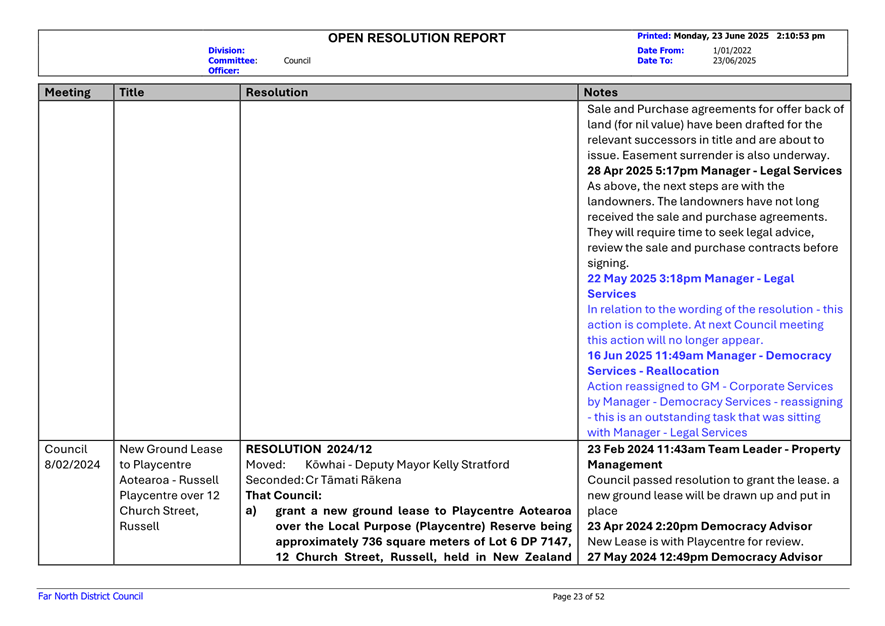
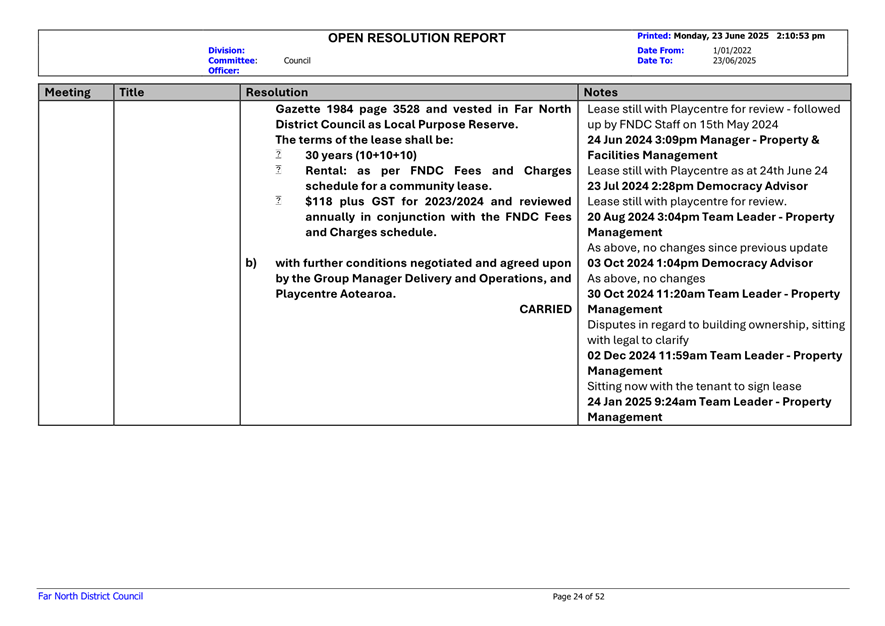
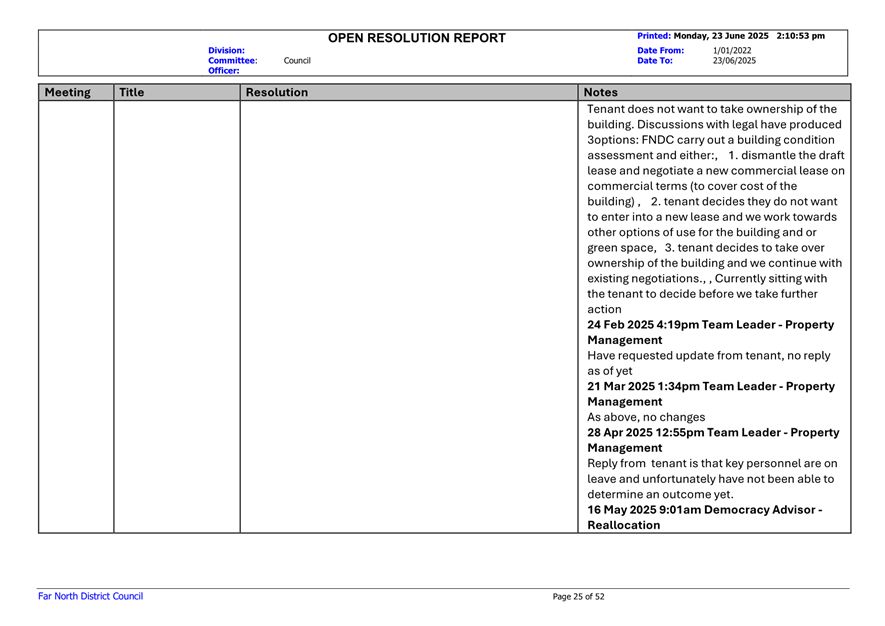
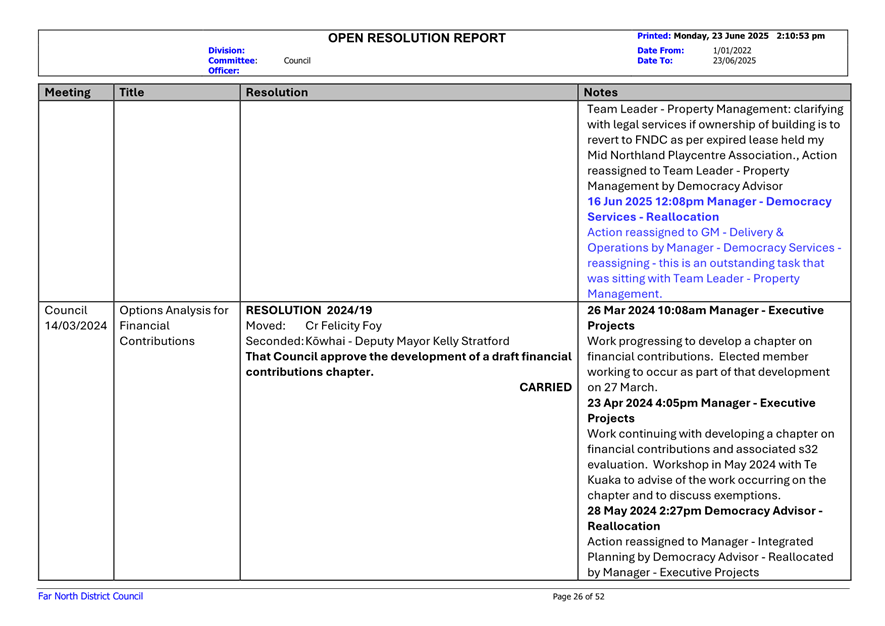
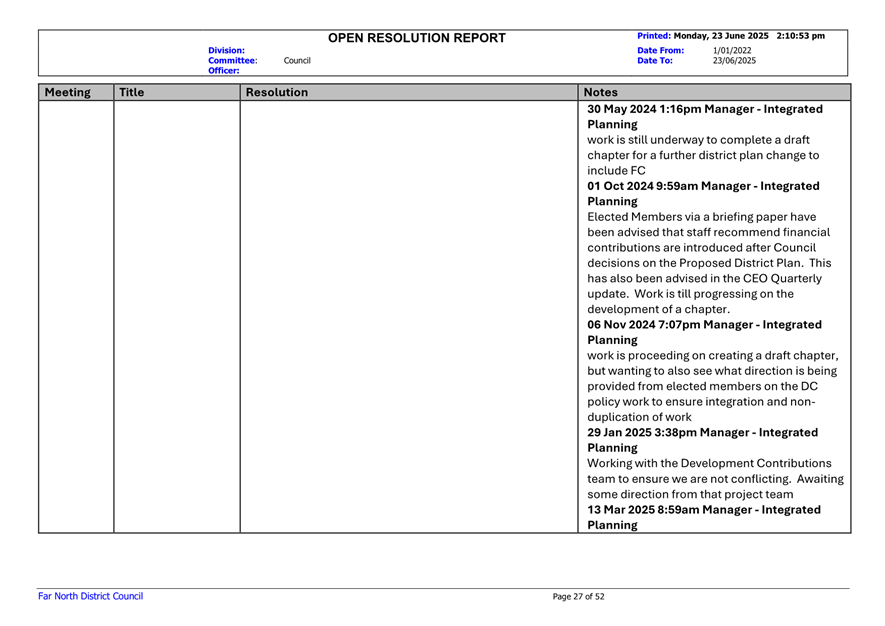
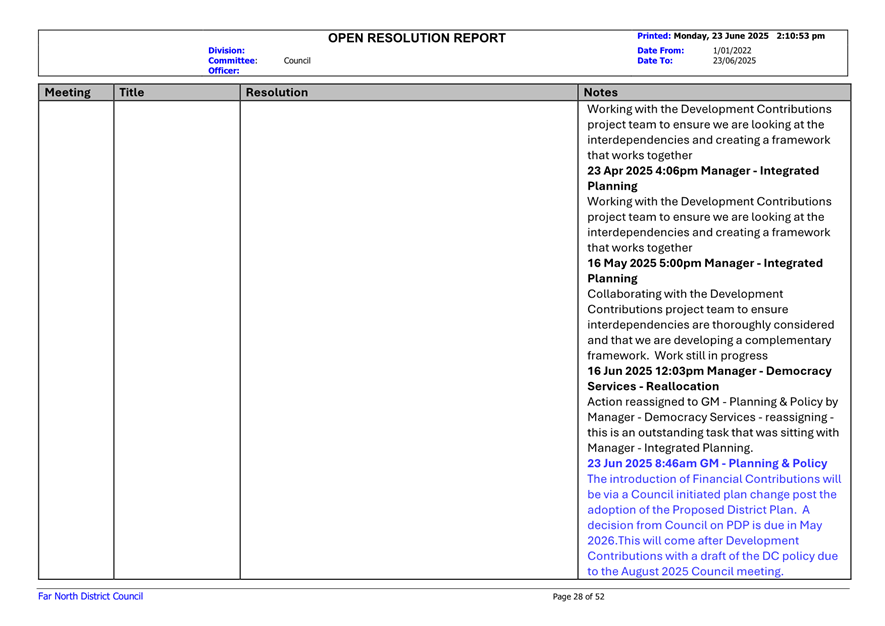
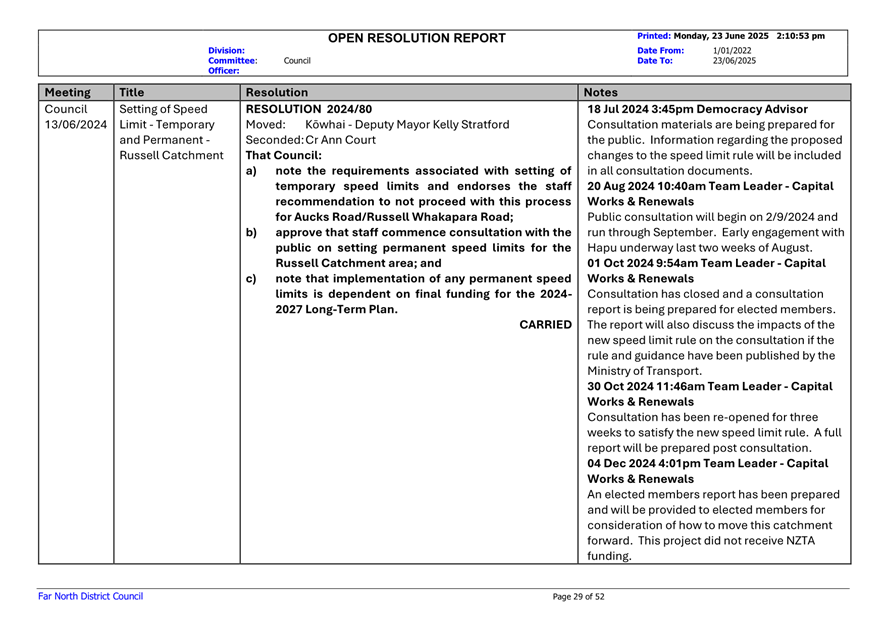
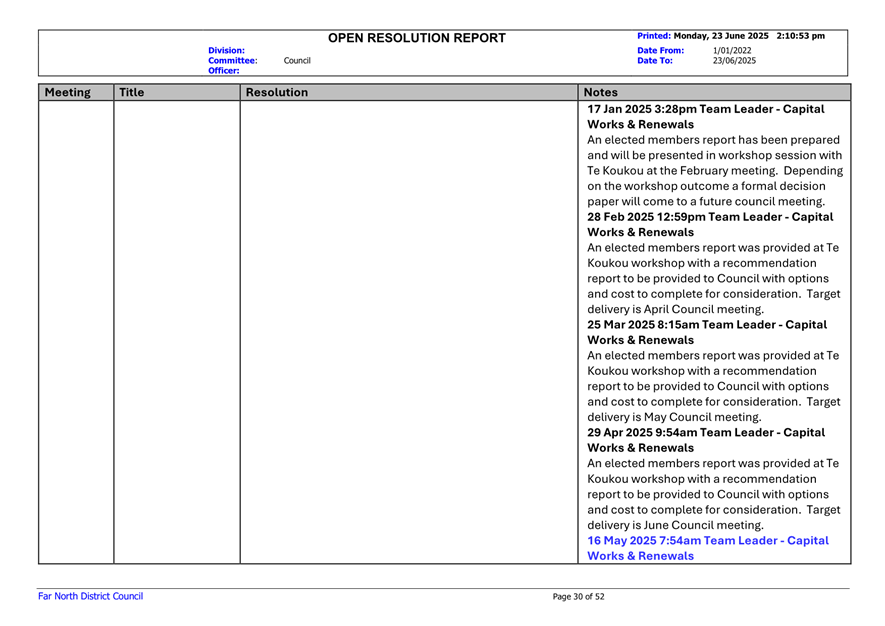
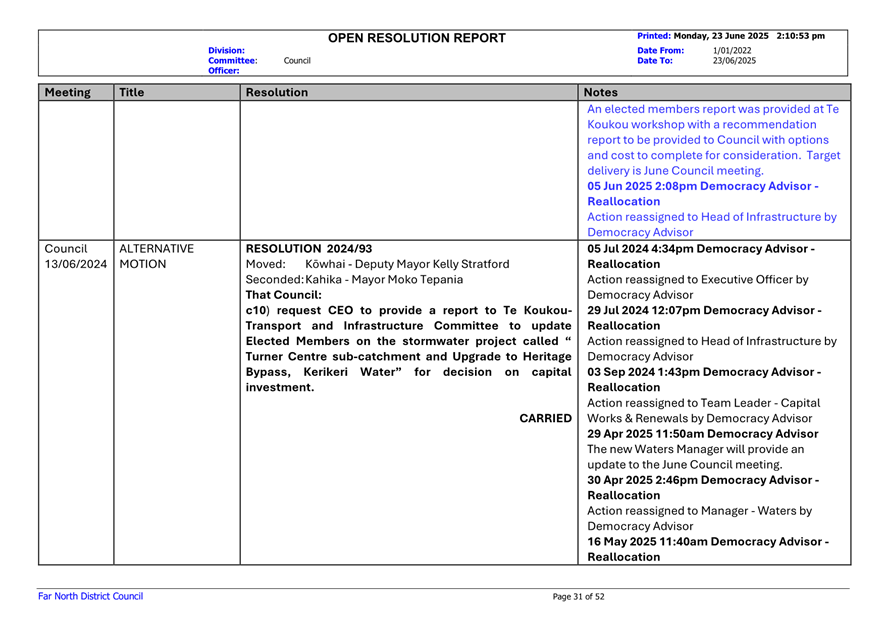
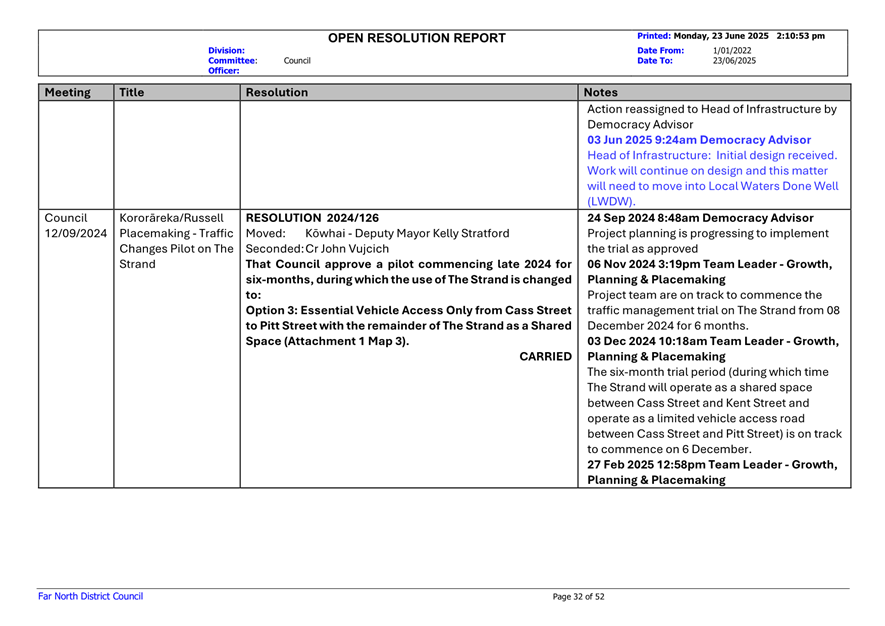
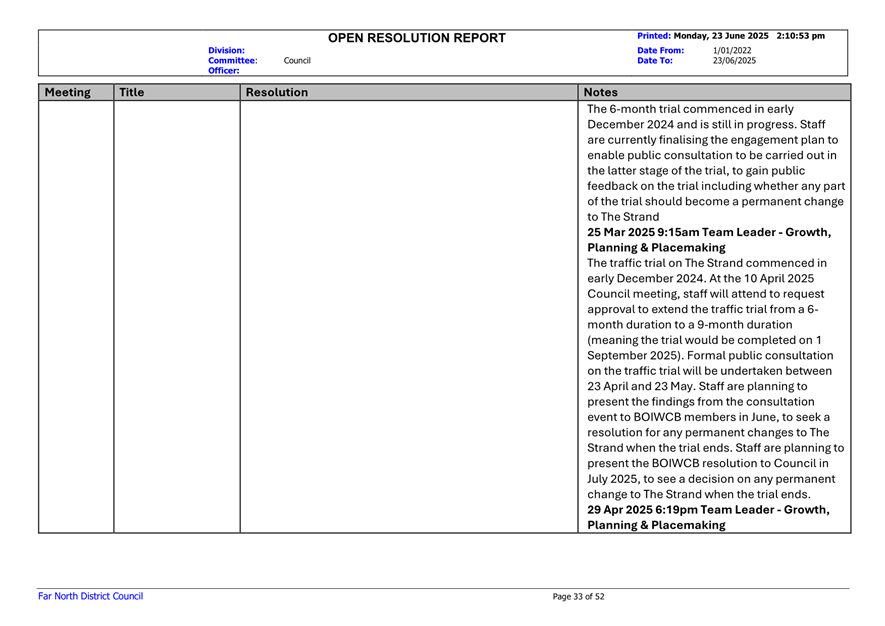
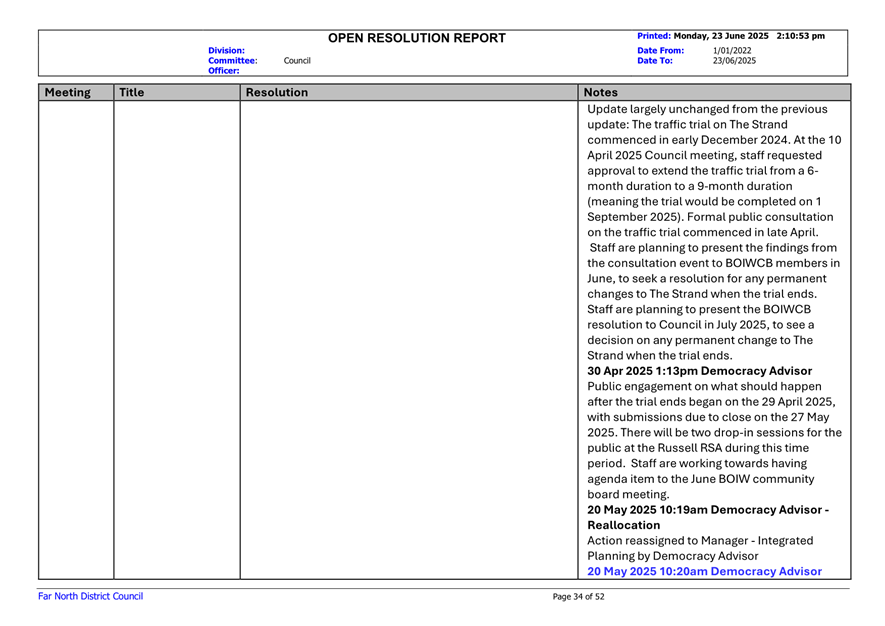
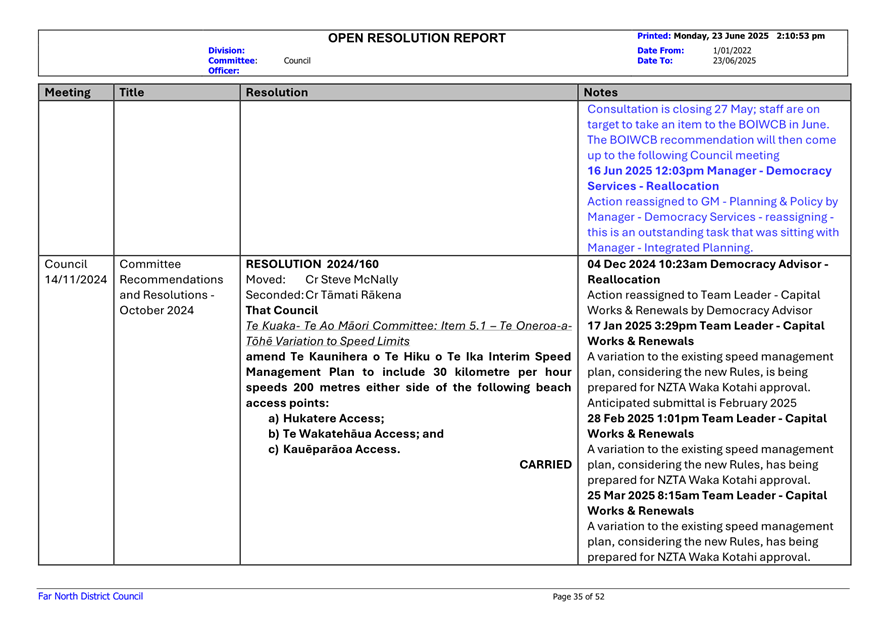
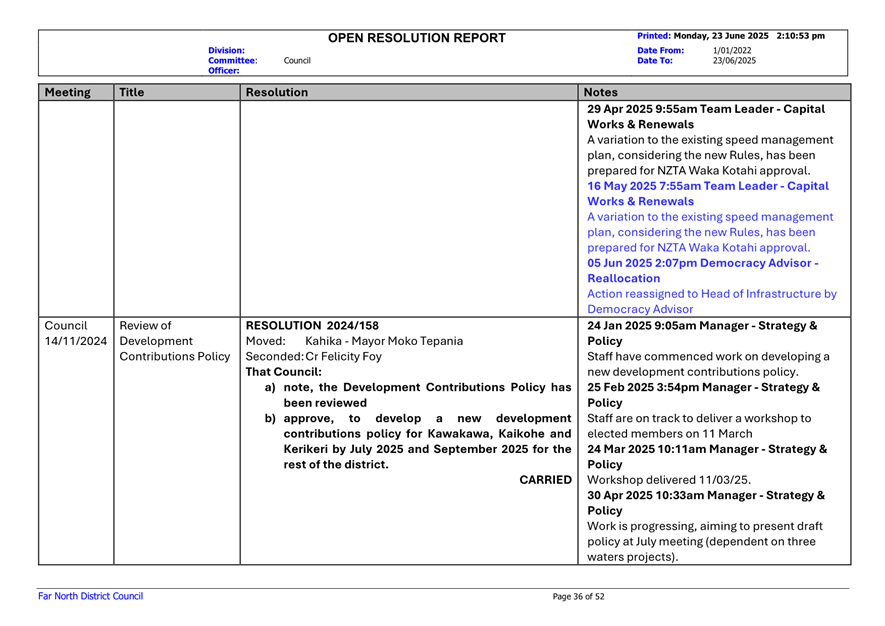
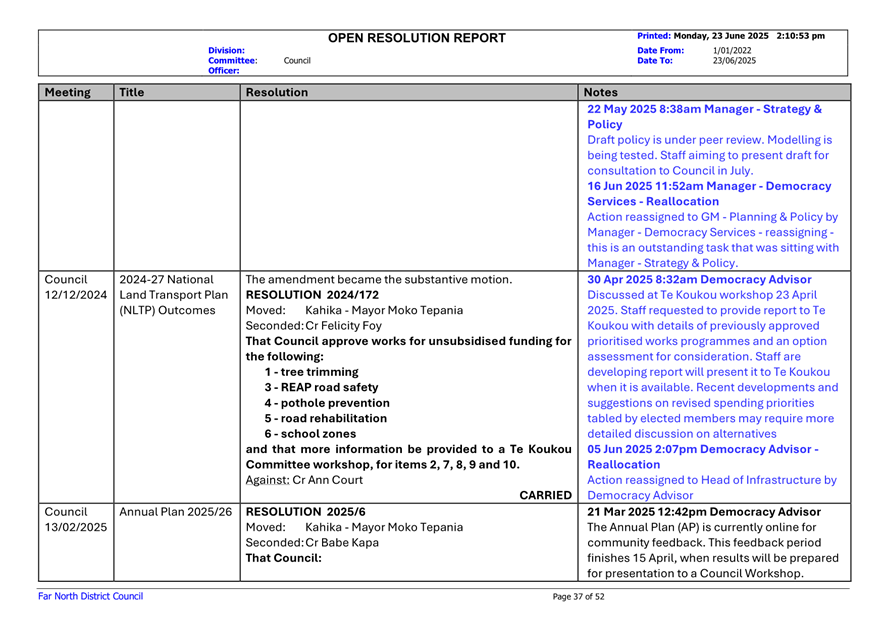
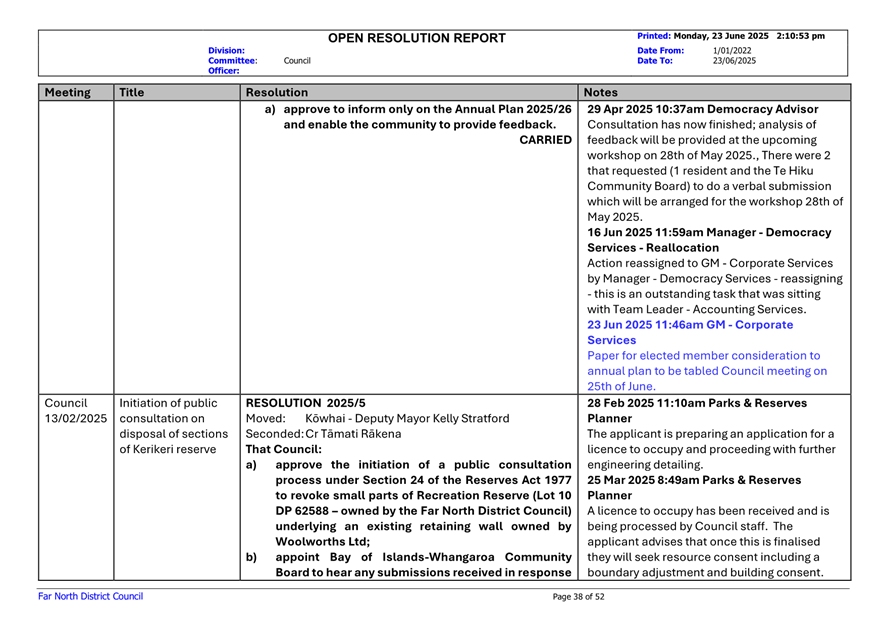
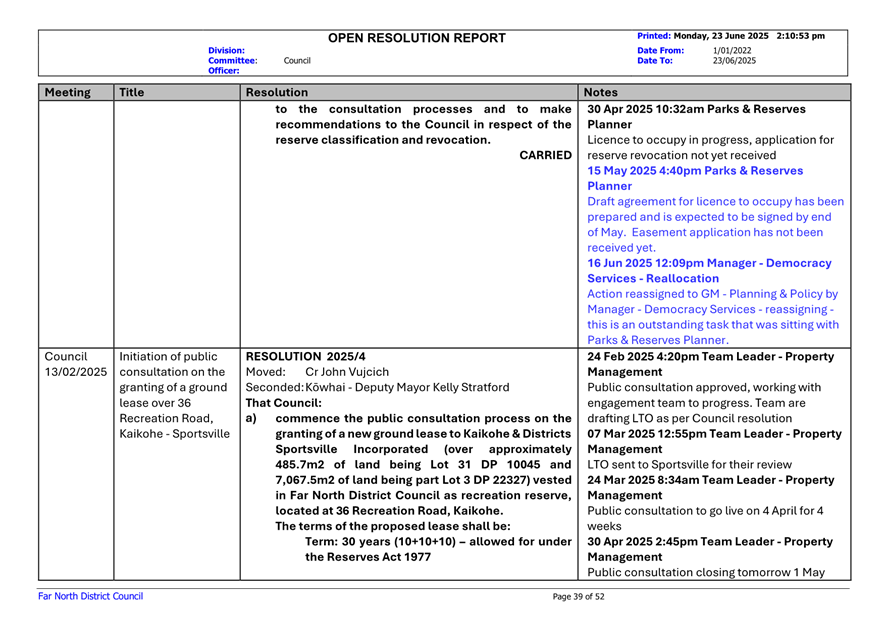
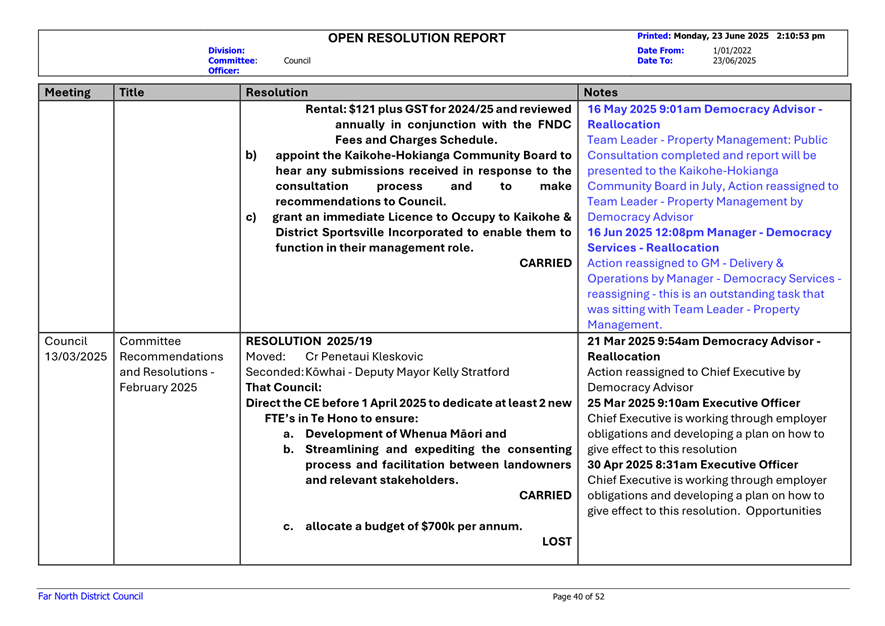
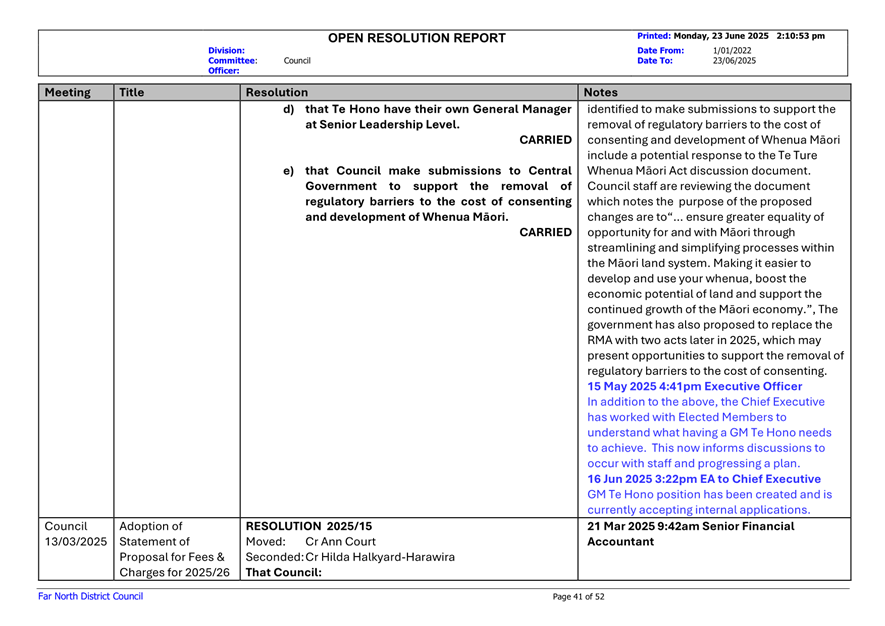
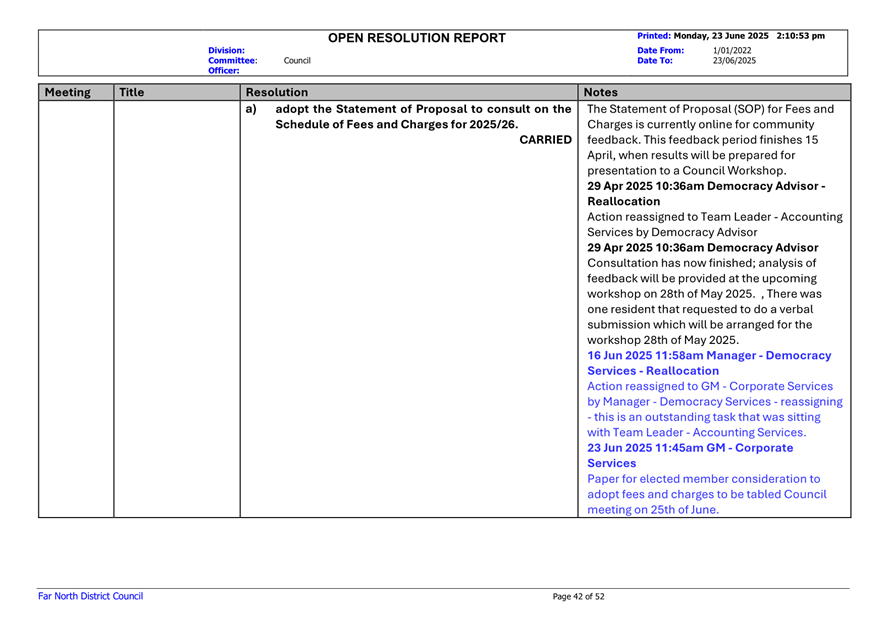
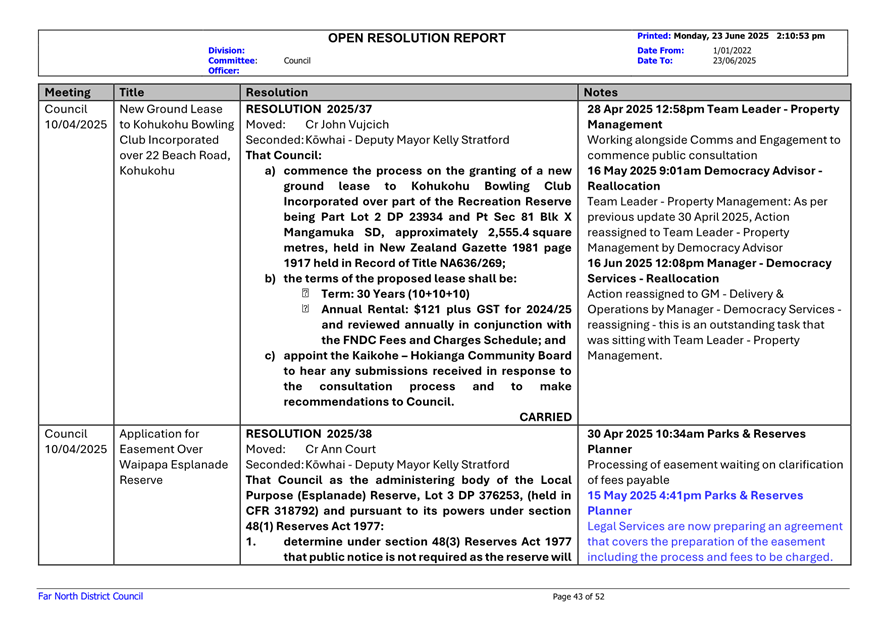
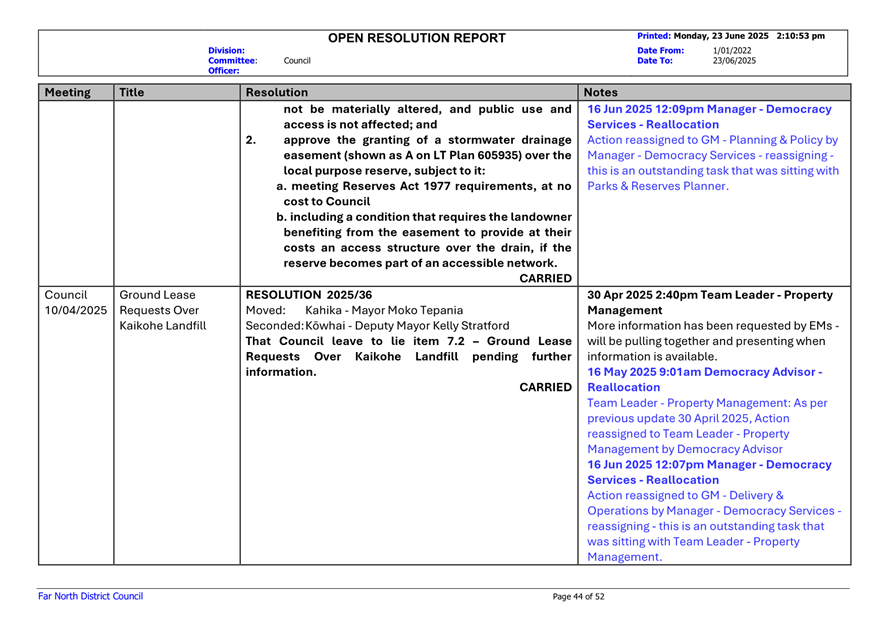
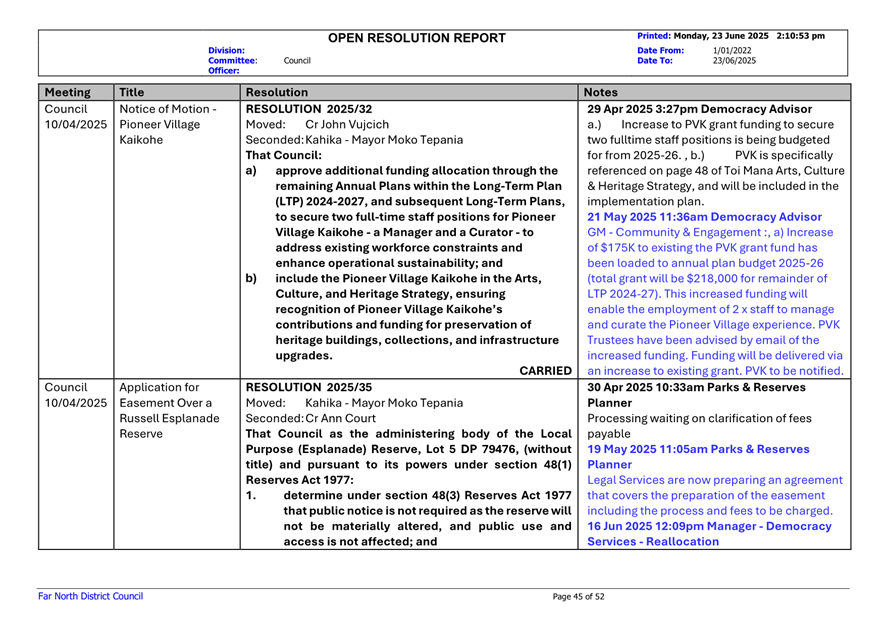
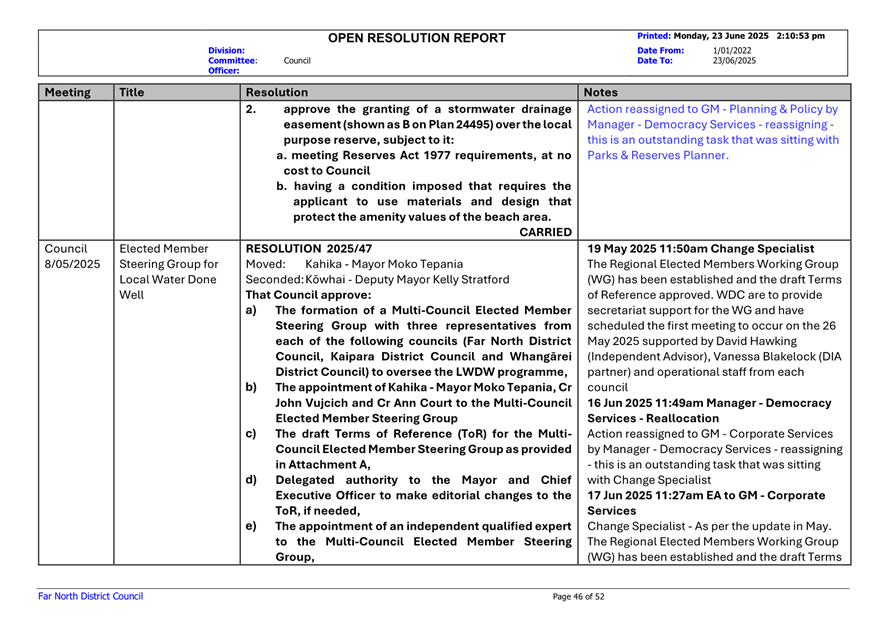
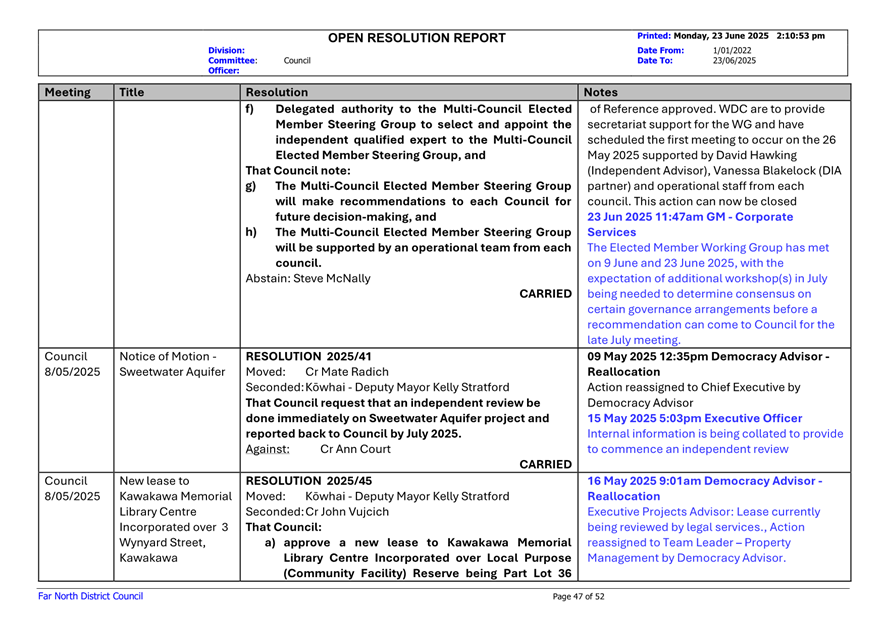
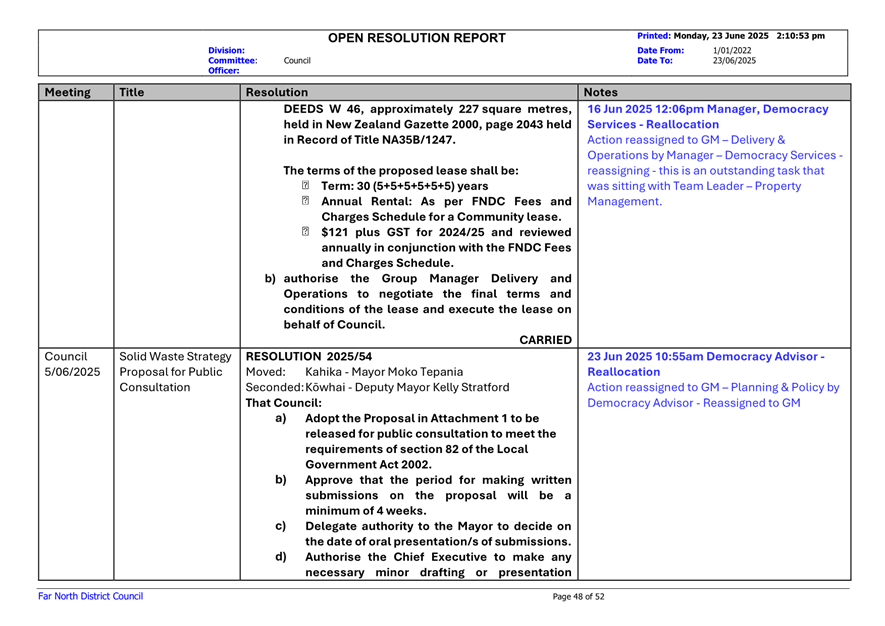
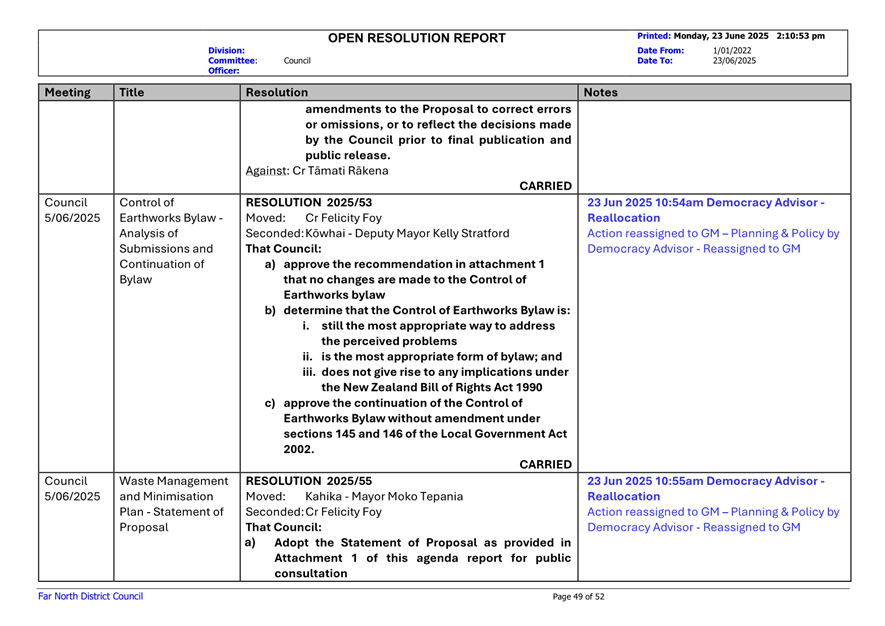
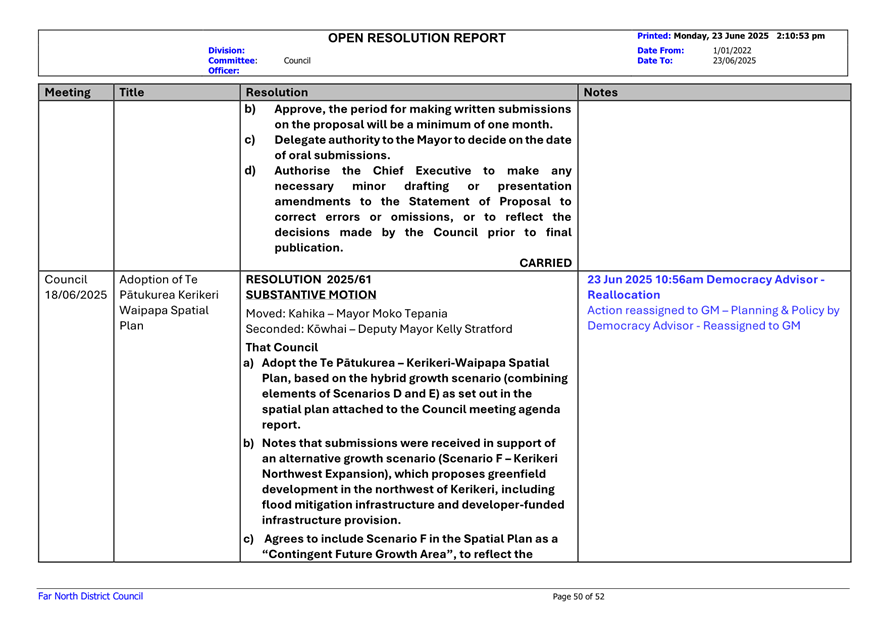
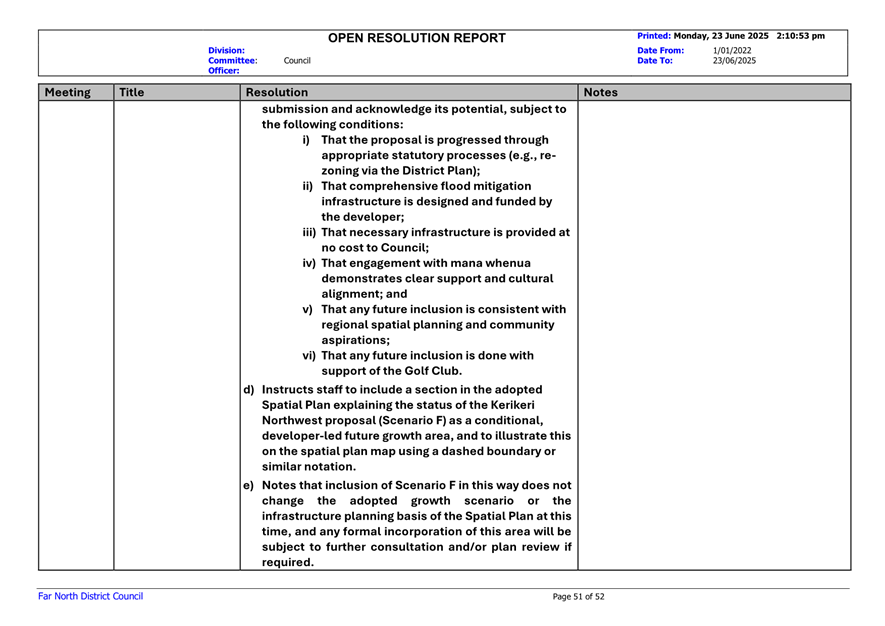
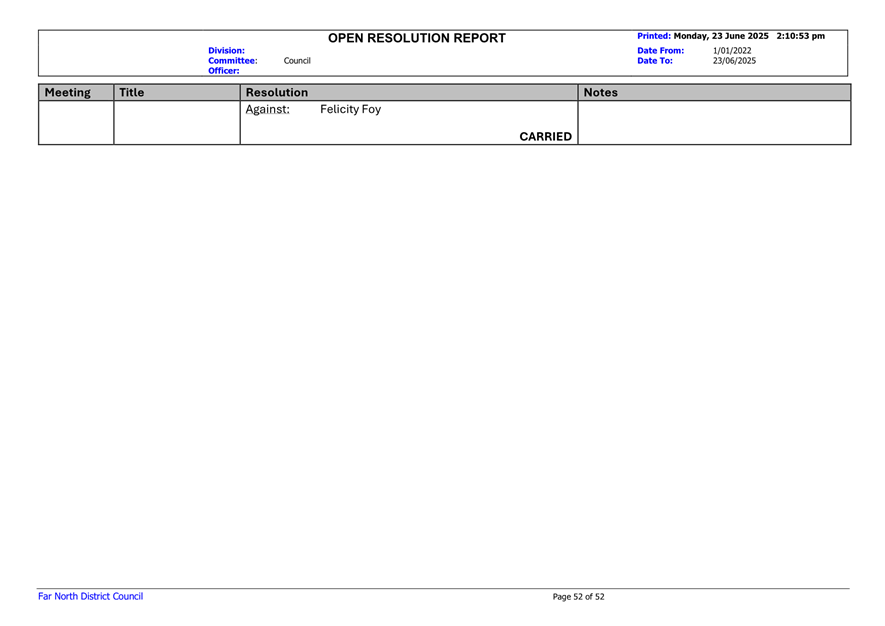
|
Ordinary Council
Meeting Agenda
|
3 July 2025
|
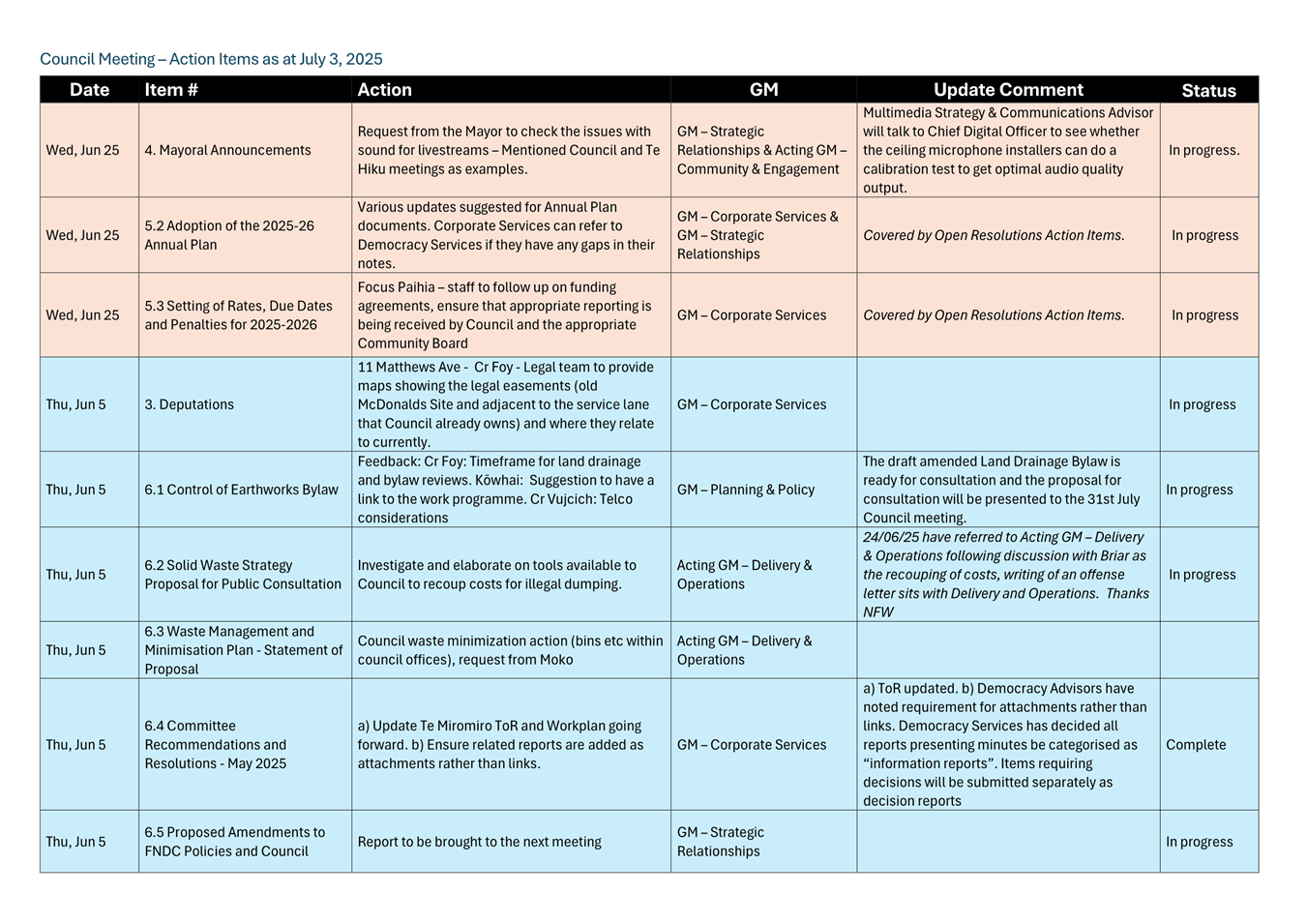
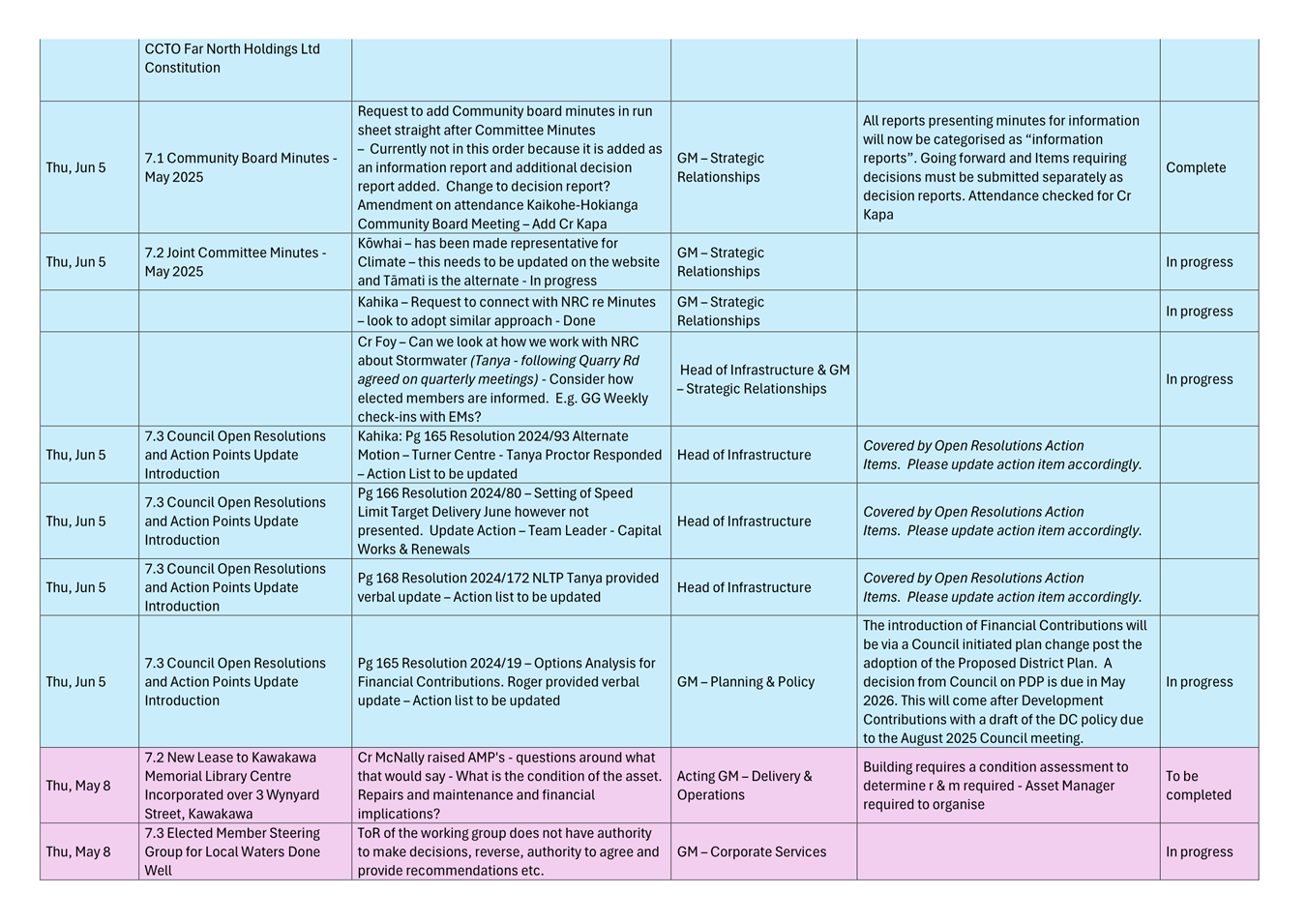
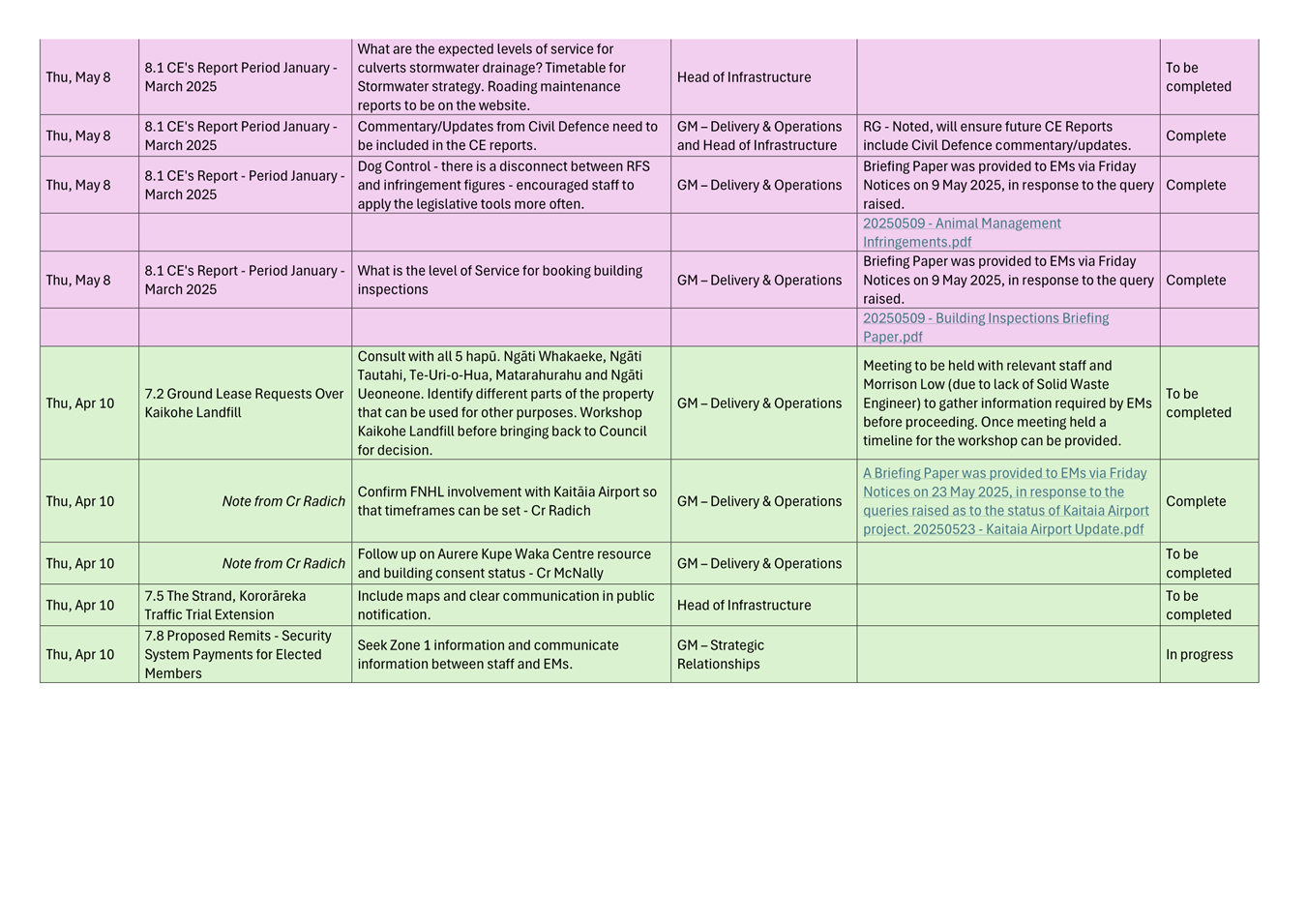
|
Ordinary
Council Meeting Agenda
|
3 July 2025
|
8 Te
Wāhanga Tūmataiti / Public Excluded
RESOLUTION TO
EXCLUDE THE PUBLIC
|
Recommendation
That the public be excluded from the following parts of
the proceedings of this meeting.
The general subject matter of each matter to be considered
while the public is excluded, the reason for passing this resolution in
relation to each matter, and the specific grounds under section 48 of the
Local Government Official Information and Meetings Act 1987 for the passing
of this resolution are as follows:
|
General subject of each matter to be
considered
|
Reason for passing this resolution in
relation to each matter
|
Ground(s) under section 48 for the
passing of this resolution
|
|
8.1 - Confirmation of Previous Minutes
- Public Excluded
|
s7(2)(a) - the withholding of the information is
necessary to protect the privacy of natural persons, including that of
deceased natural persons
s7(2)(h) - the withholding of the information is
necessary to enable Council to carry out, without prejudice or
disadvantage, commercial activities
s7(2)(i) - the withholding of the information is
necessary to enable Council to carry on, without prejudice or disadvantage,
negotiations (including commercial and industrial negotiations)
|
s48(1)(a)(i) - the public conduct of the relevant
part of the proceedings of the meeting would be likely to result in the
disclosure of information for which good reason for withholding would exist
under section 6 or section 7
|
|
8.2 - Community Board Public Excluded
Minutes
|
s48(2)(a)(i) - the exclusion of the public from
the whole or the relevant part of the proceedings of the meeting is
necessary to enable the Council to deliberate in private on its decision or
recommendation where a right of appeal lies to any court or tribunal
against the final decision of the Council in these proceedings
|
s48(2)(a)(i) - the exclusion of the public from
the part of the meeting is necessary to enable the local authority to
deliberate in private on its decision or recommendation
|
|
8.3 - Committee Recommendations and
Resolutions - July 2025
|
s7(2)(i) - the withholding of the information is
necessary to enable Council to carry on, without prejudice or disadvantage,
negotiations (including commercial and industrial negotiations)
|
s48(1)(a)(i) - the public conduct of the relevant
part of the proceedings of the meeting would be likely to result in the
disclosure of information for which good reason for withholding would exist
under section 6 or section 7
|
|
8.4 - Council Public Excluded Open
Resolutions Update July 2025
|
s7(2)(g) - the withholding of the information is
necessary to maintain legal professional privilege
s7(2)(i) - the withholding of the information is
necessary to enable Council to carry on, without prejudice or disadvantage,
negotiations (including commercial and industrial negotiations)
|
s48(1)(a)(i) - the public conduct of the relevant
part of the proceedings of the meeting would be likely to result in the
disclosure of information for which good reason for withholding would exist
under section 6 or section 7
|
|
 AGENDA
AGENDA












































































